To ensure the stability and resilience of applications, all sectors invest heavily in security measures. Vulnerability and penetration testing aid in making applications resistant to potential threats and enhancing the security system. It also aids in discovering pre-existing defects in the network and predicting the effects of these problems.
Did you know? In November 2023, an analysis discovered 470 publicly announced security events. That amounted to 519,111,354 compromised records, increasing the year’s total to over 6 billion. Furthermore, Ransomware assaults are becoming increasingly common as a source of concern. 70% of organizations will be victims of ransomware attacks by 2022.
Cyber vulnerabilities, which are frequently hidden within in-house or third-party programs and software, can be significant areas of vulnerability. However, once understood, their treatment is typically simple. In this case, VAPT service providers demonstrate their usefulness by helping security teams strategically repair key issues while also maintaining continuous vulnerability detection, review, and prioritization.
In this blog, we’ll shed light on vulnerability assessment and penetration testing. We’ll discuss the basic difference between VAPT and how it’s beneficial for businesses. We will also discuss if you should get professional help and who can help you. Keep reading to learn more.
Understanding Vulnerability and Penetration Testing
What is Vulnerability Assessment?
A vulnerability assessment is the process of identifying and assigning severity ratings to as many security flaws as feasible in a given timeframe. In addition, this procedure may include automated and manual procedures with varied degrees of rigor and a focus on broad coverage. Furthermore, vulnerability assessments can target several levels of technology using a risk-based methodology, with the most typical being host-, network-, and application-layer evaluations.
Vulnerability testing service assists businesses in identifying flaws in their software and supporting infrastructure before a breach occurs. But, exactly, what is a software vulnerability? There are two methods to characterize a vulnerability:
- A fault in software design or a bug in code that may be exploited to harm. Exploitation can take place by either an authenticated or unauthenticated attacker.
- A security gap or a vulnerability in internal controls that, if exploited, results in a security breach.
What is Penetration Testing?
A penetration test, also known as a “pen test,” is a security test that simulates a cyberattack to identify weaknesses in a computer system. Pen testers are hired by businesses to perform simulated assaults on their applications, networks, and other assets. Pen testers assist security teams in identifying major security vulnerabilities and improving overall security posture by conducting simulated assaults.
Although the phrases “ethical hacking” and “penetration testing” are sometimes used interchangeably, there is a distinction. Ethical hacking is a subset of cybersecurity that encompasses the use of hacking abilities to improve network security. Penetration testing is only one way used by ethical hackers. Malware analysis, risk assessment, and other services may also be provided by ethical hackers.
Difference between Vulnerability Assessment and Penetration Testing
What are the Methodologies of Vulnerability Testing and Penetration Testing
VAPT testing is classed depending on the pentester’s degree of expertise and access at the start of the assignment. Below are the variants of the testing processes:
- White Box Testing
White Box Testing, assists organizations in testing the security of their systems, networks, and applications against both privileged insiders and outsiders. The pen-tester has comprehensive knowledge of and access to the network, system, and applications, including source code, credentials, and so on.
- Black Box Testing
Black Box Testing, assists businesses in identifying vulnerabilities that allow their systems/applications/networks to be exploited from the outside. Furthermore, the pen-tester takes on the role of an inexperienced hacker. They have little to no knowledge of, or access to, the security rules, architecture diagrams, or source code.
- Gray Box Testing
Gray Box Testing, simulates a scenario in which the attacker has limited access to systems/networks/applications such as login credentials, system code, architectural diagrams, and so on. Grey box tests seek to determine the possible harm that partial information access or privileged users may cause a firm.
Do you also want to learn about the VAPT methodologies? Discover a Free Call with our Expert Consultant now and secure your future.
Talk to our Cybersecurity Expert to discuss your specific needs and how we can help your business.
Impact of VAPT Testing on Cyber Threats or Vulnerabilities
In today’s changing digital world, understanding your organization’s cybersecurity and its value is critical. Its protection is likewise a high priority. This is where vulnerability assessments and penetration testing come in, offering a clear path for identifying possible security flaws in your environment.
Furthermore, these assessments include complete risk assessments, allowing you to examine the possible consequences of these vulnerabilities. What is the ultimate goal? Below are the benefits of VAPT:
1. Finds Vulnerabilities
VAPT assists businesses in proactively identifying vulnerabilities and flaws in their systems before bad actors may exploit them. Organizations can take preventive actions to limit risks after discovering these vulnerabilities, lowering the possibility of successful cyber assaults.
2. Strengthens Security Controls
Through VAPT, organizations learn more about the effectiveness of their present security procedures. Penetration testing and vulnerability assessments reveal areas where security measures may be tightened, allowing businesses to improve their overall security posture.
3. Compliance and Regulatory Requirements
To maintain compliance, organizations must conduct routine security assessments, including VAPT, as mandated by various regulatory frameworks and industries. Furthermore, by completing VAPT testing, organizations may achieve these criteria and demonstrate their commitment to protecting sensitive data.
4. Prevents Financial Losses
Cyberattacks and data breaches may cause enormous financial losses for businesses. In addition, VAPT can aid firms in averting these losses by identifying vulnerabilities and implementing the appropriate security solutions. Furthermore, by investing in VAPT, businesses may drastically minimize their expenses associated with data breaches, lost sales, and legal fees.
5. Prevents Reputational Harm
Businesses are extremely concerned about reputational harm. Furthermore, with VAPT, data breaches and cyberattacks may be averted, which can result in negative headlines and destroy a company’s brand. Businesses can also protect their brand name and maintain customer confidence by securing their IT infrastructure.
6. Protects Against Cyber Threats
Businesses are often concerned about cyber dangers, and VAPT may help to provide safety. VAPT examinations can help identify vulnerabilities that hackers may exploit to get unauthorized access to sensitive company data. Furthermore, businesses can drastically minimize their exposure to attacks by correcting these weaknesses.
Should You Perform VAPT Testing Yourself or Seek Professional Help?
In an age dominated by digital landscapes and networked systems, protecting your online assets has become critical. Vulnerability Assessment and Penetration Testing (VAPT) are critical in finding and correcting any flaws in your network or applications. While the possibility of doing VAPT testing in-house may appear appealing, it is critical to understand the intricacies involved as well as the possible hazards of doing so independently.
The Advantages of Hiring a VAPT Service Provider:
- Expertise and Experience
Professional VAPT service providers have a plethora of expertise and specific knowledge to offer to the table. Their testers are knowledgeable about the most recent cyber dangers, attack vectors, and security solutions. Furthermore, this knowledge enables a thorough examination of your system’s vulnerabilities, revealing any flaws that less experienced persons may overlook.
- Comprehensive Assessments
VAPT entails not only finding vulnerabilities but also modeling real-world attack scenarios to assess the system’s resistance. Professionals are trained to perform extensive evaluations that imitate the strategies used by malevolent actors. This complete method represents your security situation more accurately.
- Advanced Tools and Procedures
VAPT service providers use cutting-edge tools and procedures that may not be easily available or known to self-assessment participants. These tools also are intended to detect hidden vulnerabilities and analyze the security of complex systems, resulting in a more thorough assessment.
- Regulatory Compliance
Many sectors are required by law to conduct regular security evaluations. Professional VAPT providers are familiar with these rules and may adapt their exams to guarantee compliance. This is especially important for firms that deal with sensitive information, such as personal or financial information.
- Actionable remedial Strategies
Professional VAPT services discover vulnerabilities but also give actionable insights and remedial solutions. This proactive strategy guarantees that potential risks are handled as soon as possible, strengthening your organization’s security posture in the long run.
- In-Depth Reports
The delivery of development-friendly reports is a big benefit that VAPT (Vulnerability Assessment and Penetration Testing) service providers bring to the table. These reports not only emphasize the severity of vulnerabilities but also give developers actionable insights and clear references to help them complete the repair process faster.
Note By: You can find a comprehensive and development-friendly report by clicking below.
Latest Penetration Testing Report
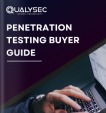
Why Choose Qualysec for Vulnerability Assessment and Penetration Testing Services?
The security of applications has always been the most important consideration for every firm. Even minor vulnerabilities in application programming can lead to security breaches and data loss. Vulnerability Assessment and Penetration Testing are techniques for detecting current weaknesses and preventing future assaults.
It gives a high-level assessment of the application’s security posture, identifying flaws and recommending mitigation strategies to either eliminate or reduce those flaws to an acceptable level of risk. Don’t worry! QualySec is here to the rescue.
Through process-based penetration testing, QualySec provides tailored security solutions. A one-of-a-kind process that assures applications adhere to the industry’s best standards, using a Hybrid testing strategy and a professional workforce with extensive testing expertise.
Our pentesting services include a comprehensive blend of automated vulnerability scanning and manual testing using in-house and commercial technologies such as Burp Suite and Netsparker. We aggressively assist businesses as they navigate complex regulatory compliance settings including GDPR, SOC2, ISO 27001, and HIPAA.
Furthermore, with our detailed and developer-friendly pentesting report, we assist developers in resolving vulnerabilities. This report contains all of the insights, beginning with the location of the vulnerabilities discovered and ending with a reference on how to solve them, i.e., you receive a step-by-step detailed report on how to fix a vulnerability.
With a global footprint, we’ve successfully protected 250+ apps and served 20+ countries through a network of 100+ partners, proudly maintaining a zero-data-breach record. Protect your application and your business by contacting QualySec now for unrivaled digital security.
Conclusion
Finally, by systematically discovering, analyzing, and mitigating possible vulnerabilities, Vulnerability Assessment and Penetration Testing play a critical role in bolstering cybersecurity defenses. VAPT has a significant impact on reducing cybersecurity vulnerabilities.
By exposing systems and applications to rigorous testing, companies acquire a full picture of their security posture. This enables them to proactively correct holes before hostile actors can exploit them.
VAPT insights not only help with rapid vulnerability mitigation but also build a culture of continual improvement in cybersecurity operations. As the digital world evolves, proactive and planned VAPT deployment emerges as a critical component in protecting against the dynamic and persistent nature of cyber-attacks.
FAQs
1. What is the main difference between VA and PT?
The goal of vulnerability assessment is to find and categorize vulnerabilities in a system. Pentest vulnerability assessment entails exploiting vulnerabilities to get knowledge about them. Furthermore, it is mostly an automated procedure that employs vulnerability scanning tools.
2. What are the 4 main types of vulnerability?
Network vulnerabilities, operating system vulnerabilities, process (or procedural) vulnerabilities, and application vulnerabilities are the four major categories of vulnerabilities in information security.
3. What is a vulnerability in cybersecurity?
A vulnerability is a flaw in an IT system that an attacker may exploit to launch a successful assault. They can occur as a result of faults, features, or user mistakes, and attackers will try to exploit any of them, frequently combining one or more, to achieve their purpose.
4. What is a Vulnerability assessment and penetration testing report?
Vulnerability Assessment and Penetration Testing (VAPT) is a comprehensive package of security assessment services that aid in the identification and mitigation of cybersecurity threats and the dangers they pose to an organization’s IT assets.





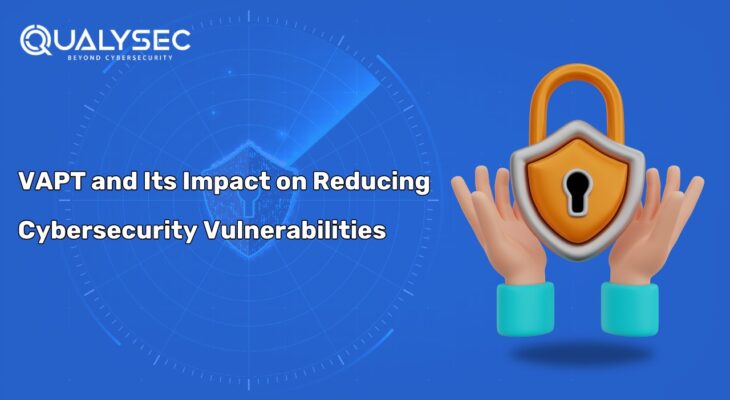






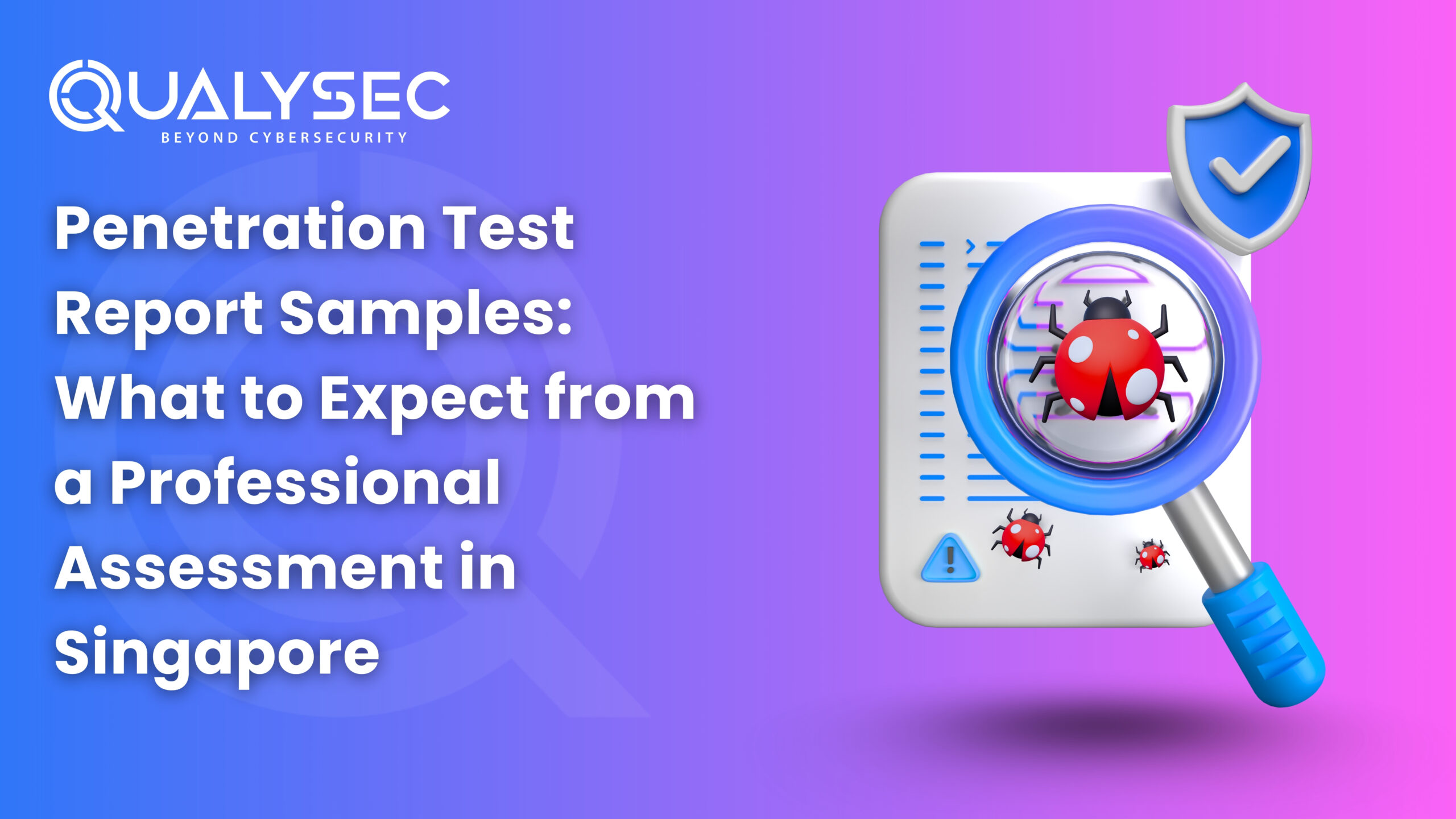
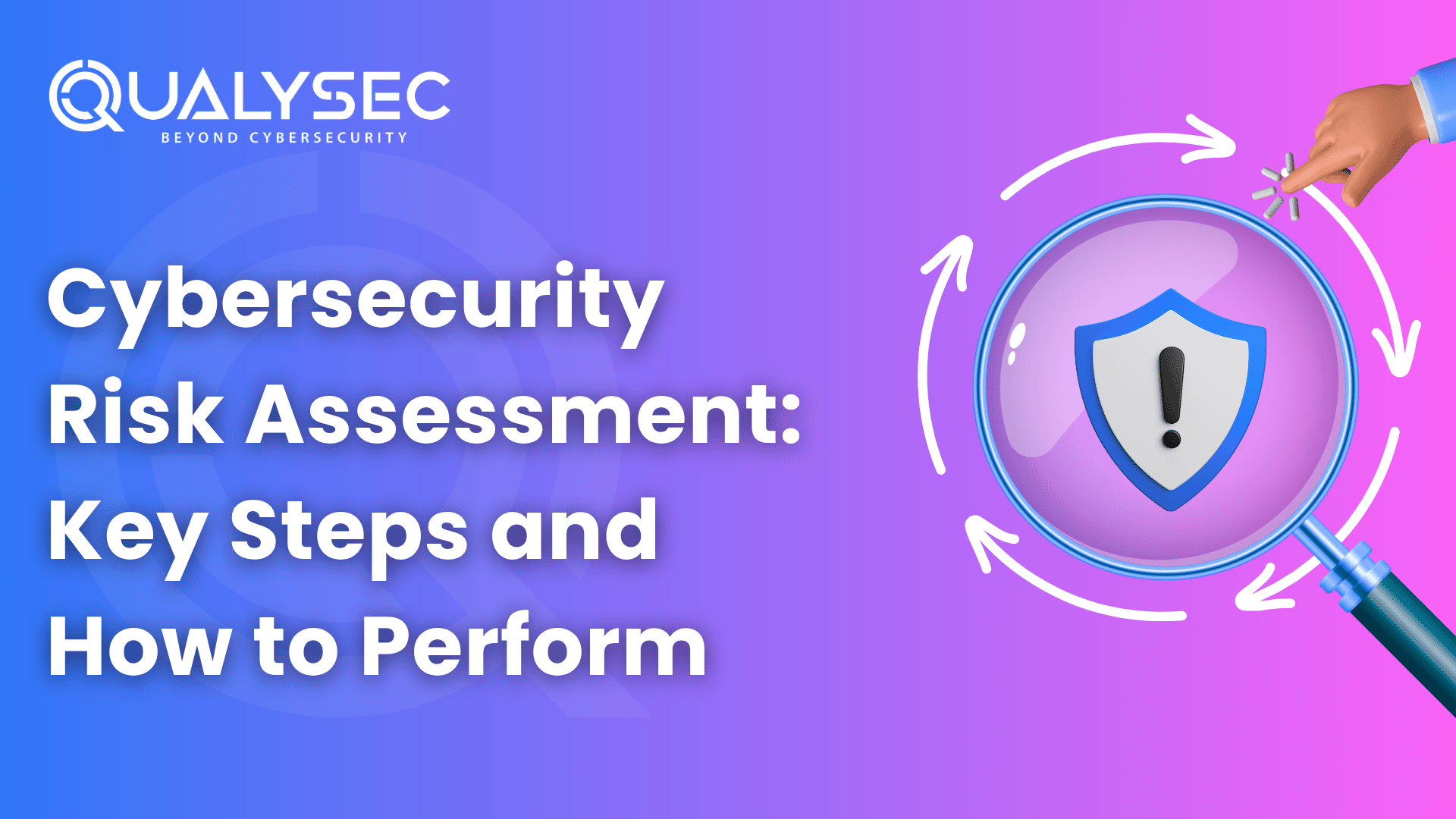
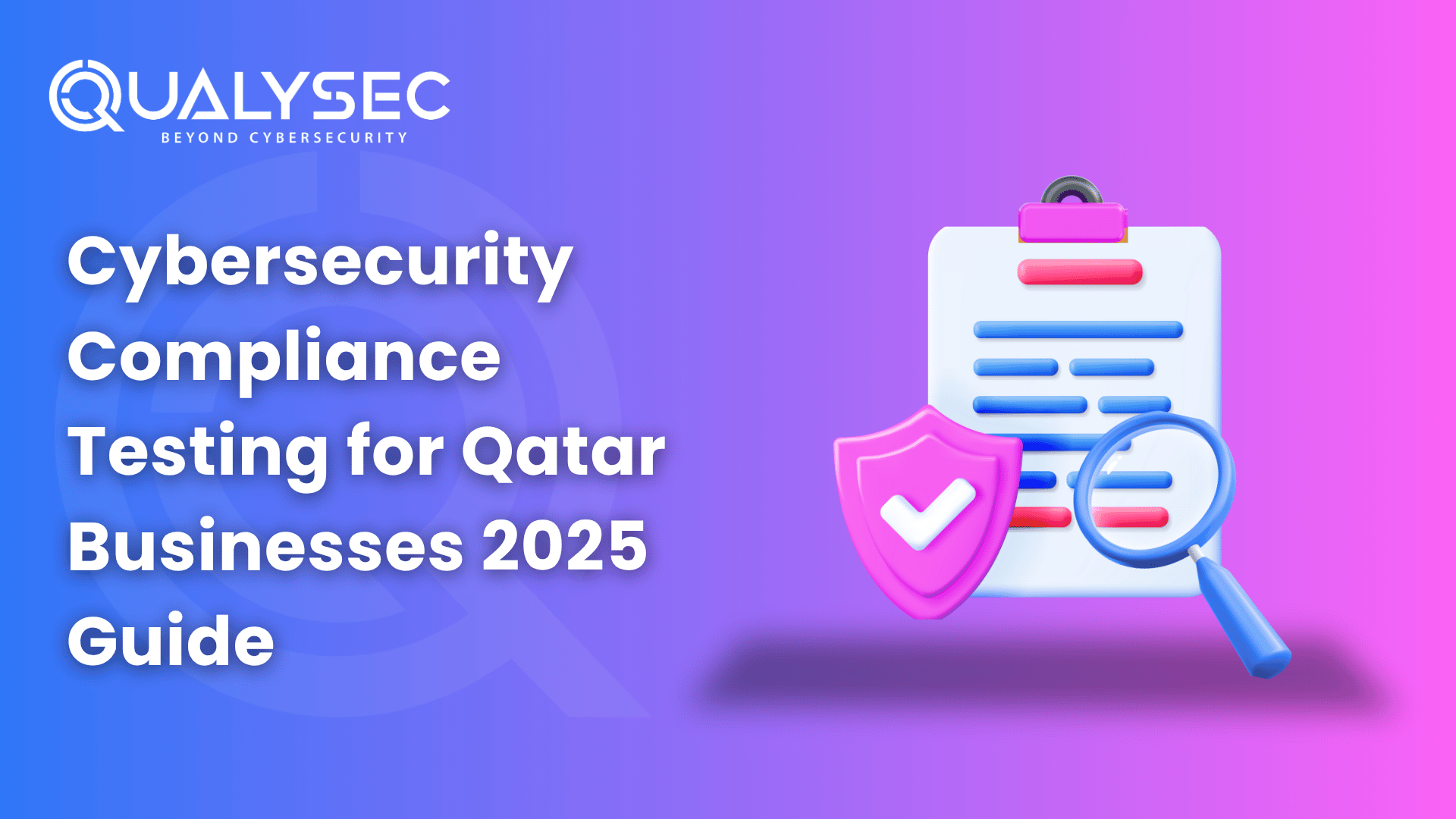


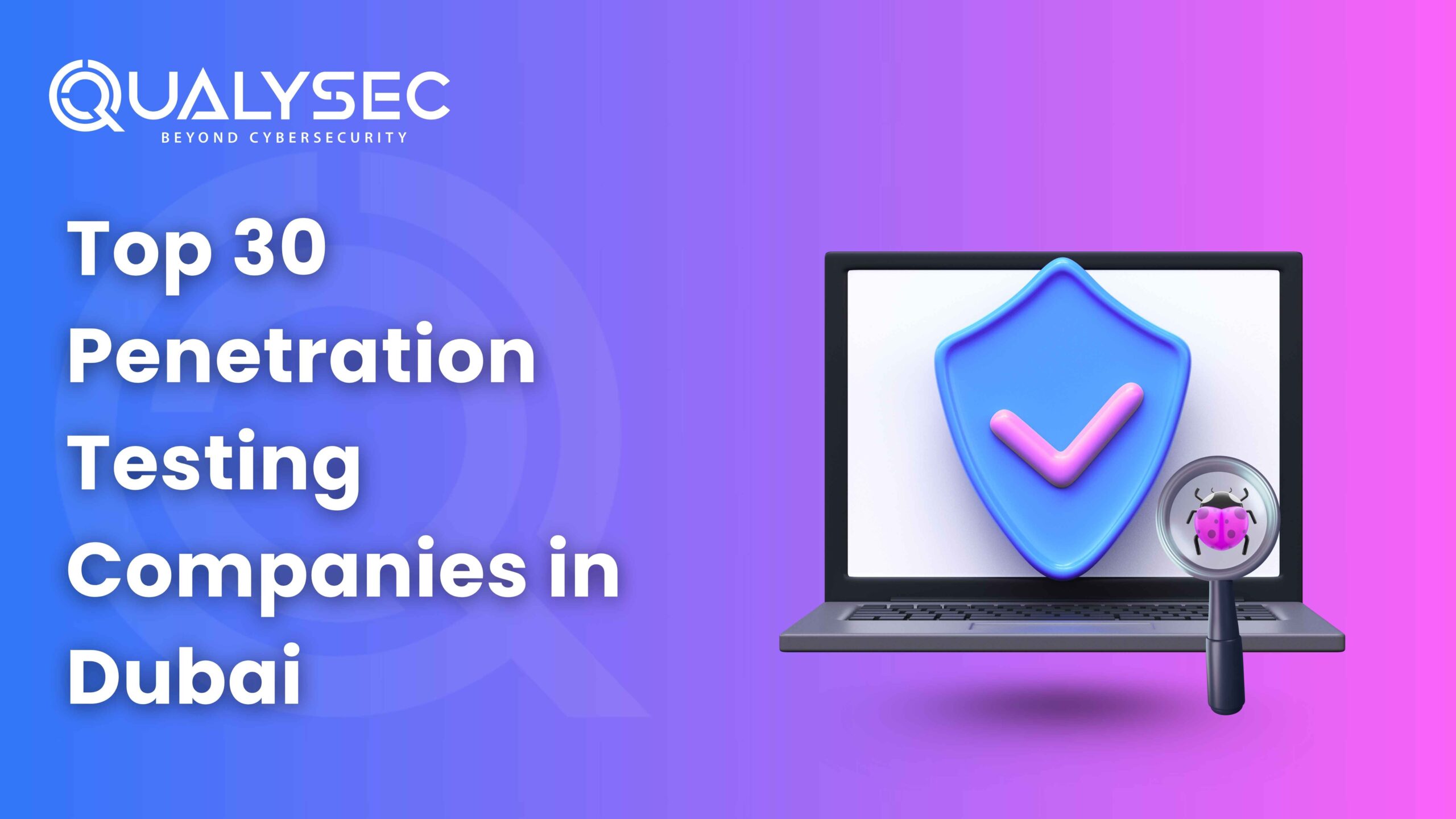

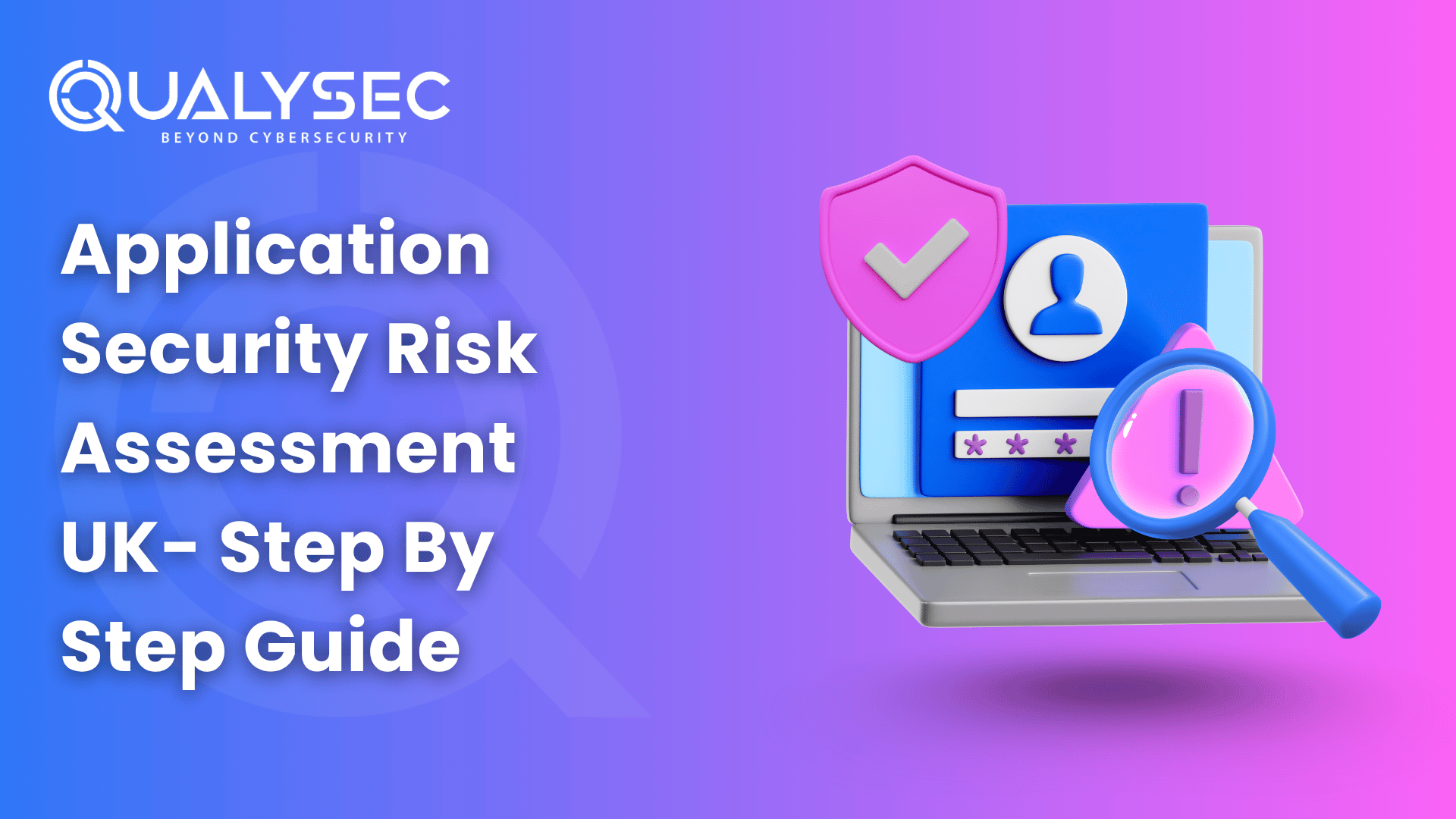


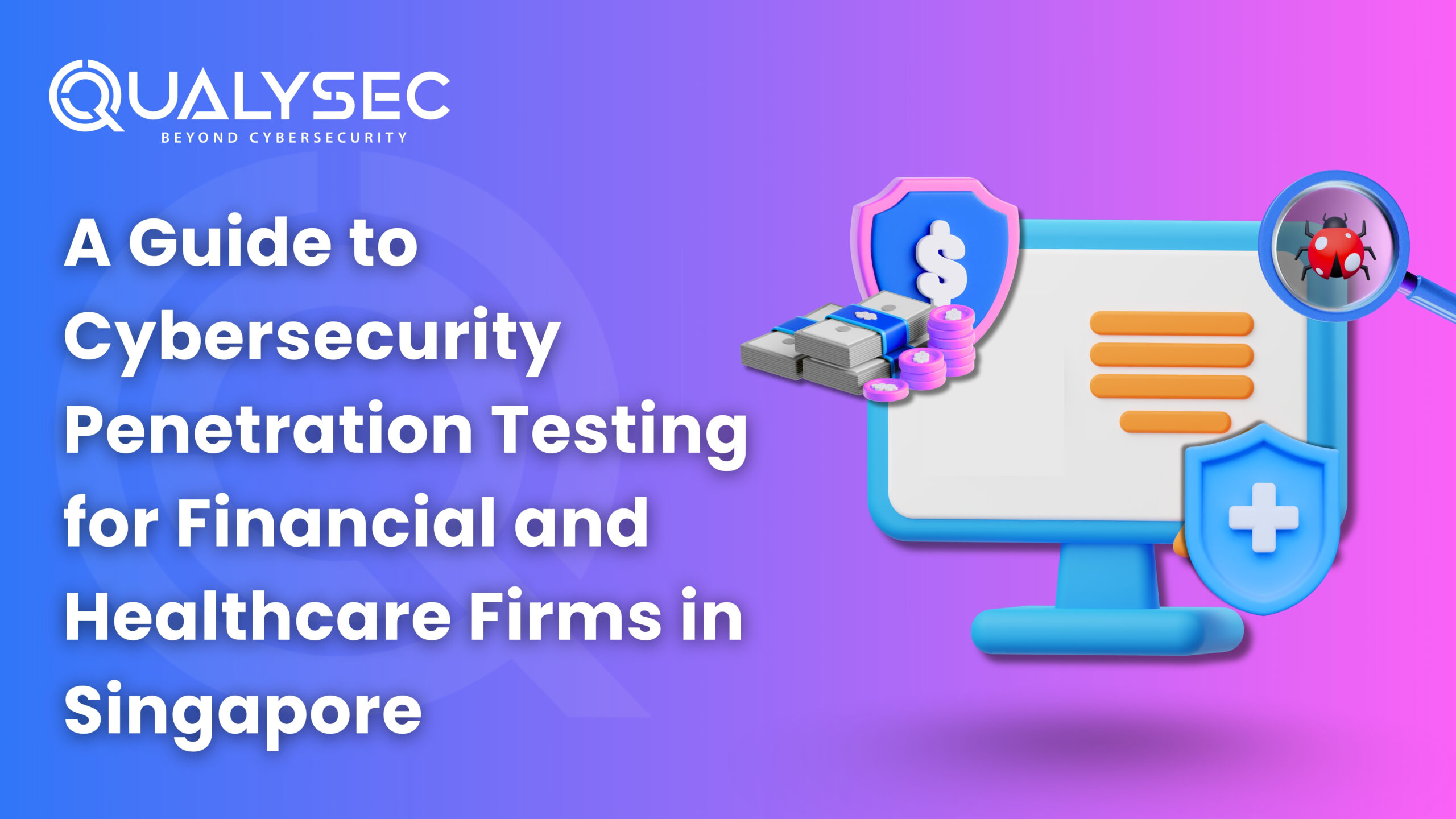

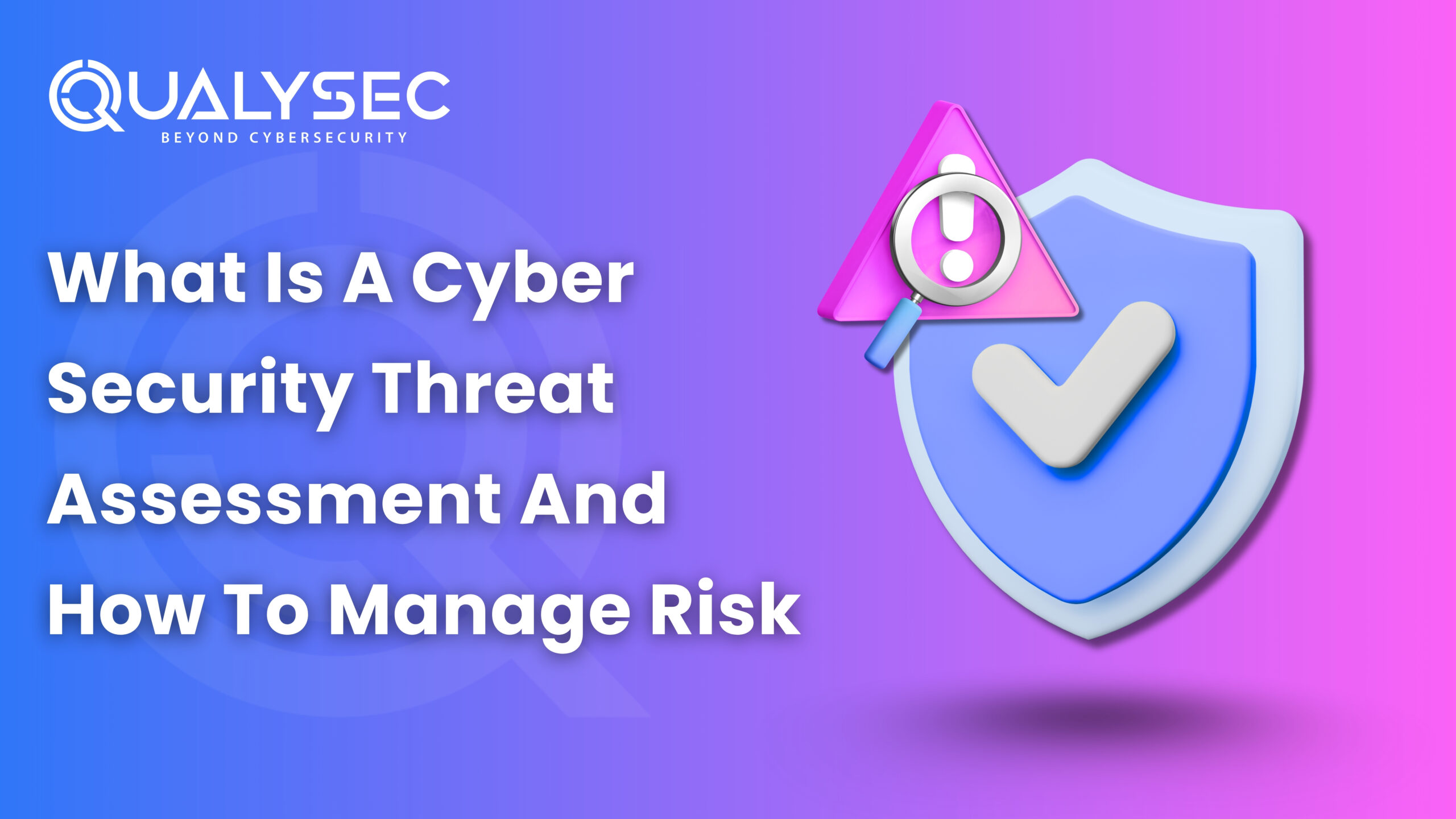





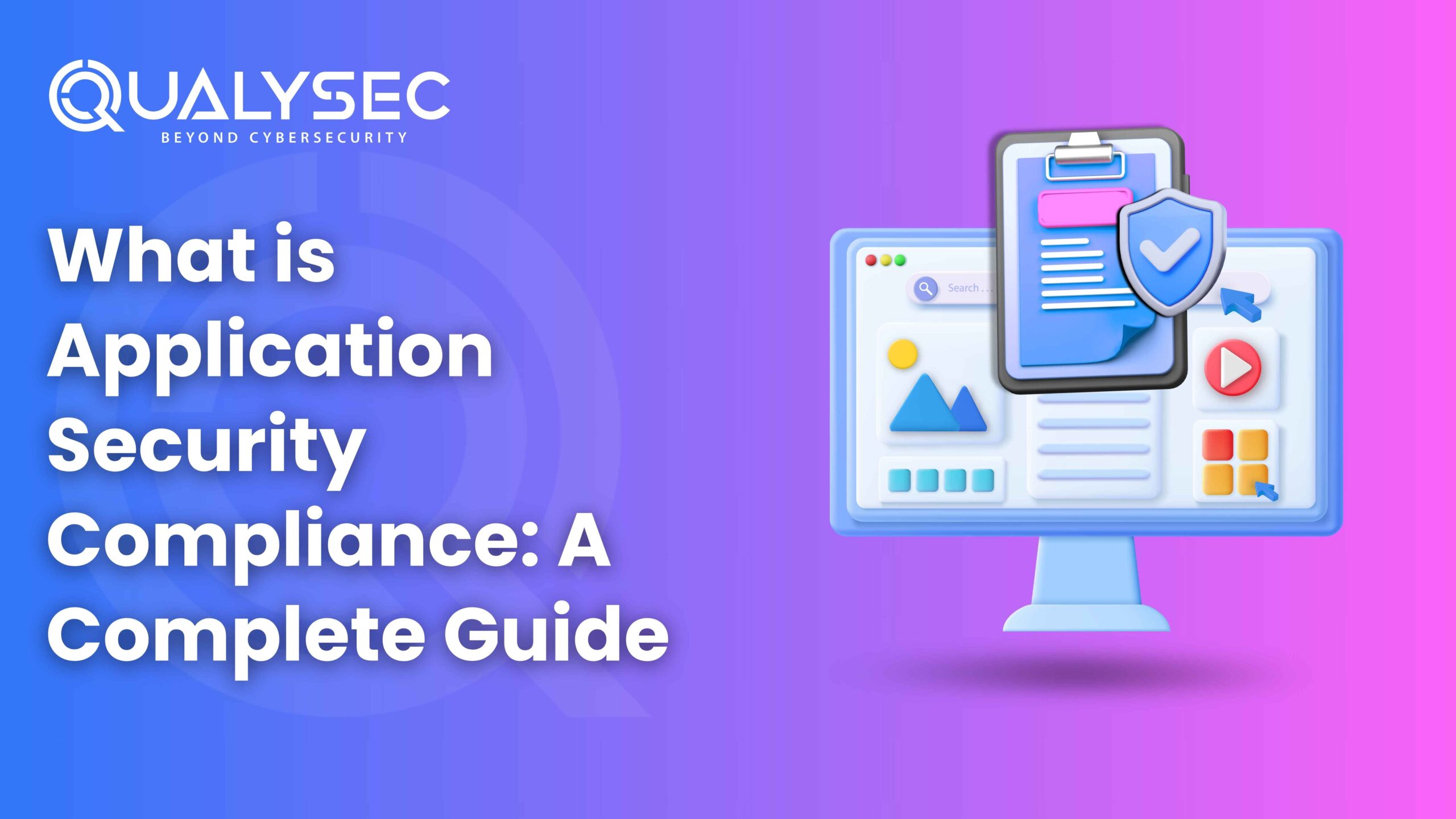
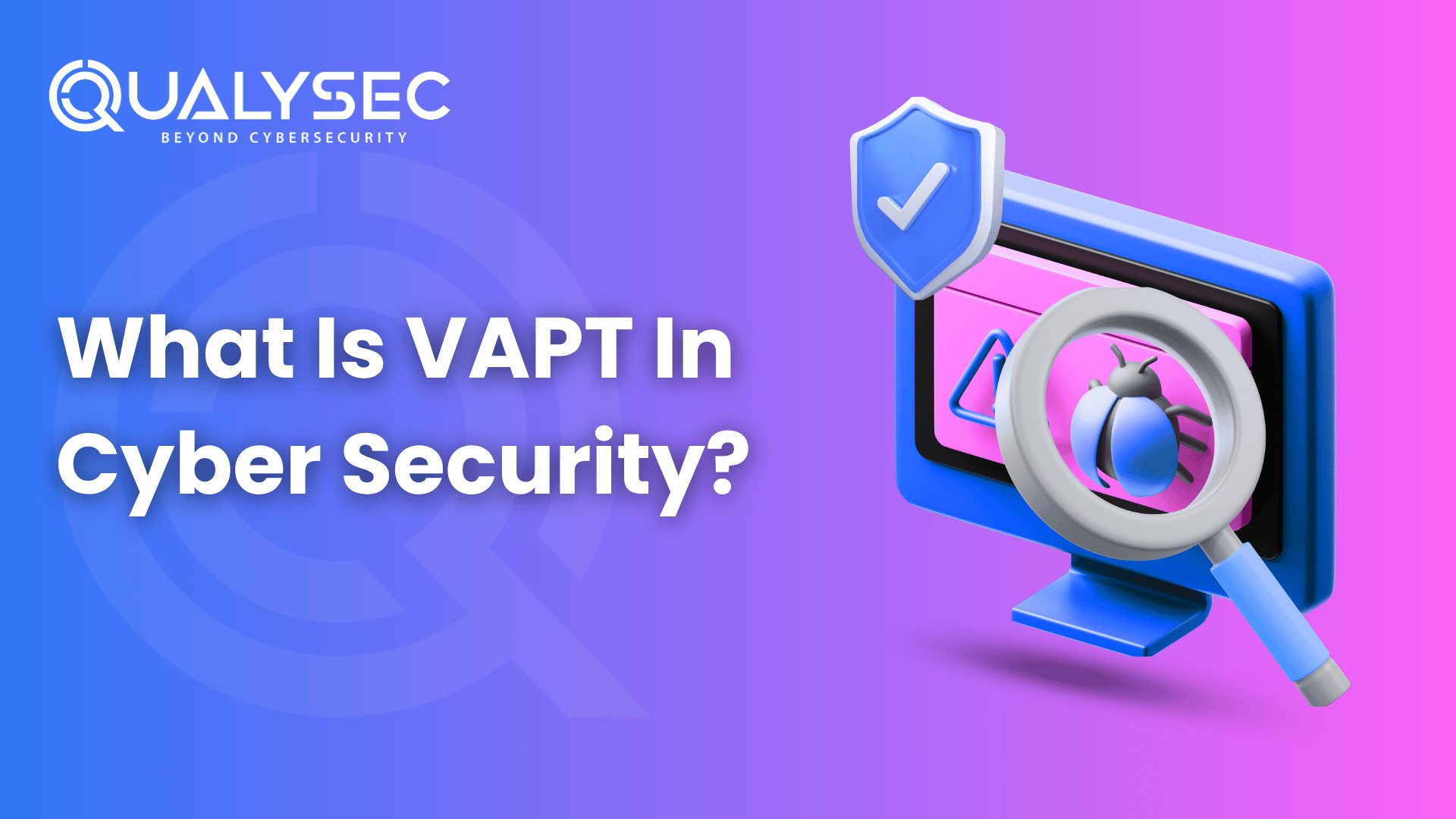

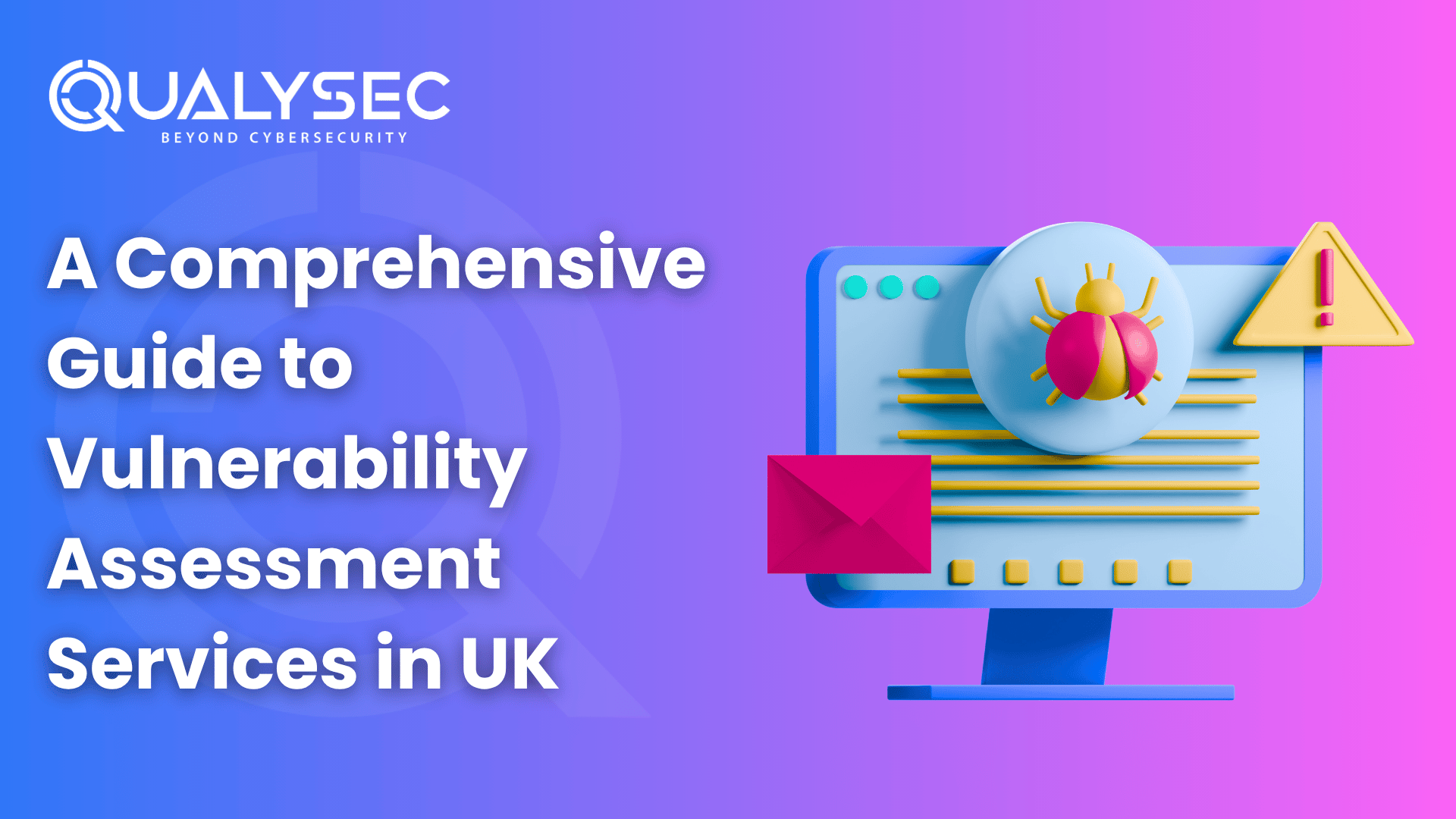
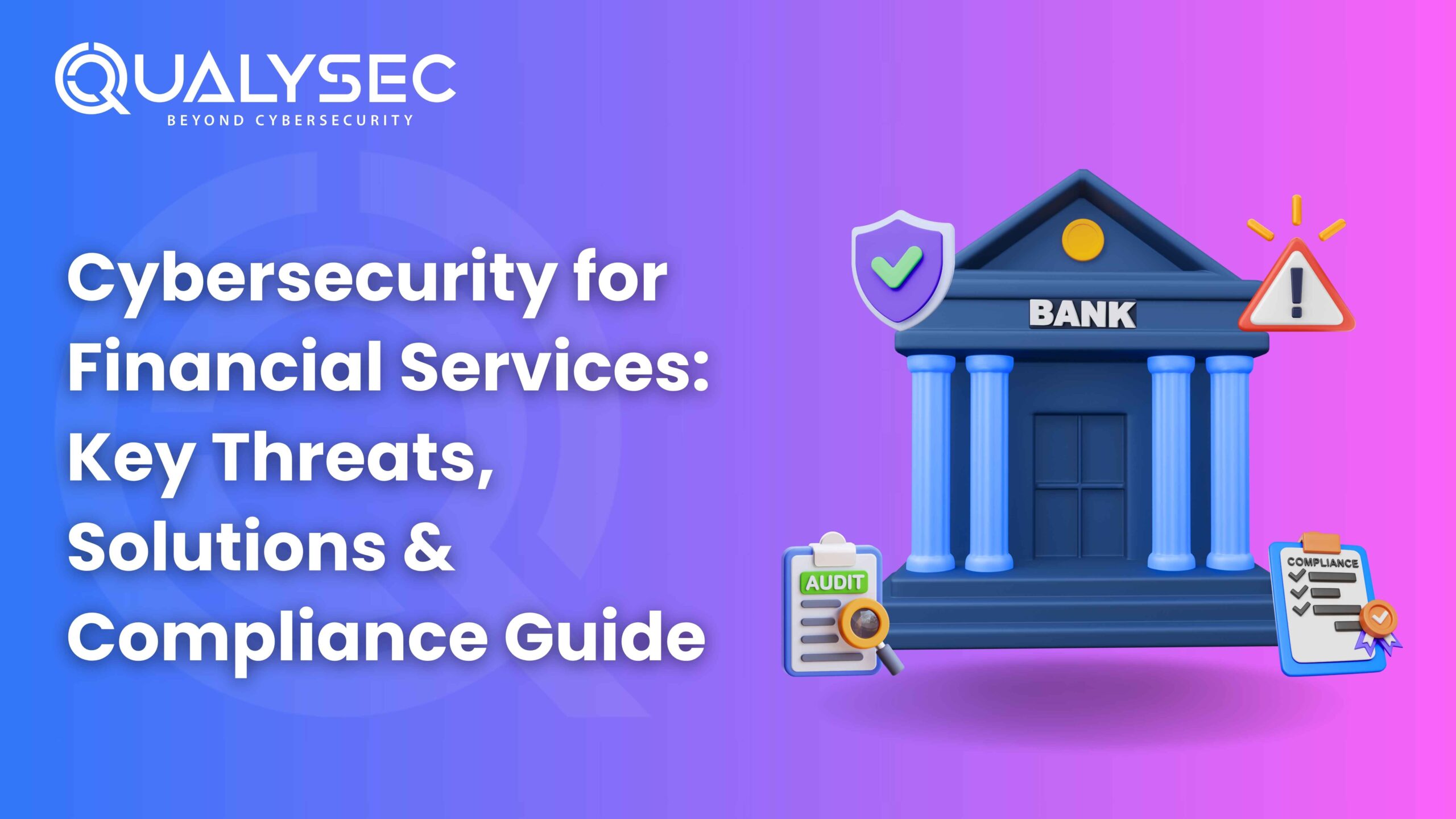
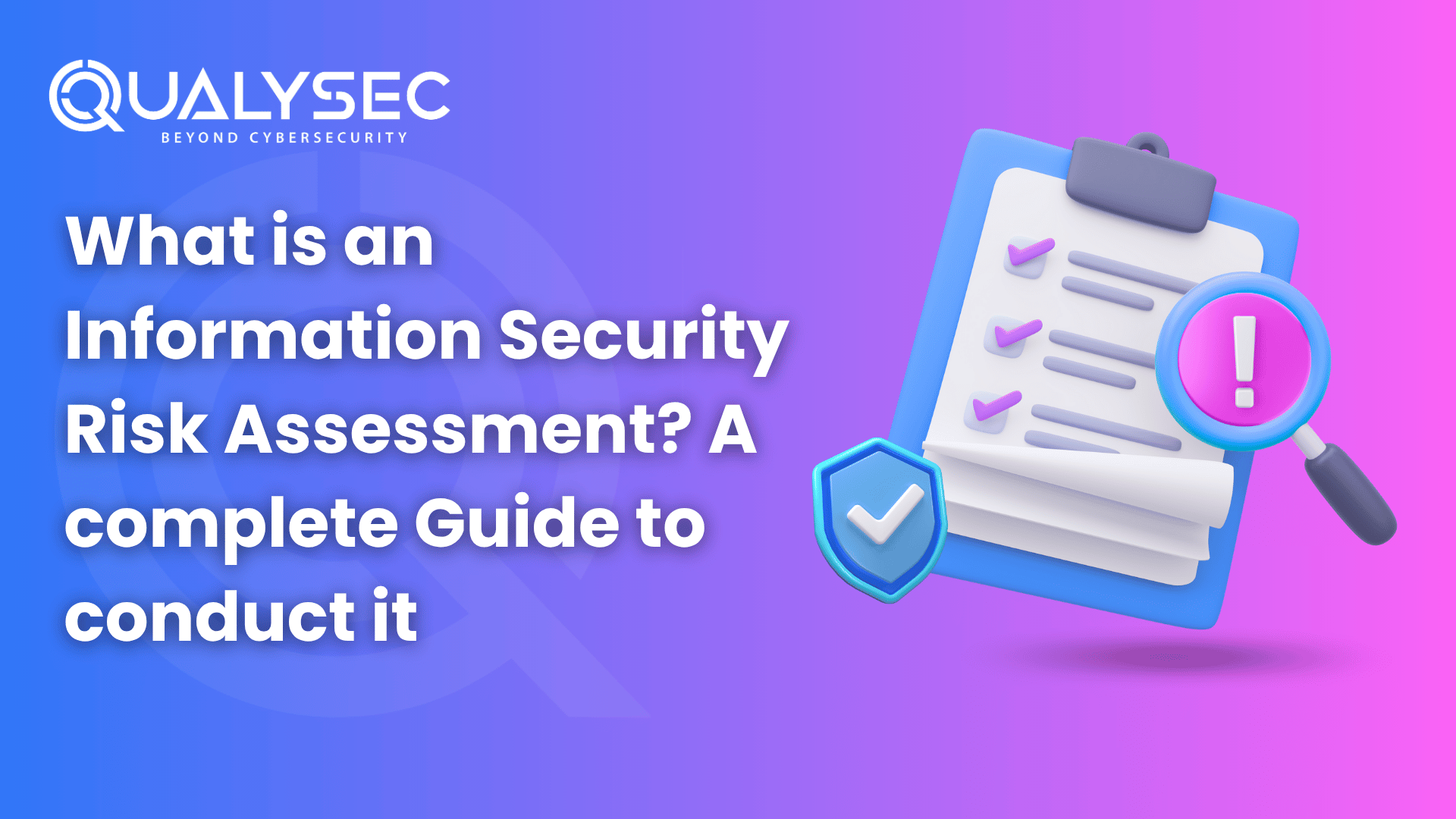
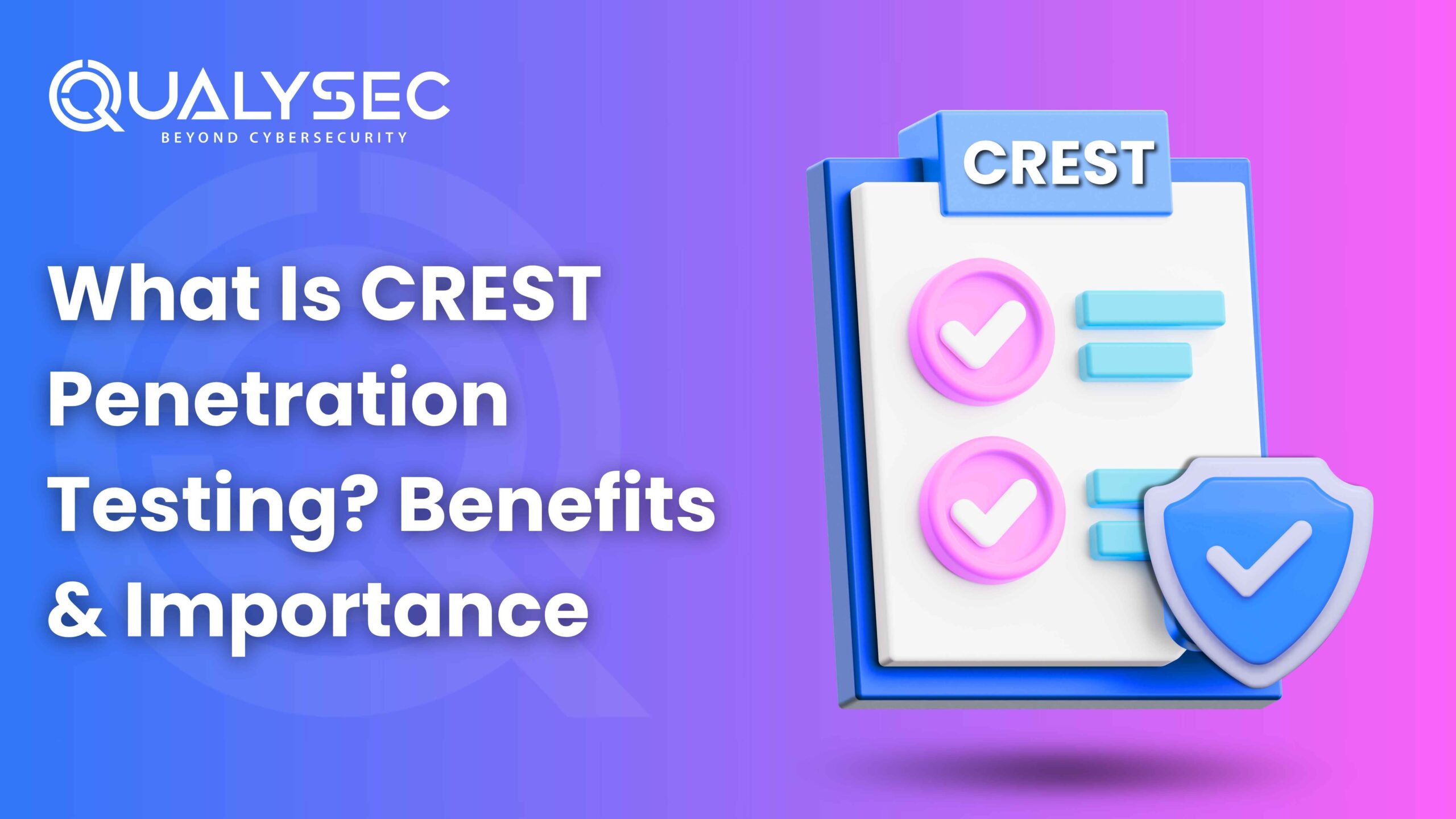
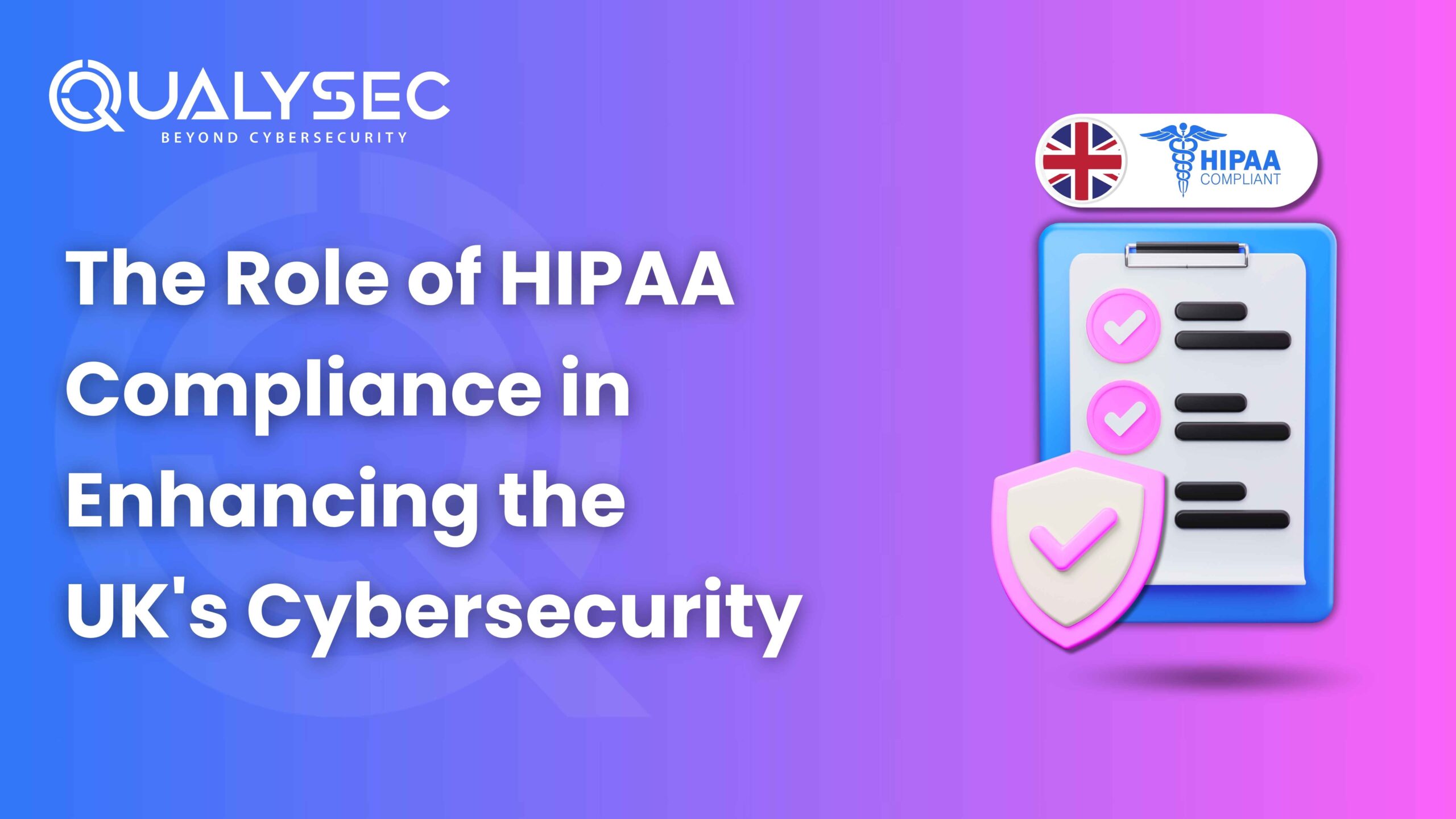





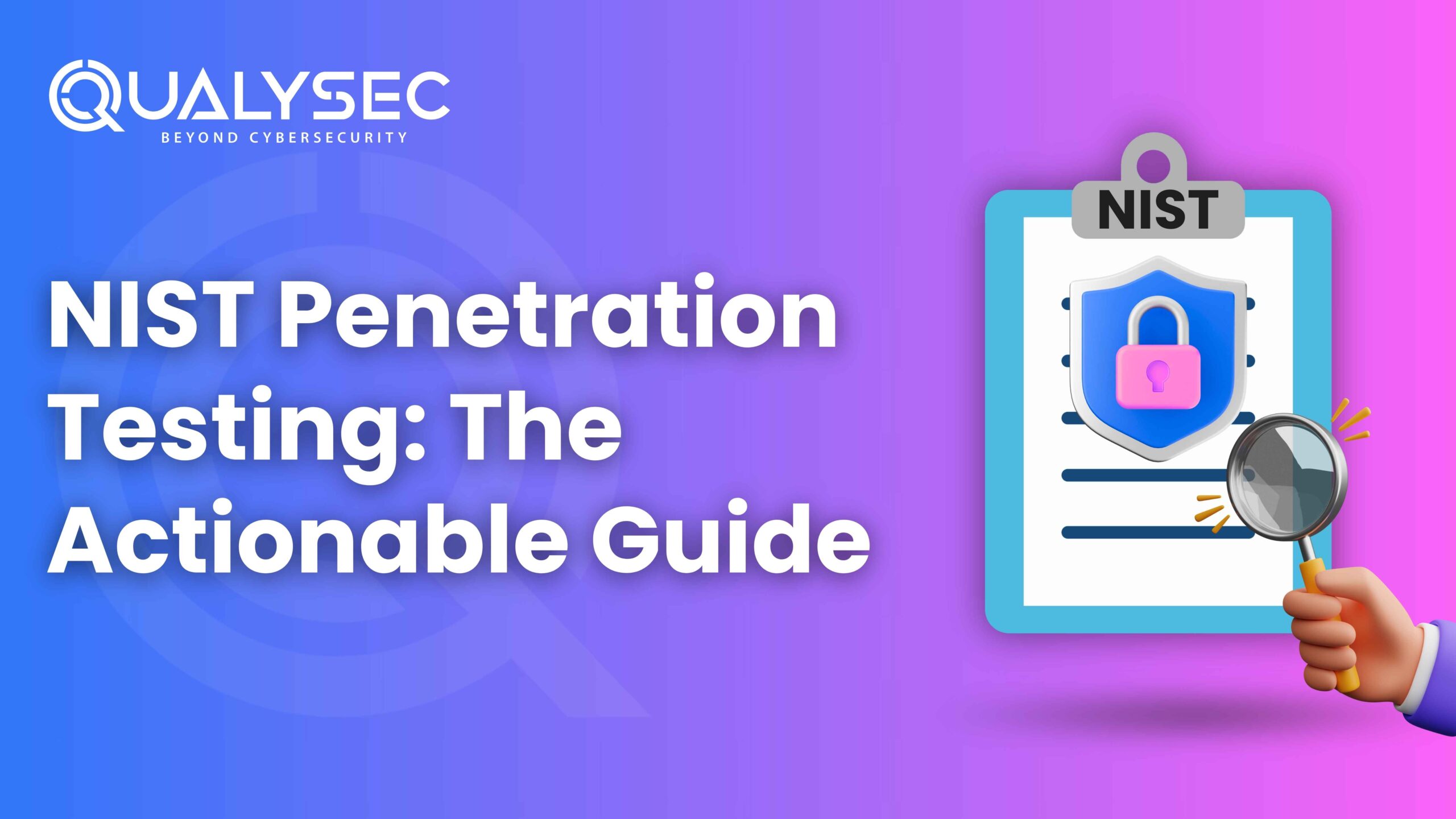
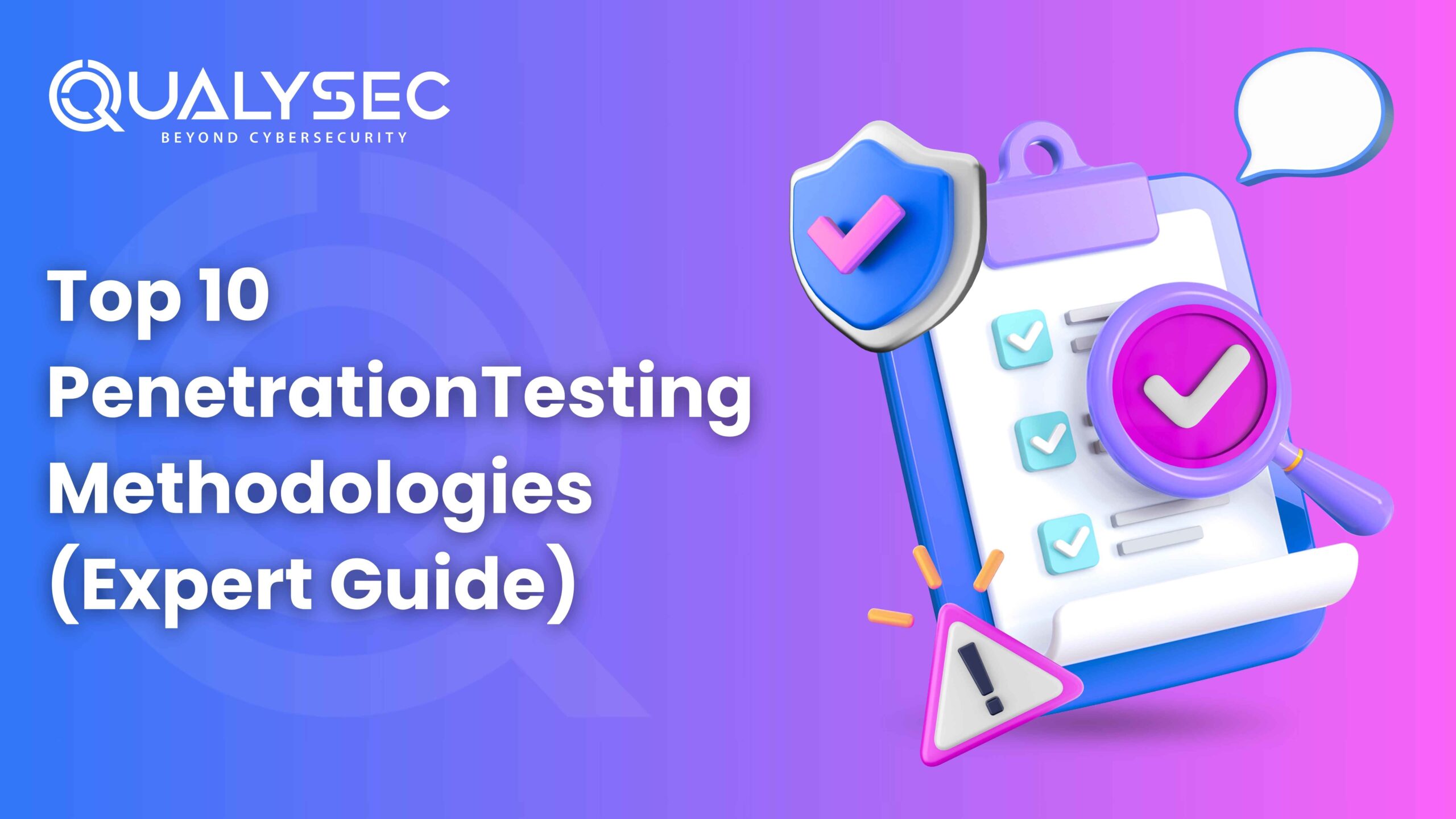

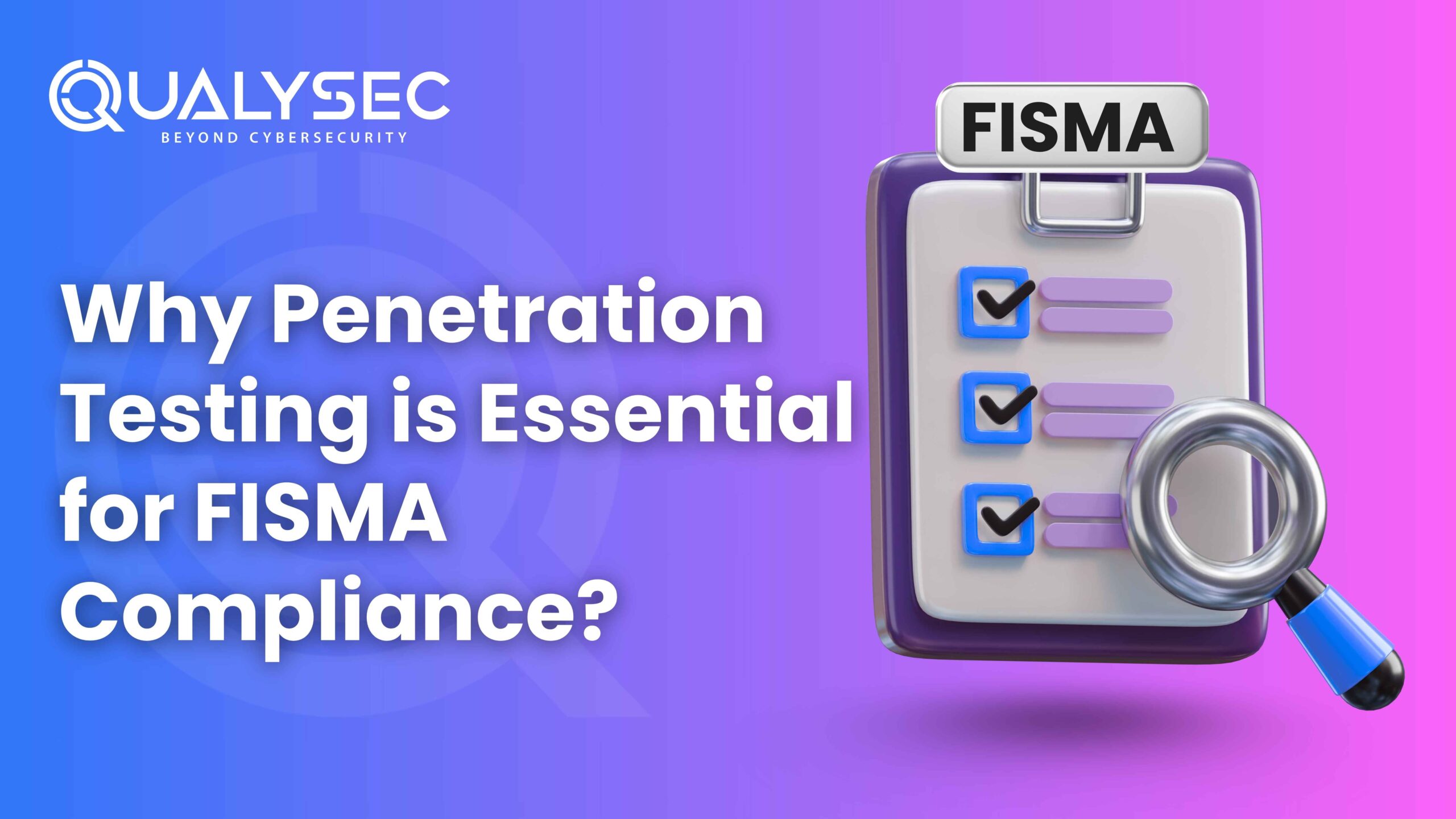
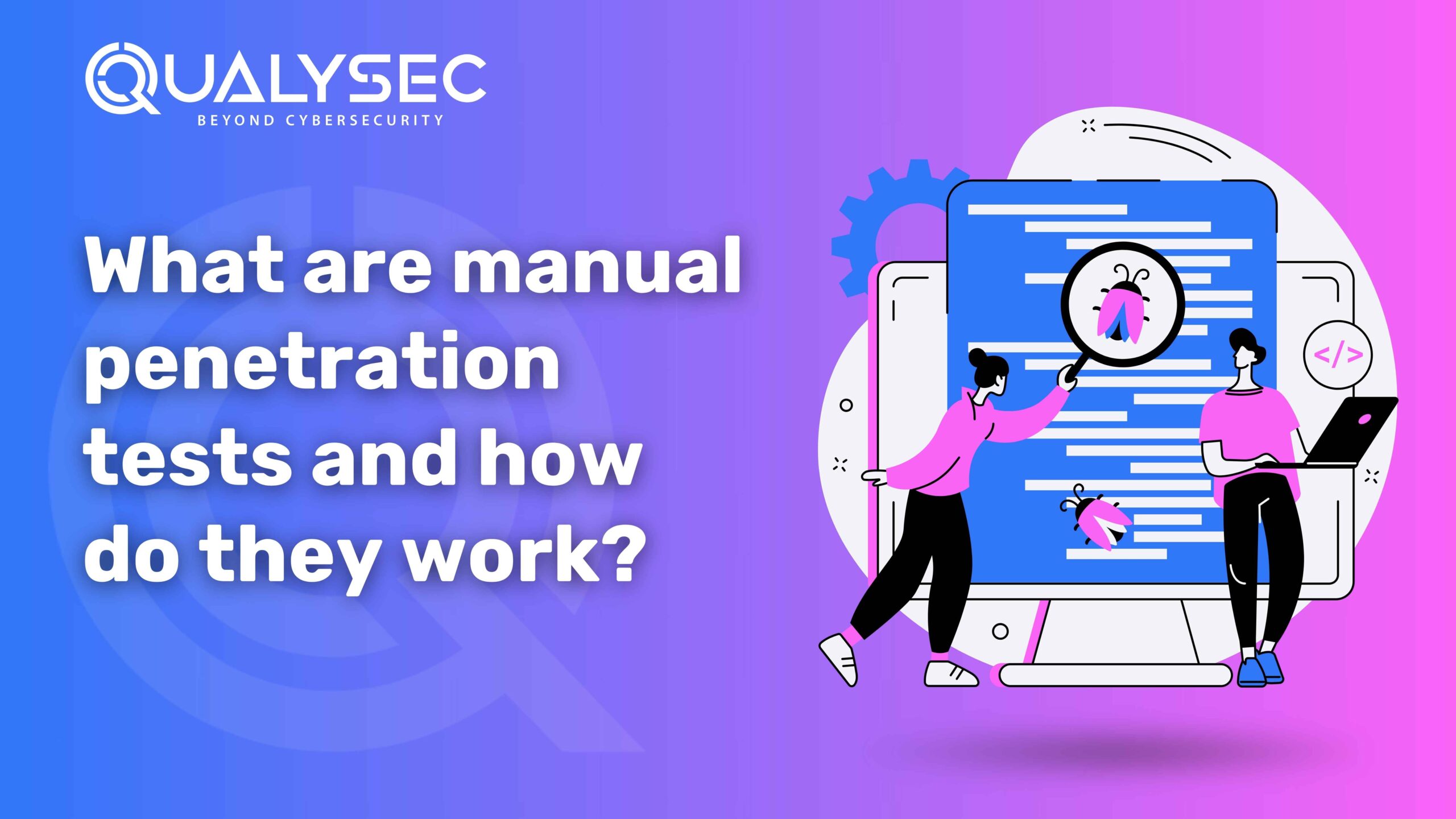
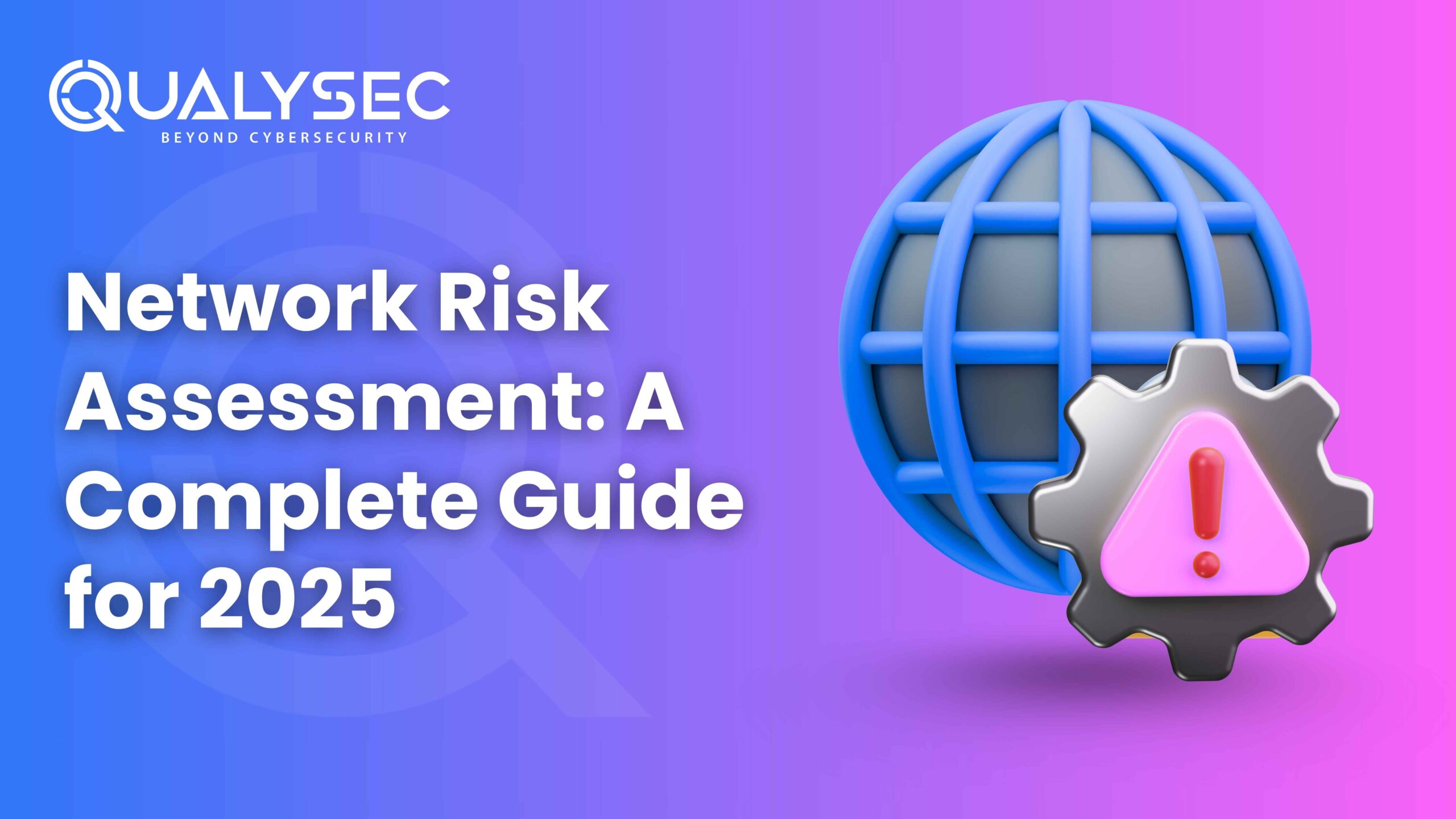


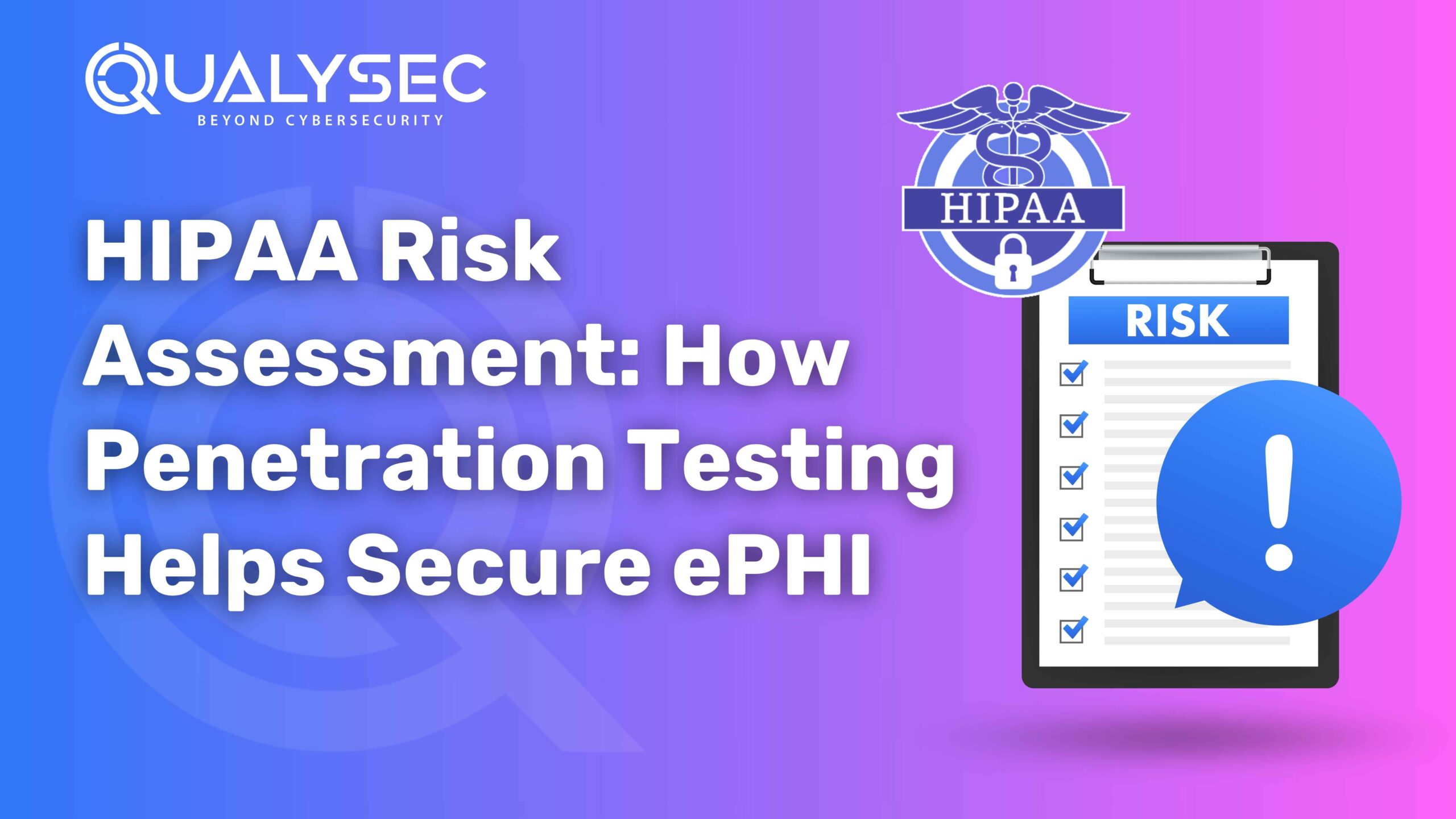



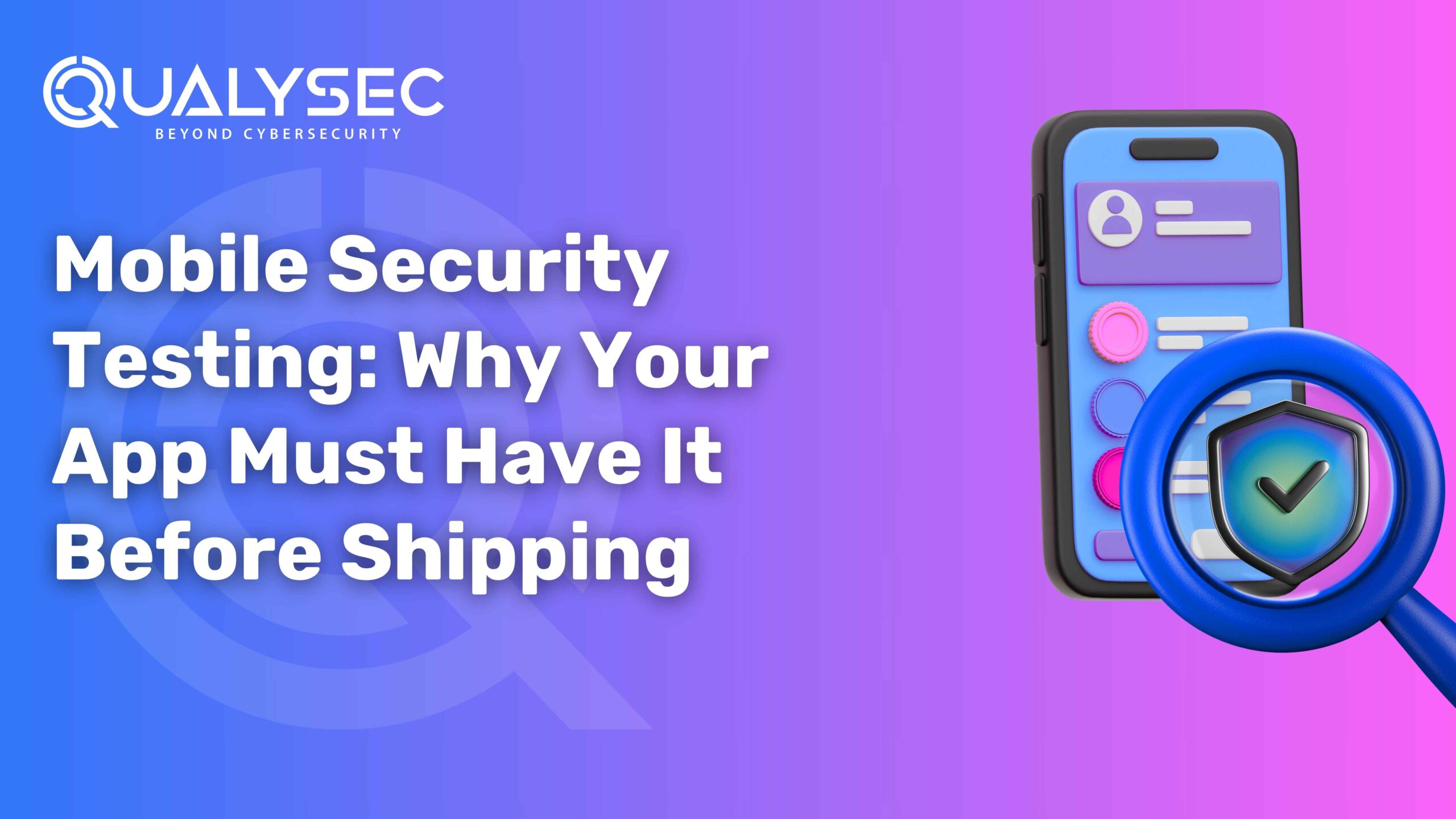





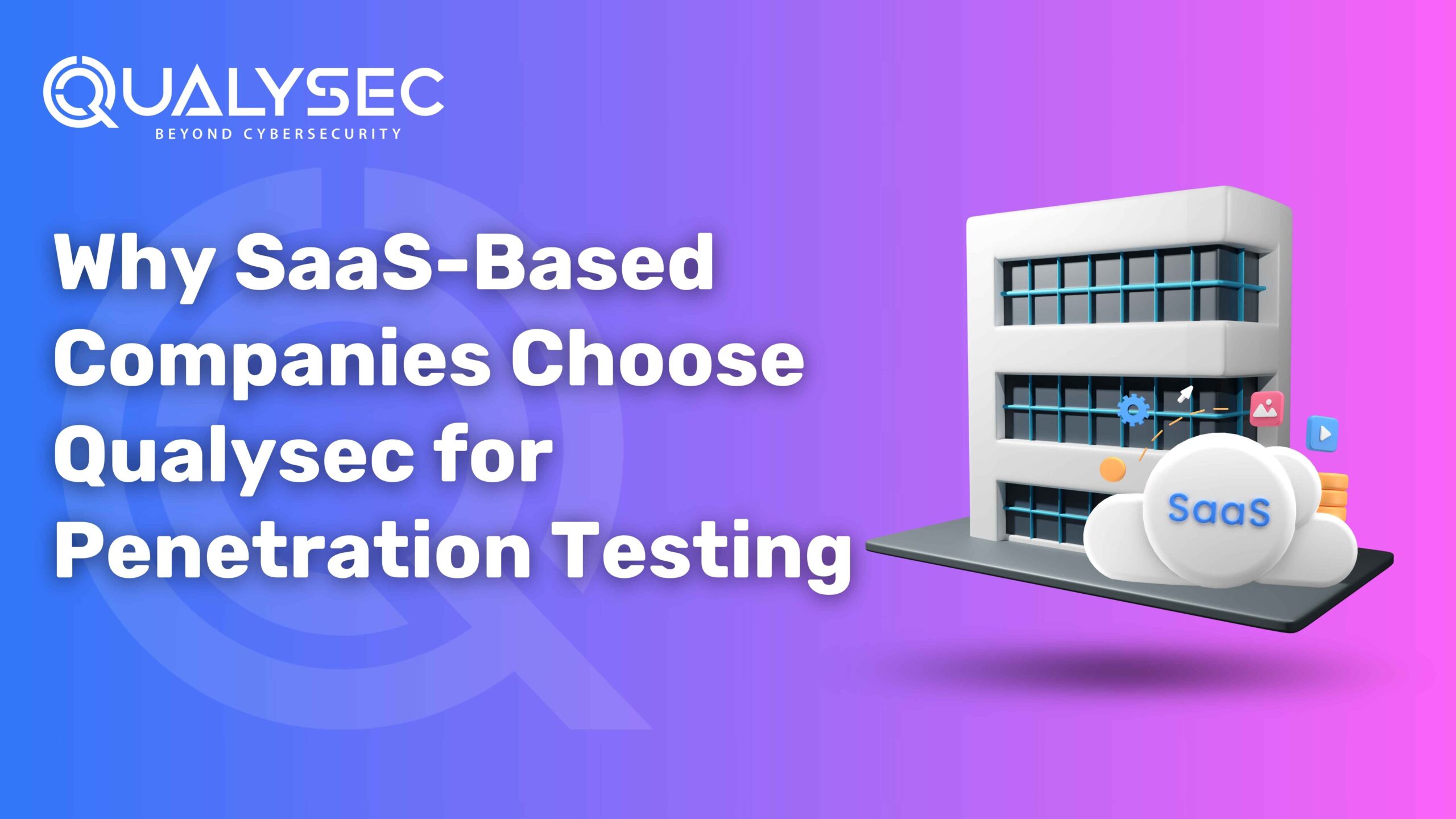

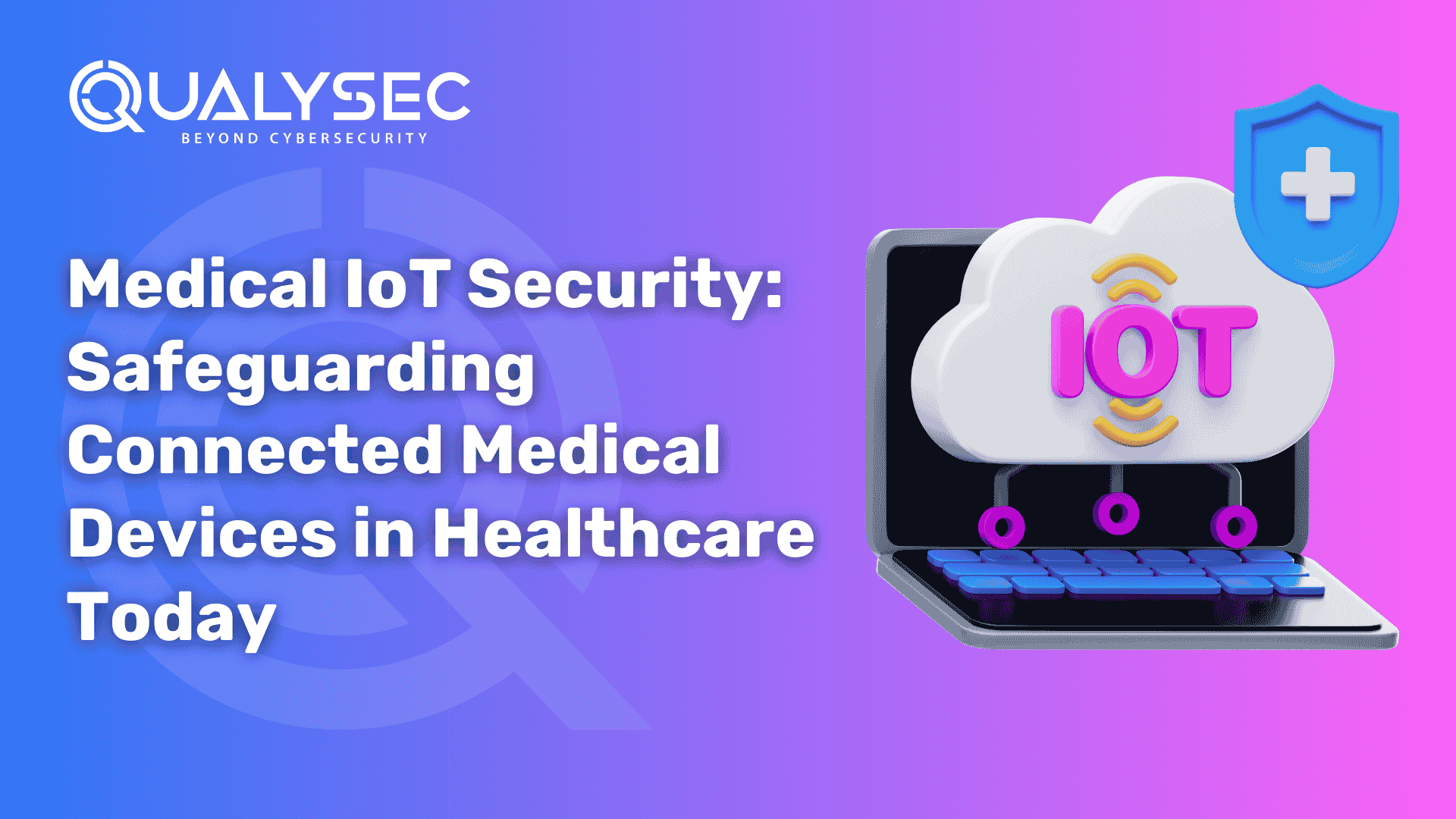

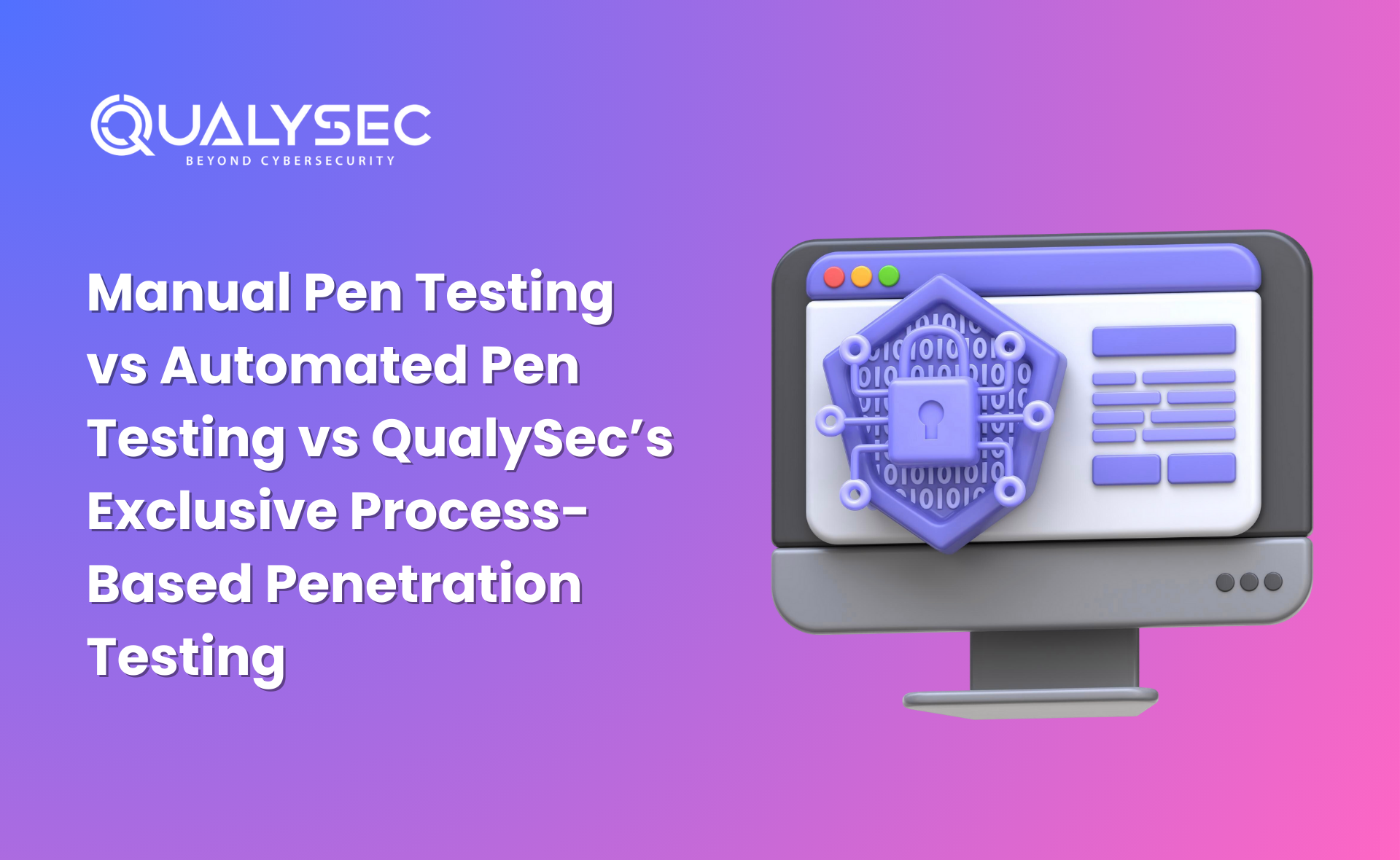
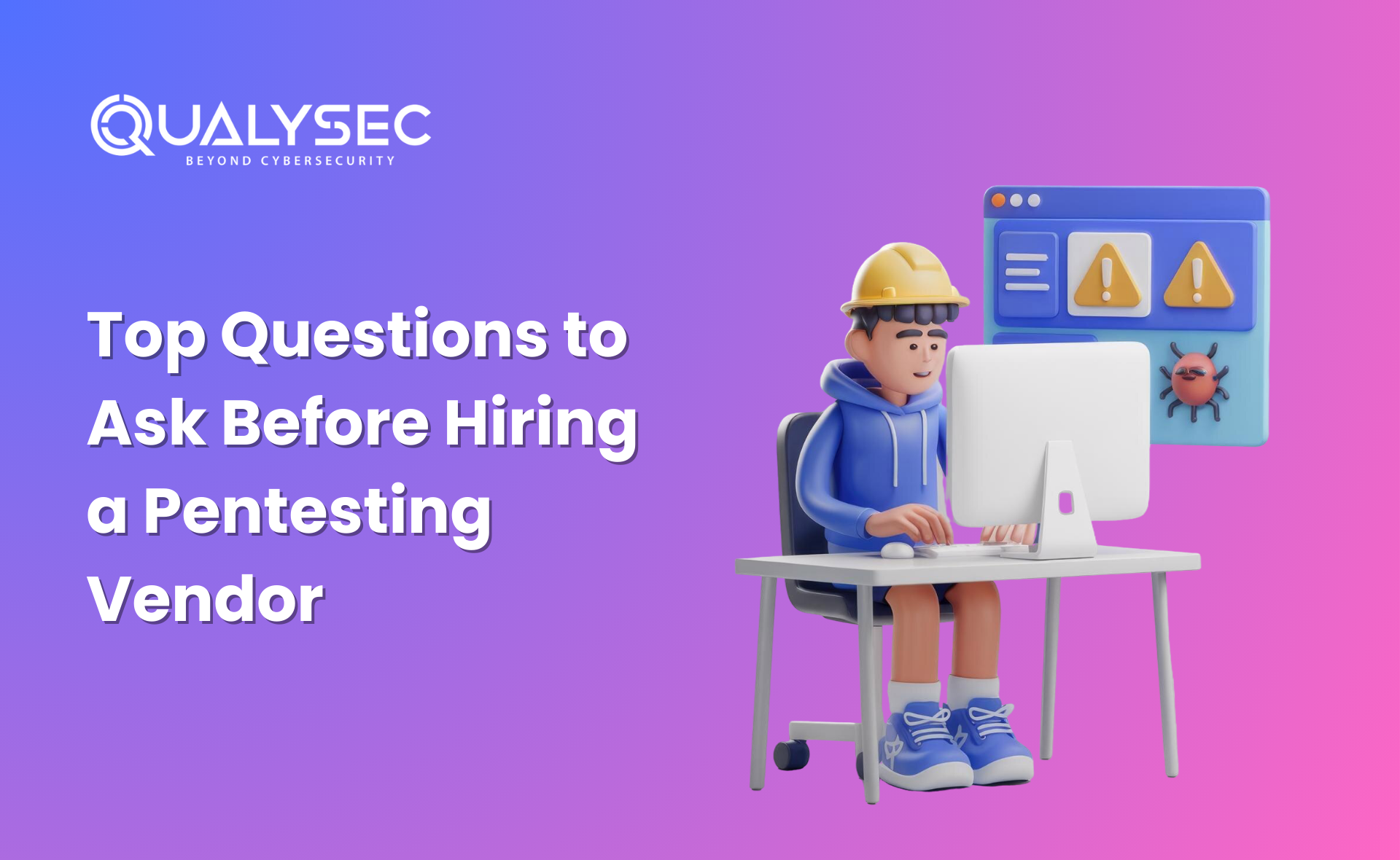
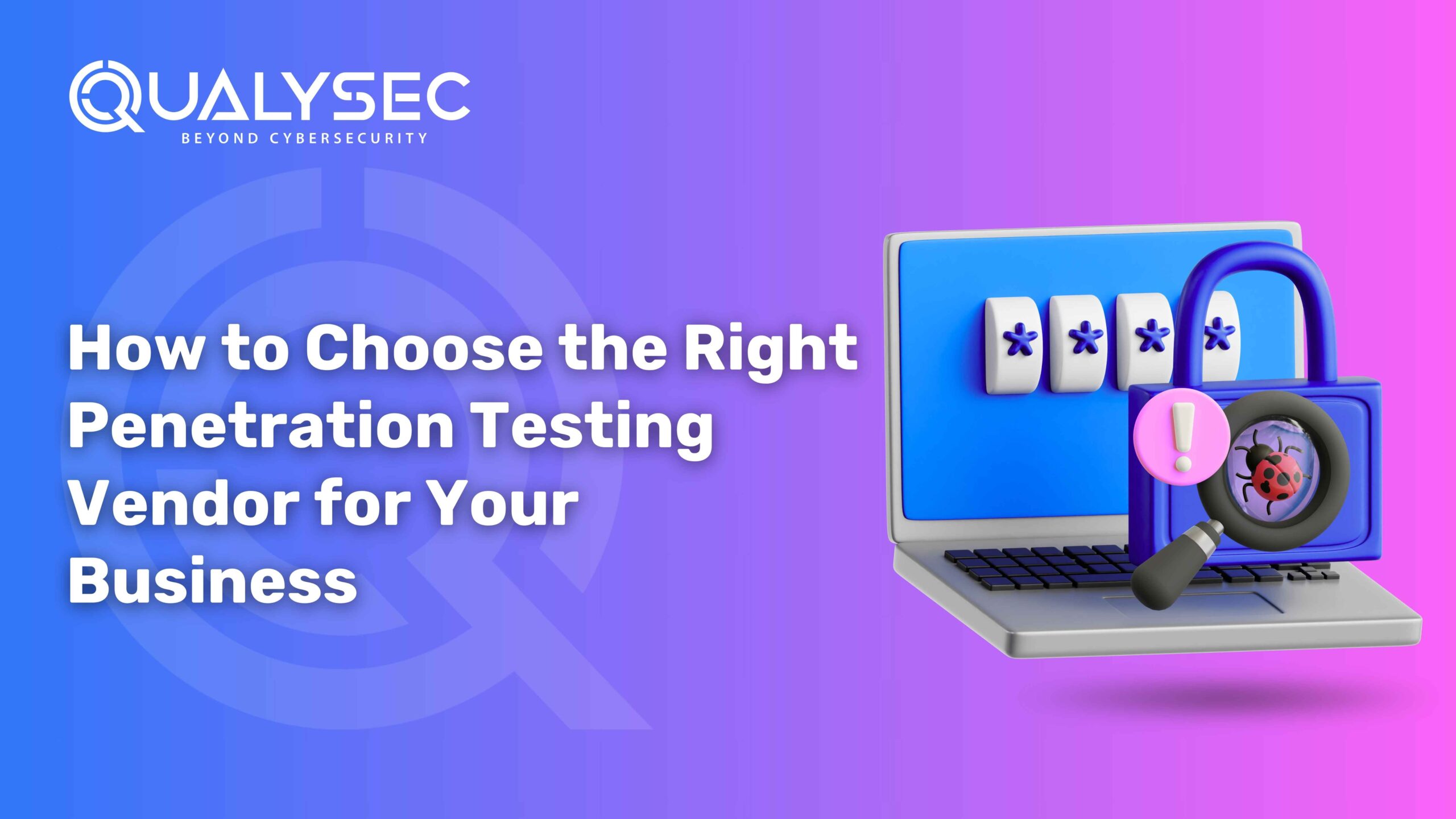


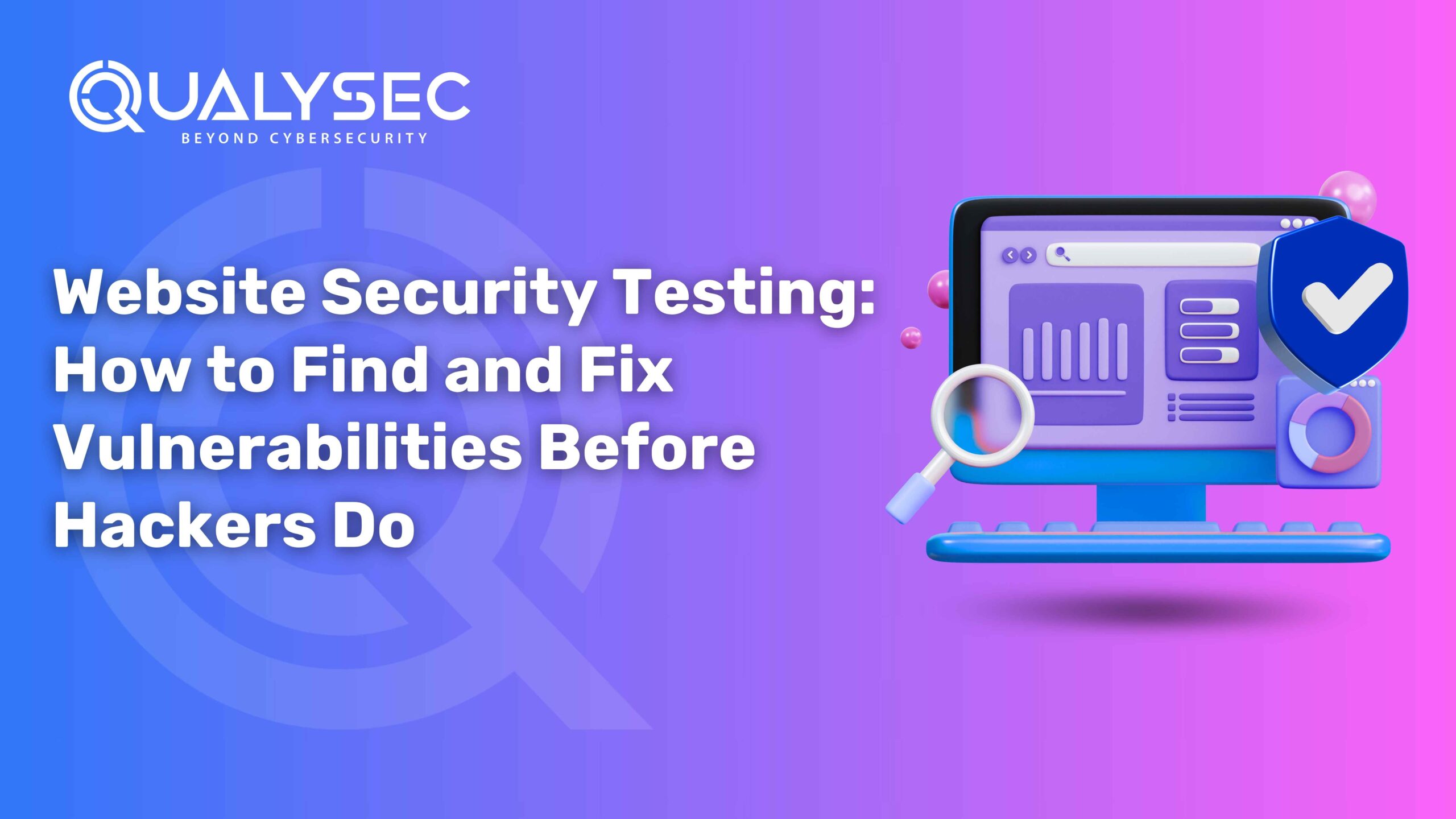
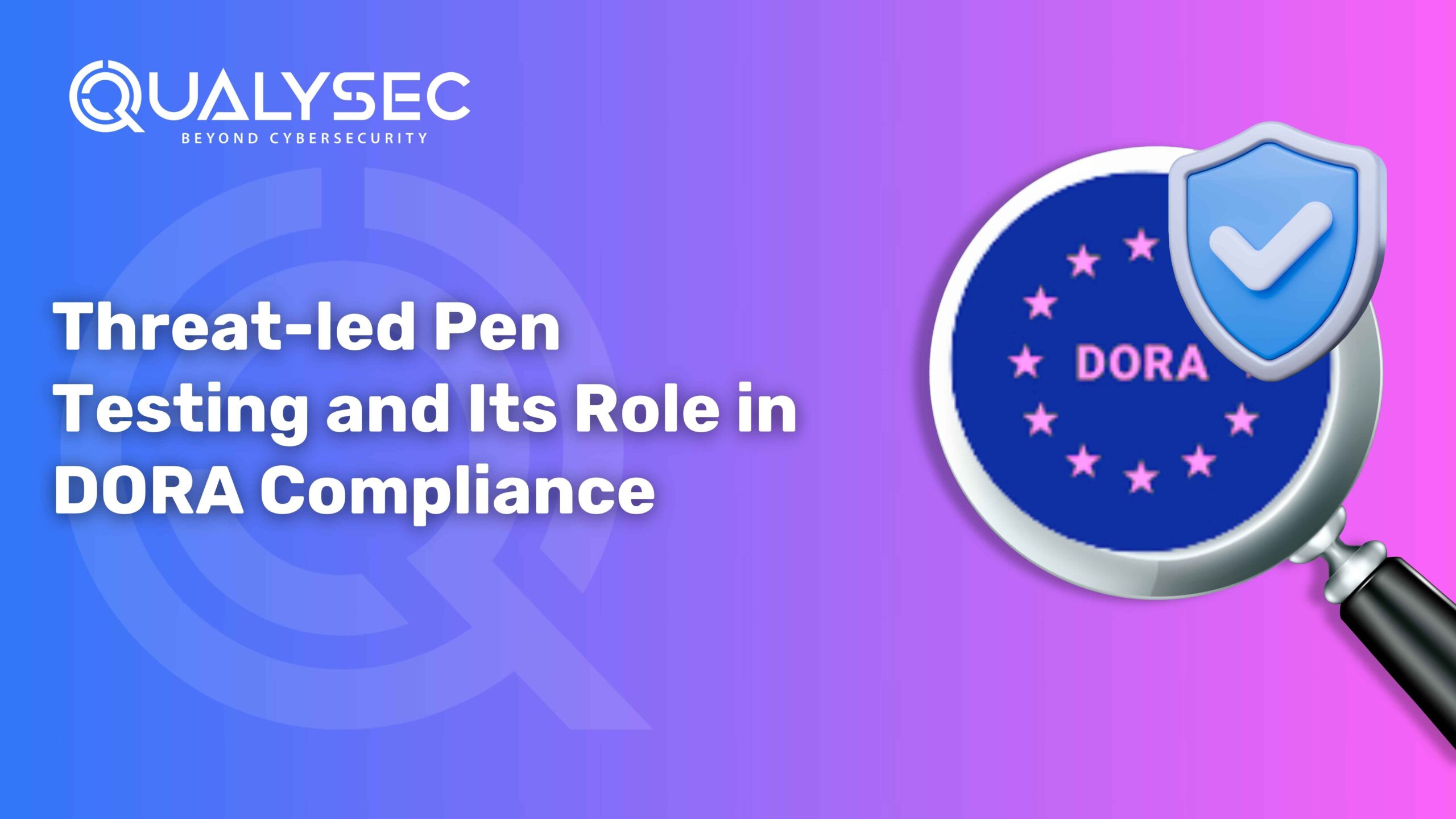












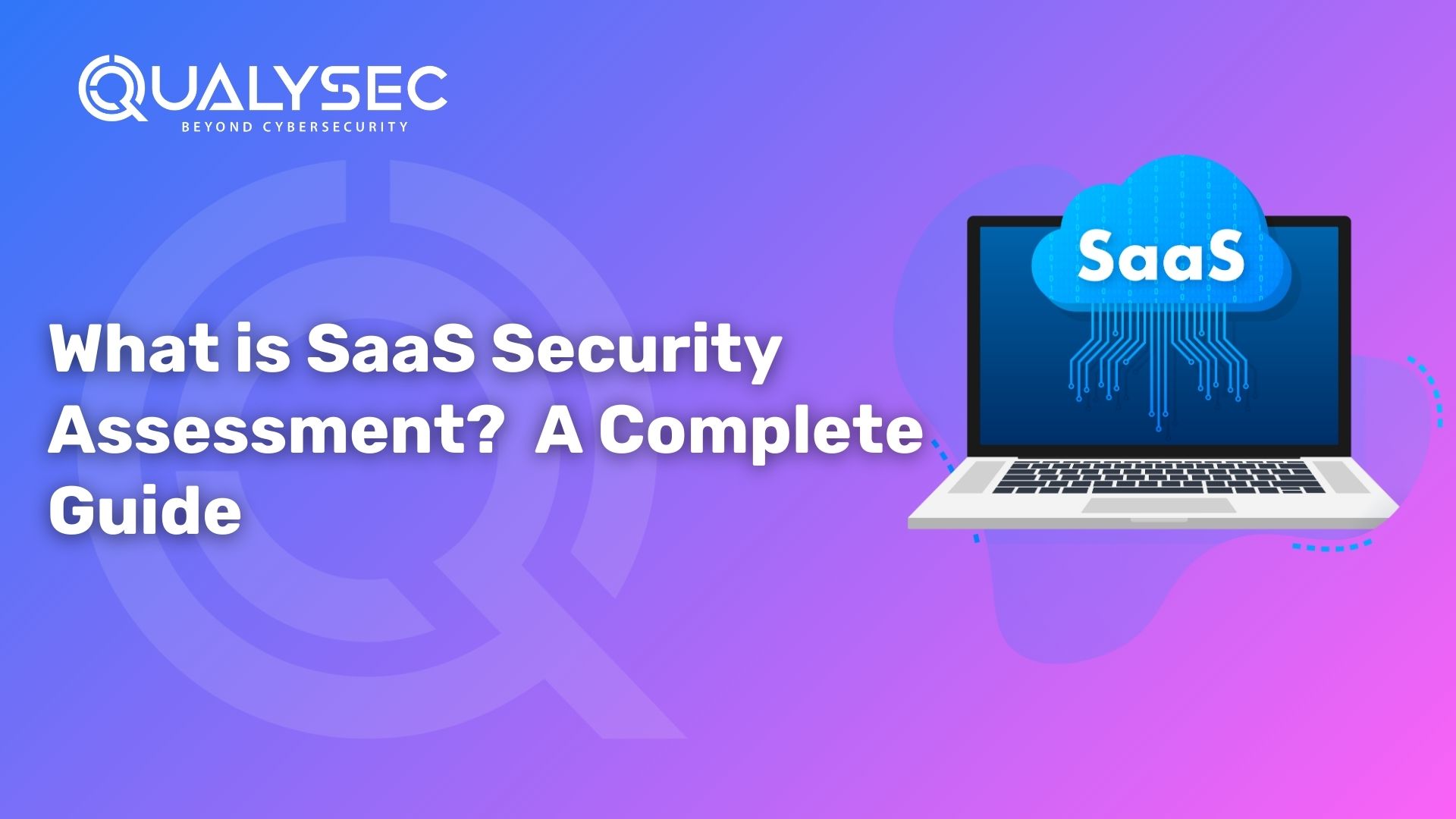



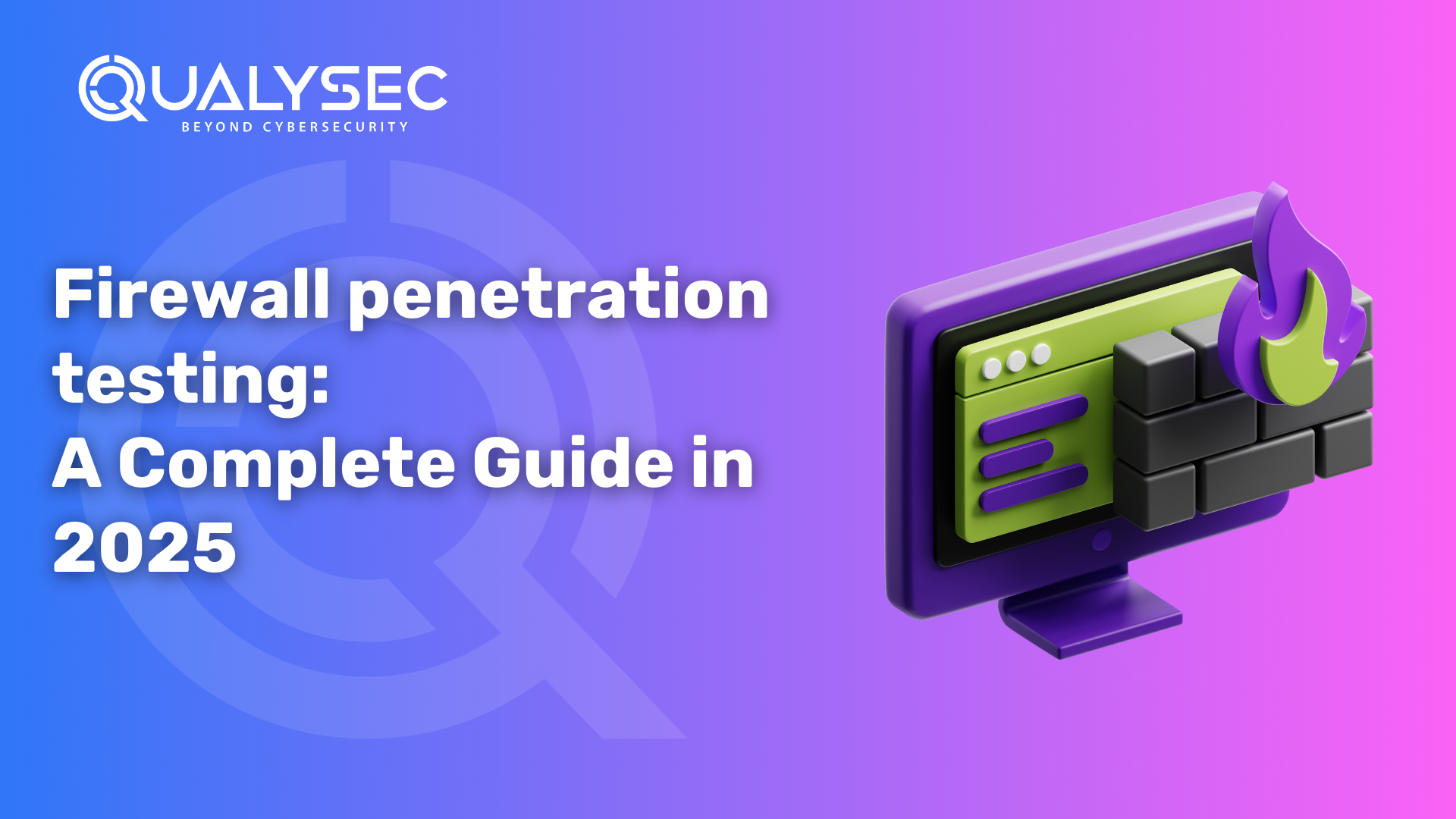


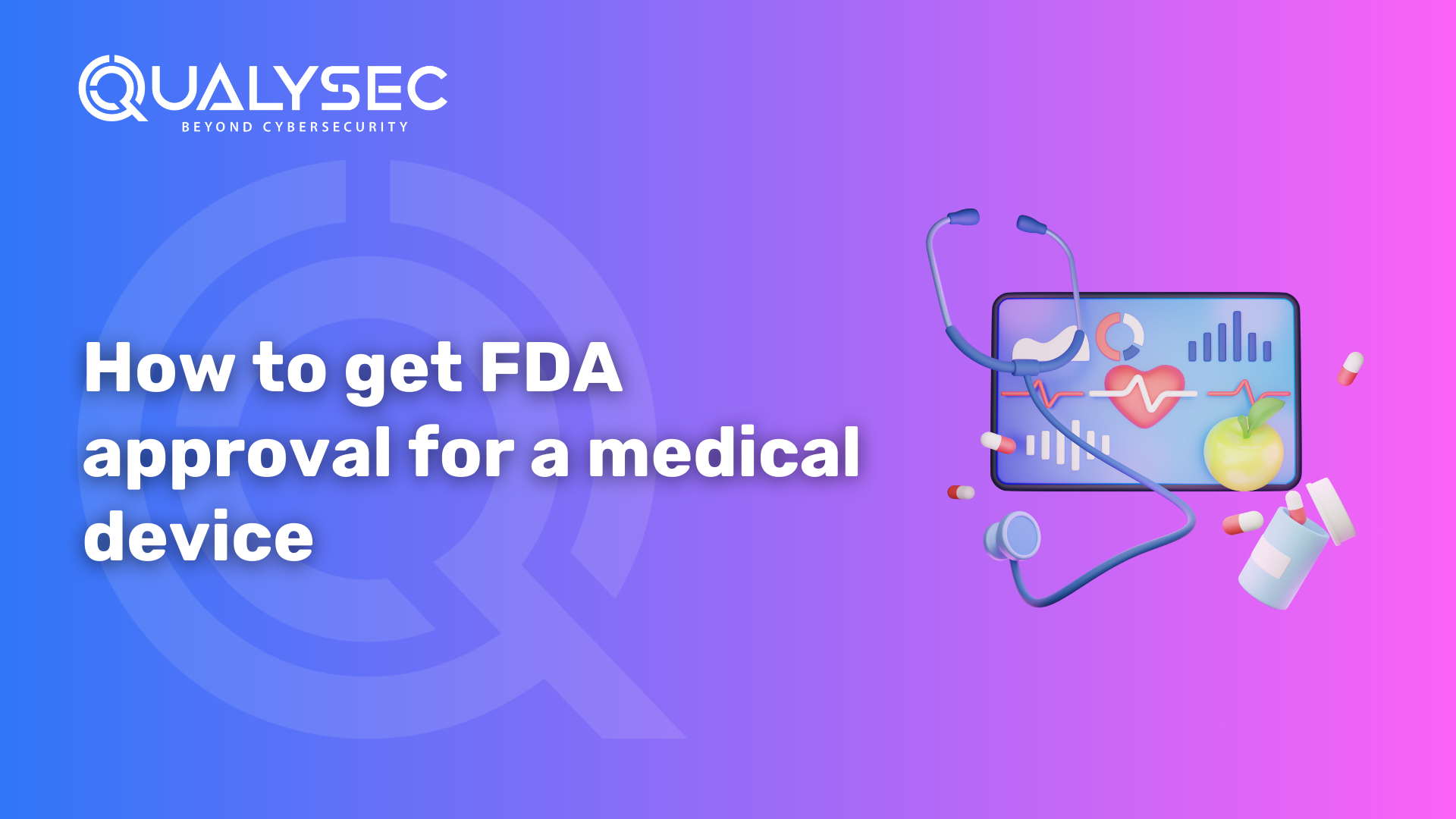





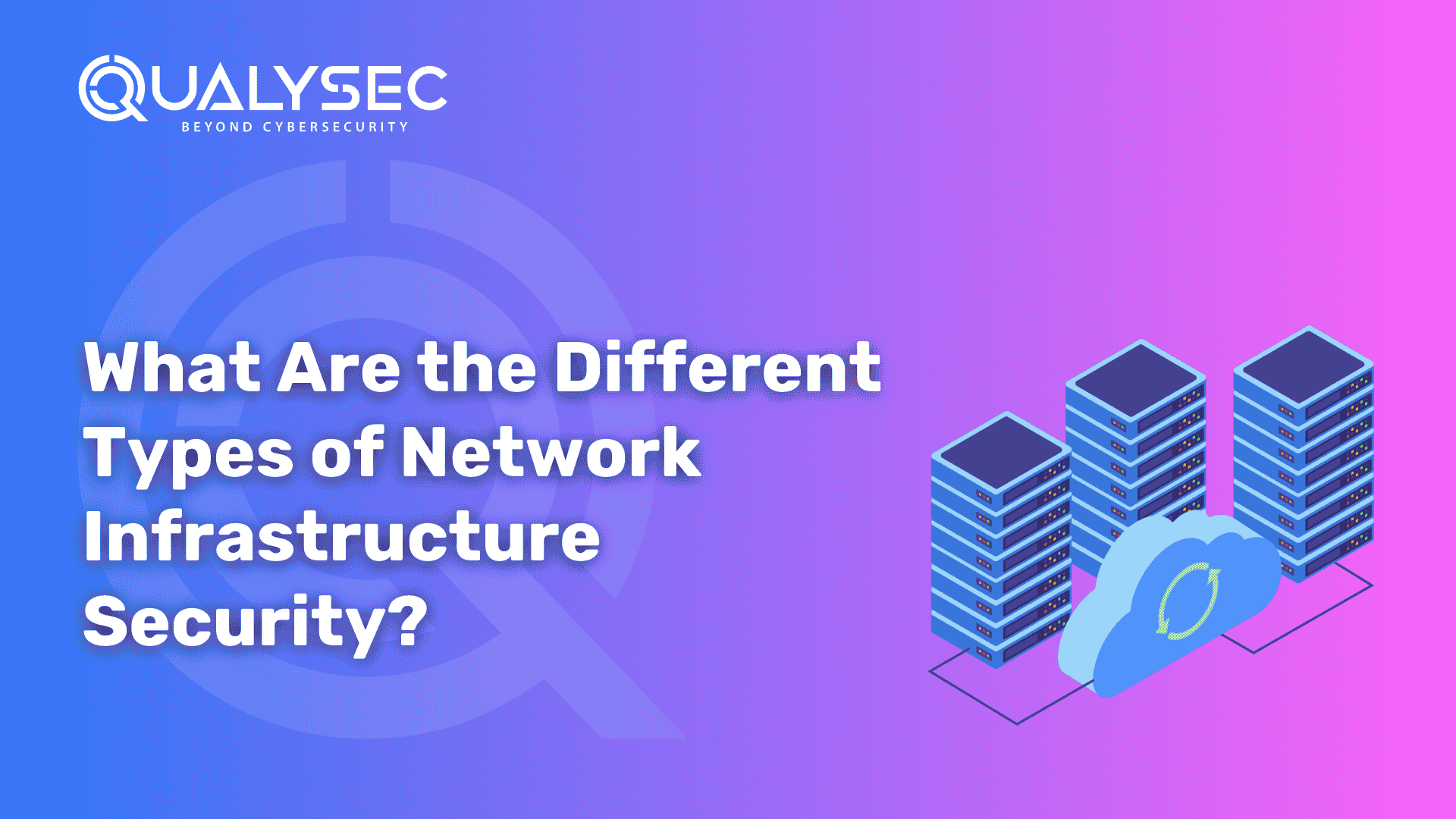



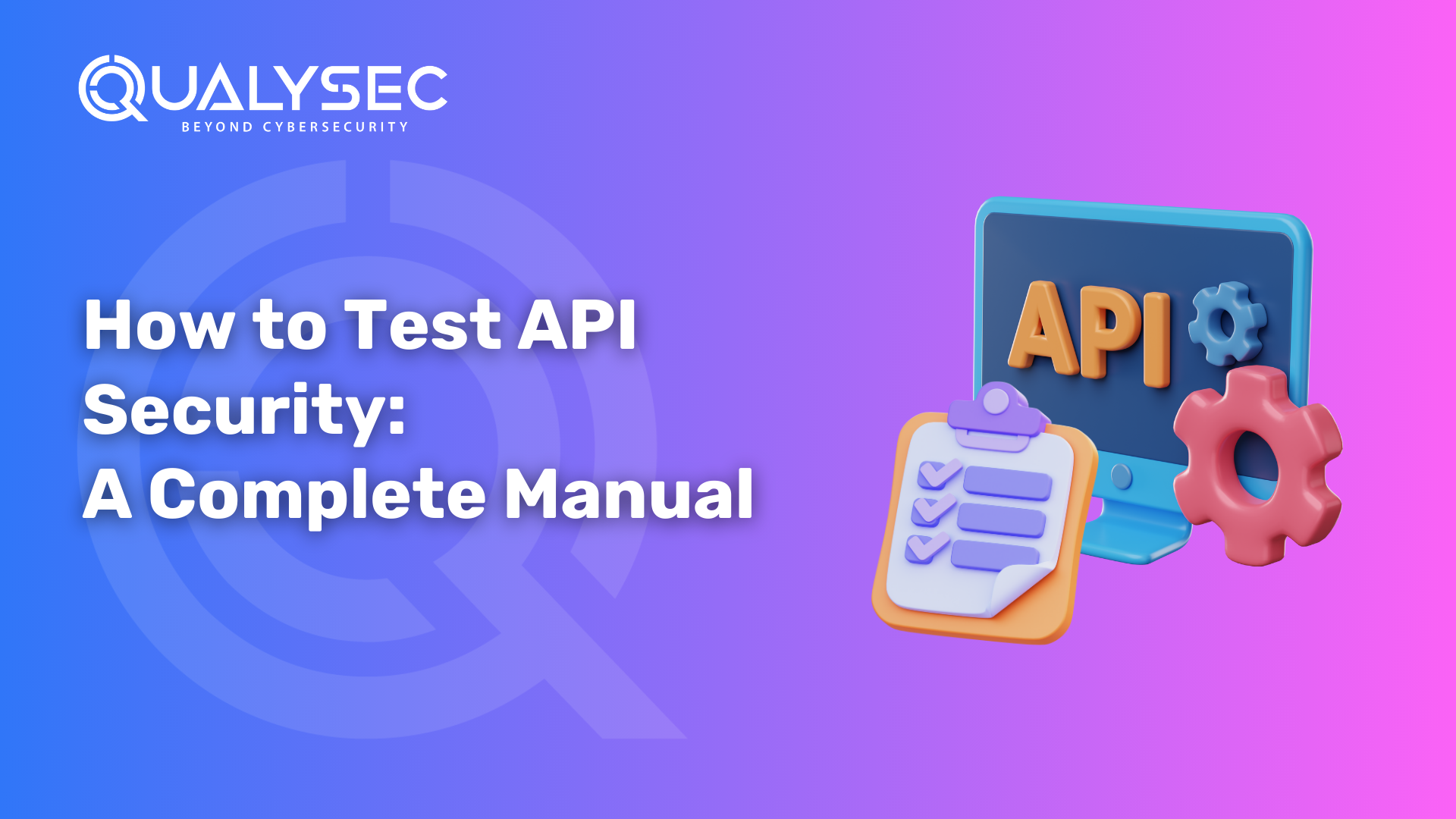
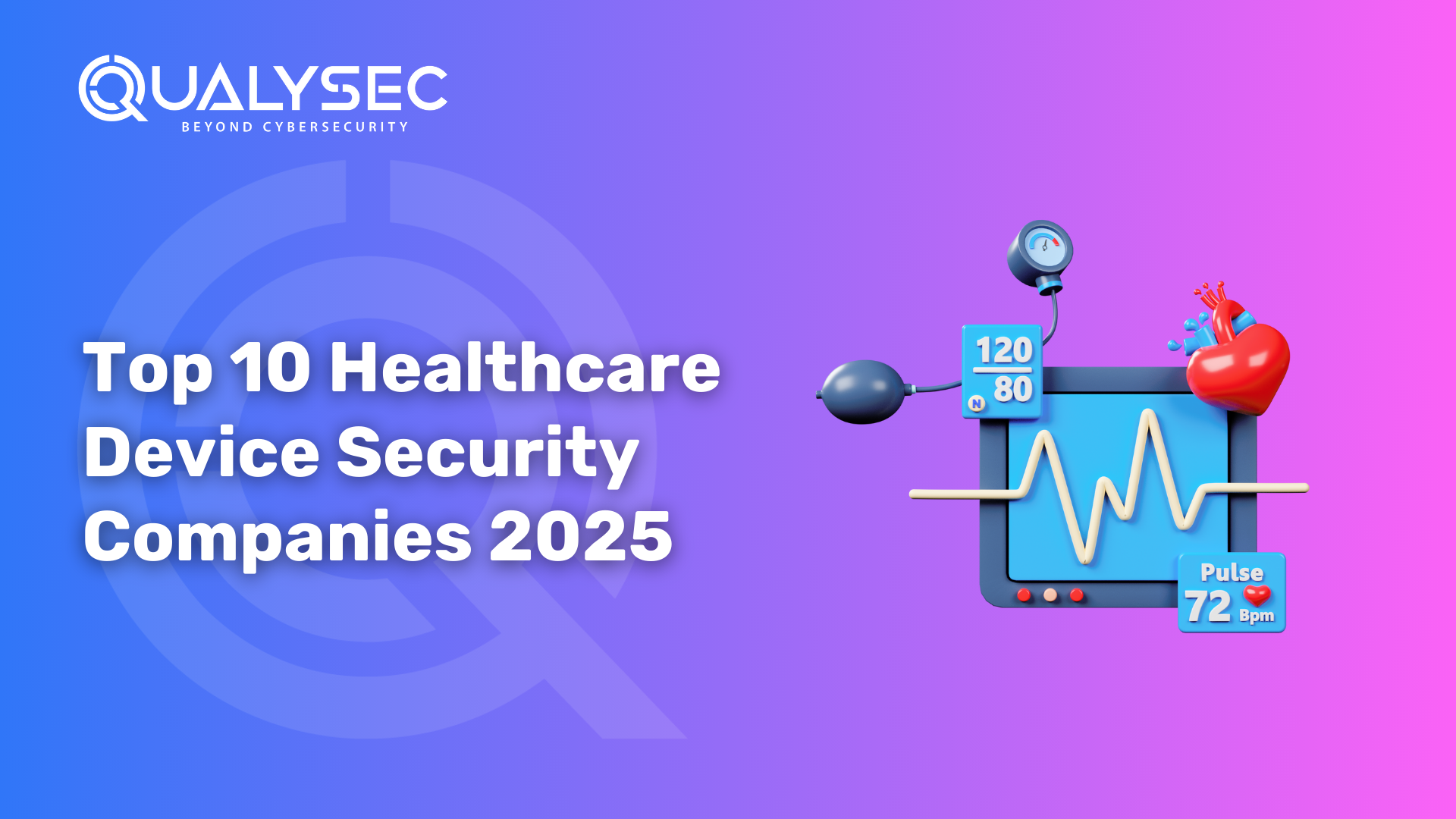
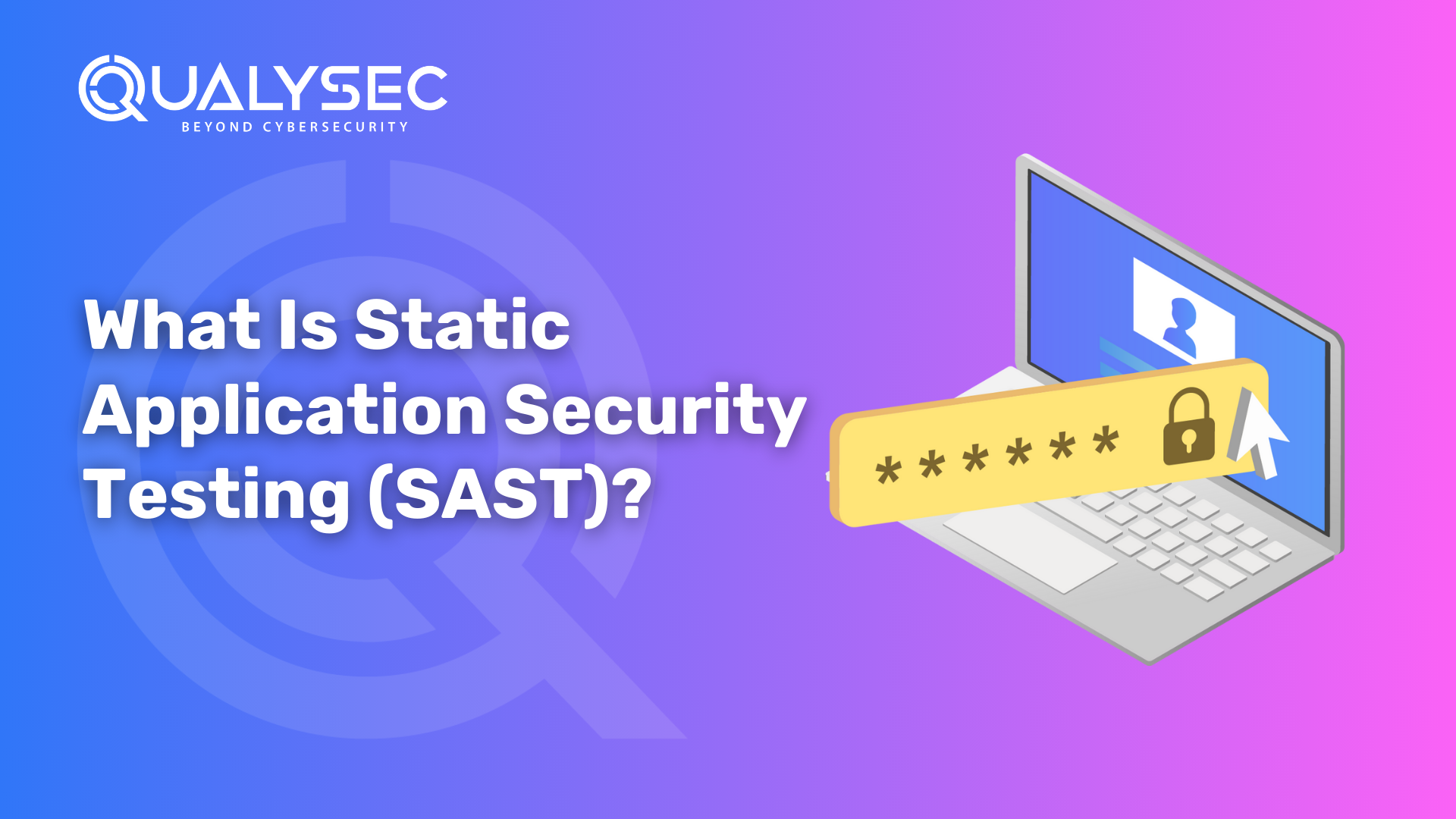

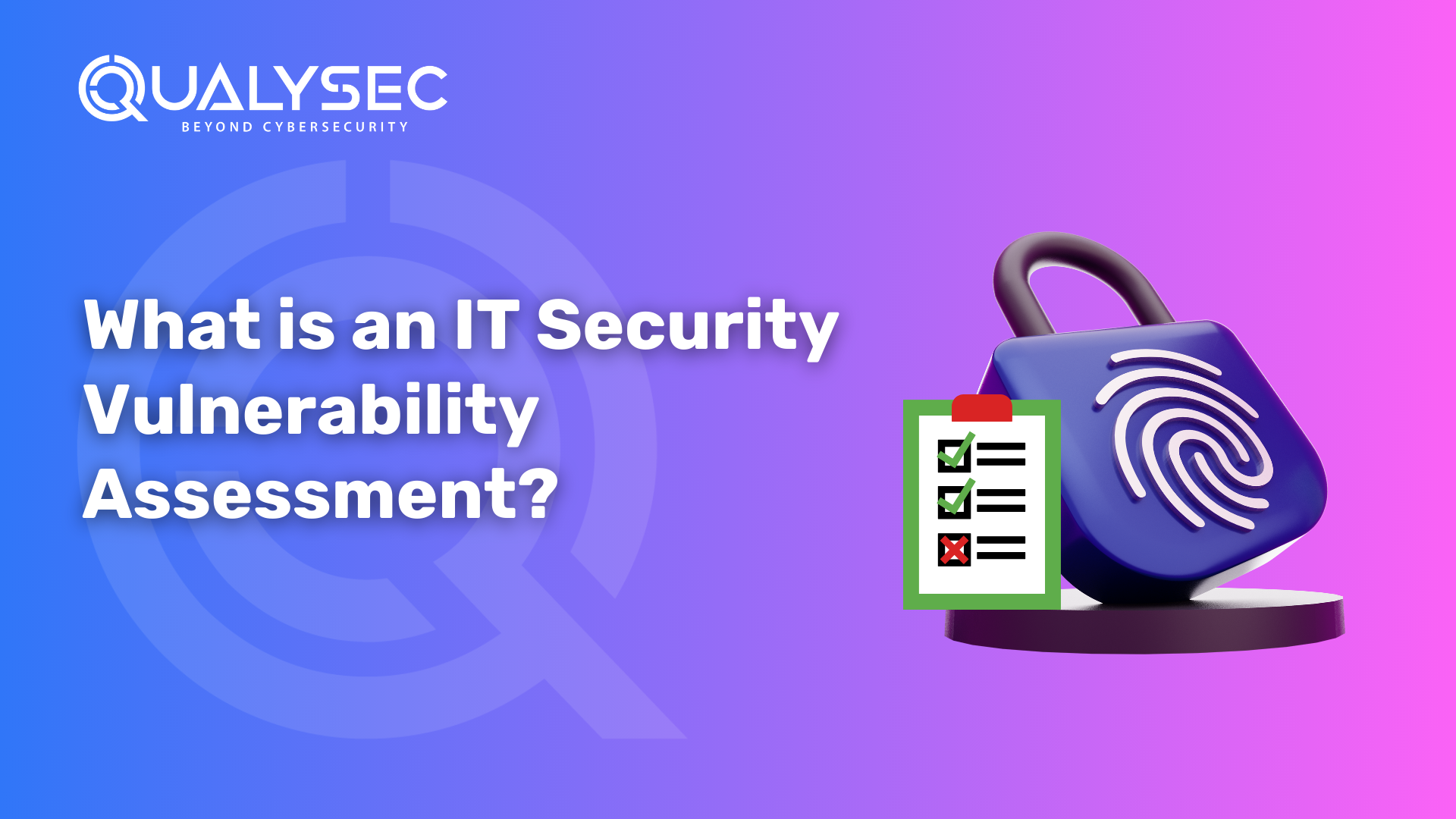


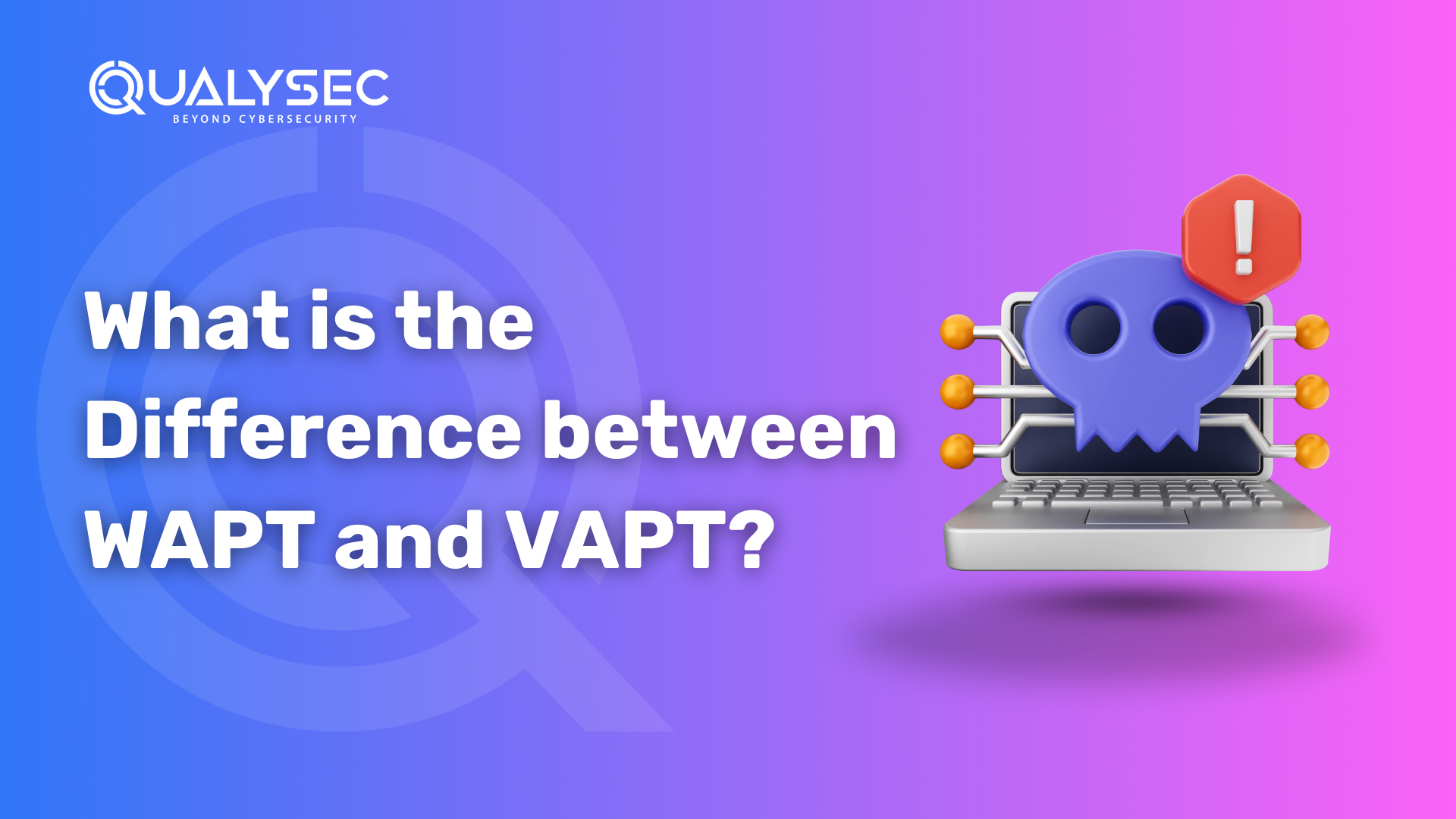
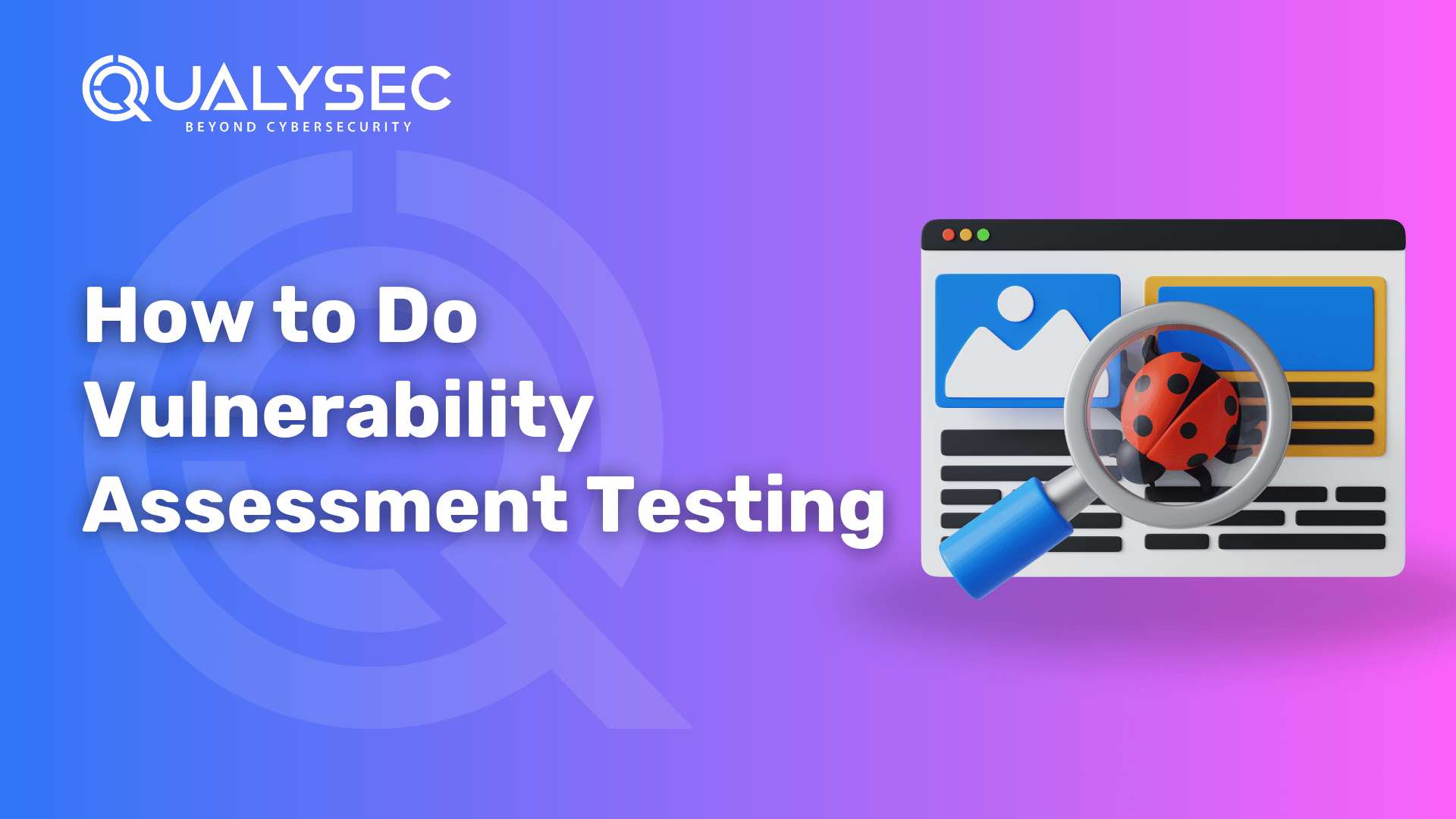
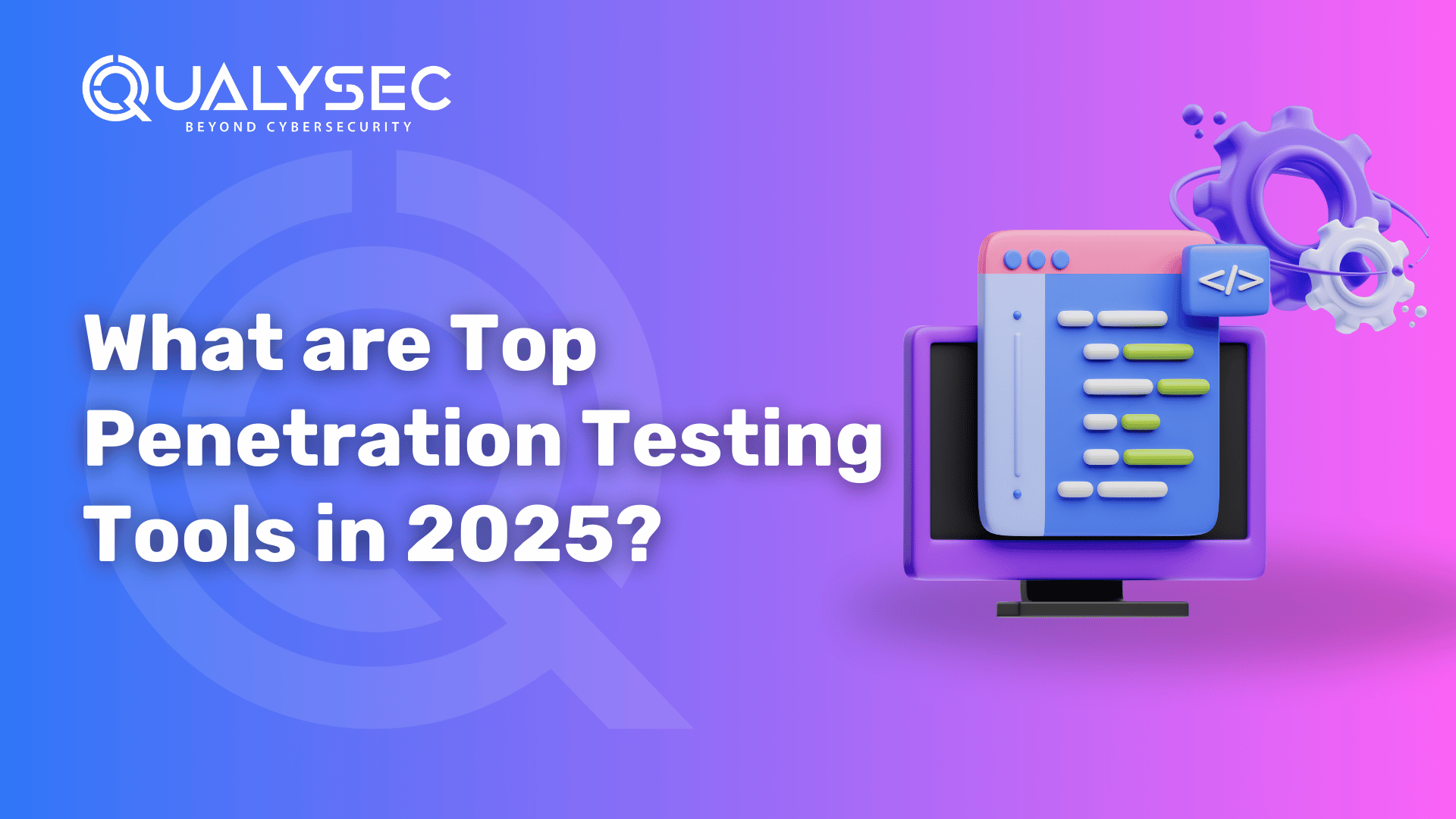

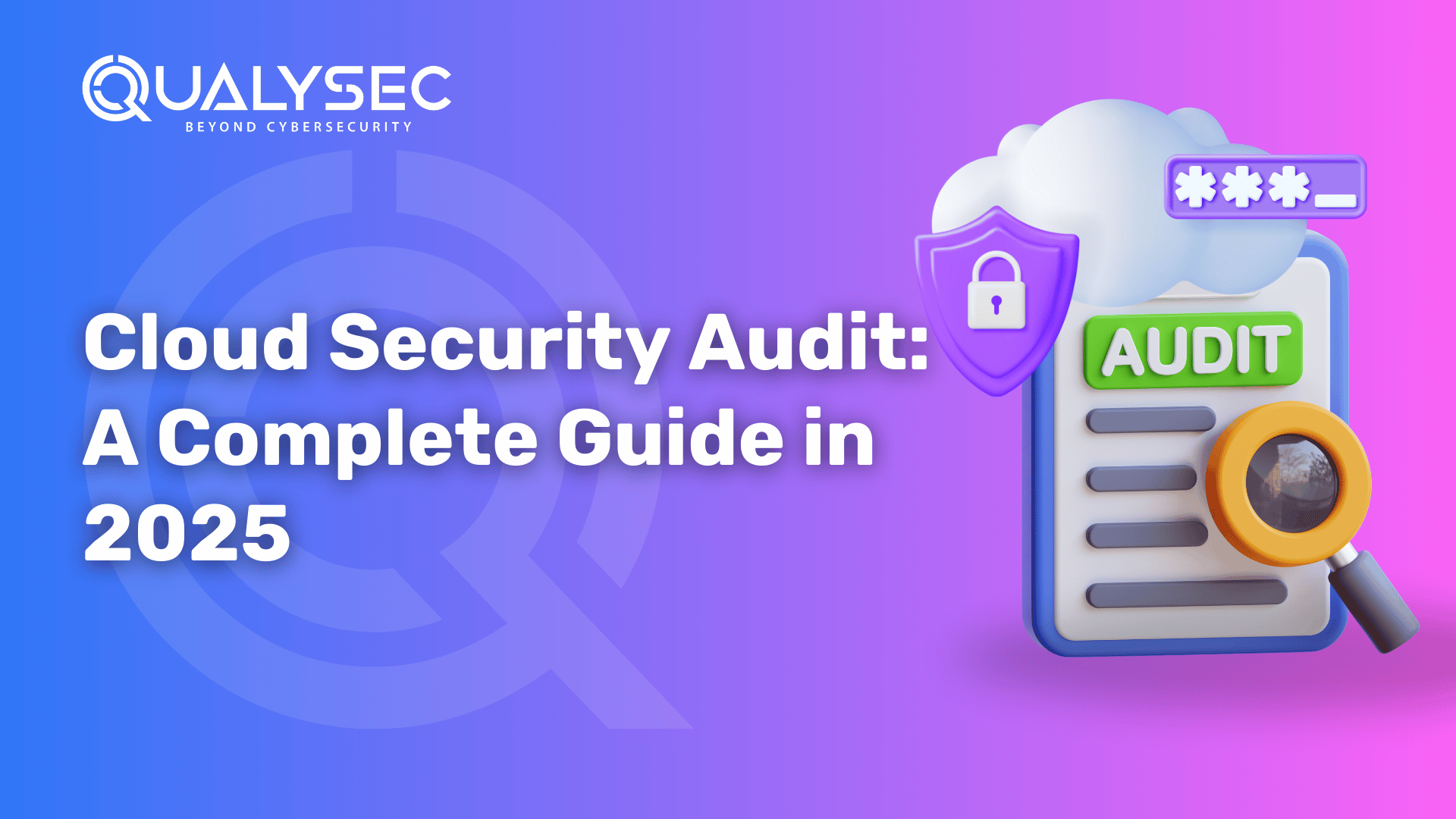

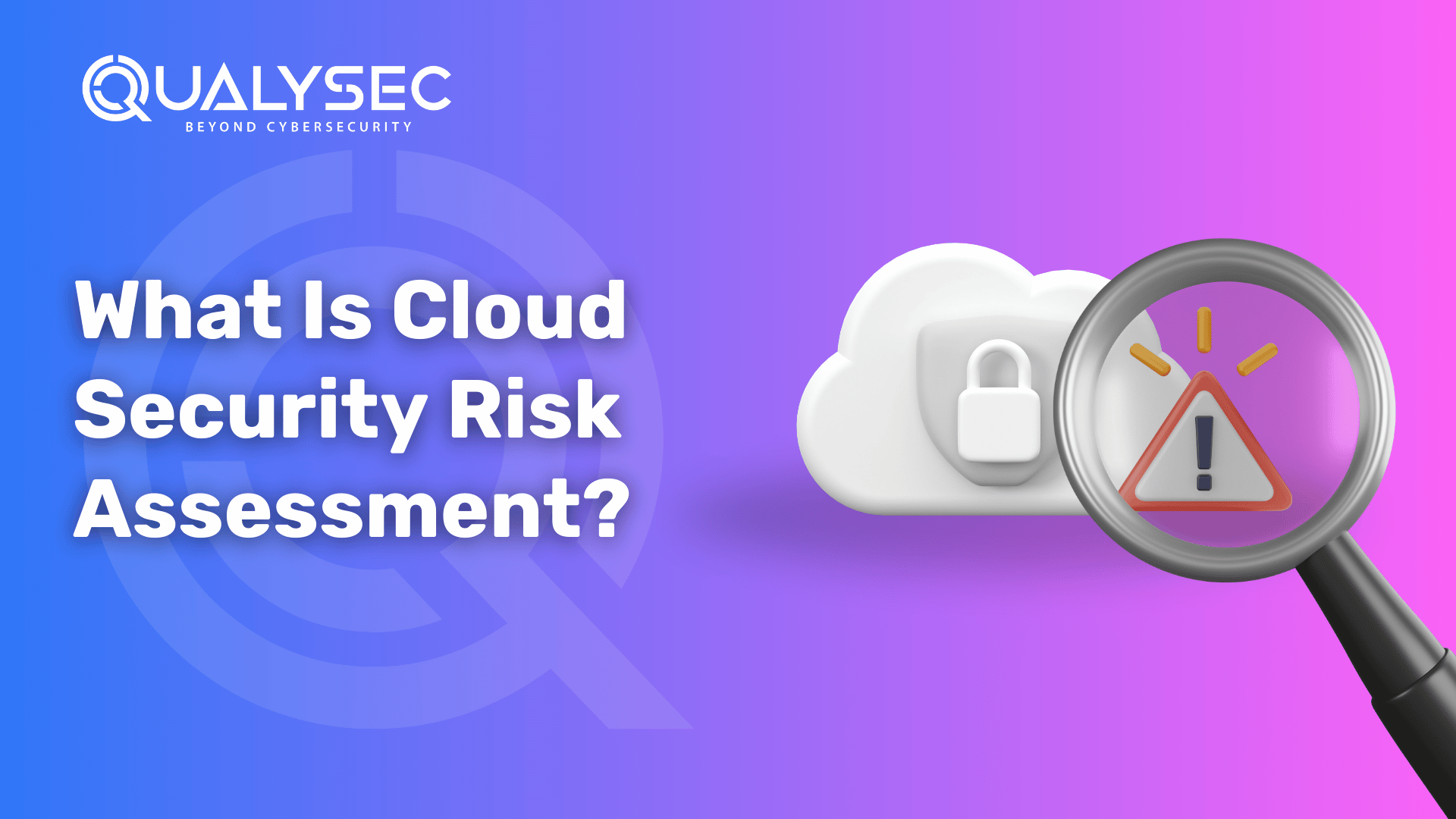


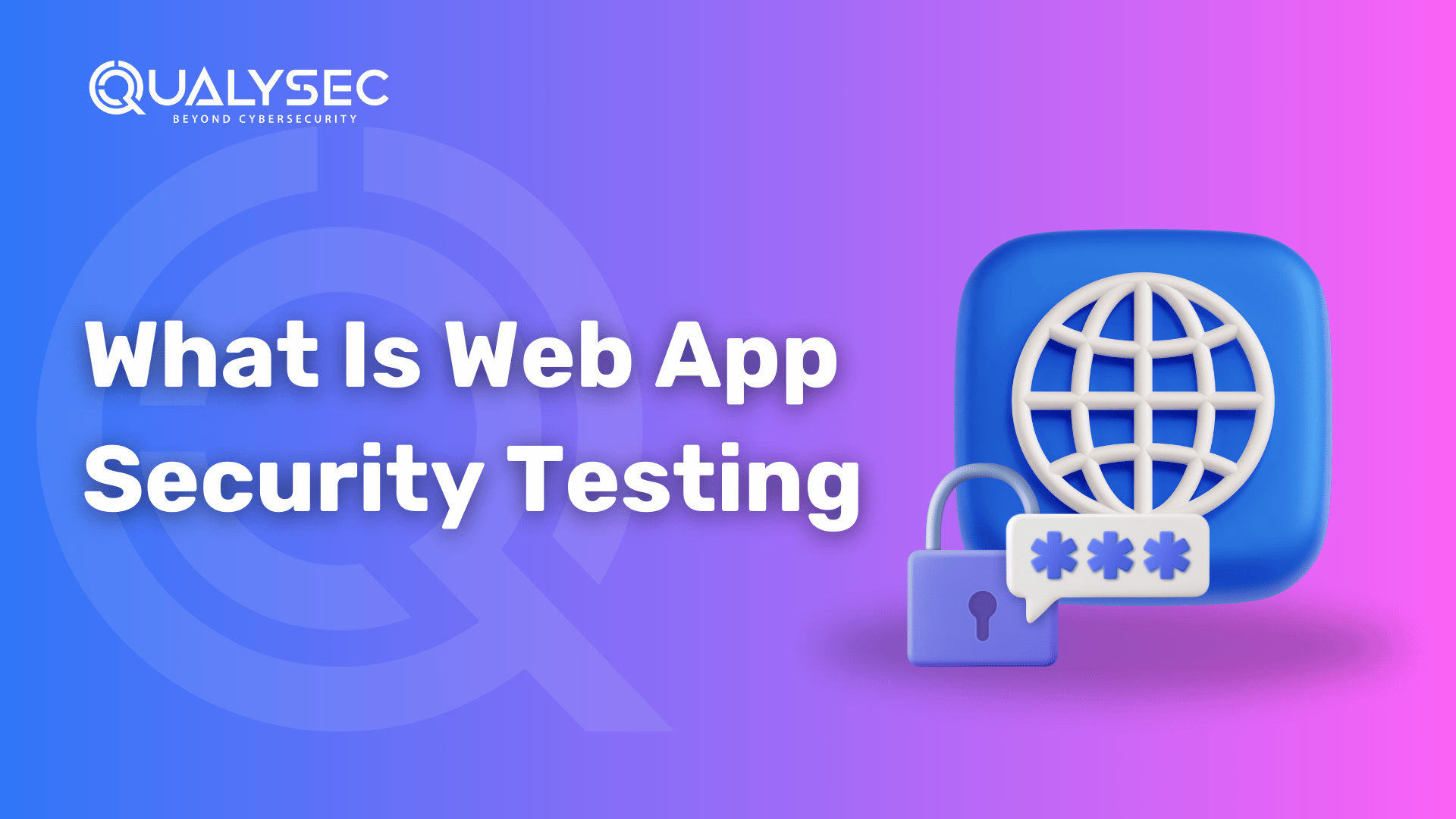


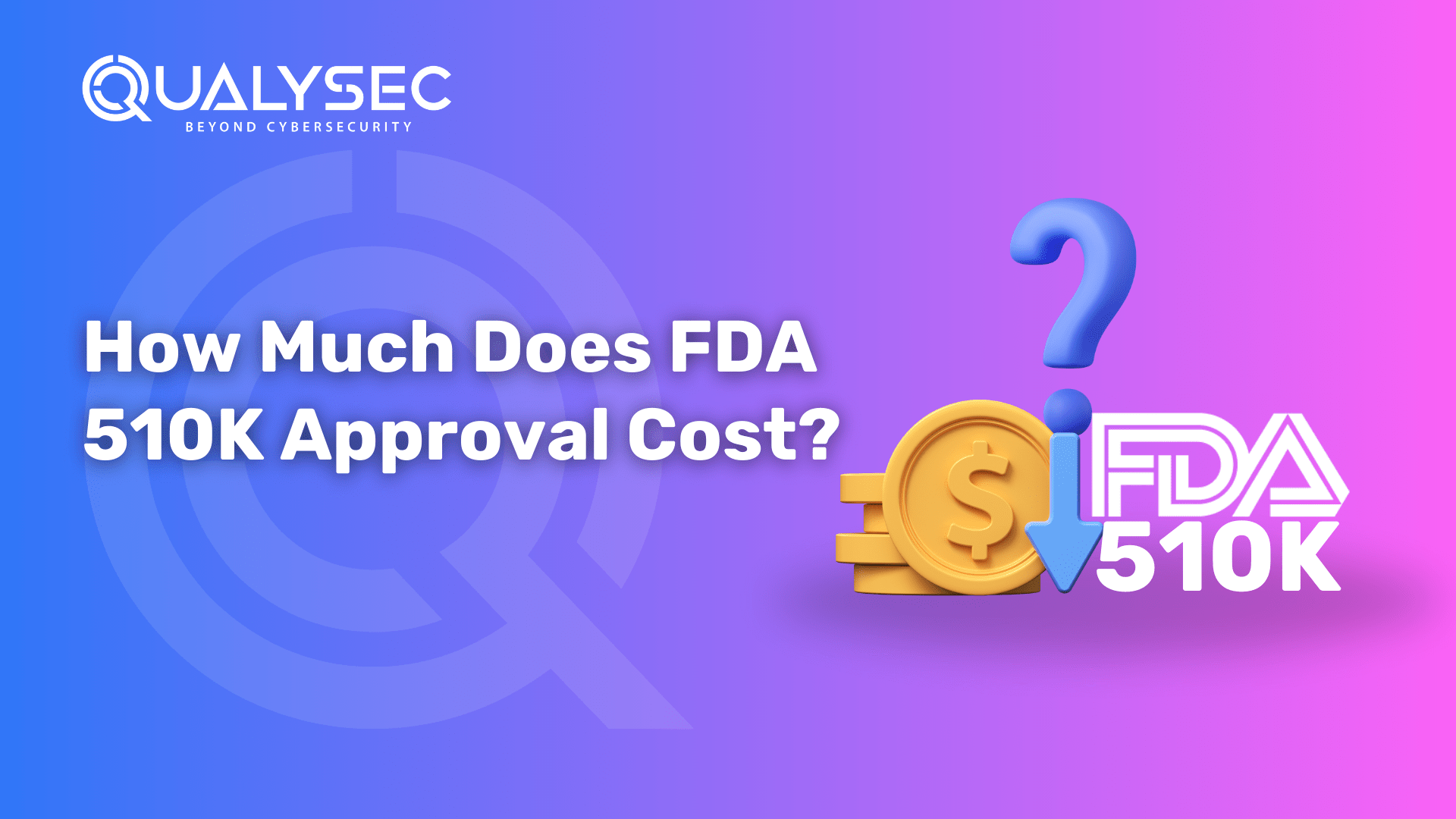
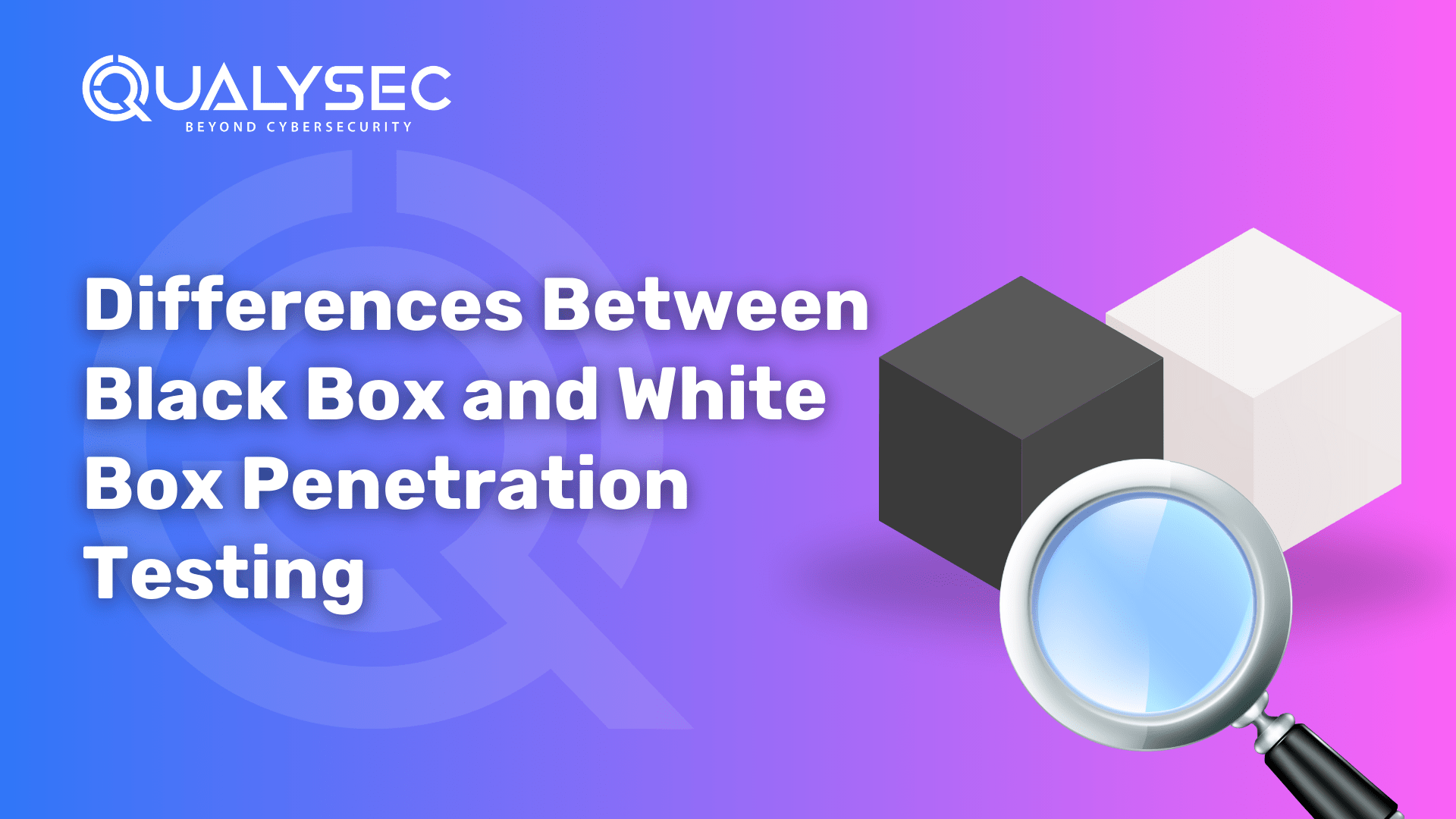
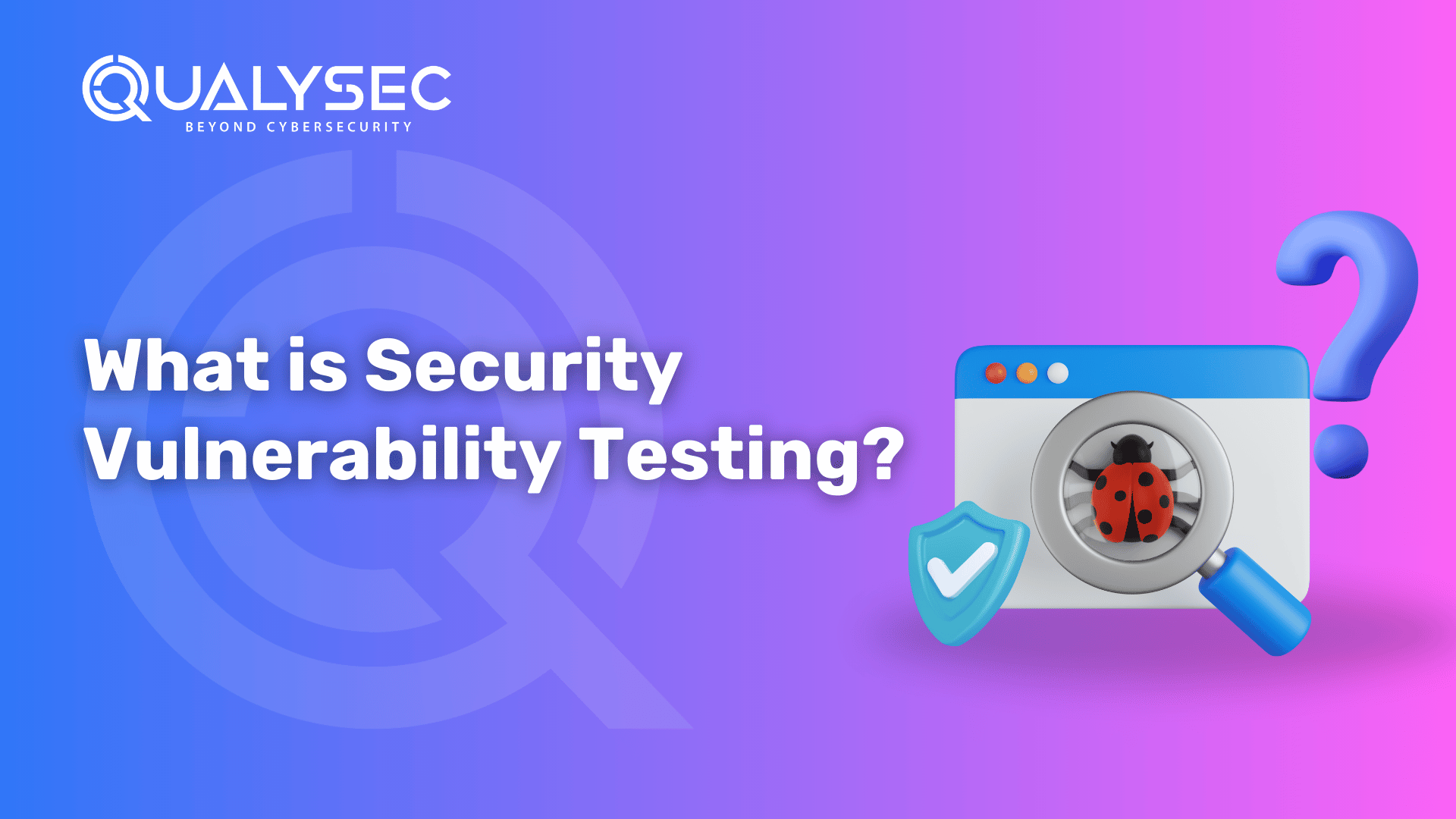
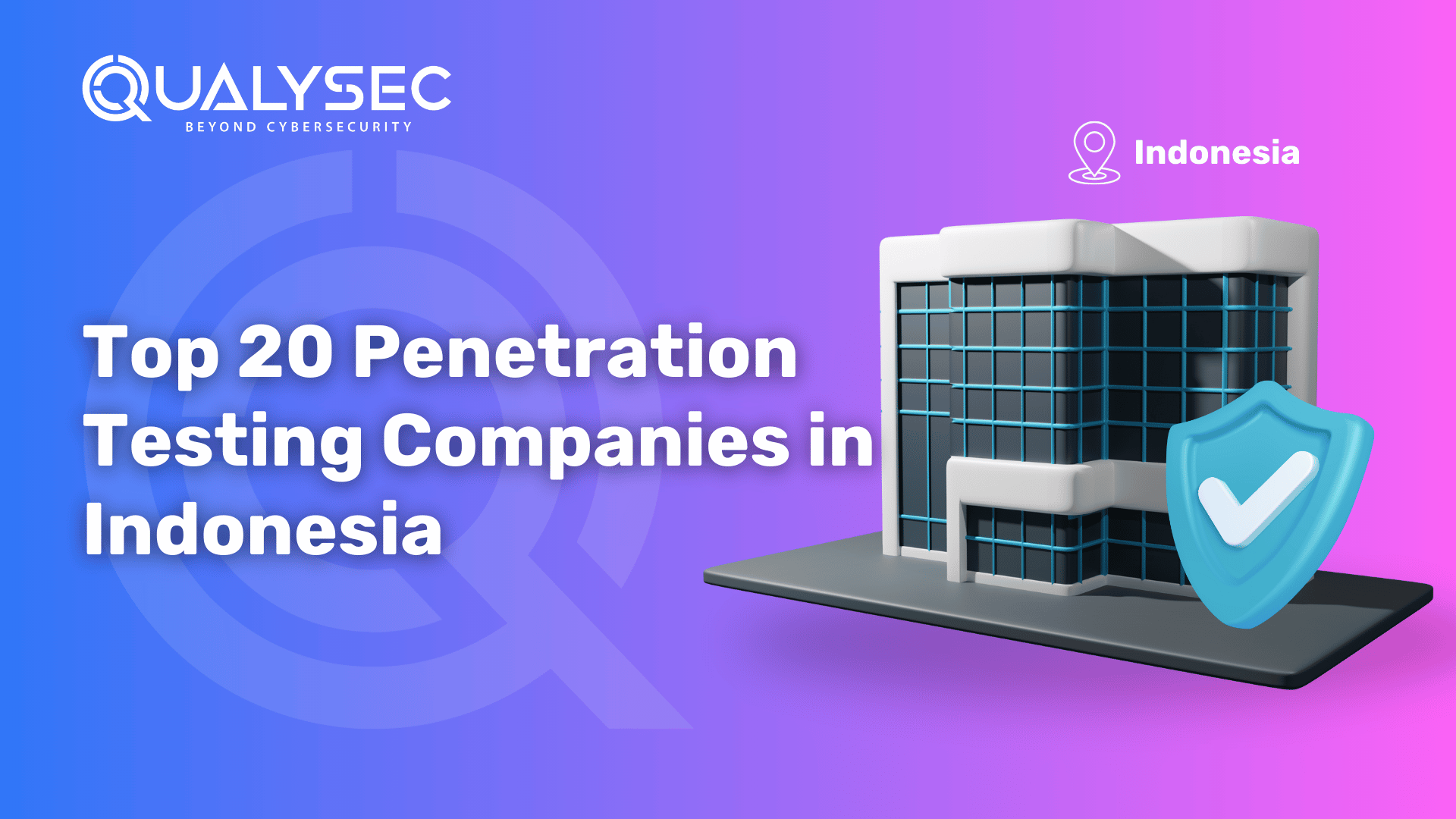
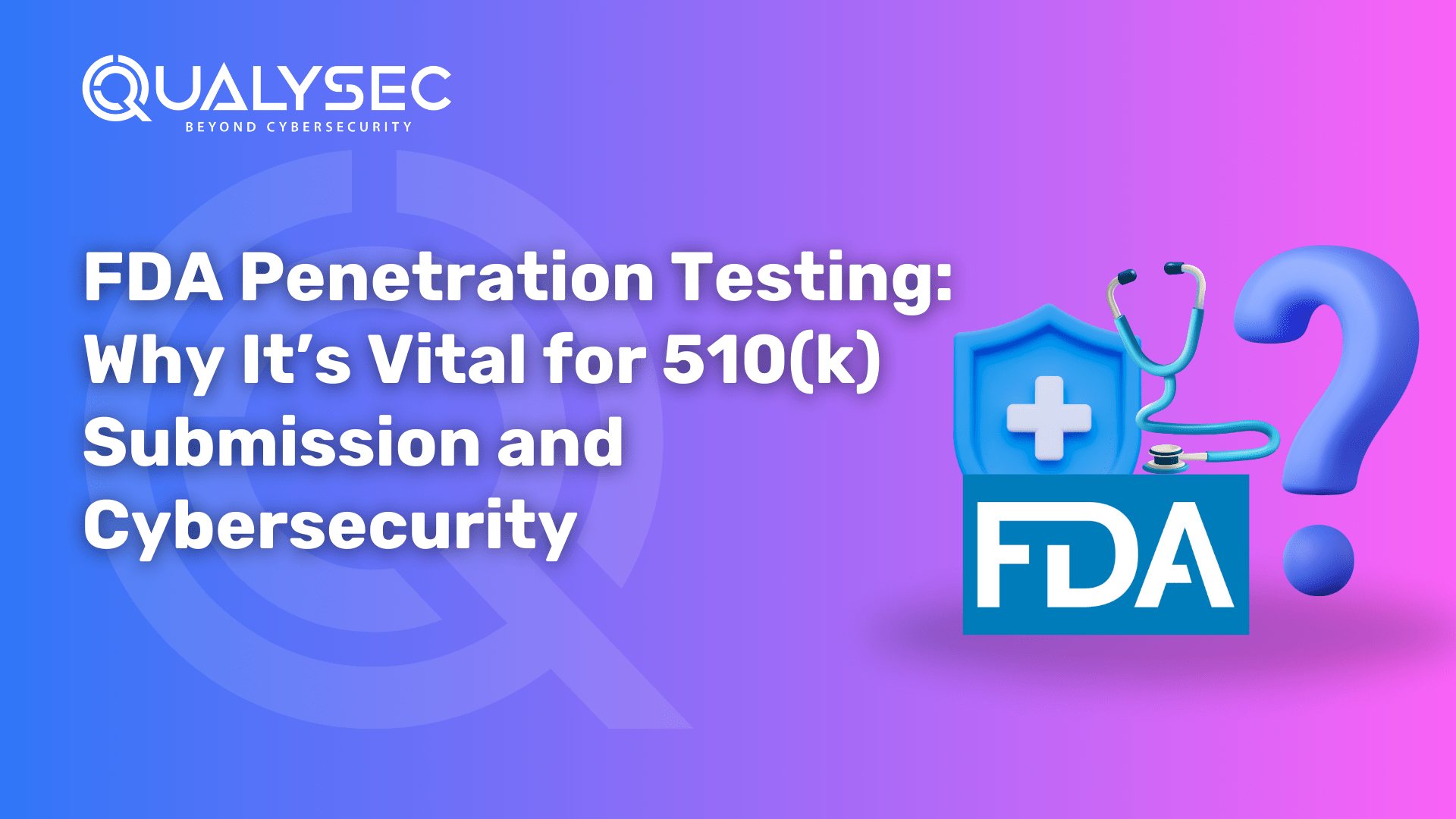

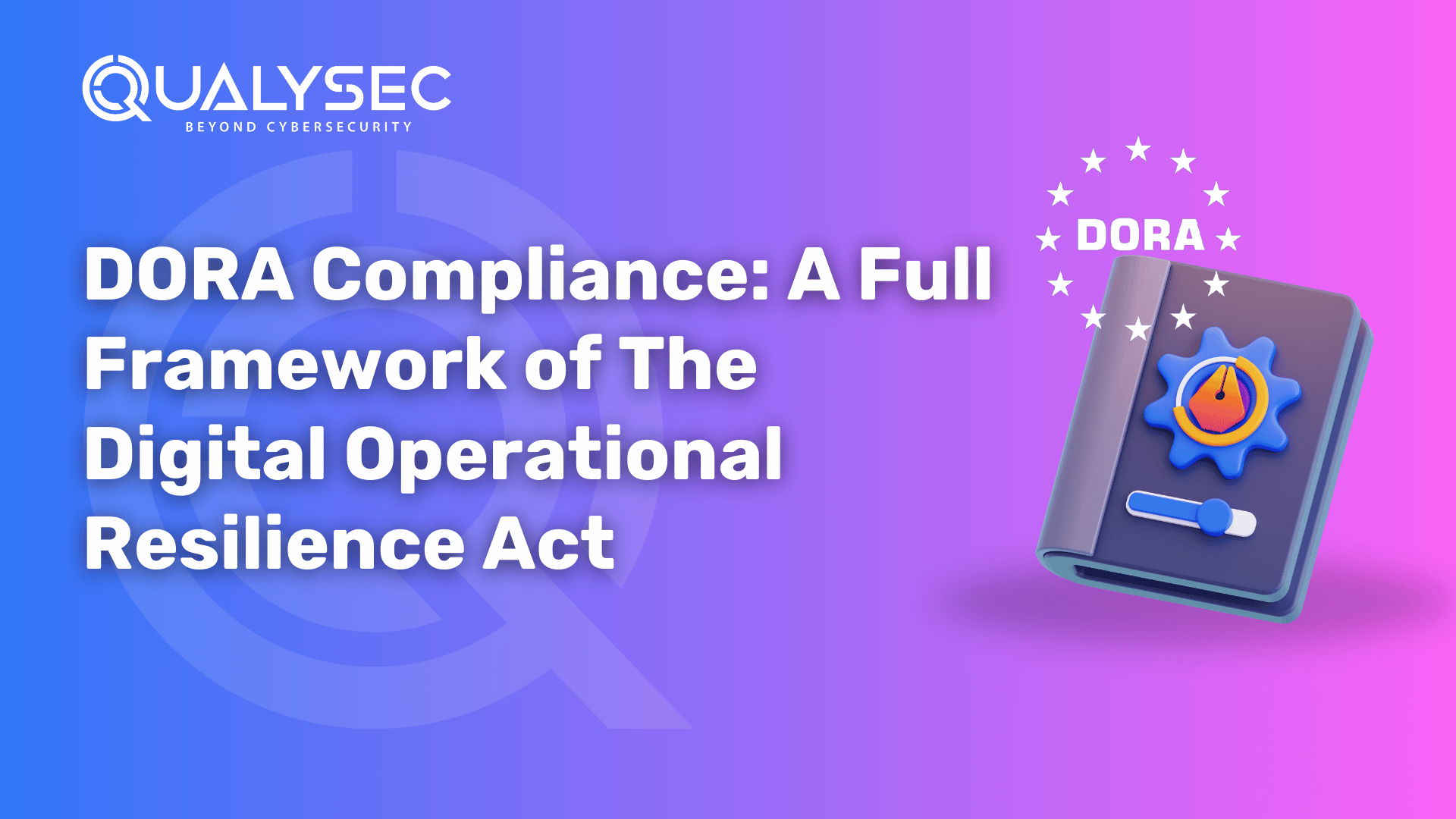

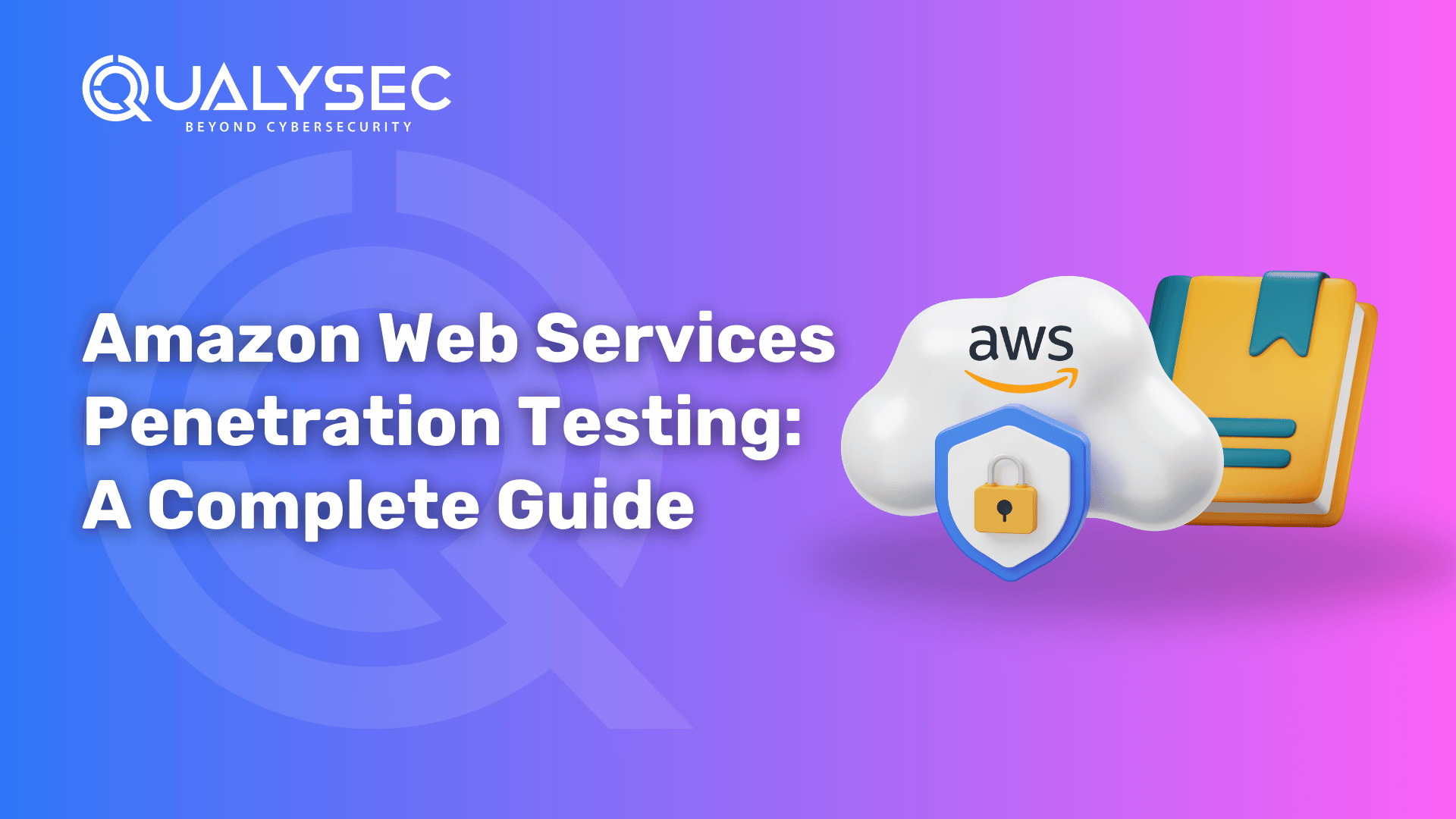



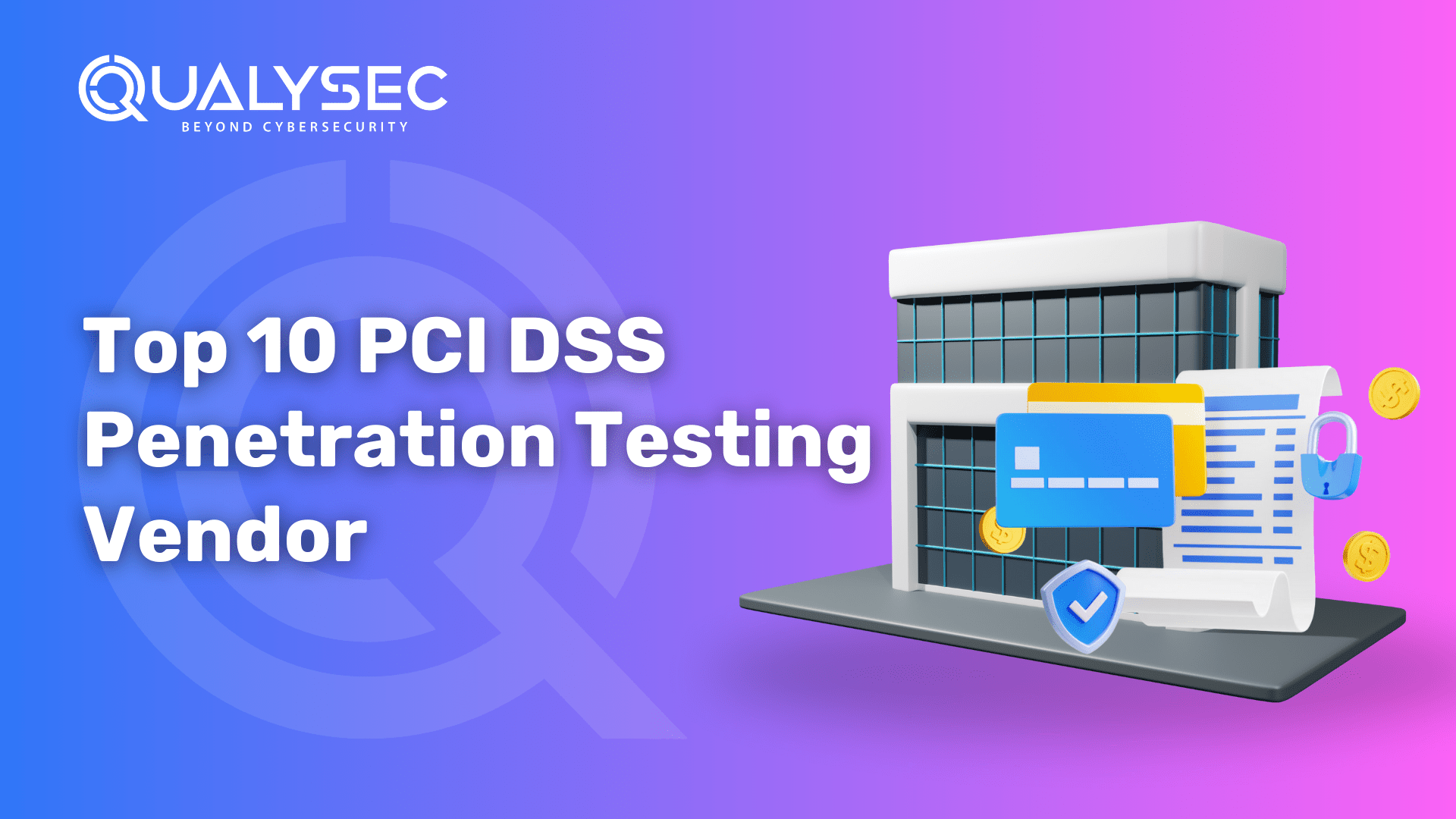

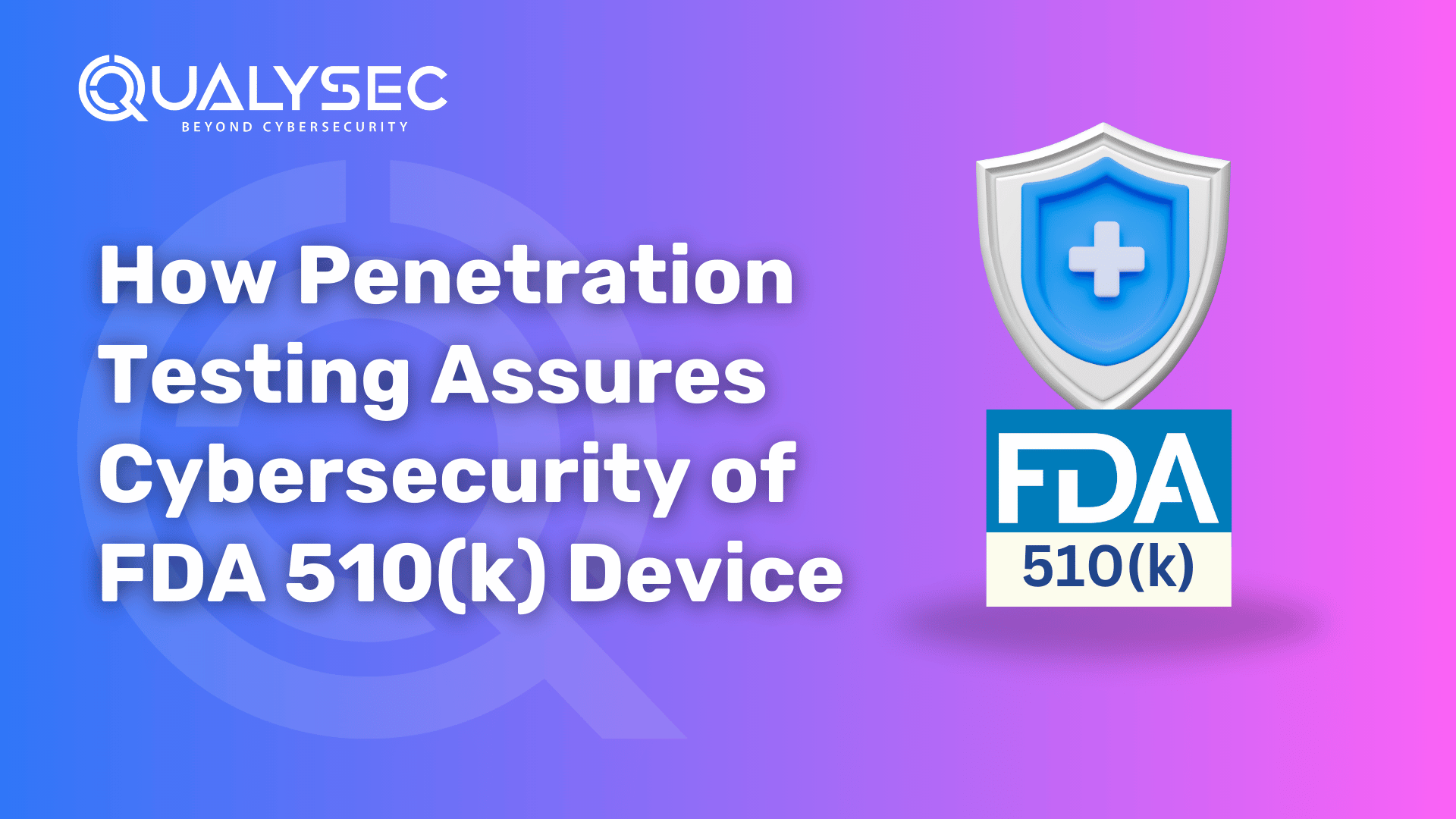
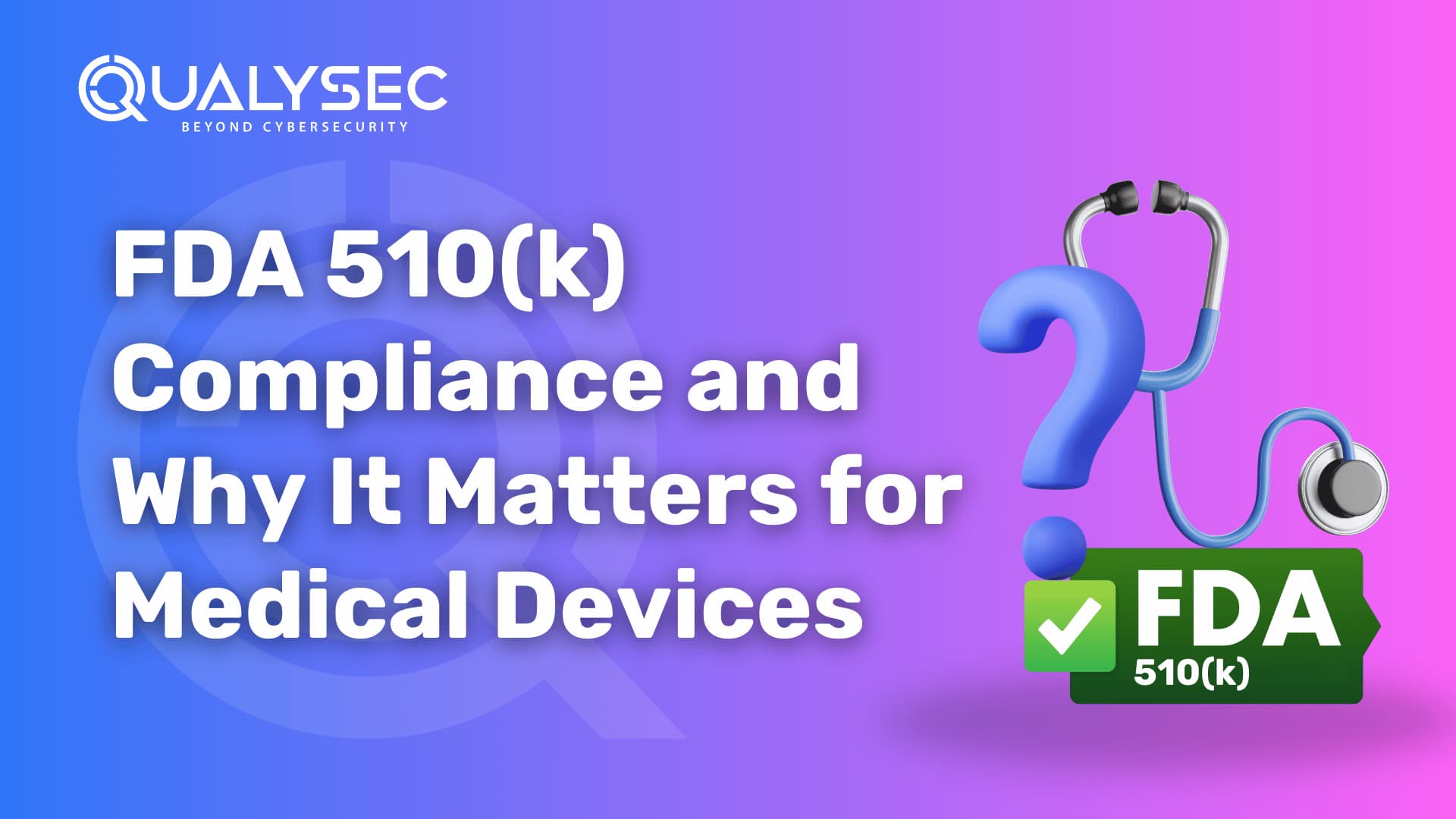
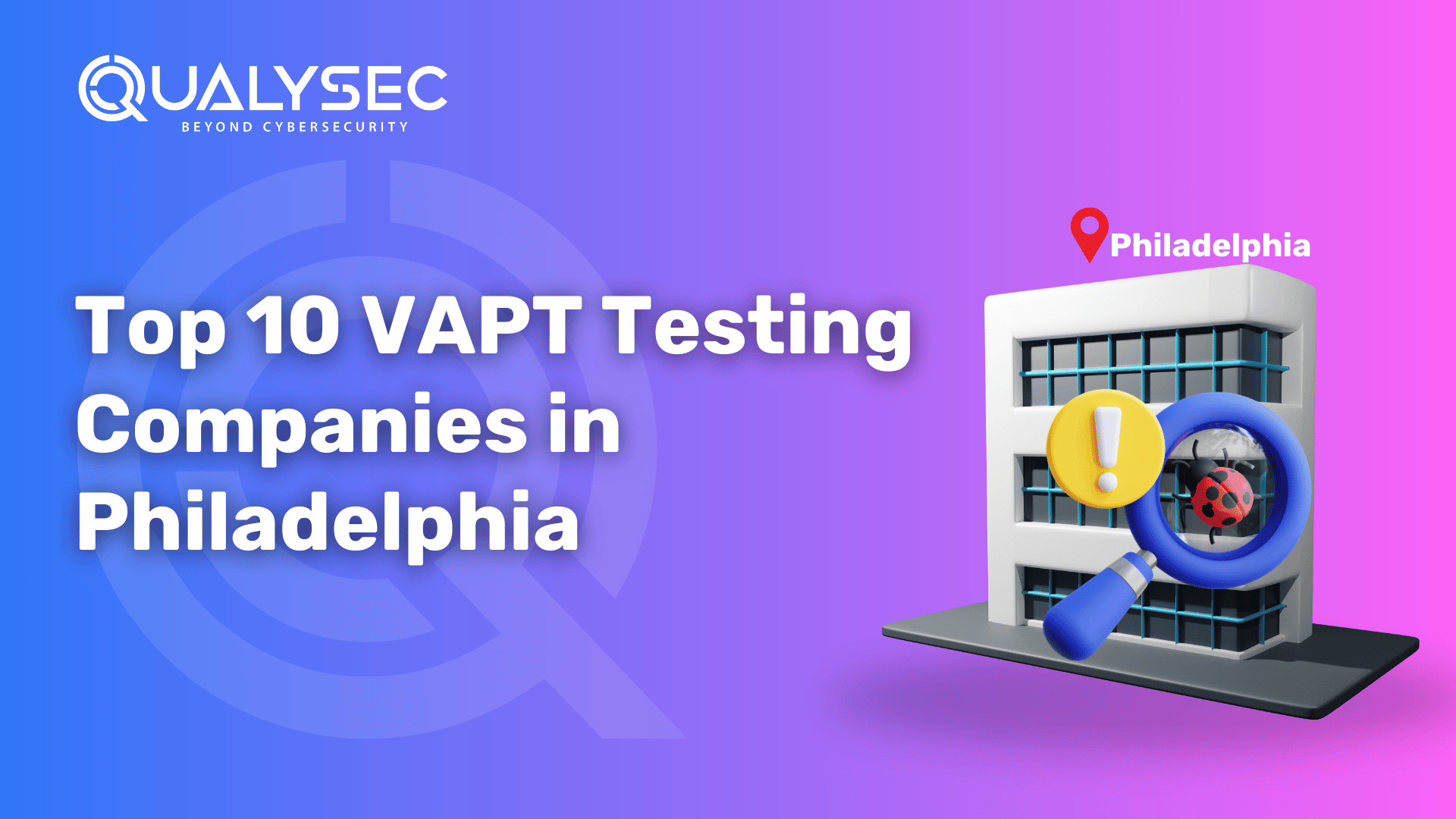


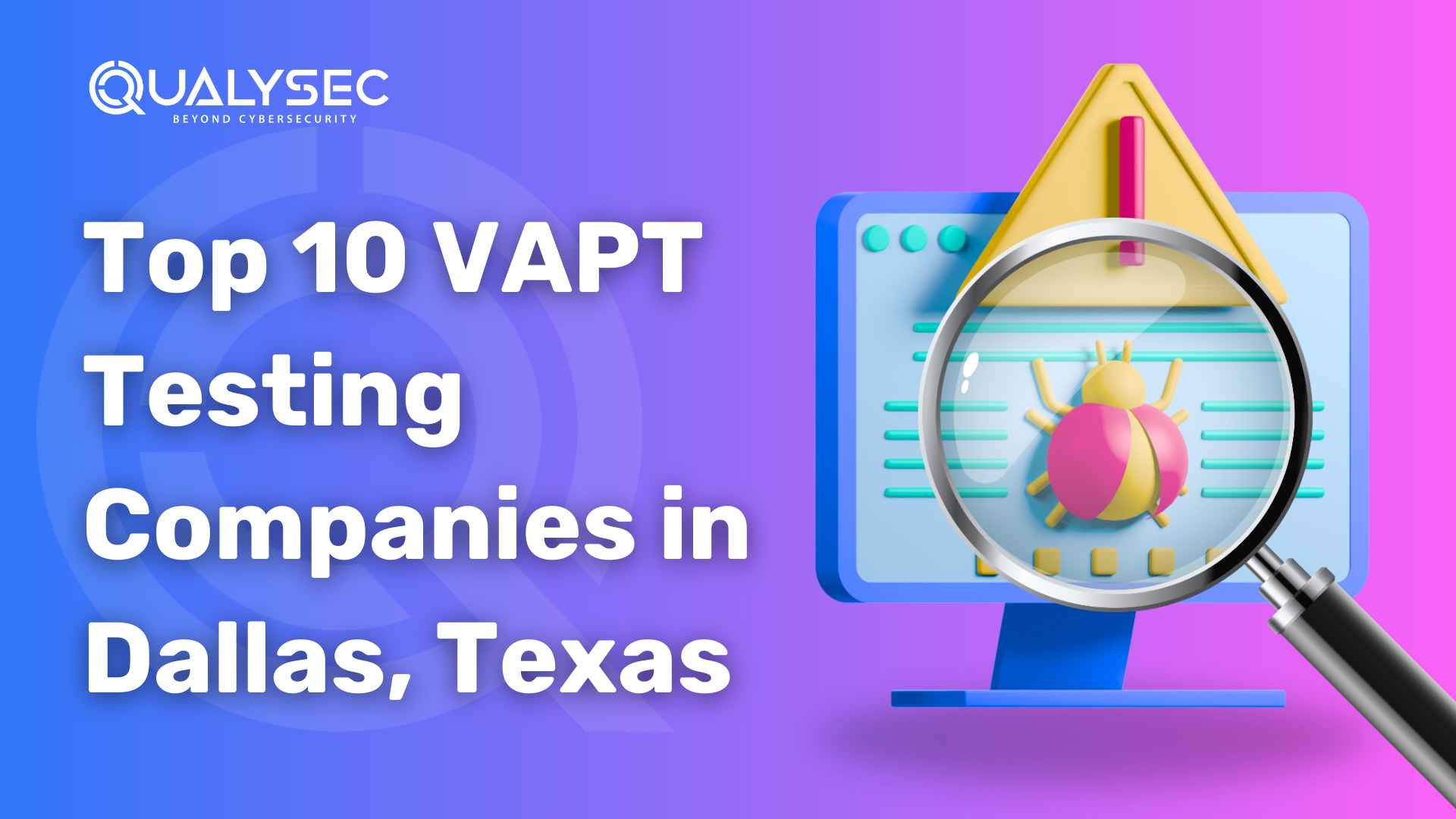



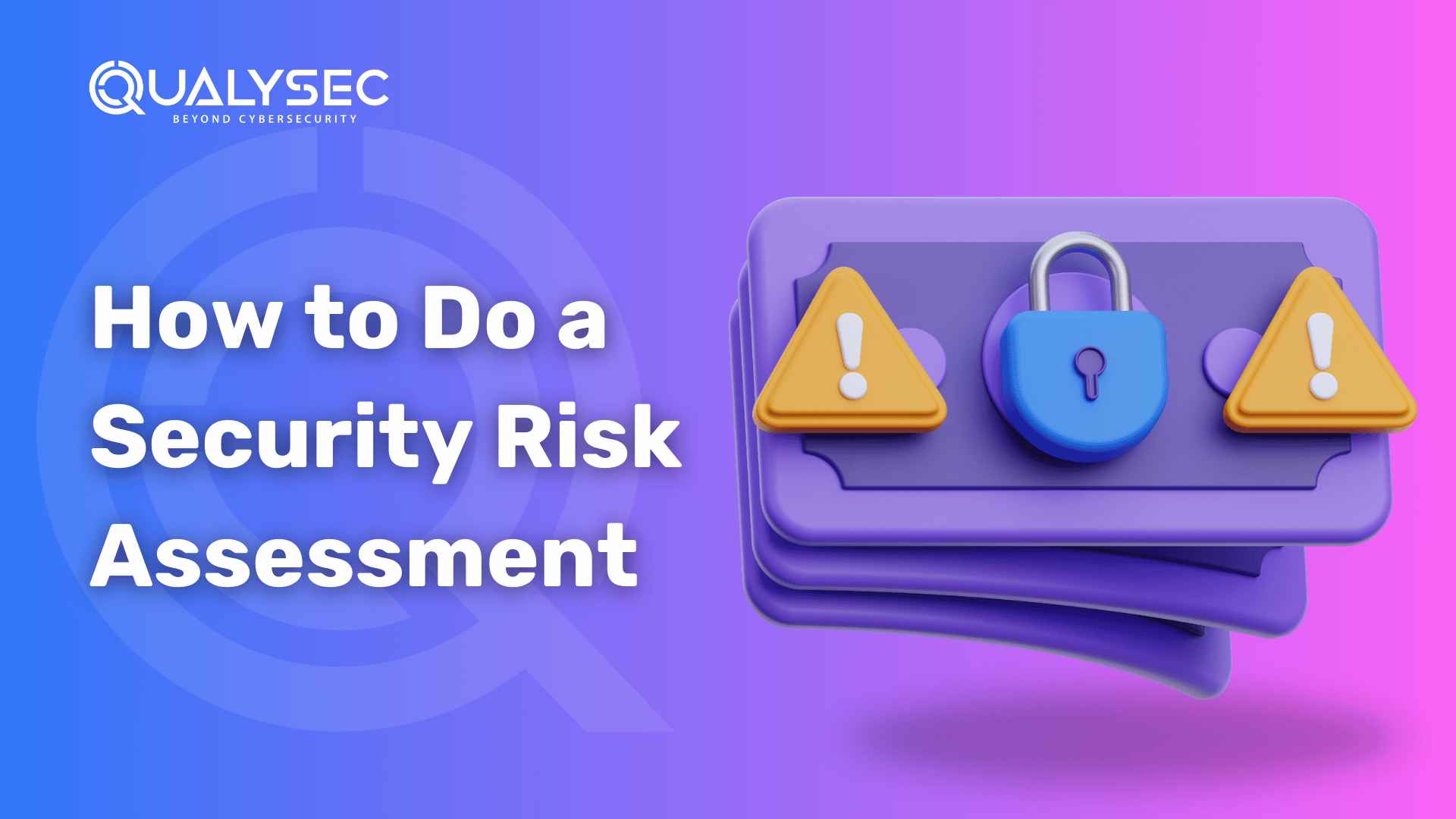

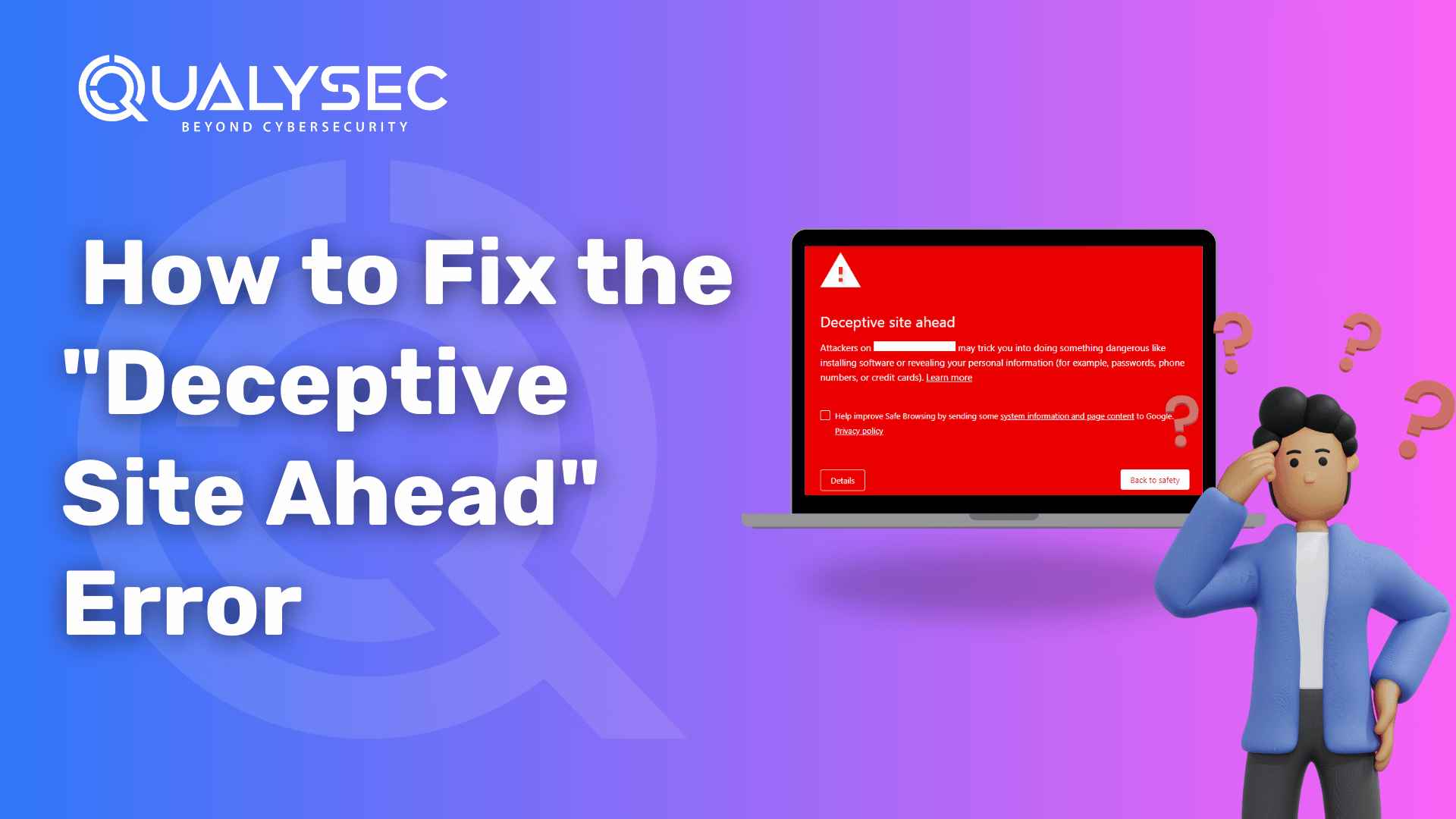
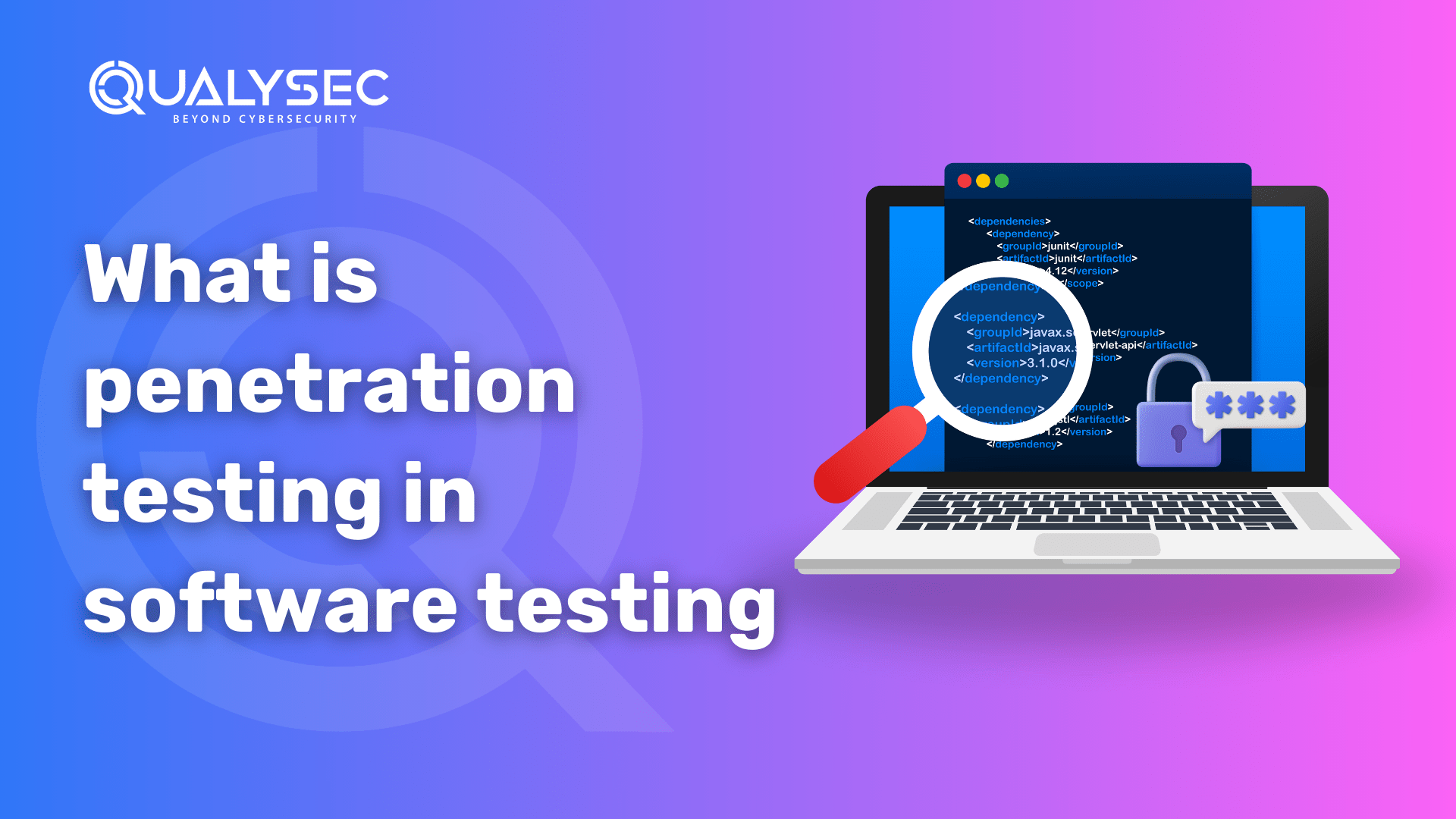
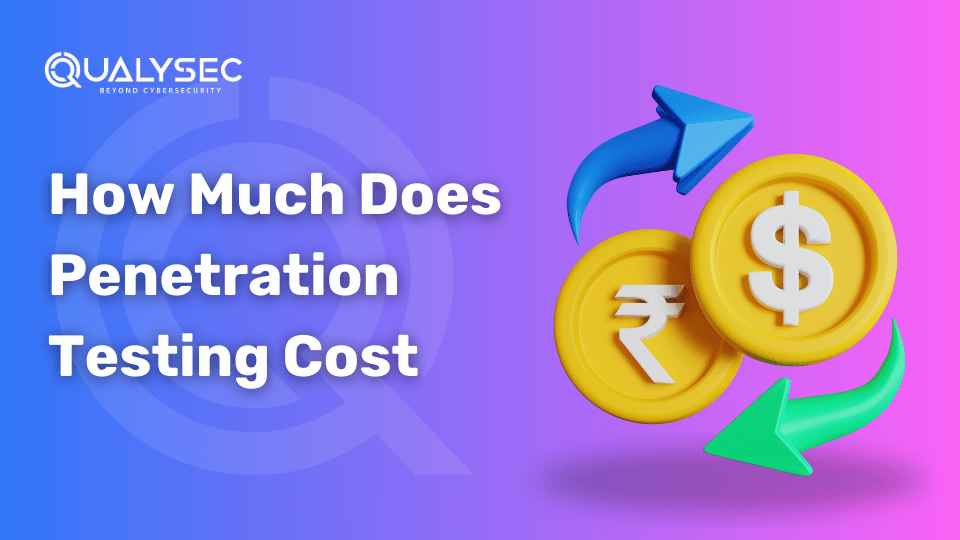

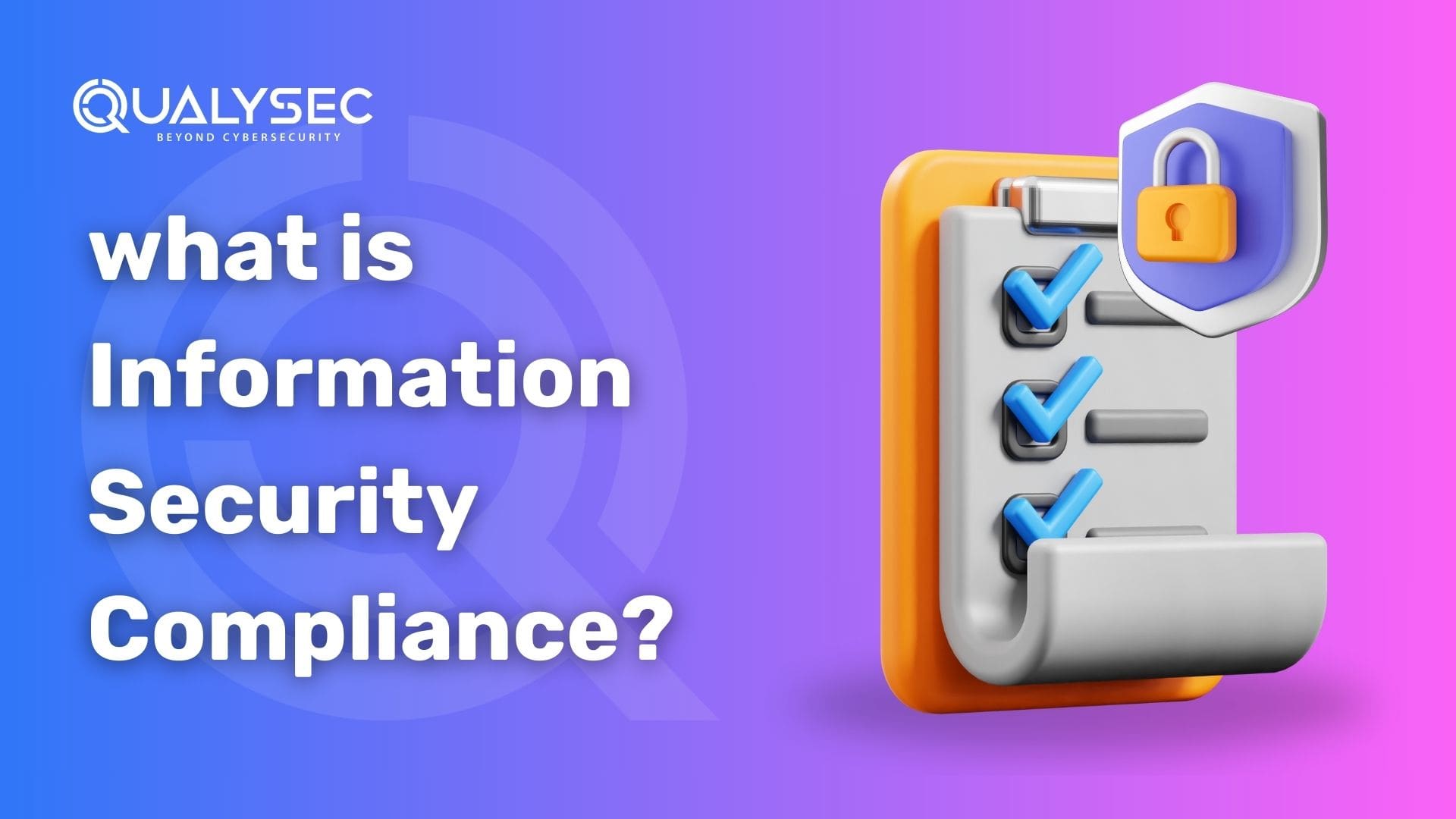

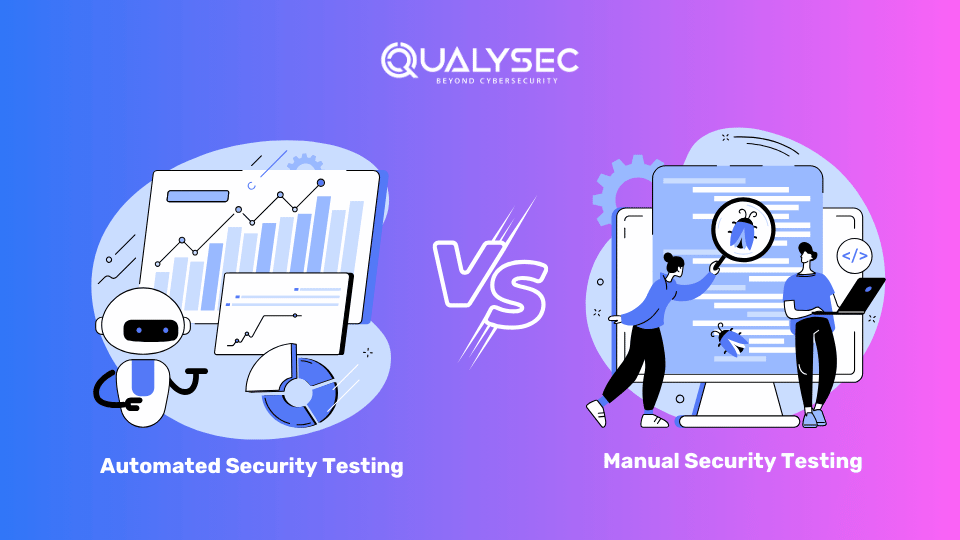


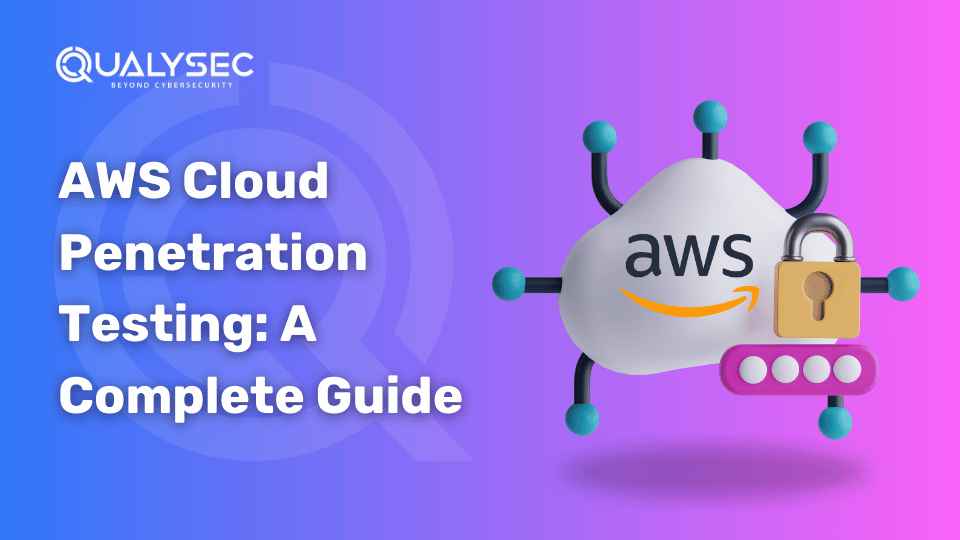




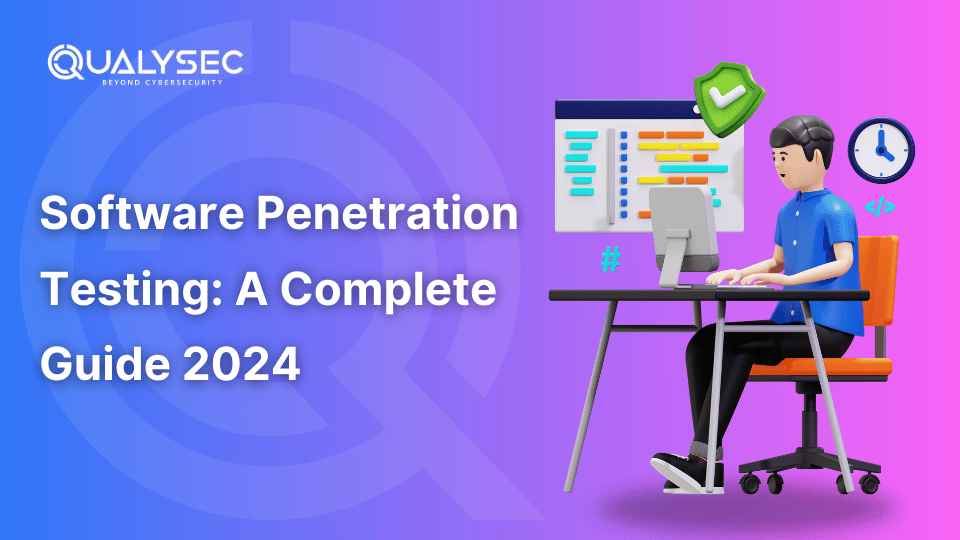







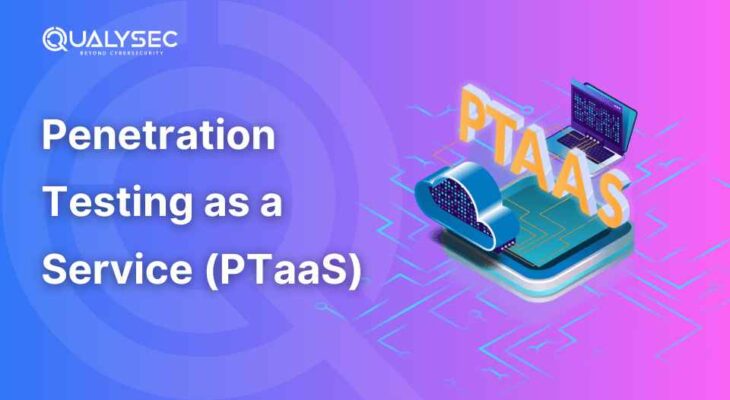






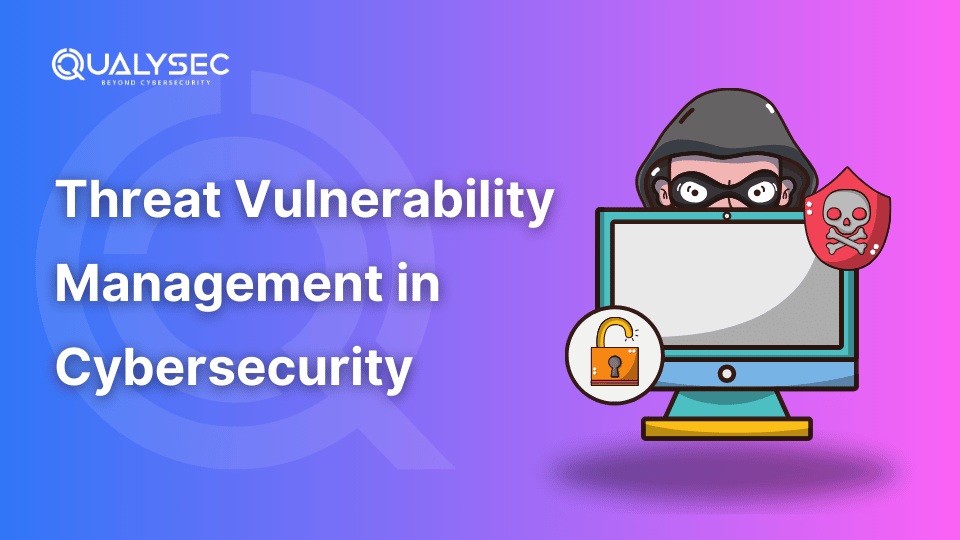
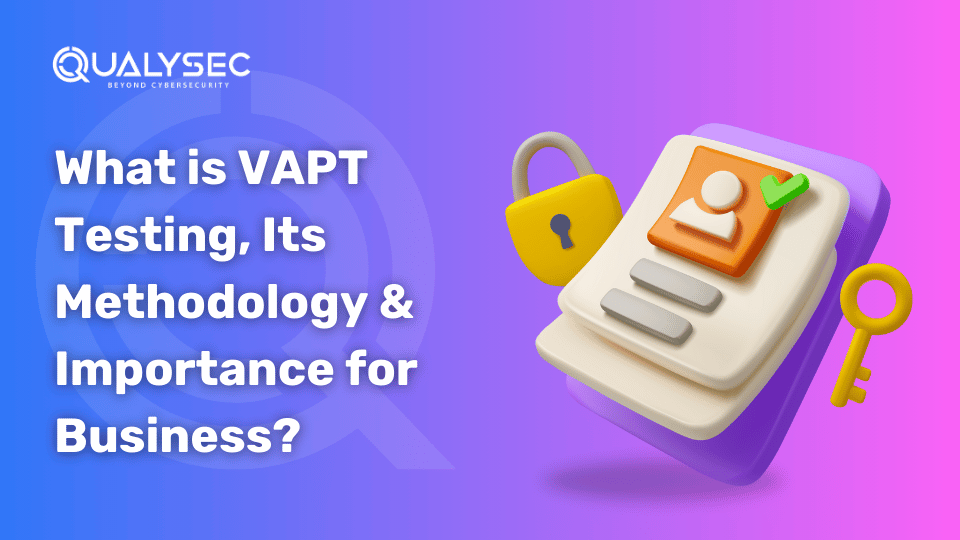

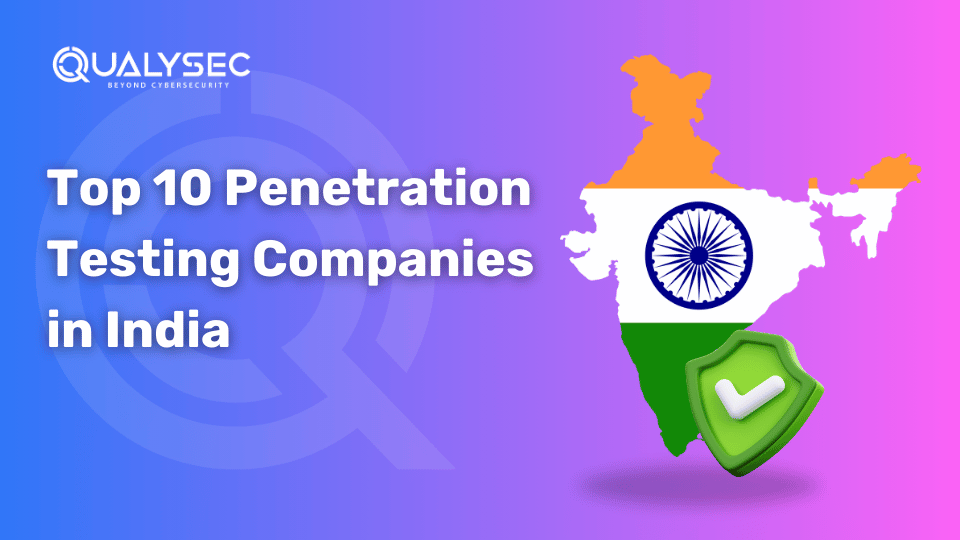
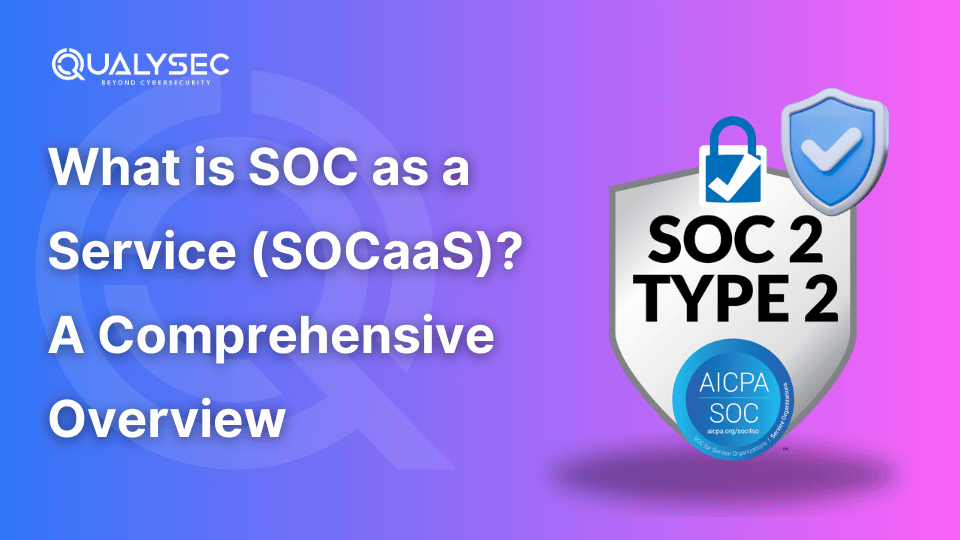
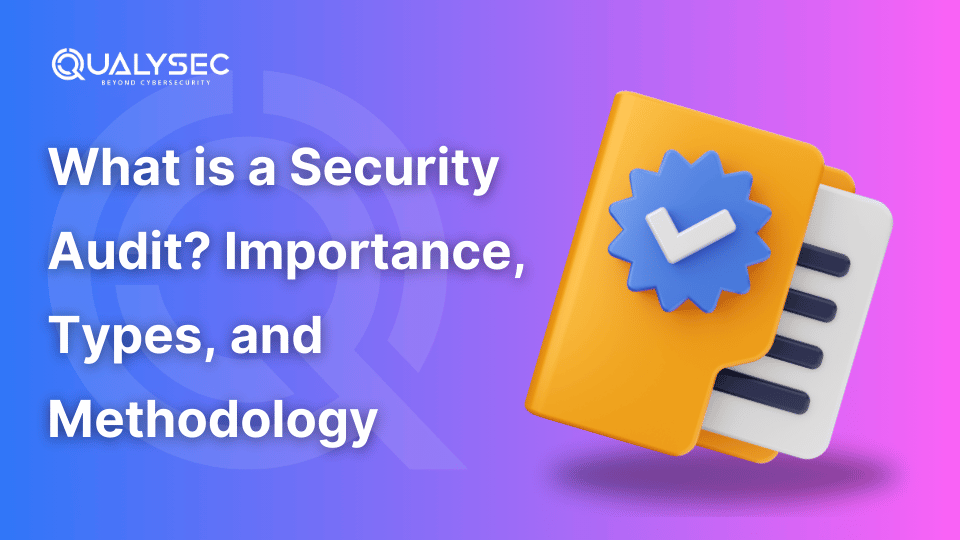
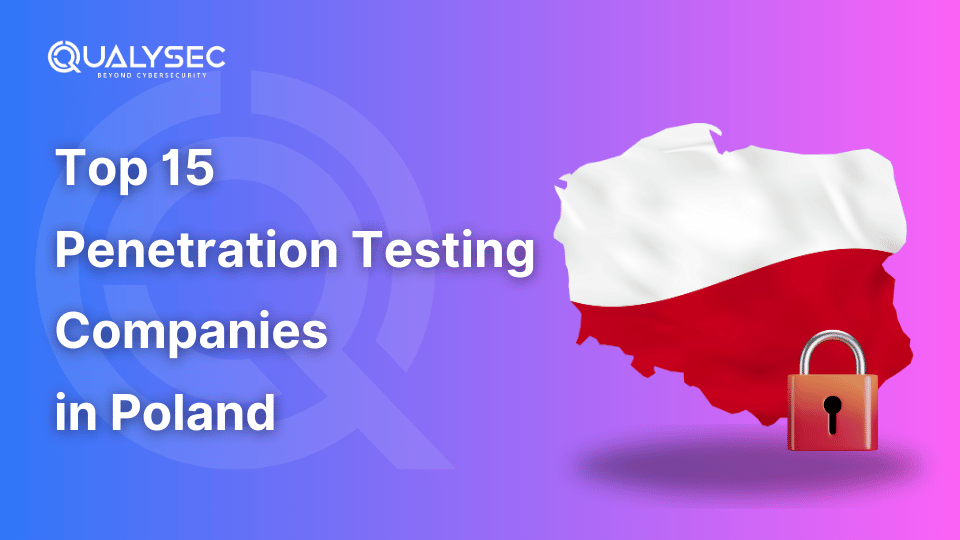

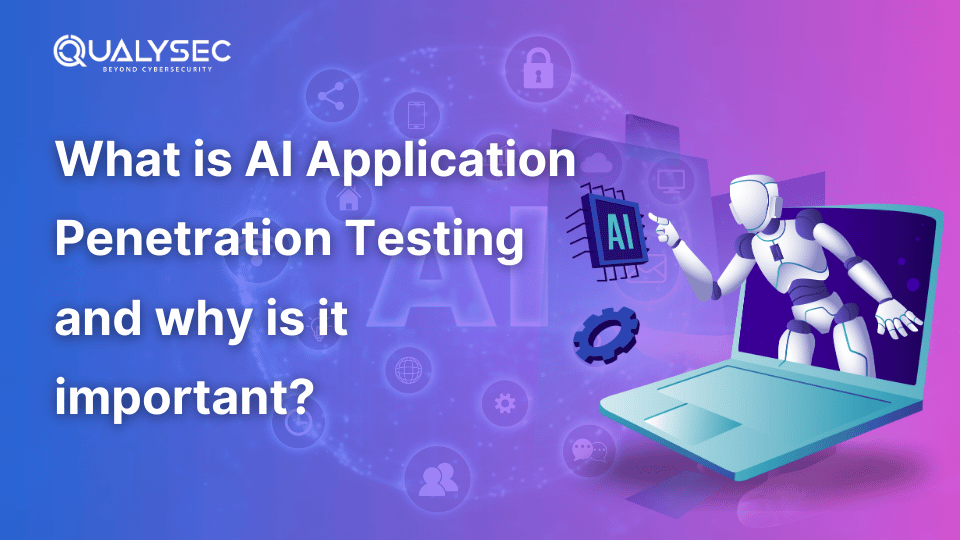

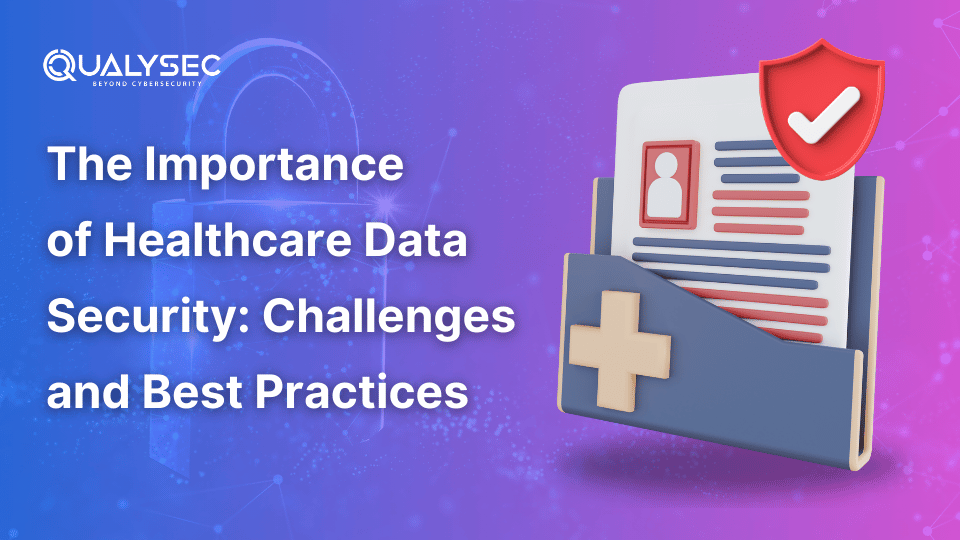
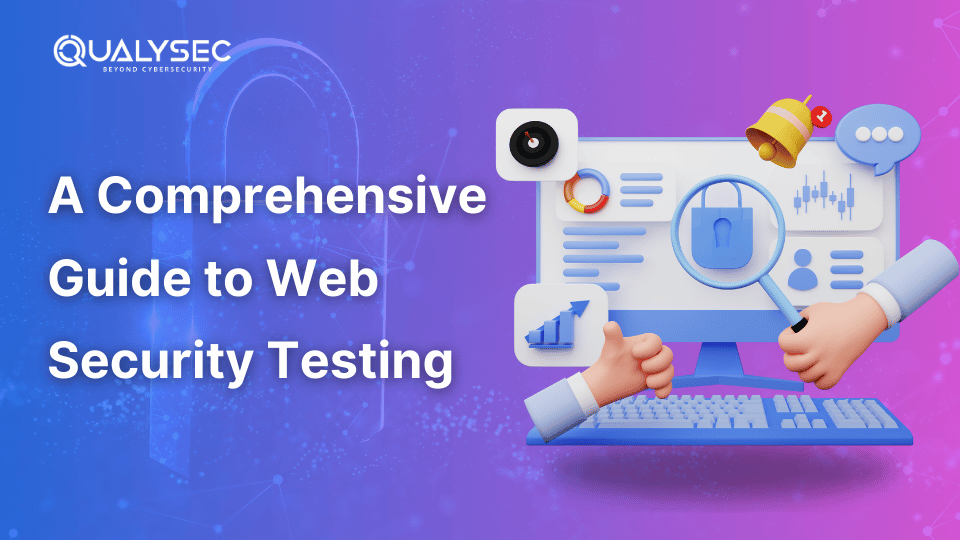
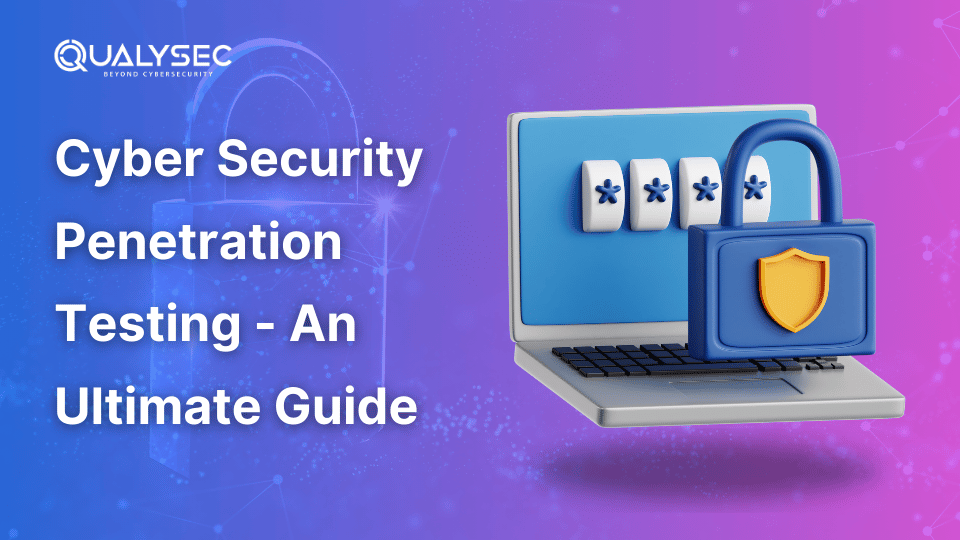

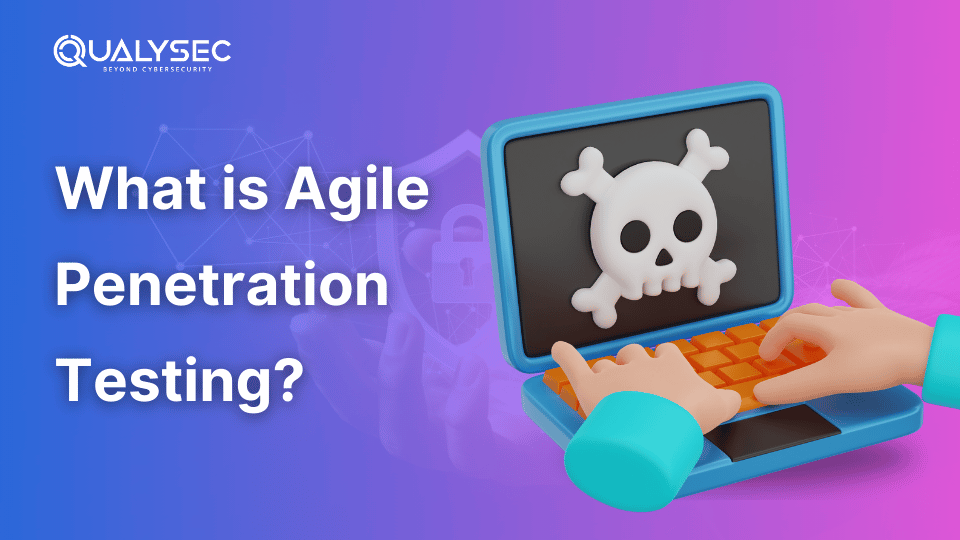
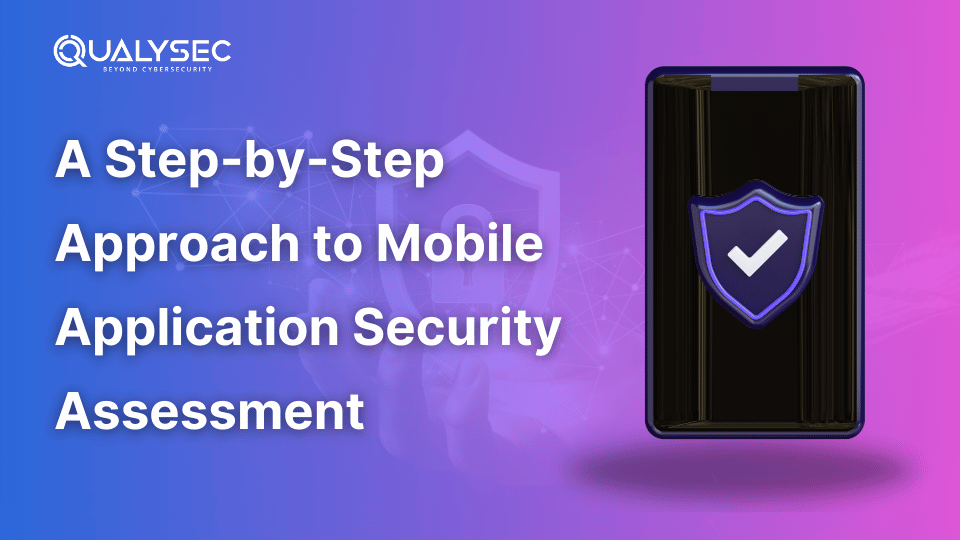

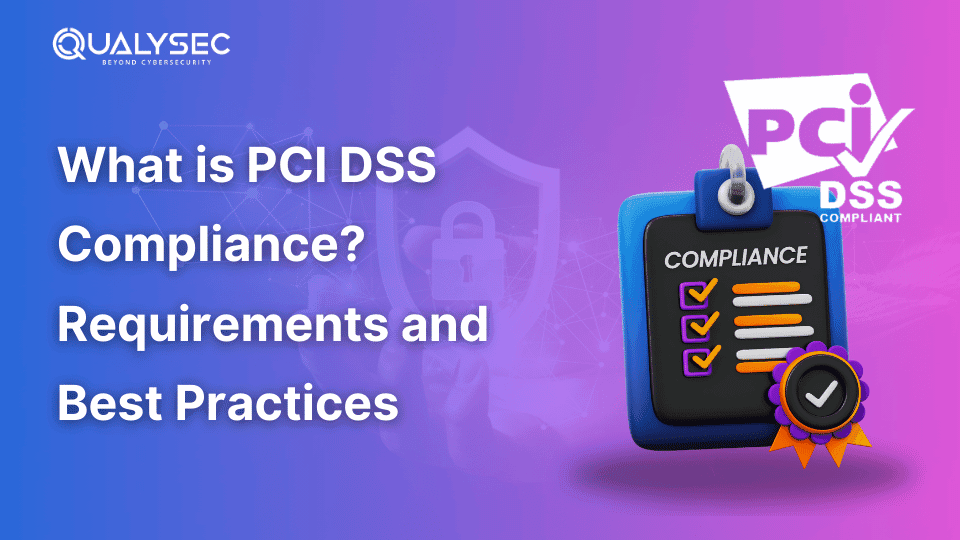
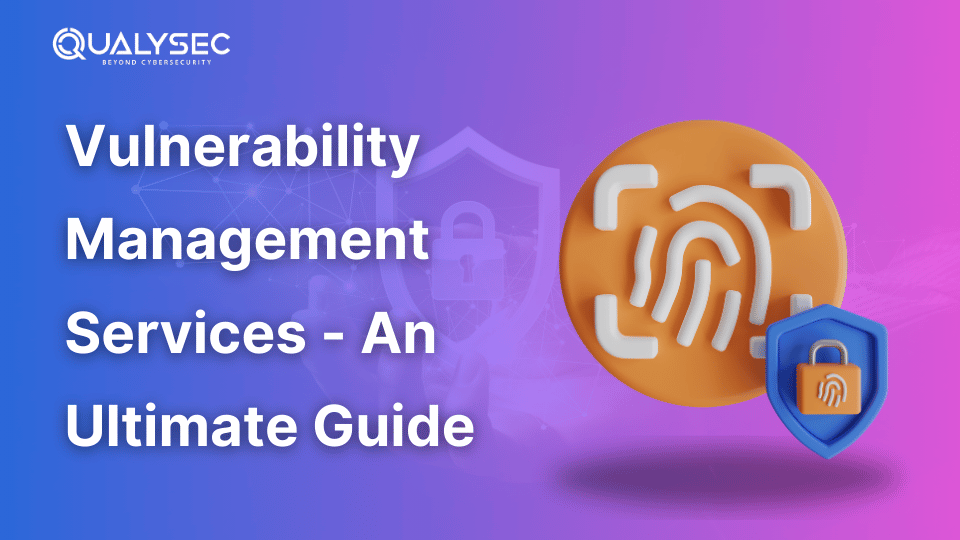
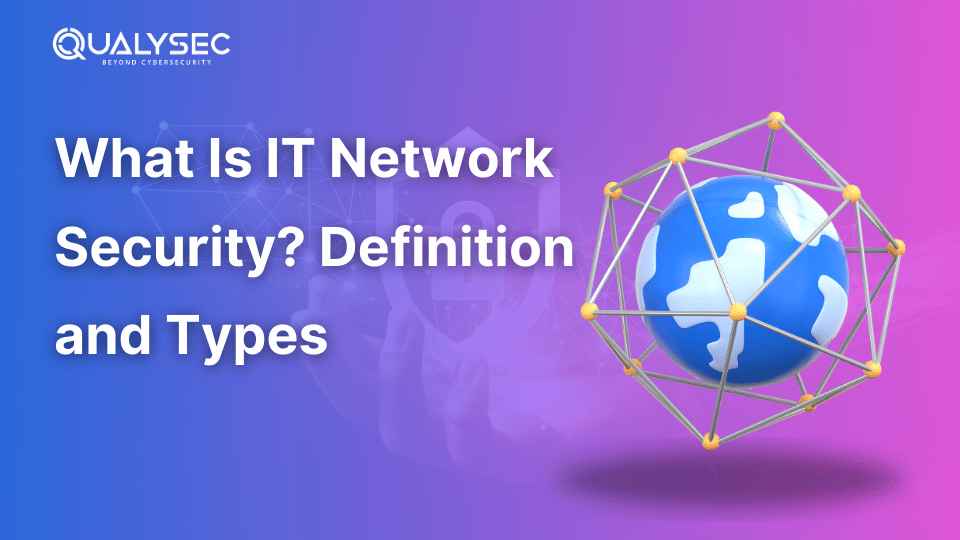

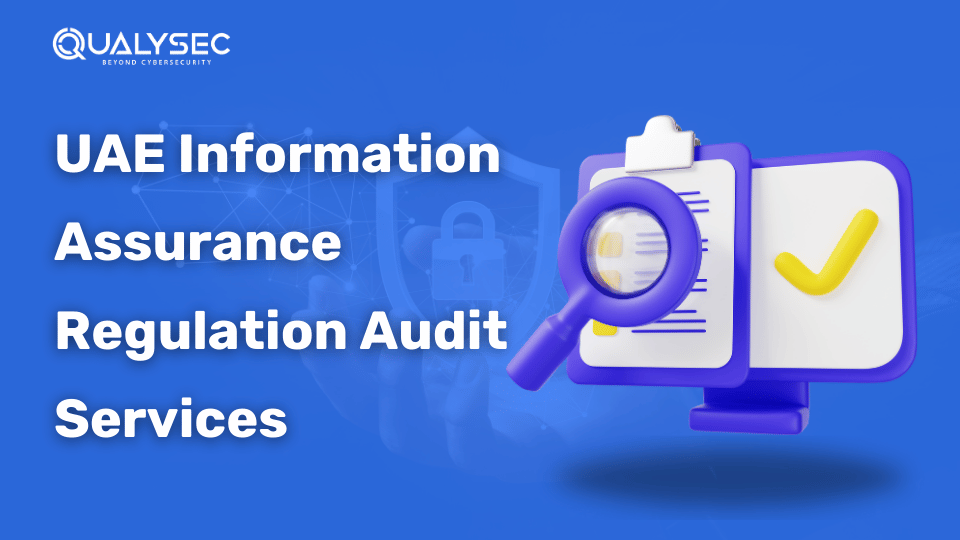

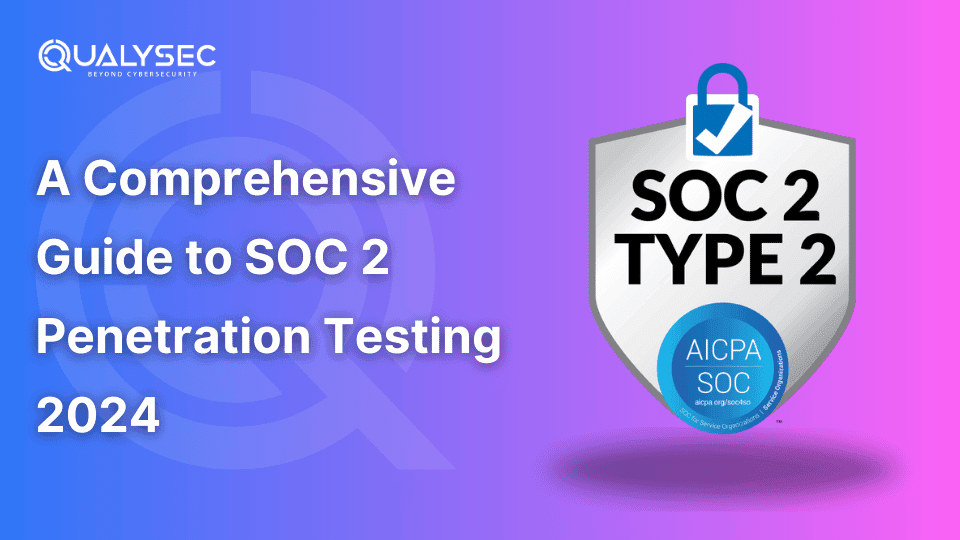




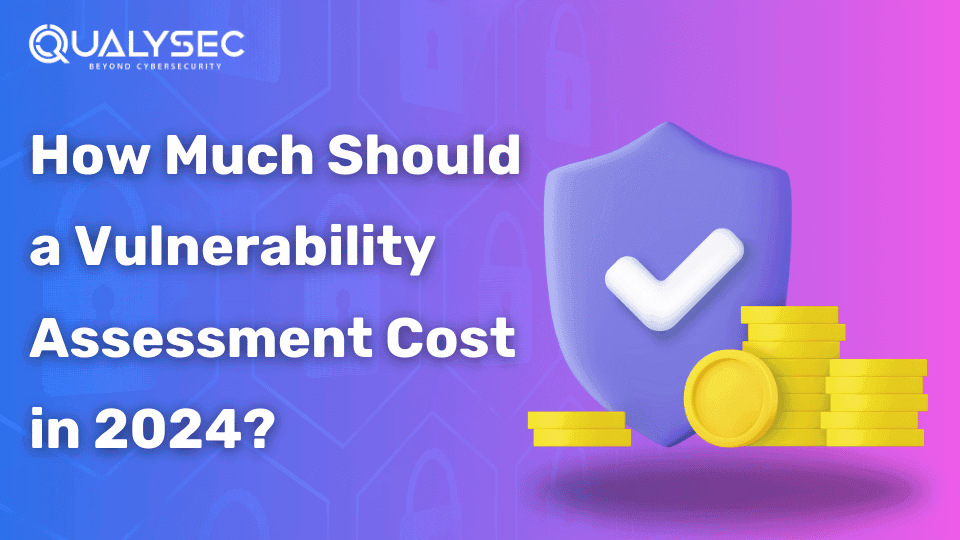

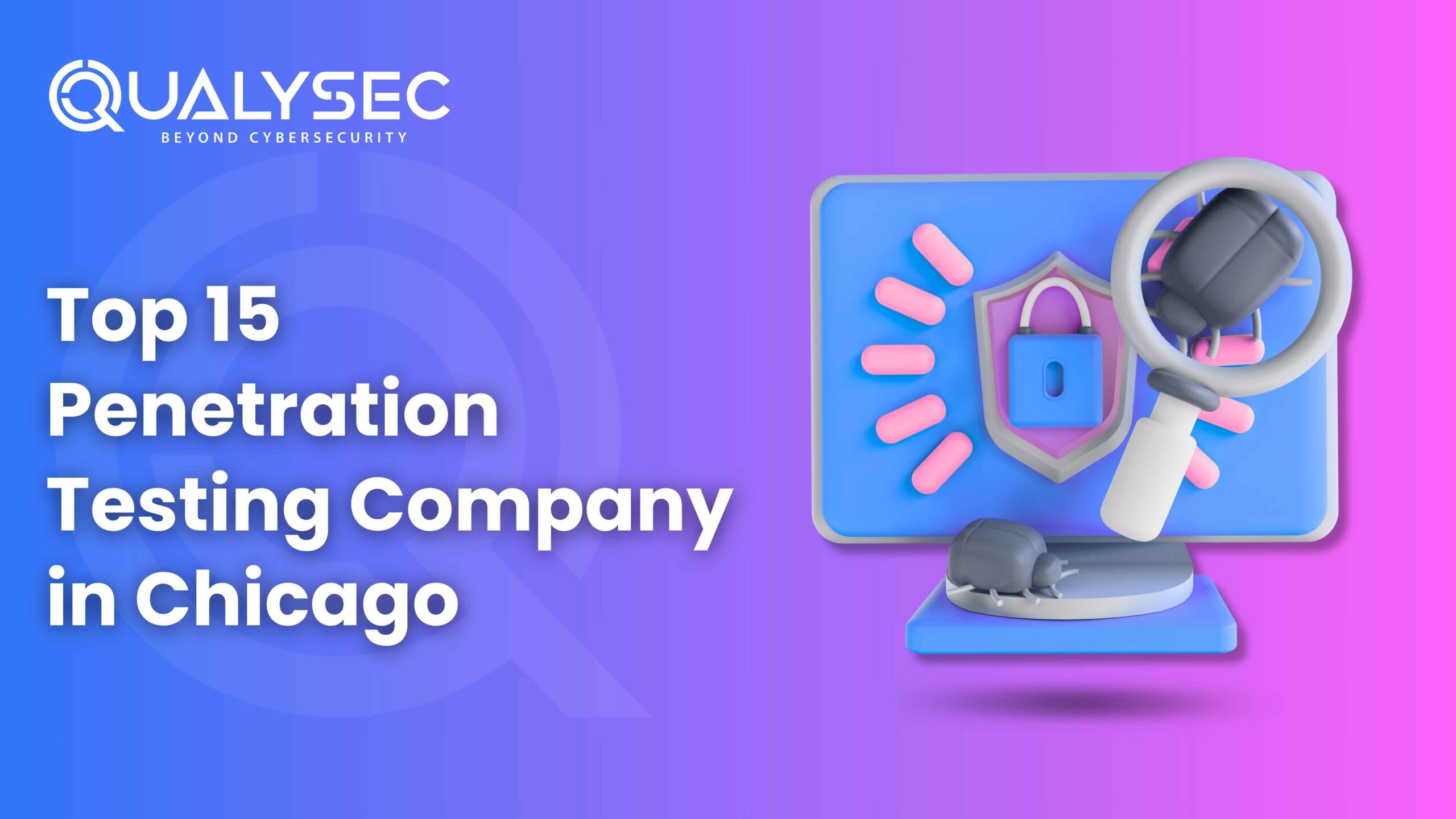




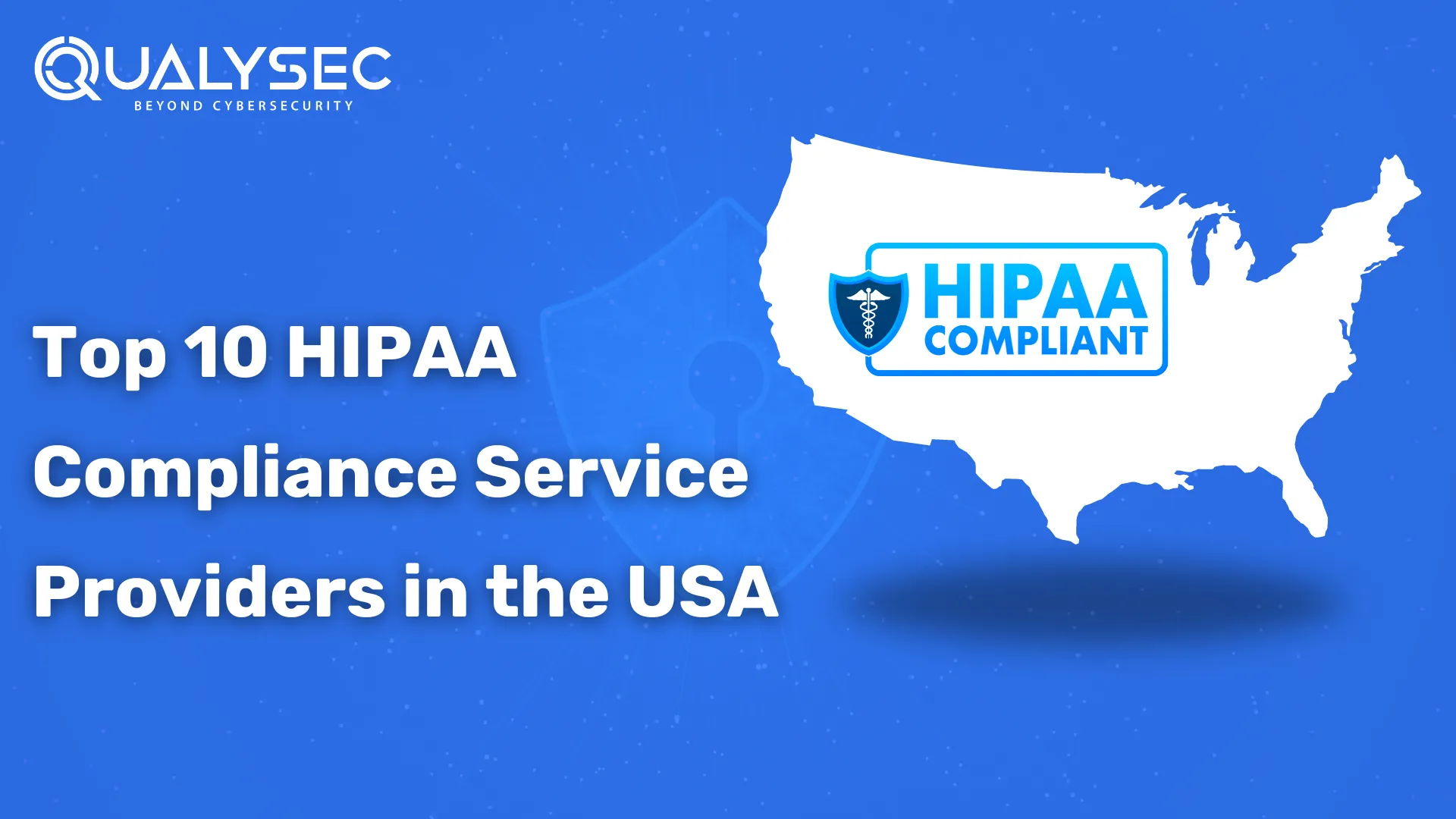
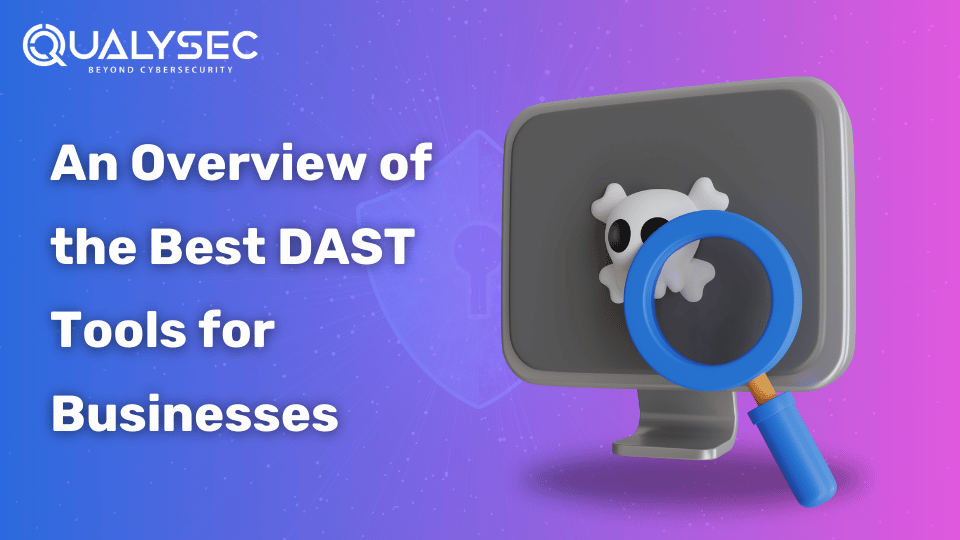

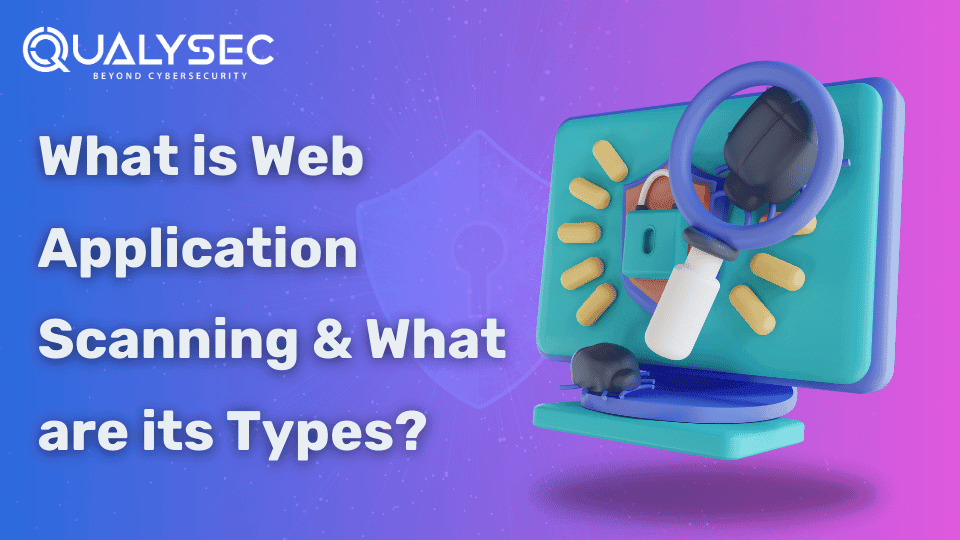
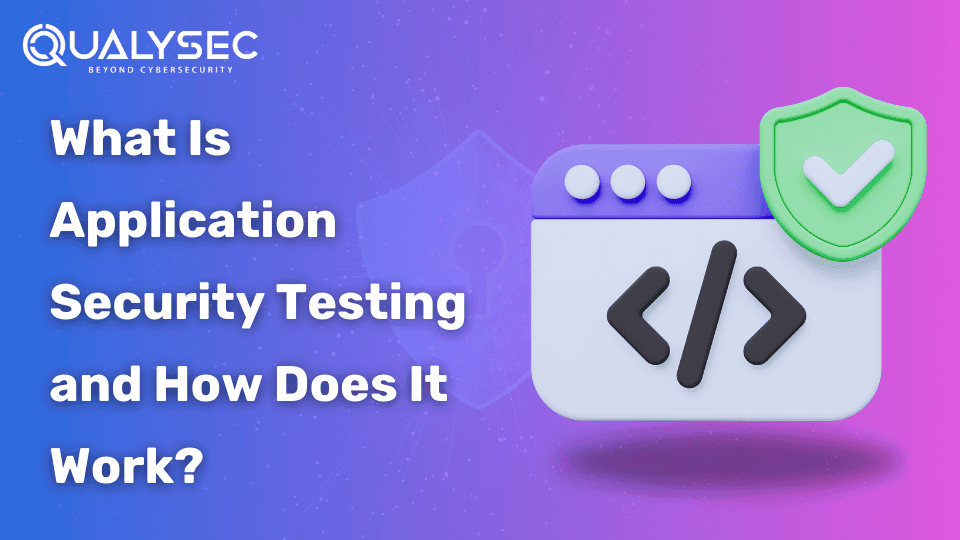
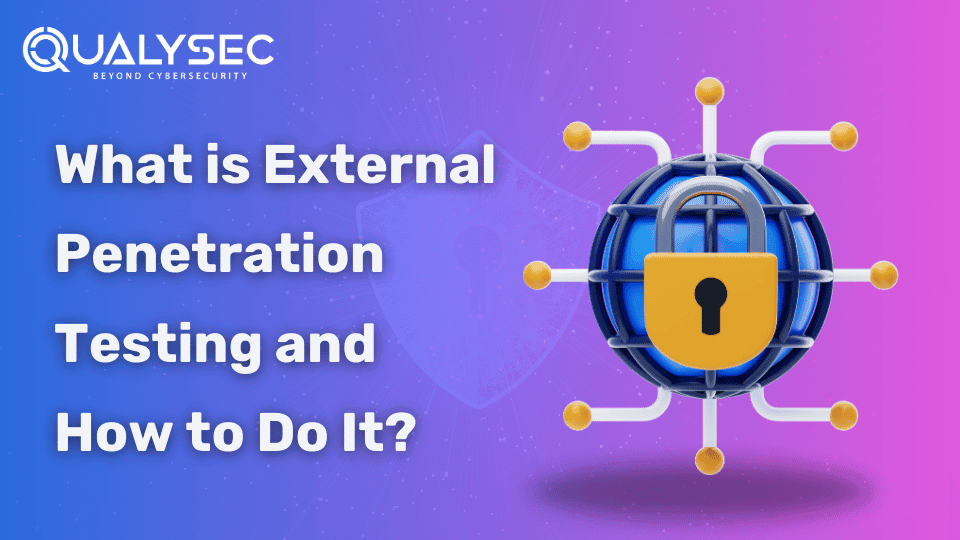
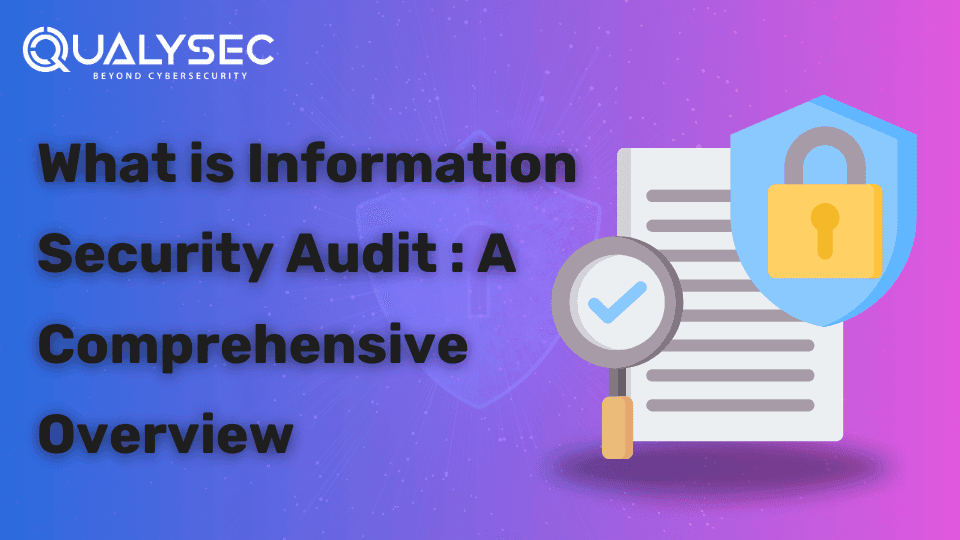
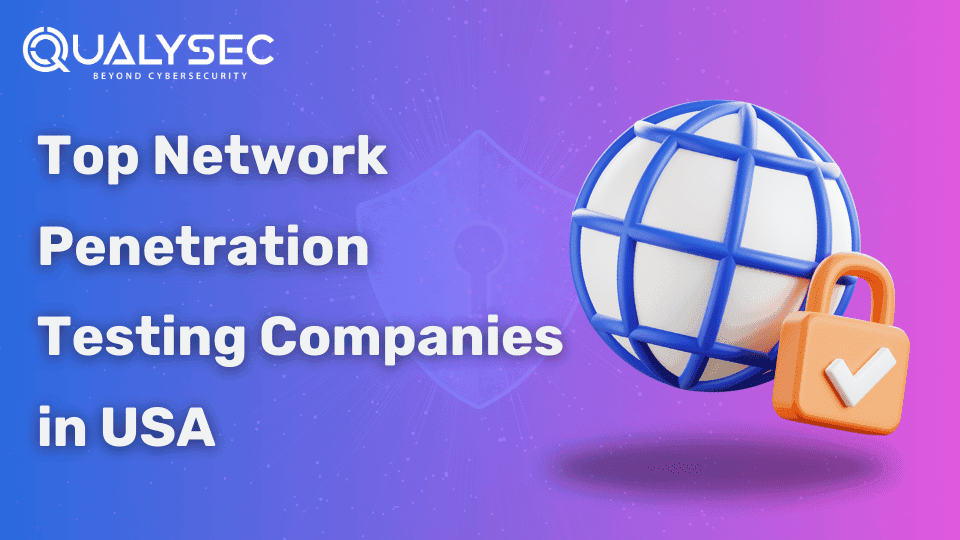

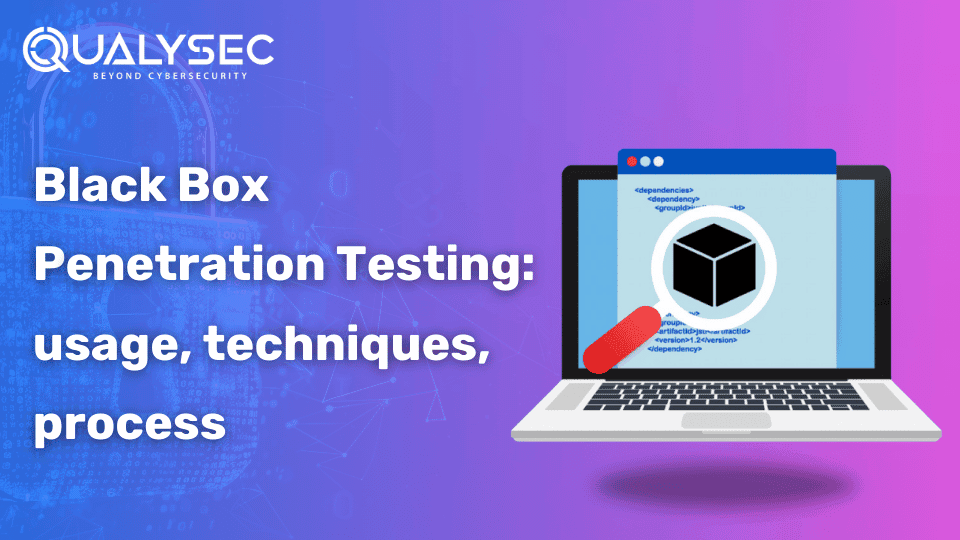


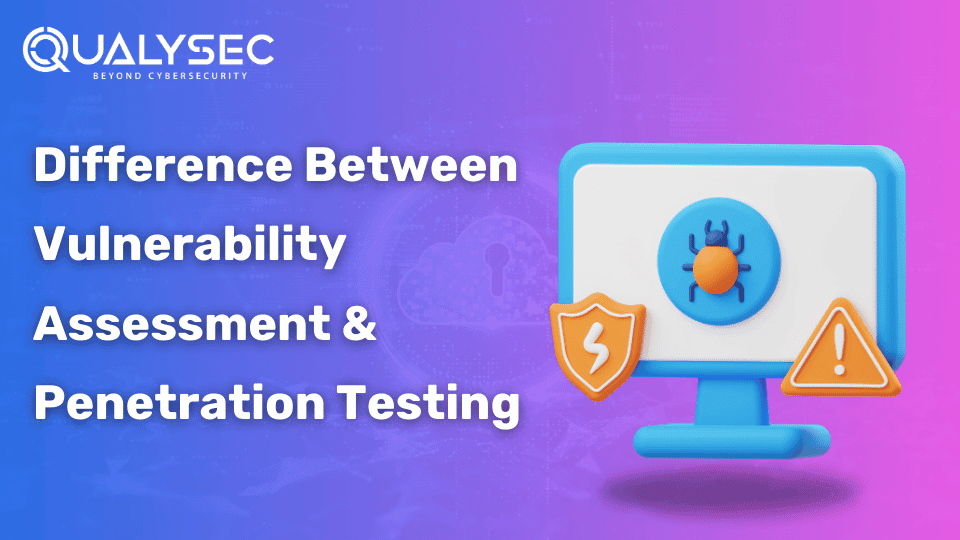

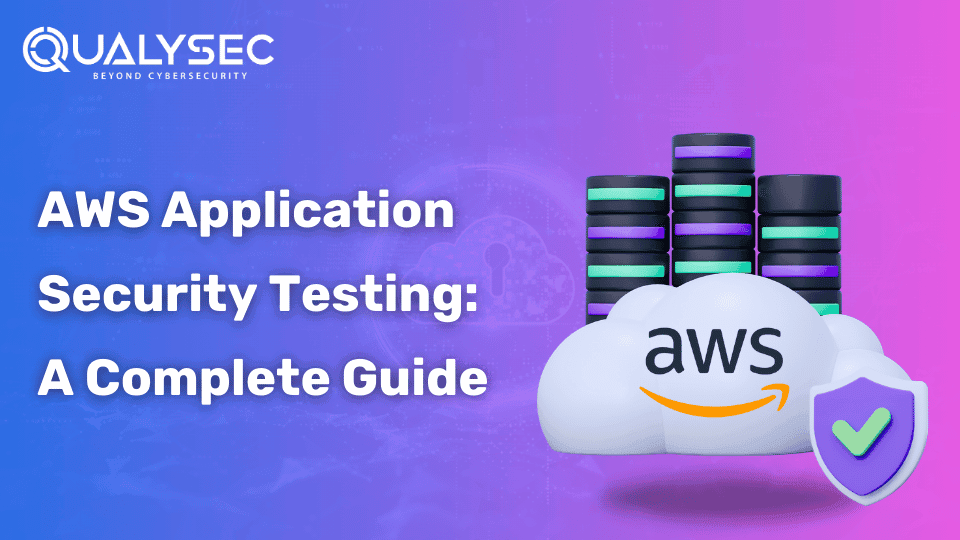

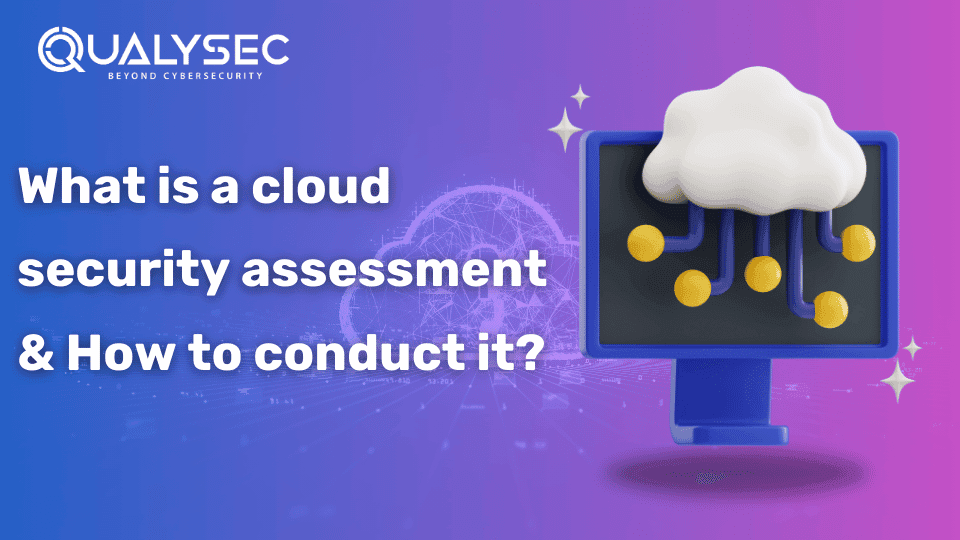
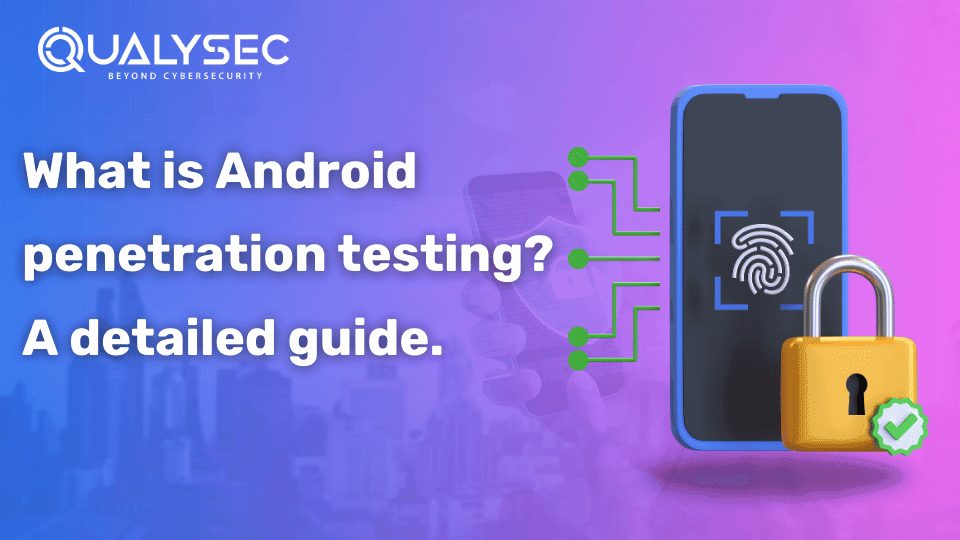




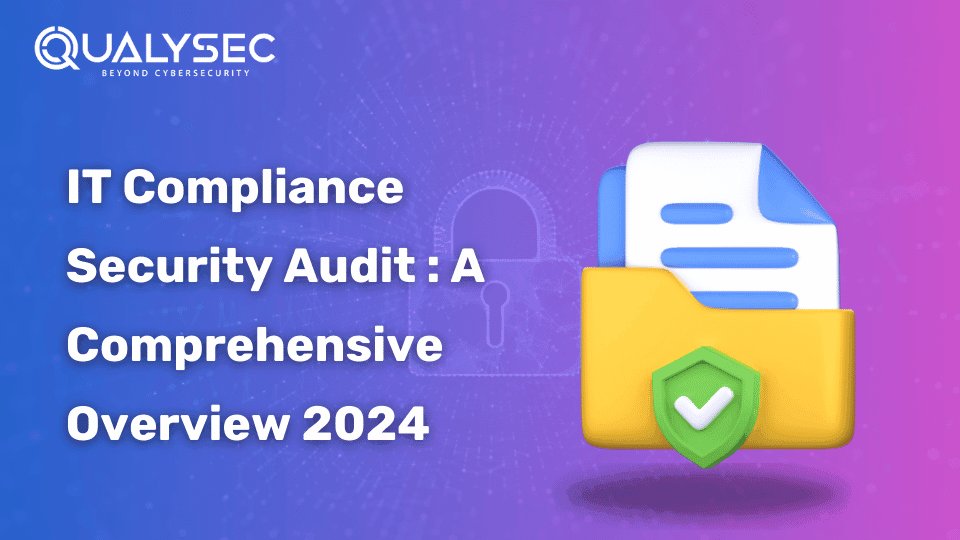


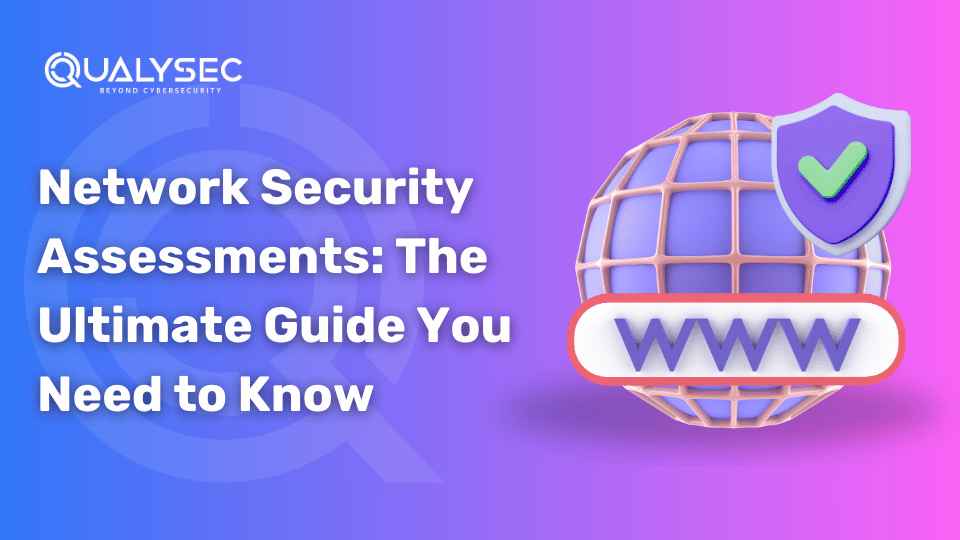


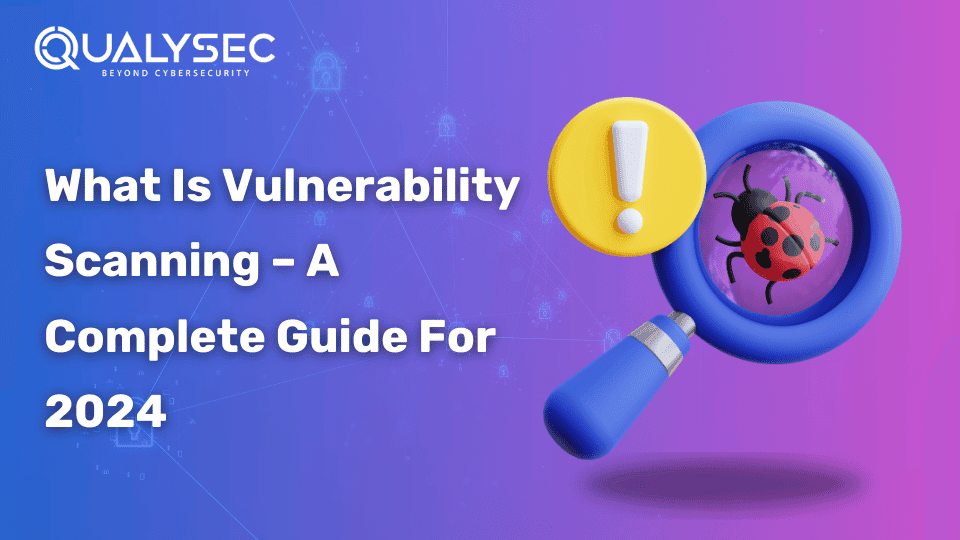
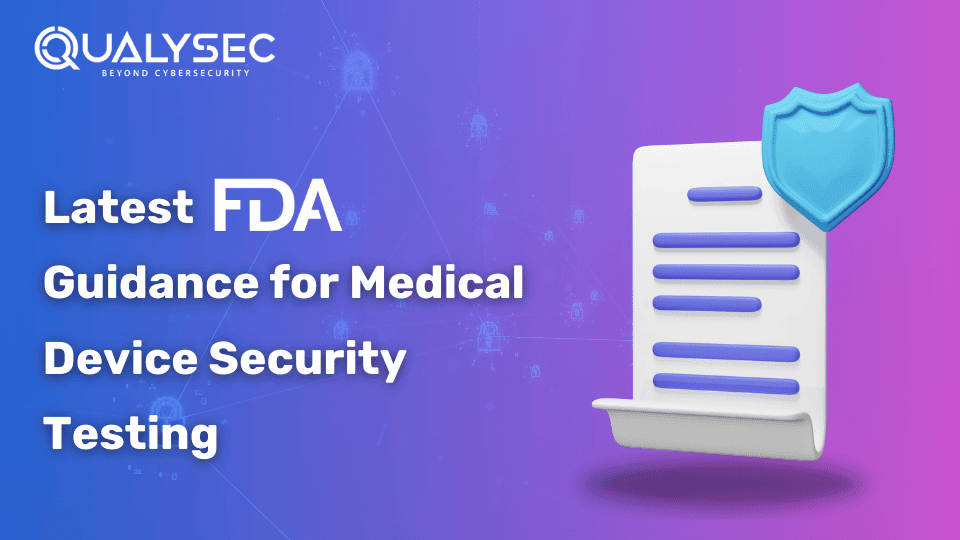
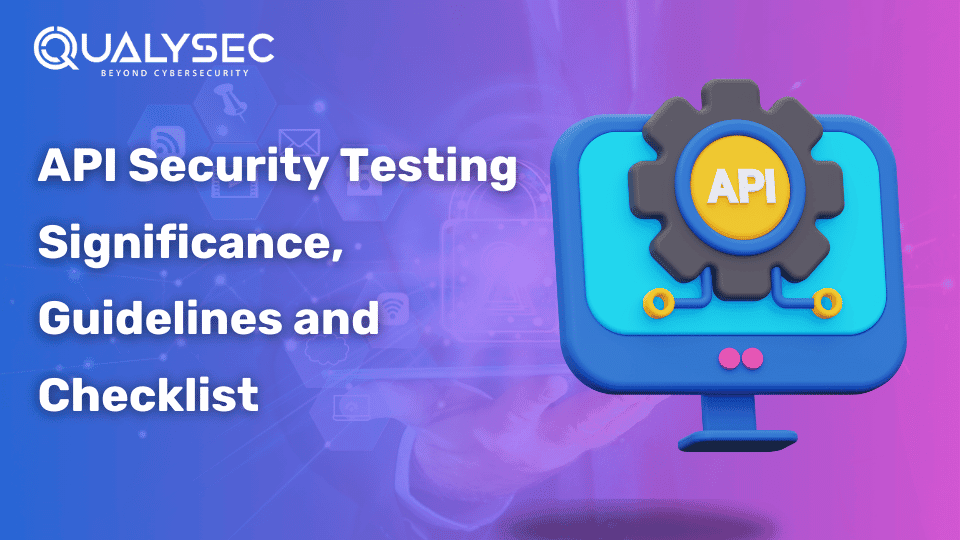
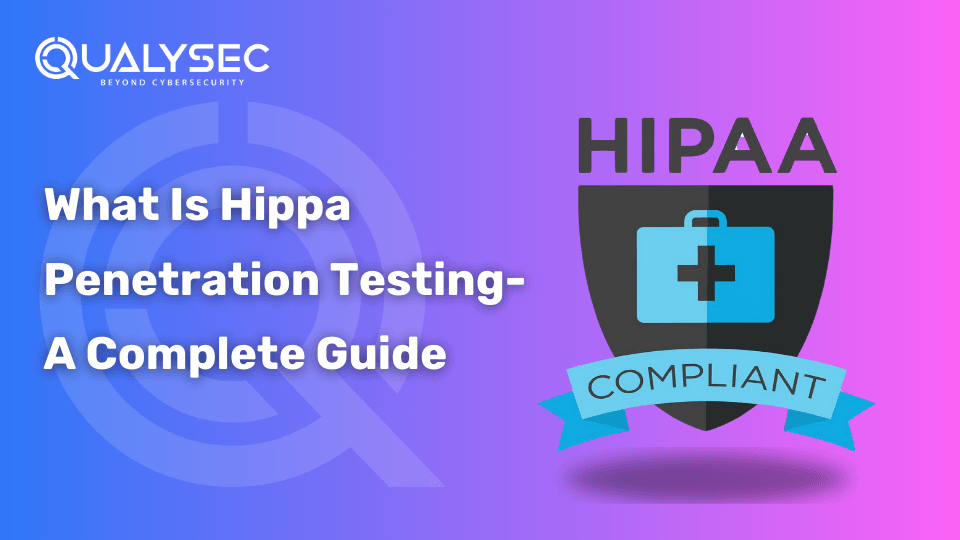


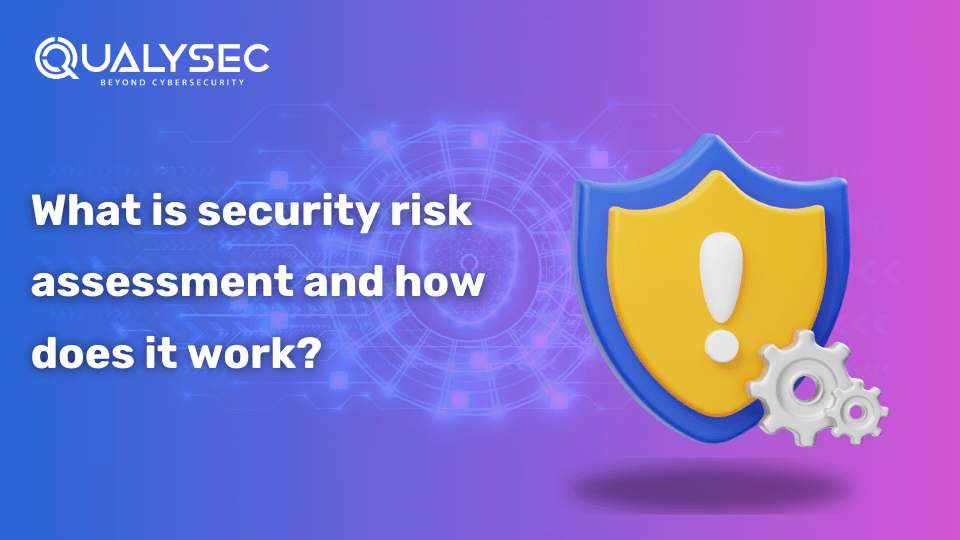
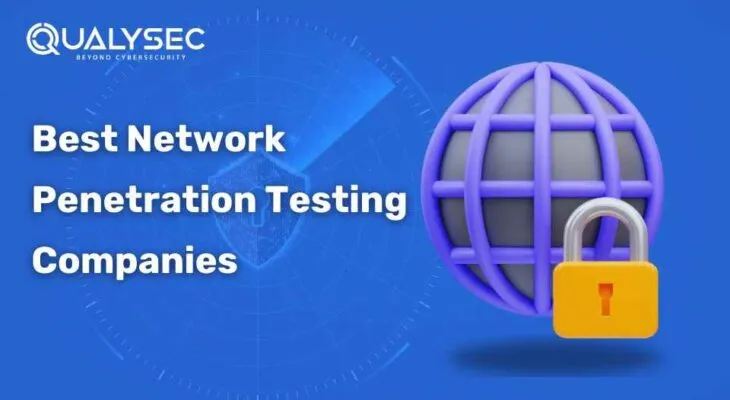
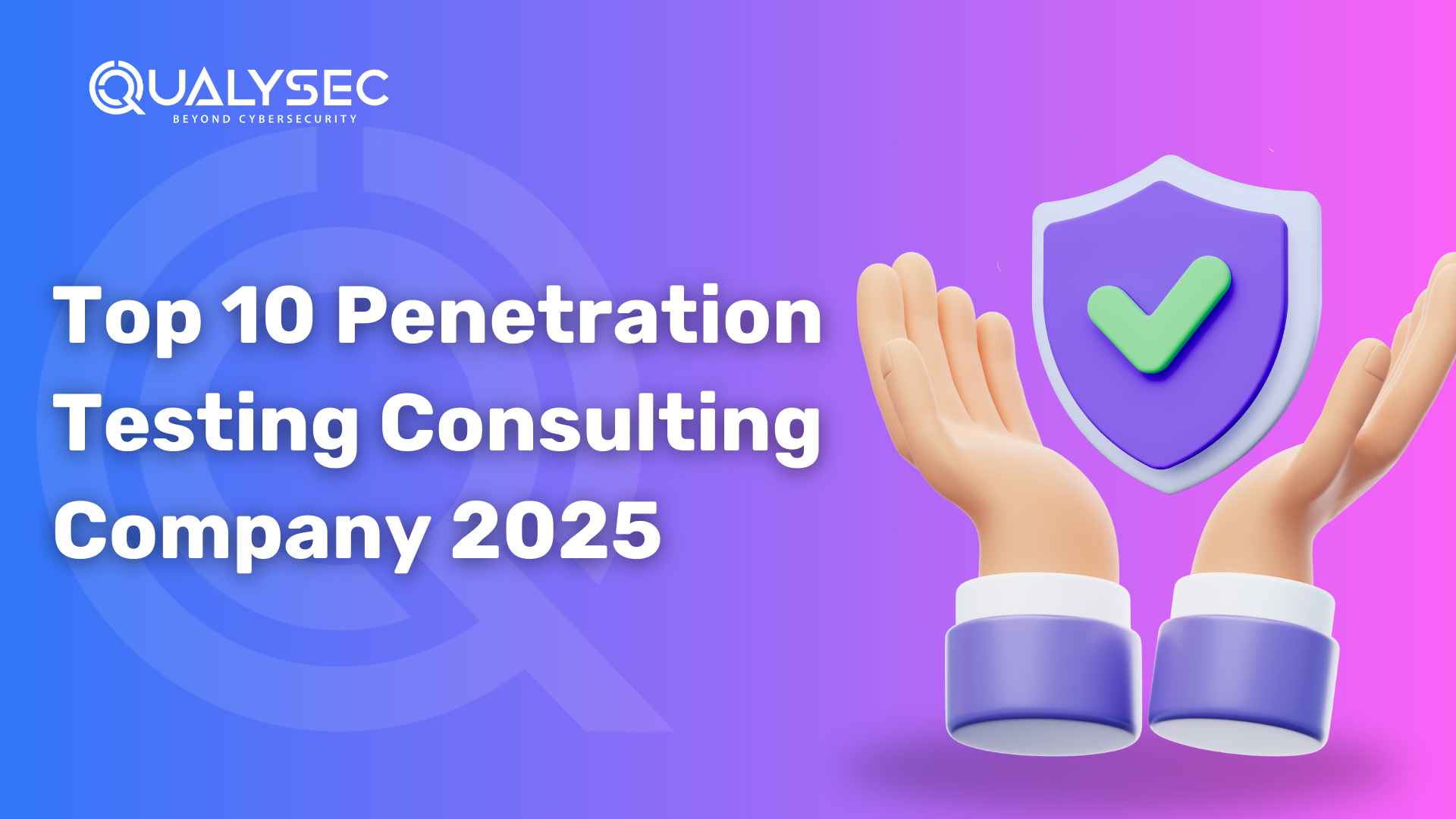


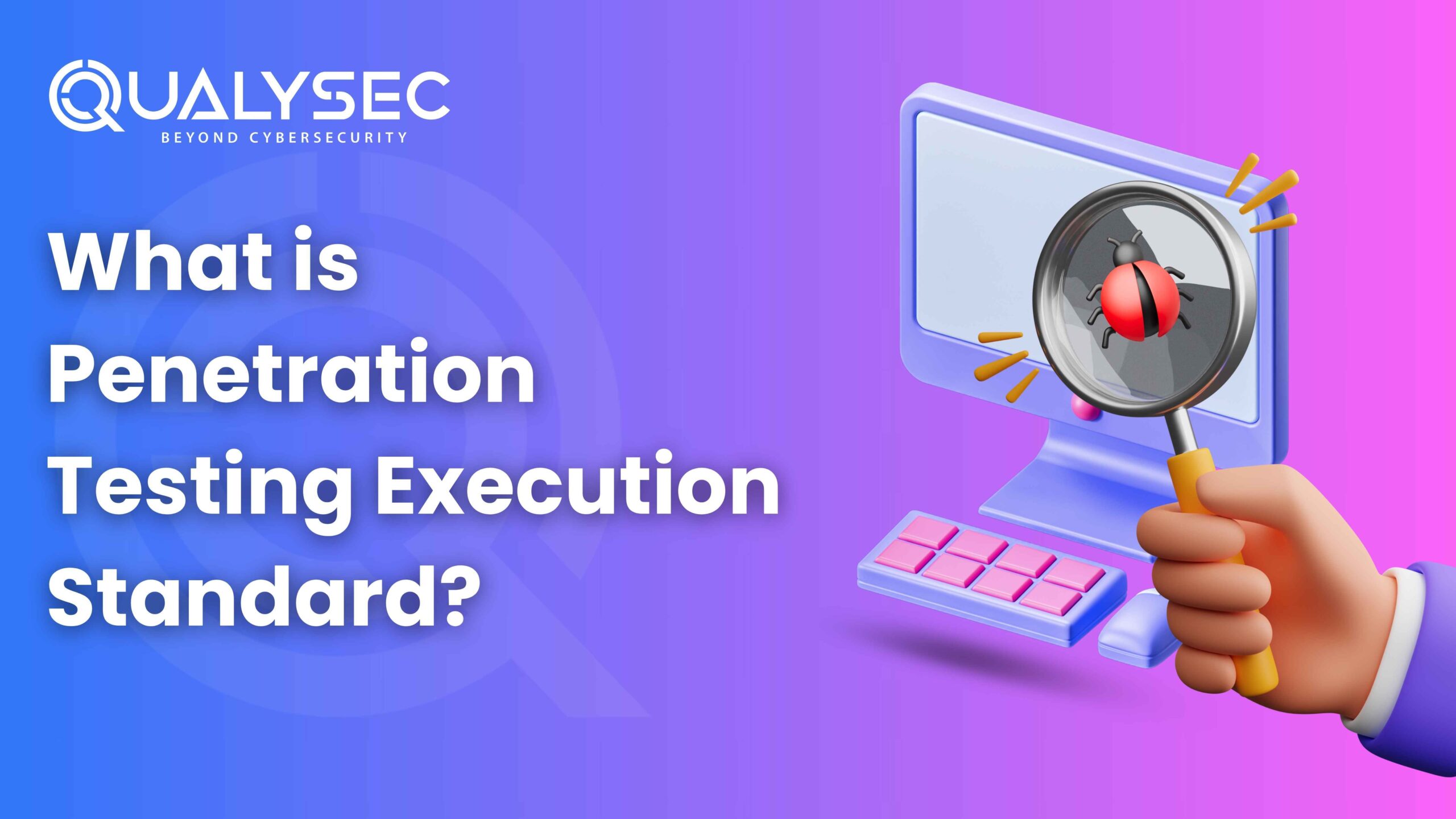

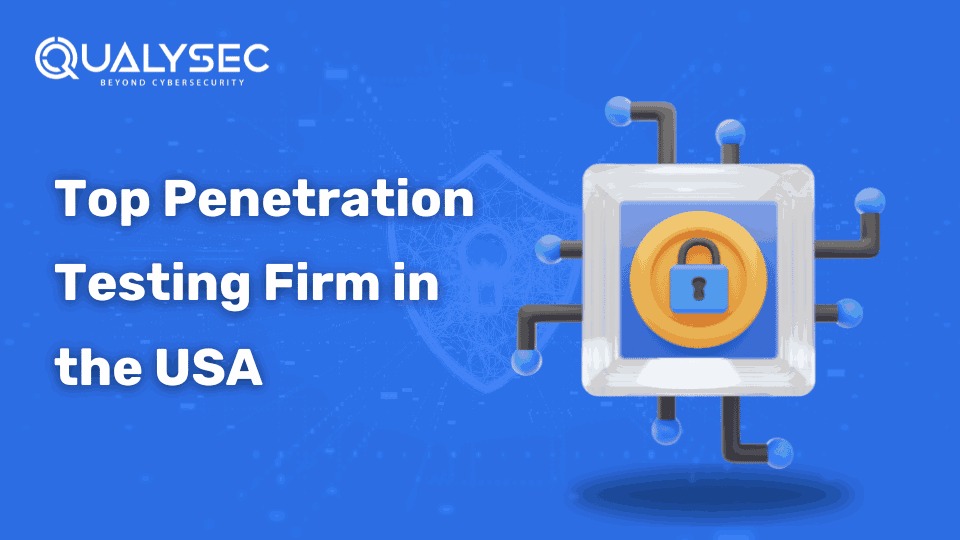




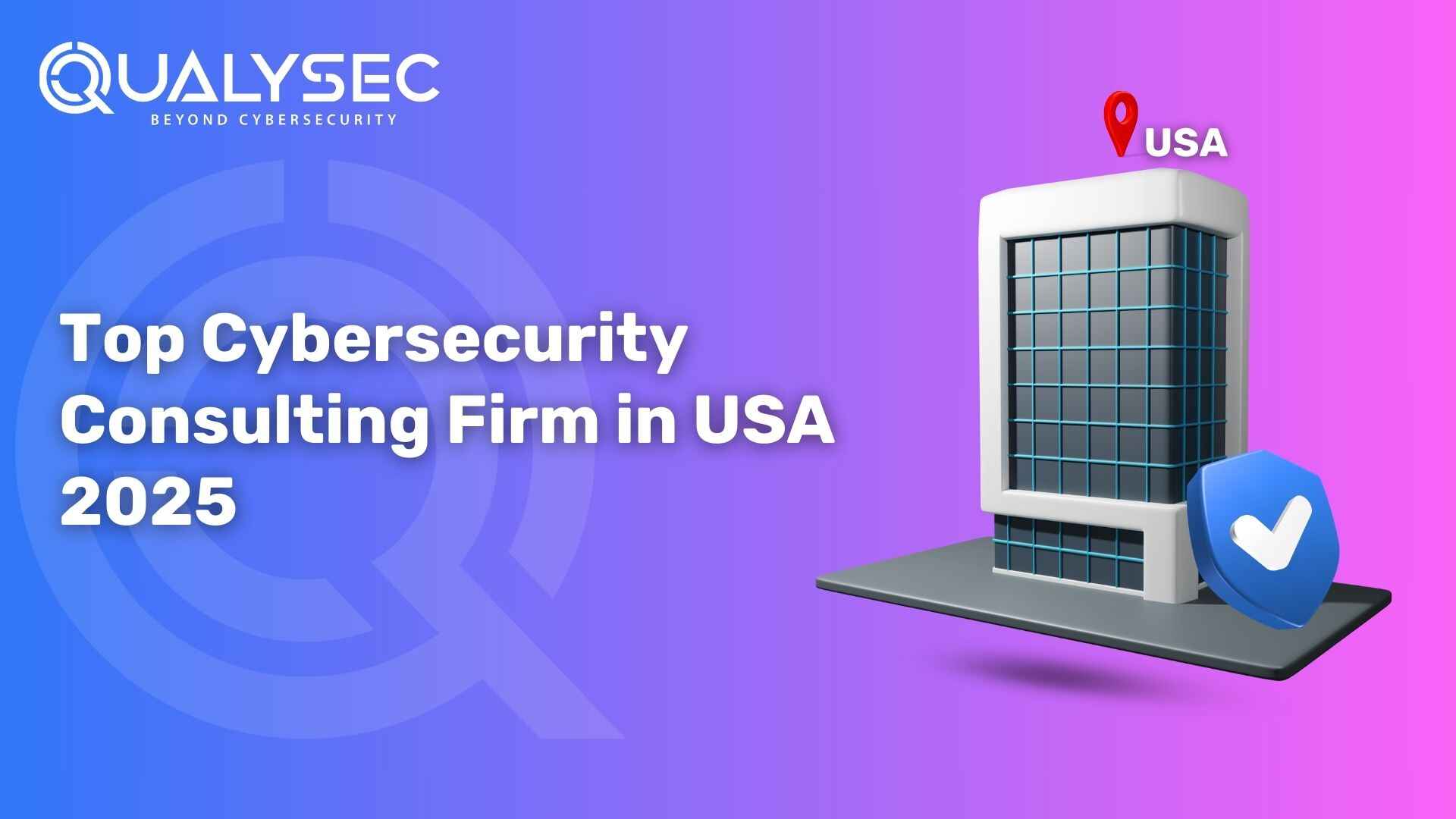


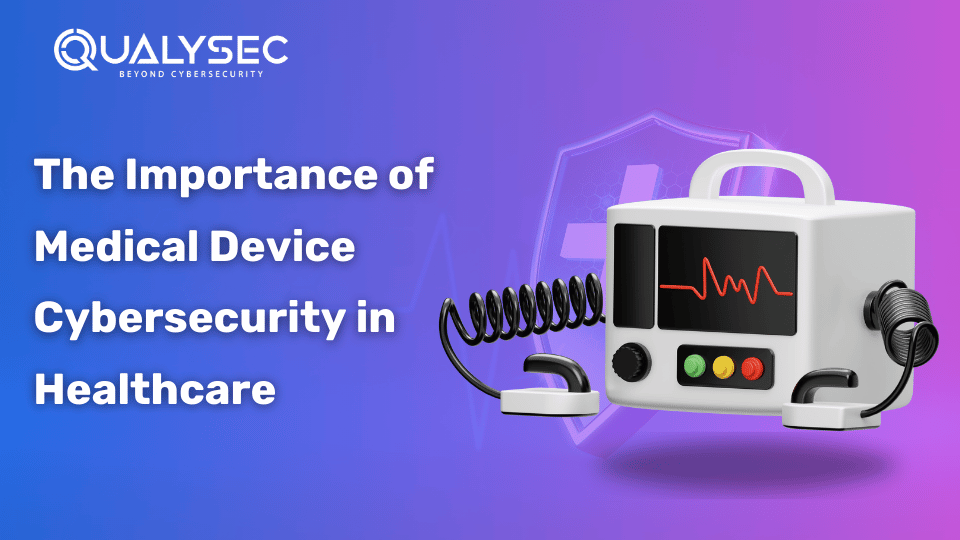

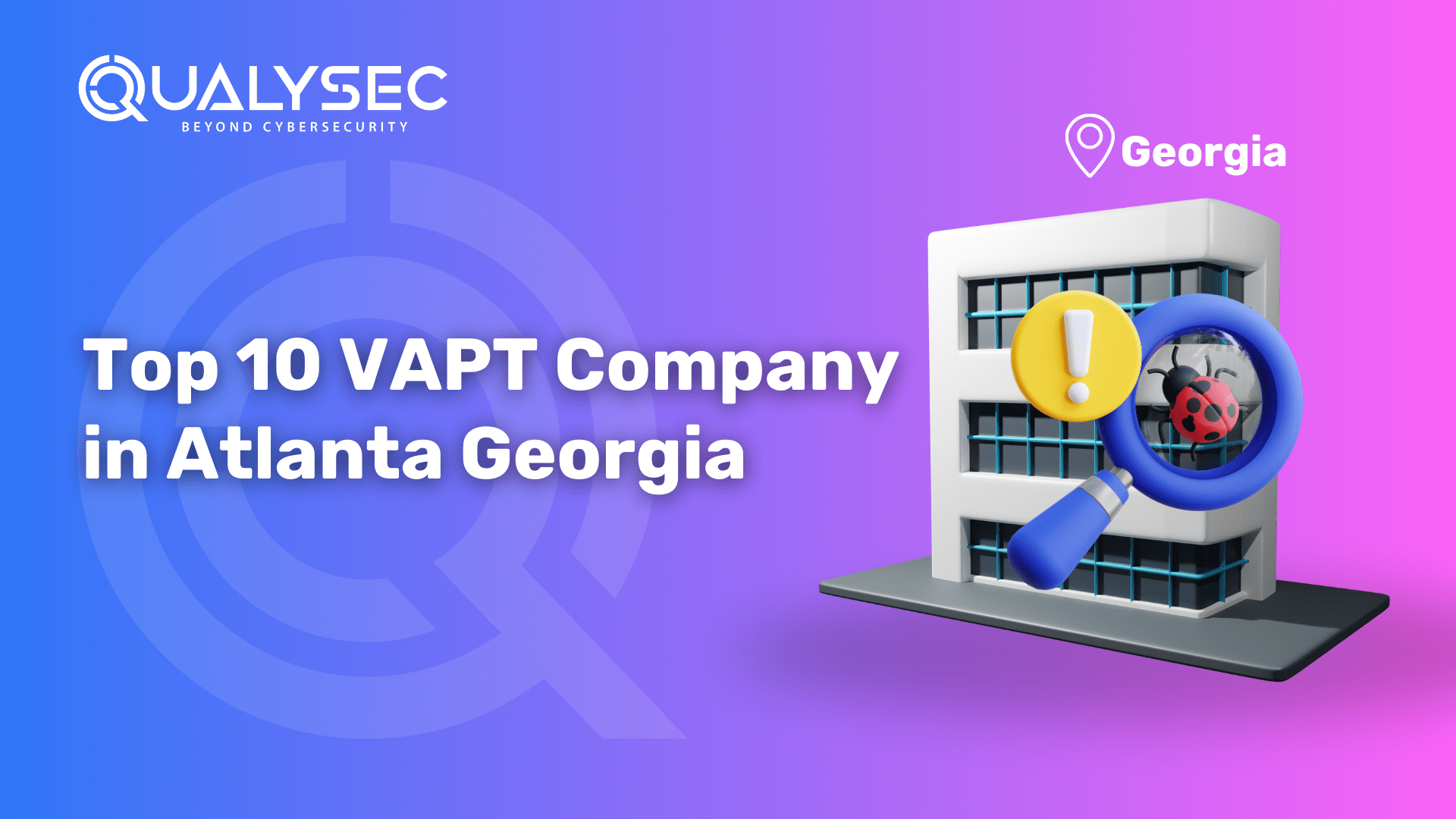

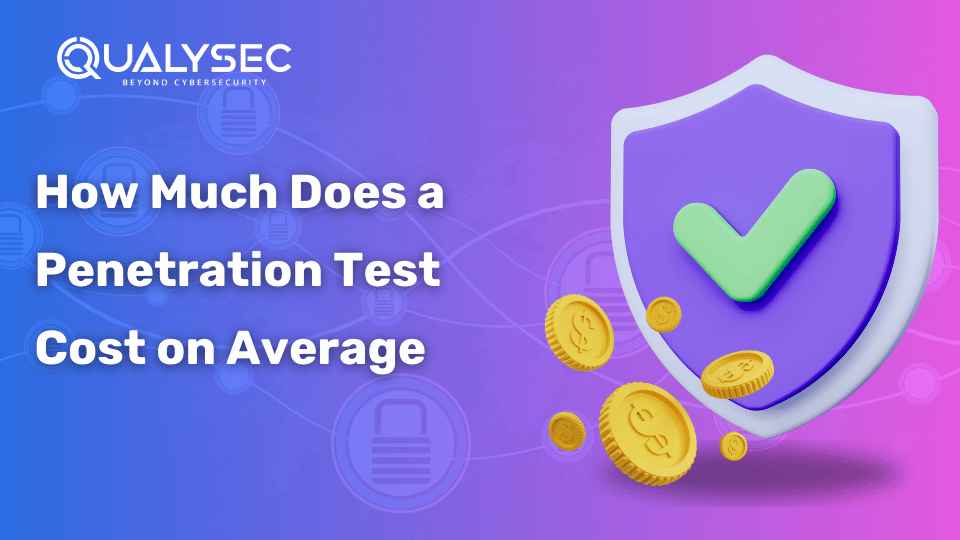

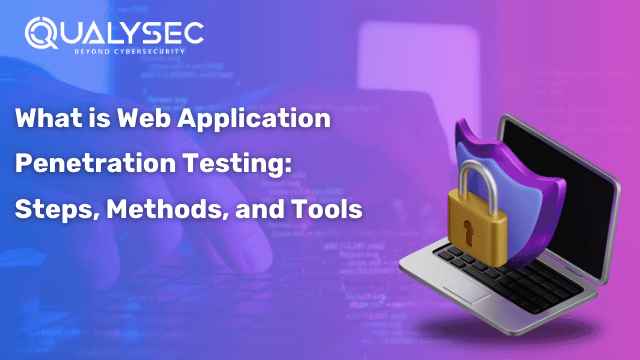

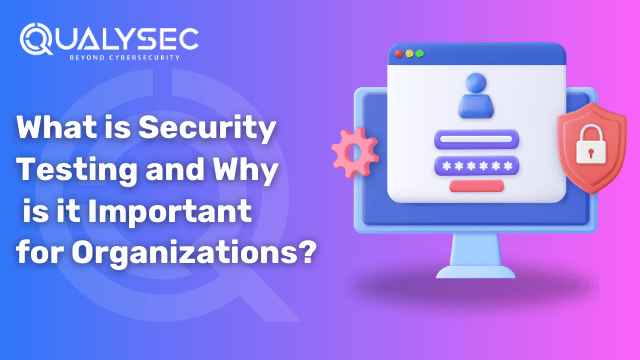

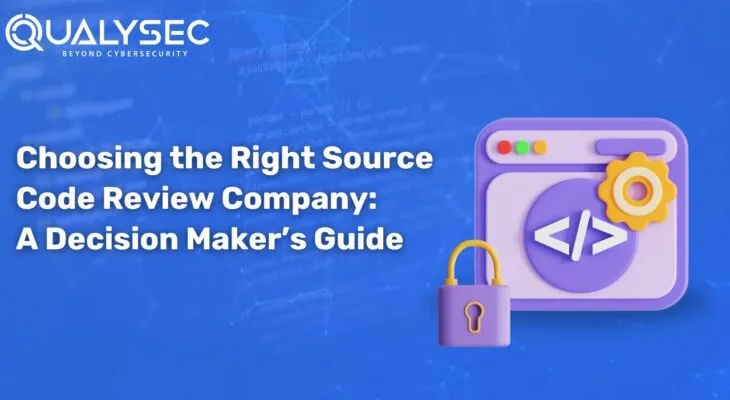


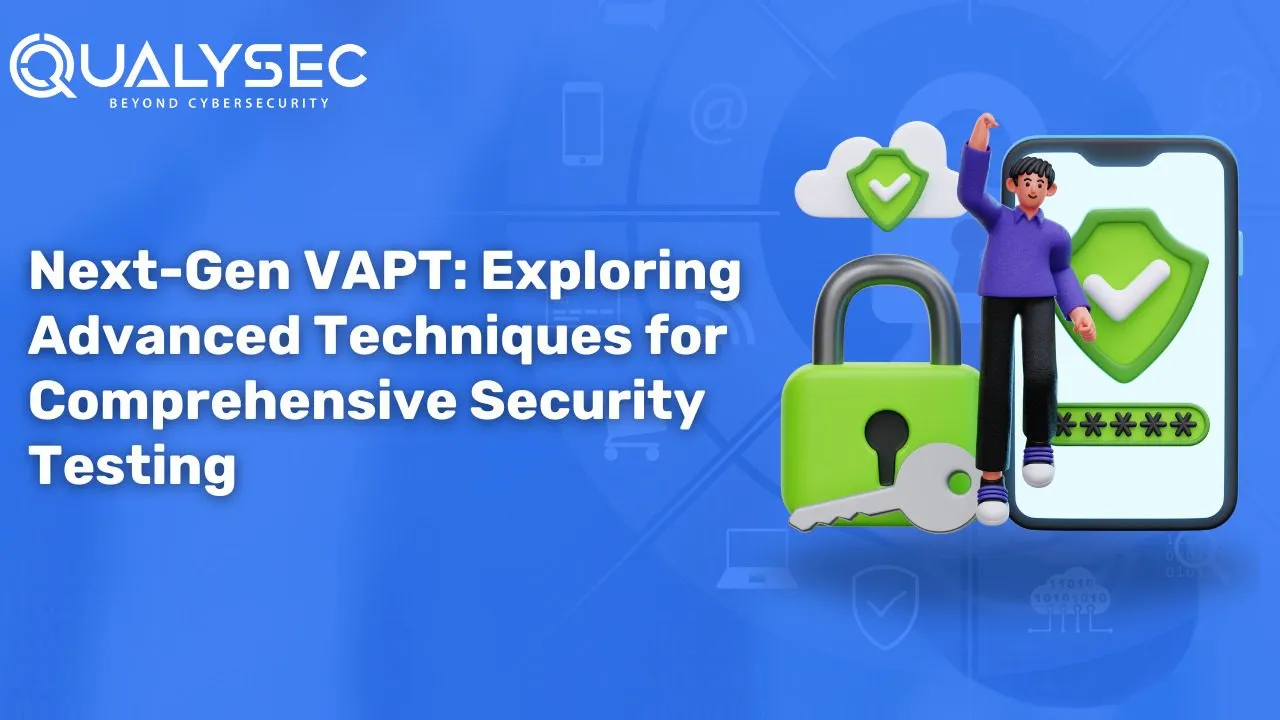

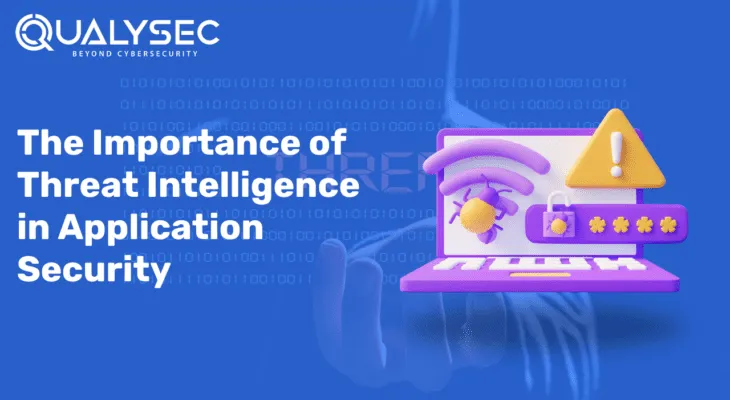
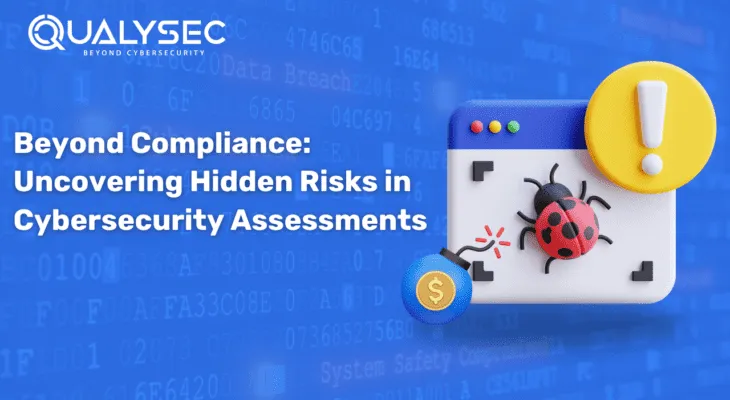
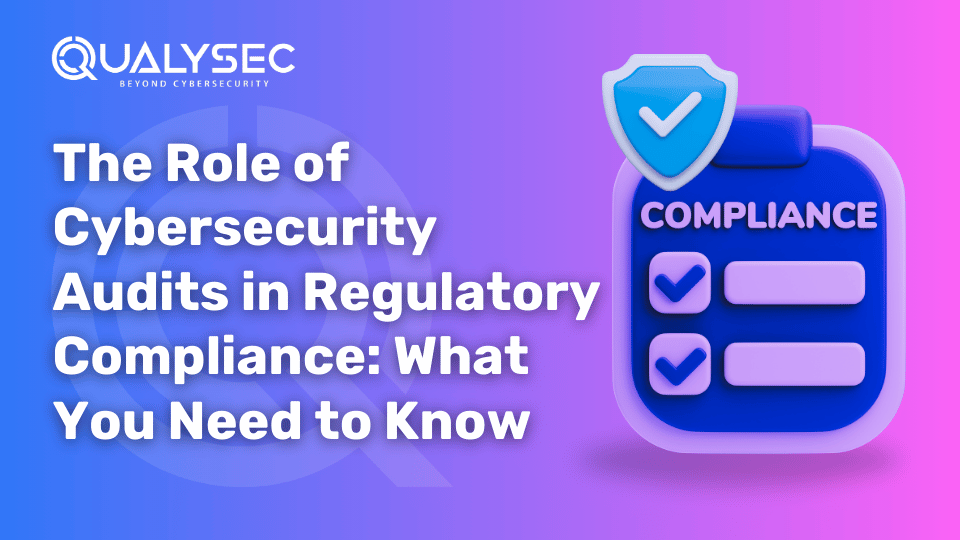
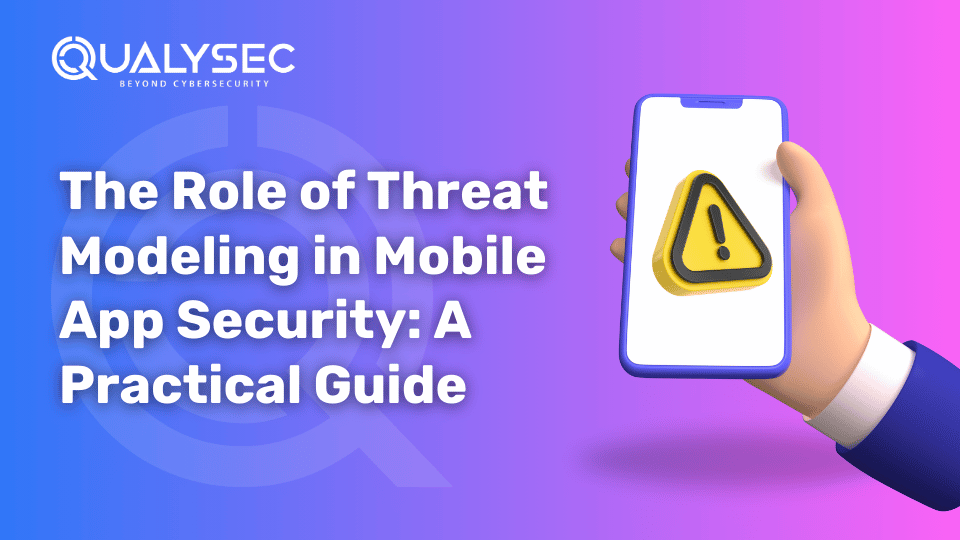

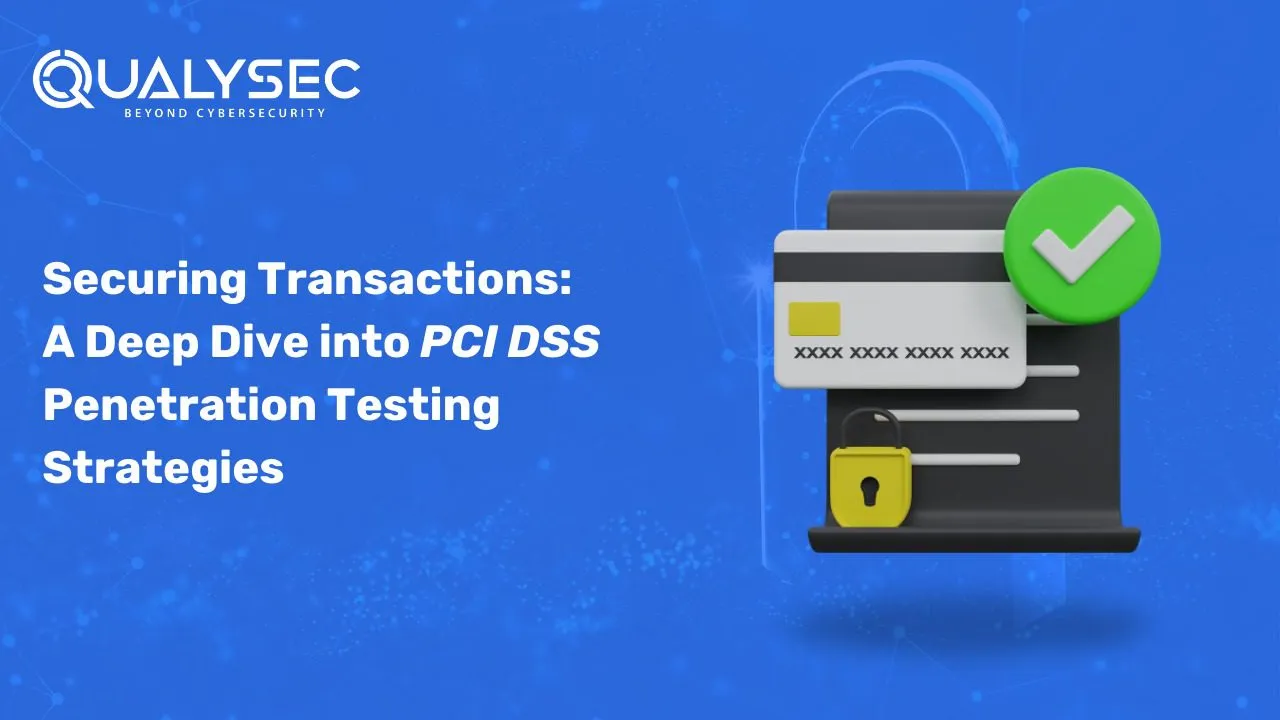
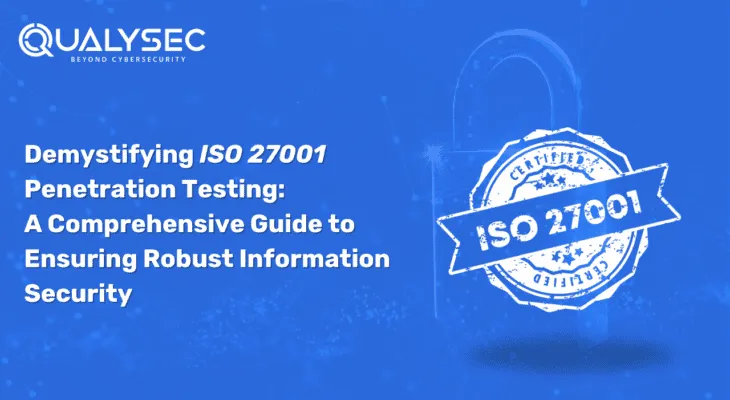
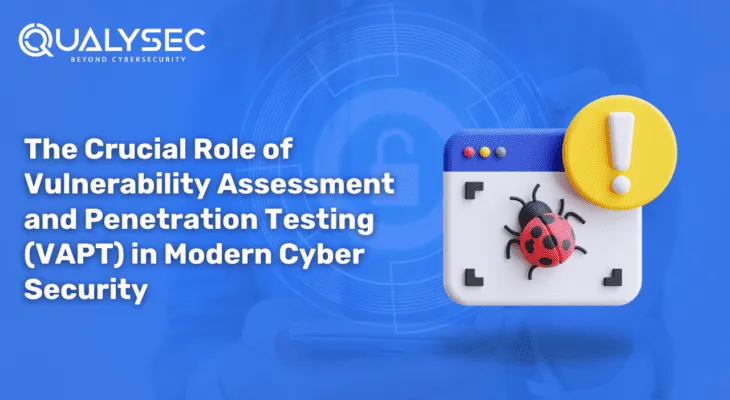

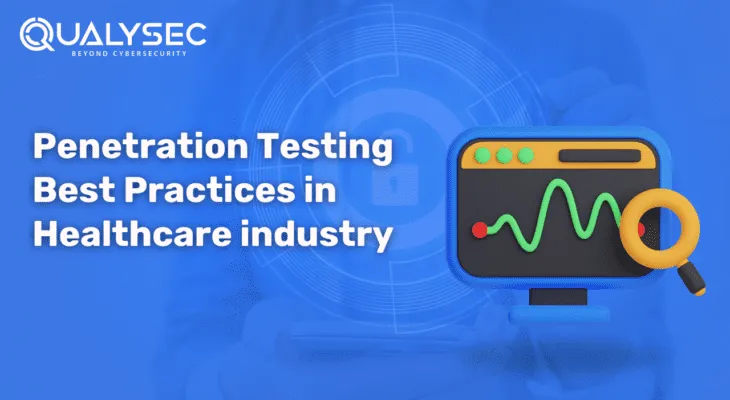
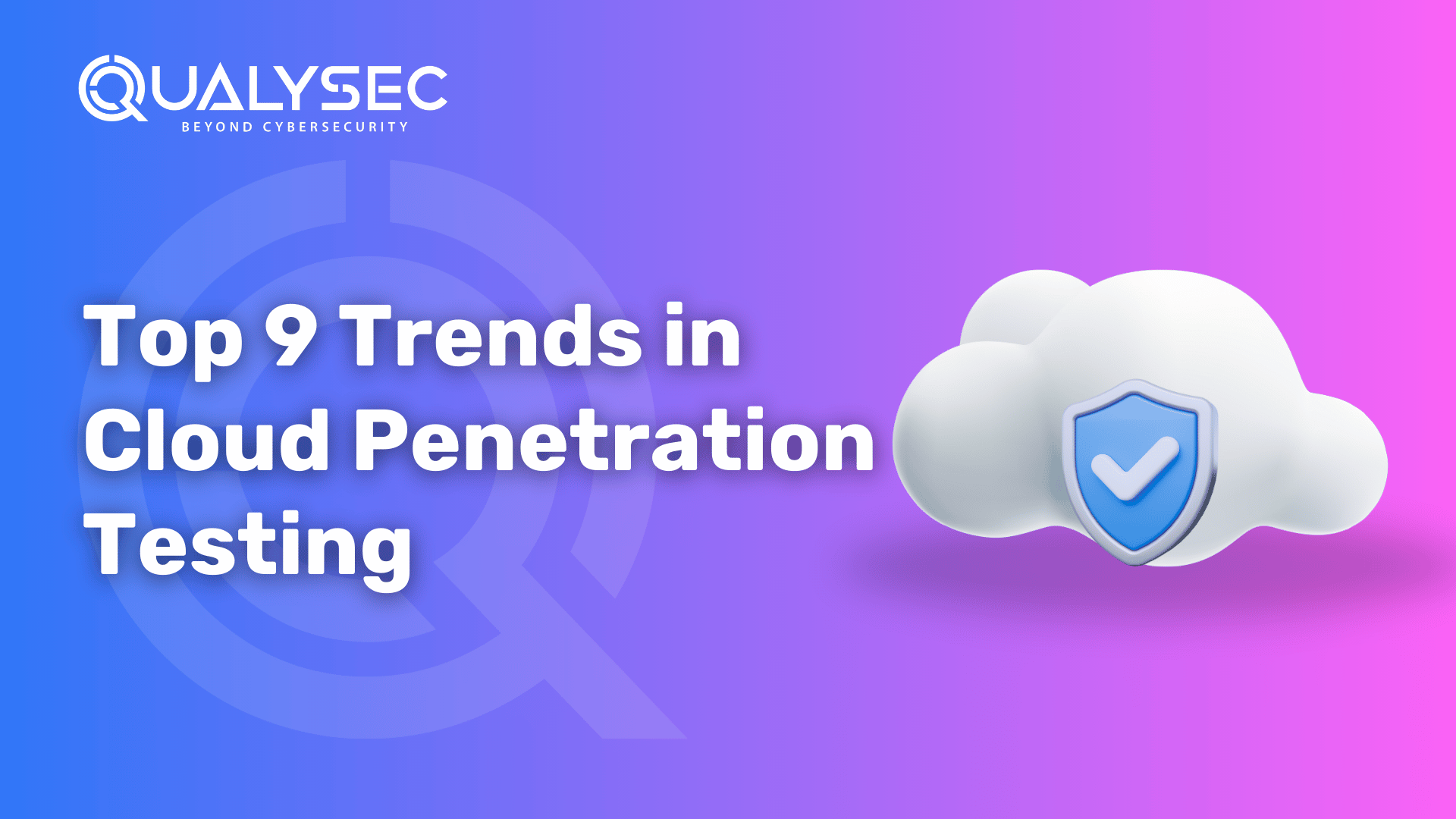
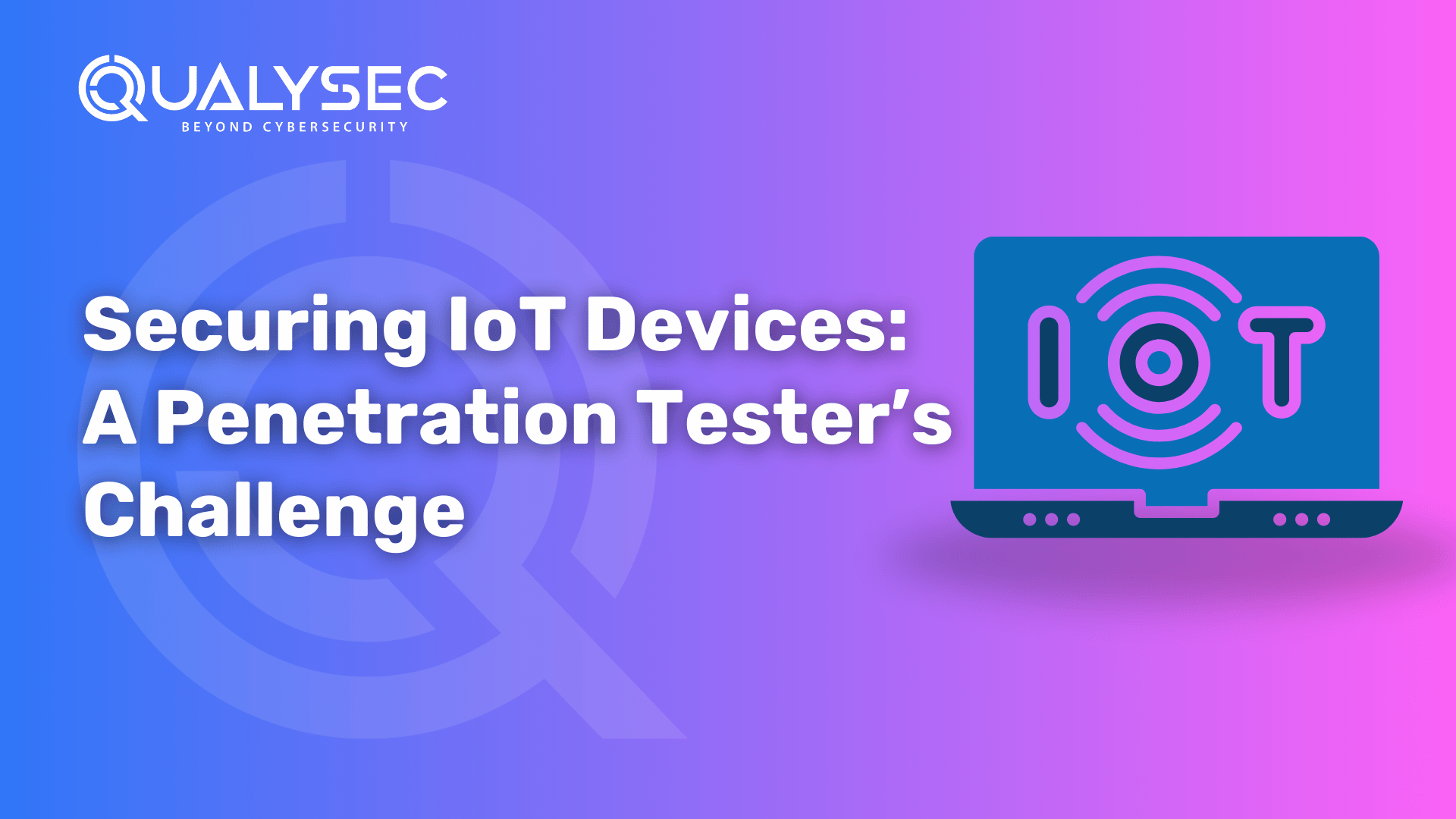
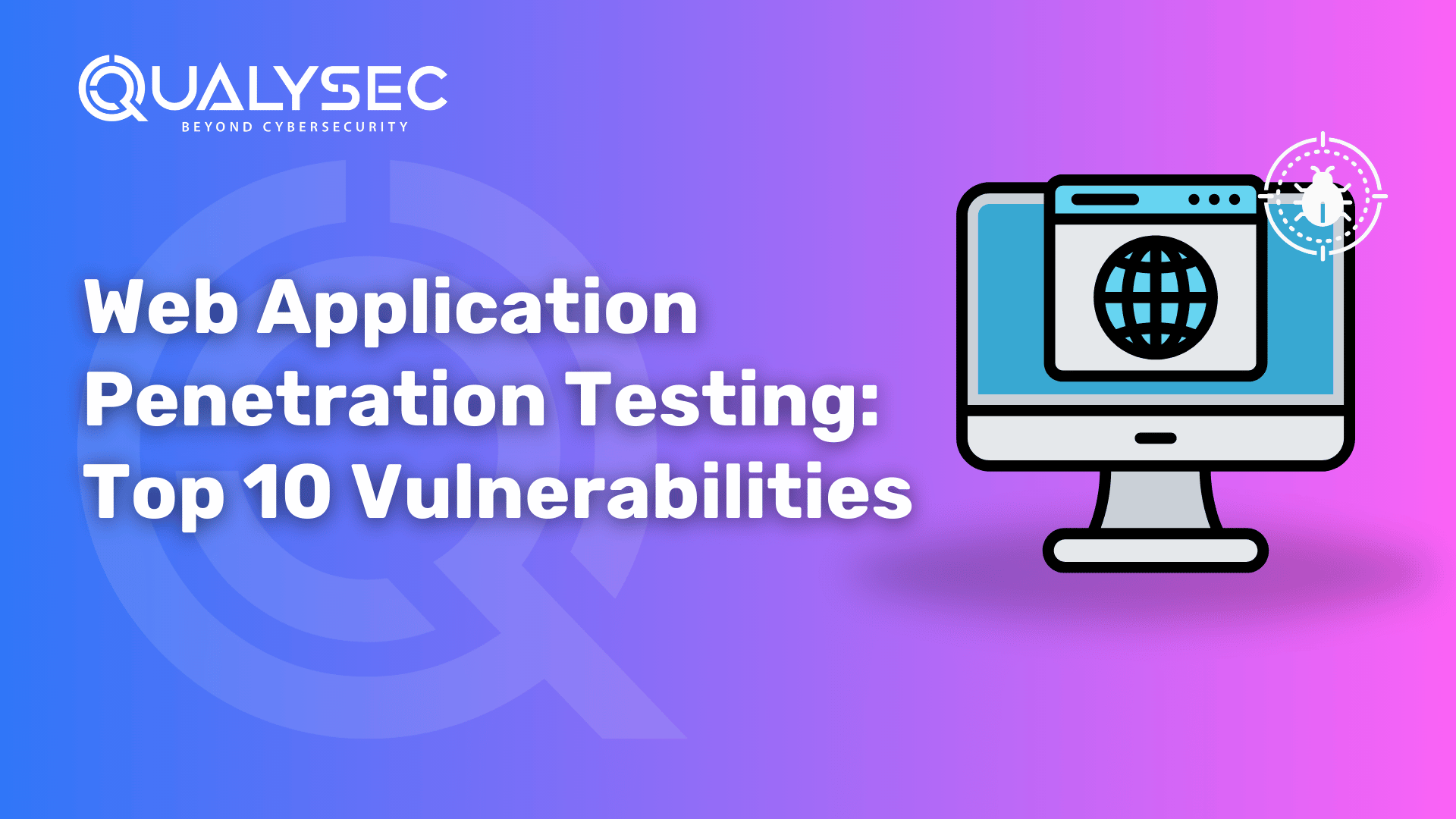


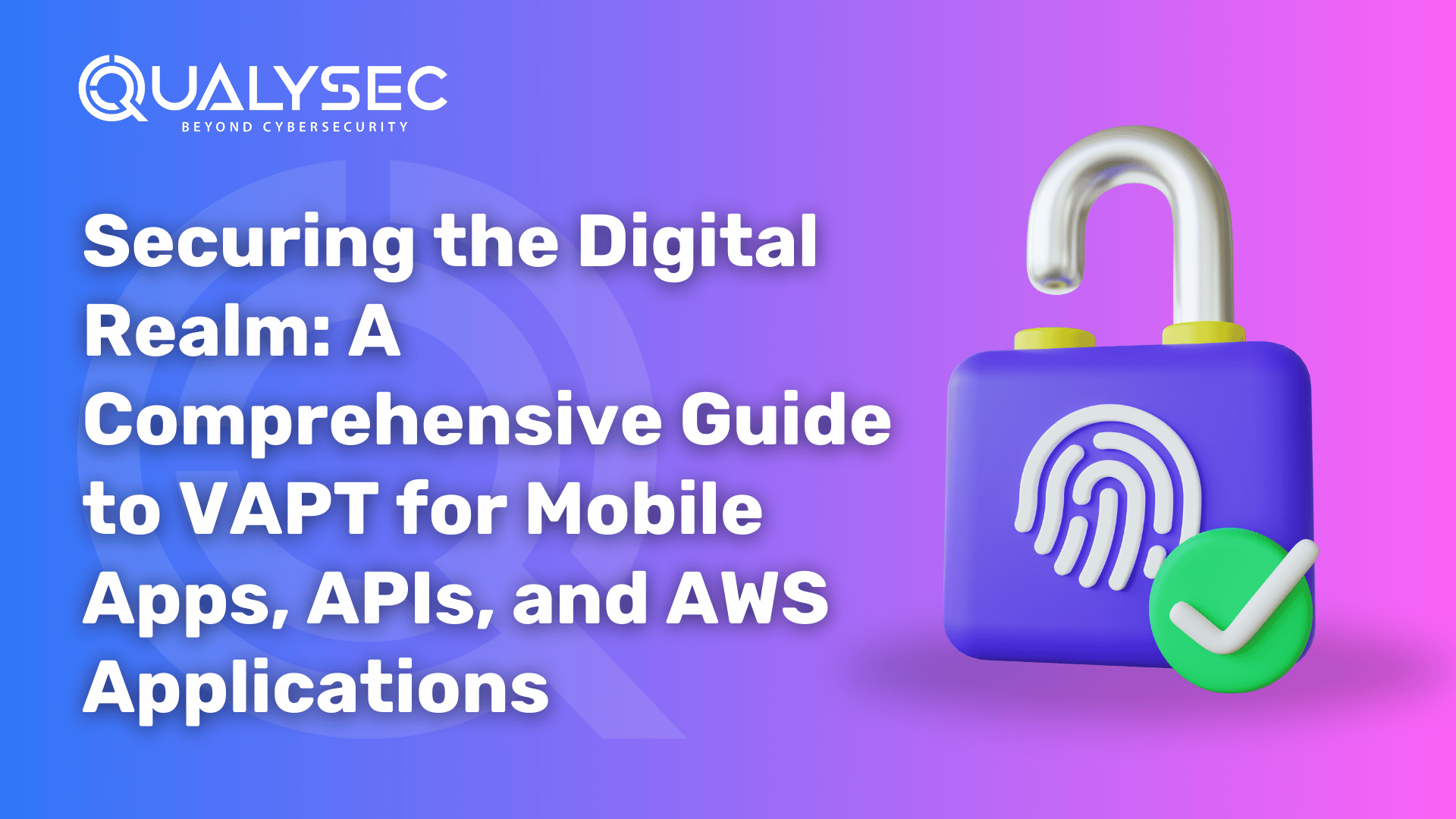
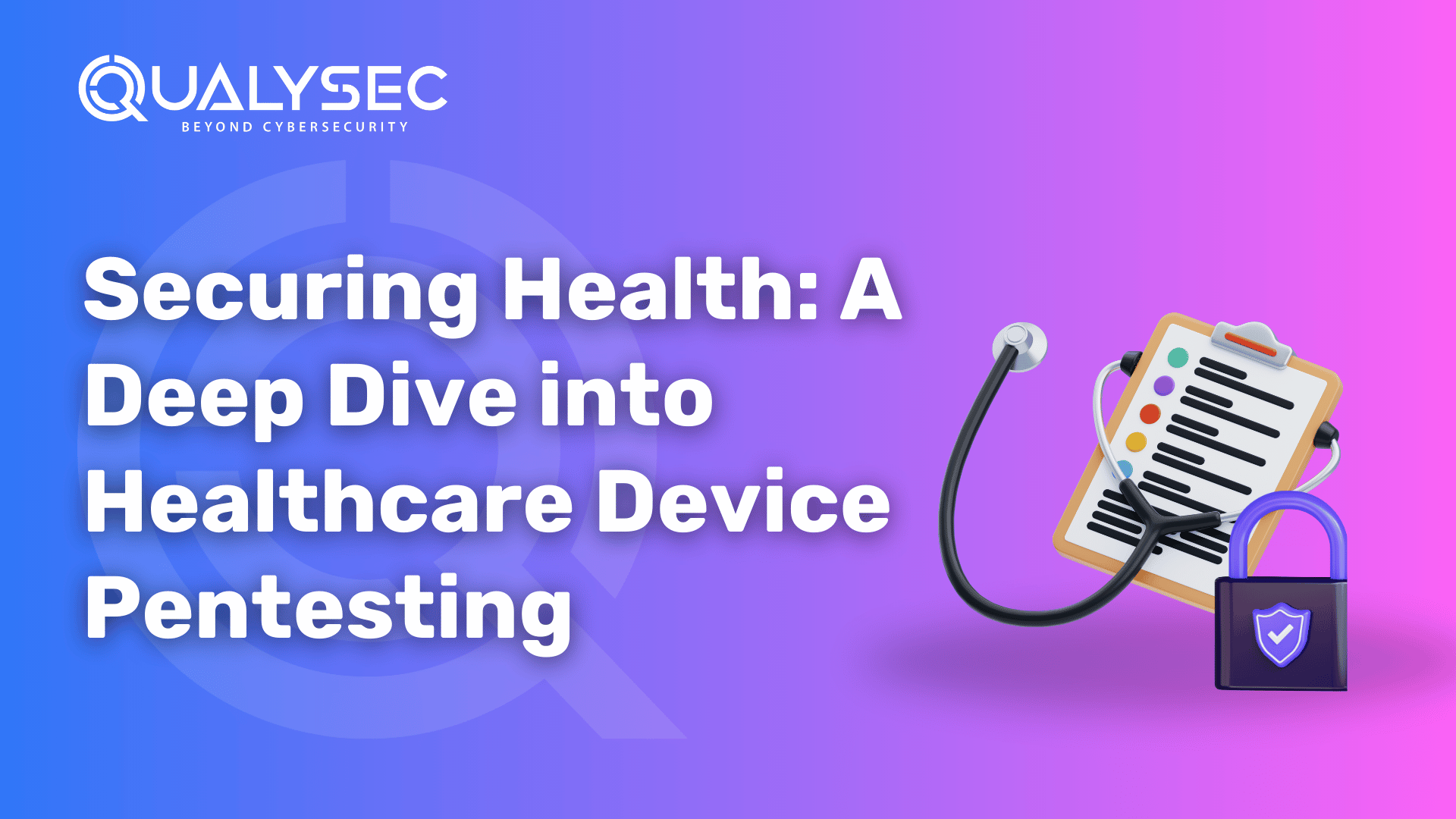

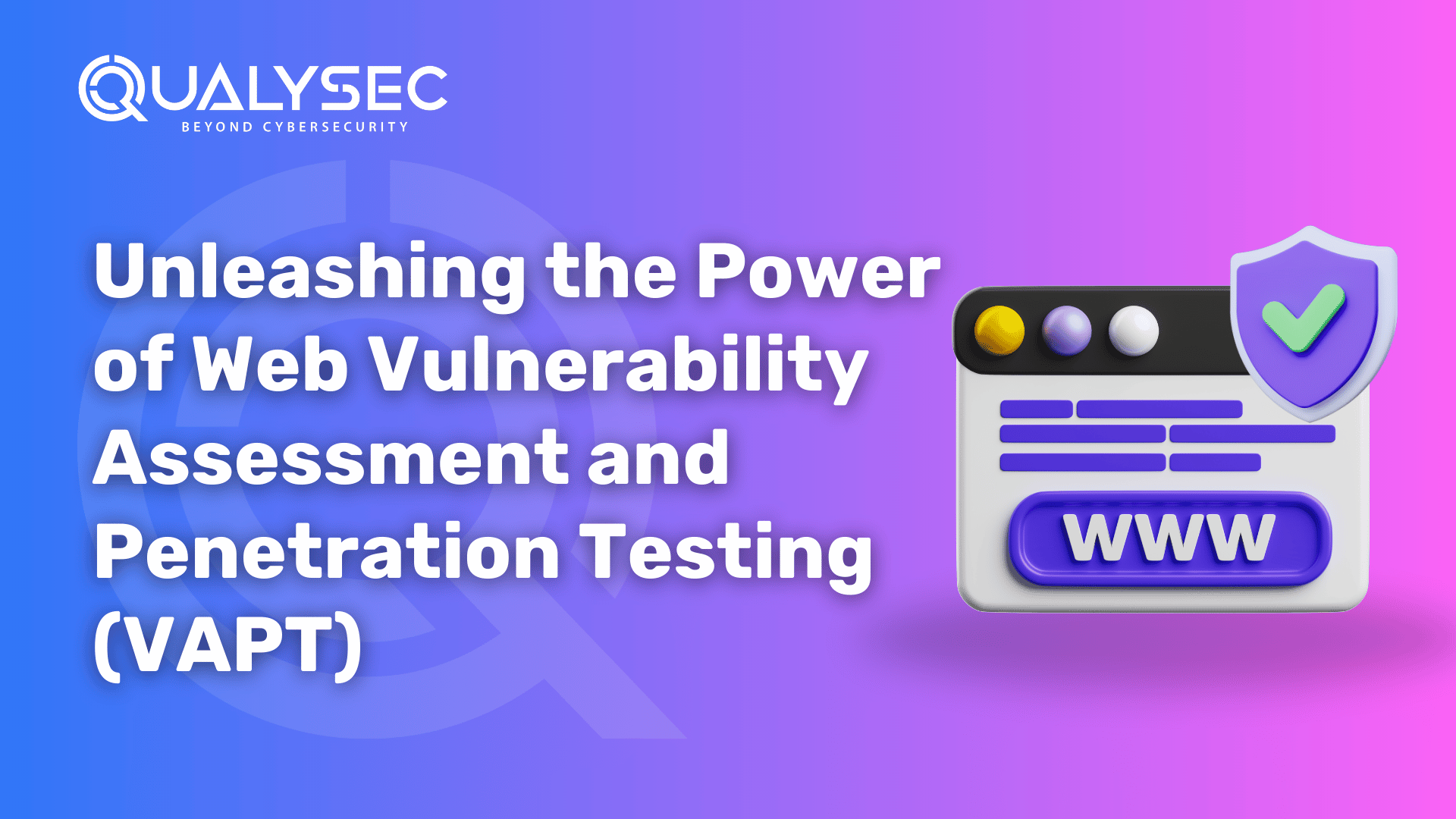

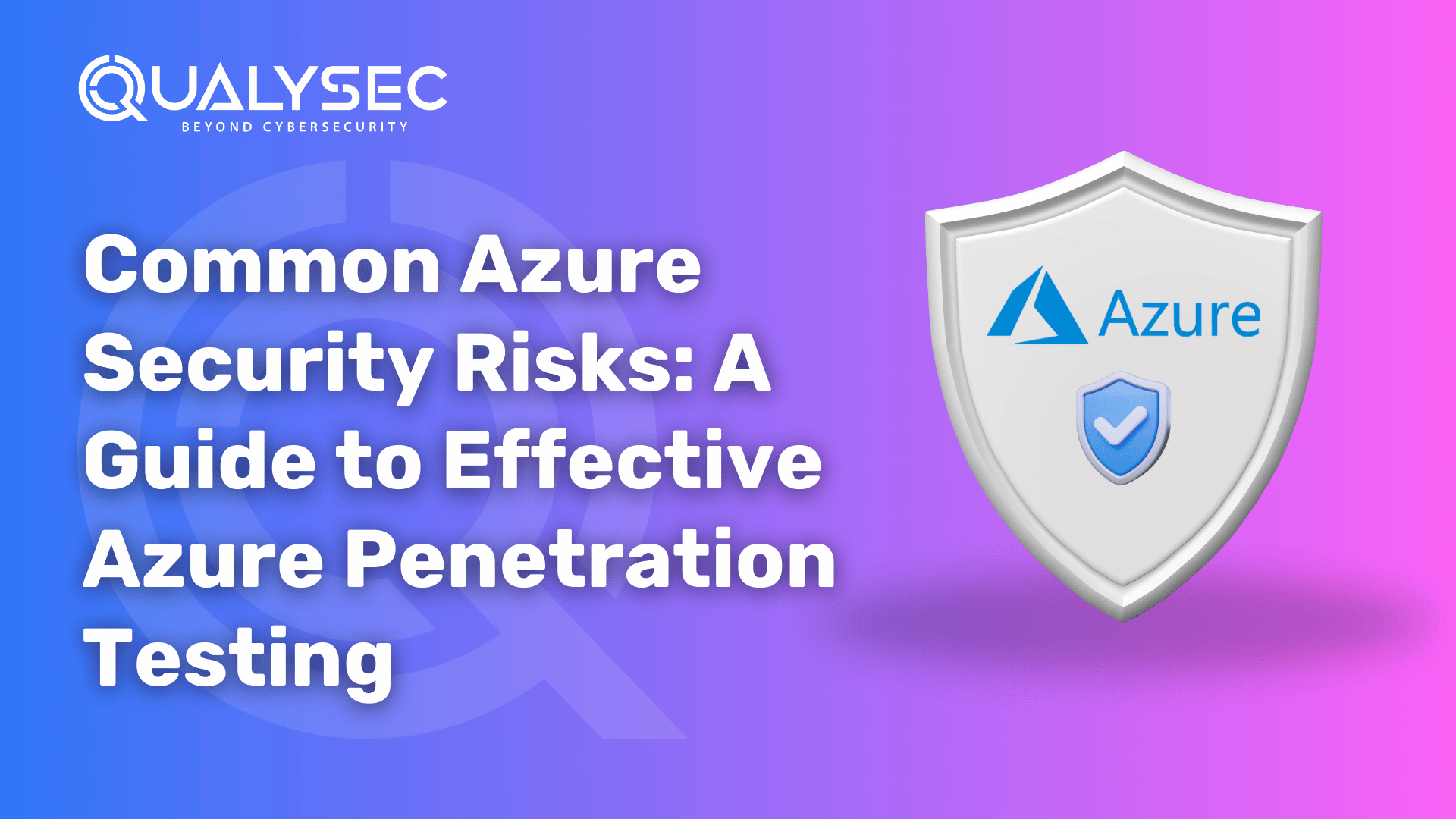
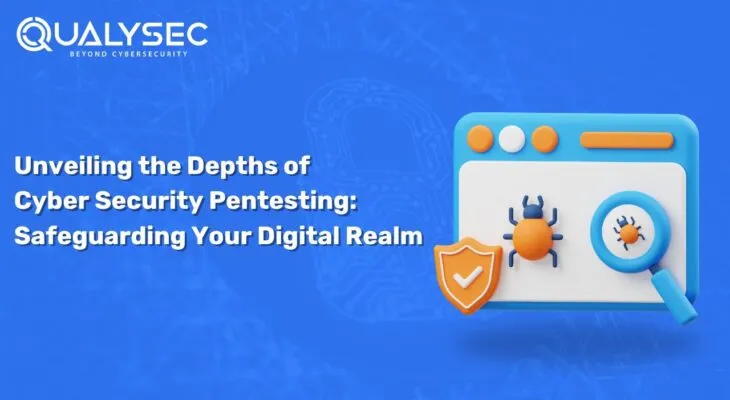
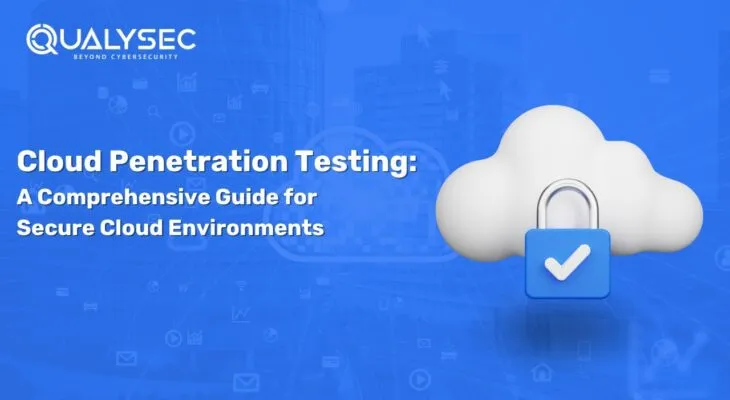
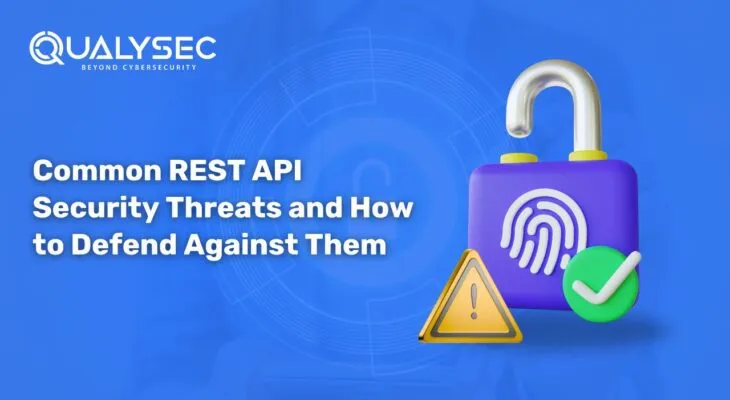
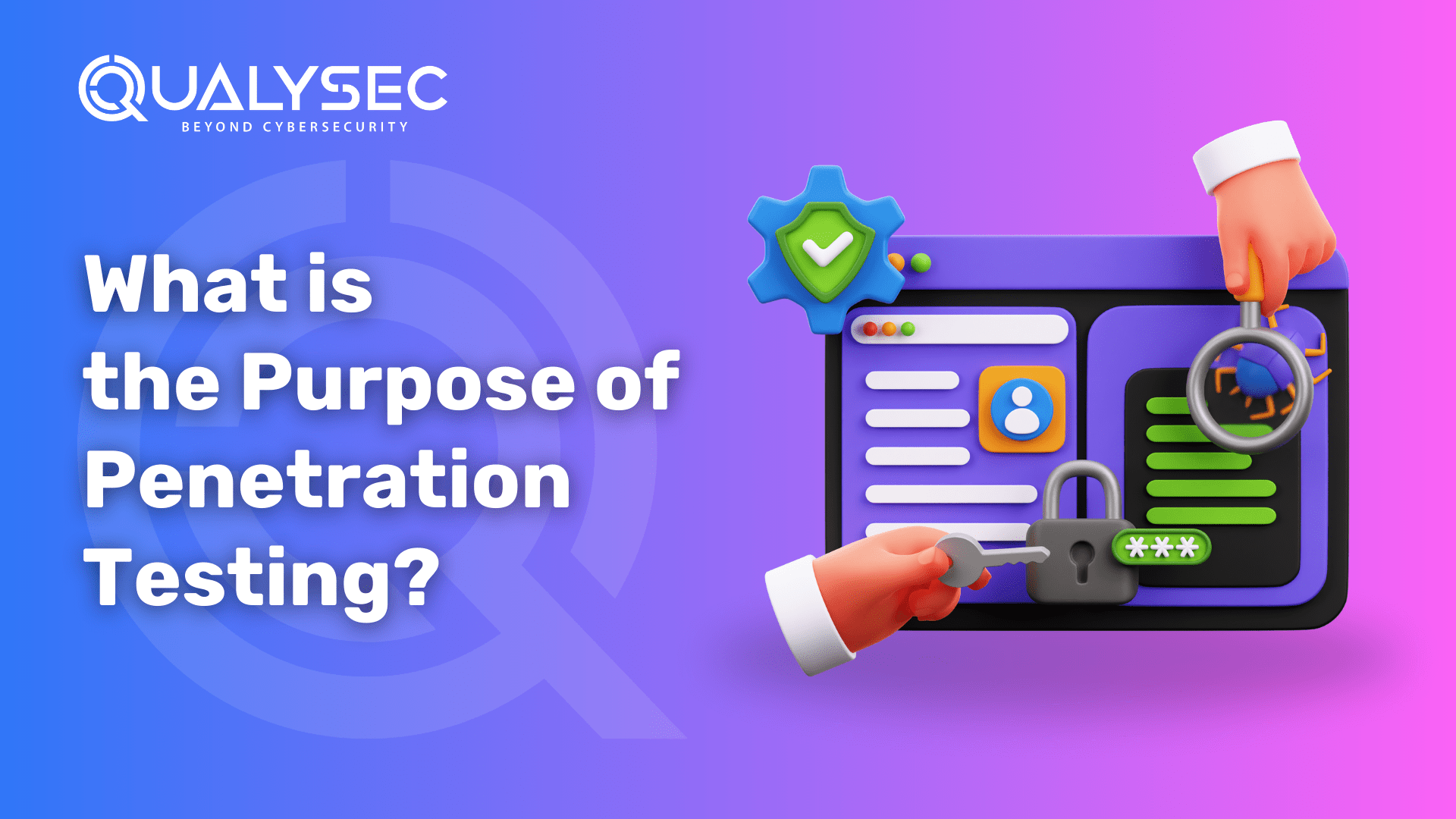
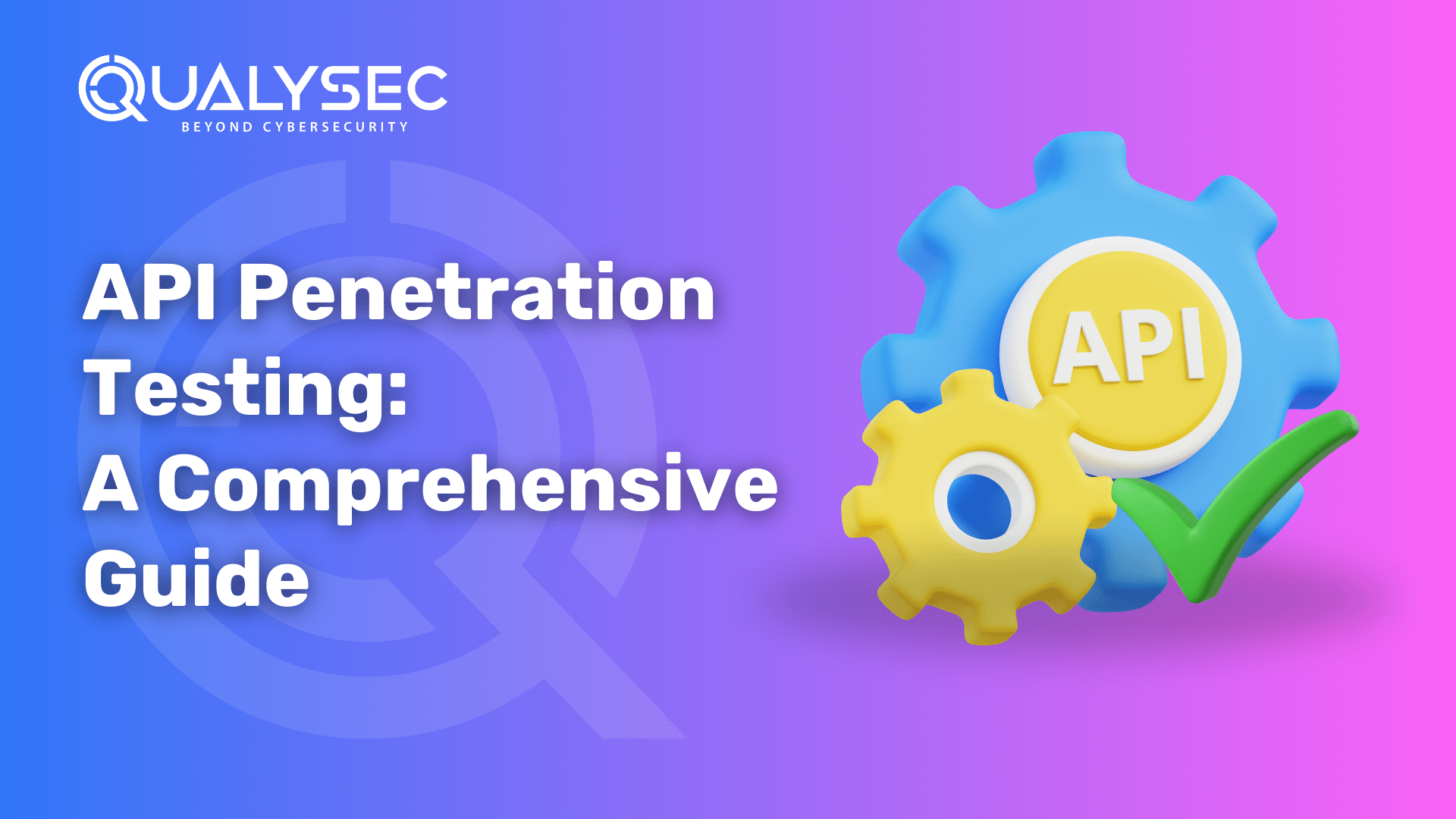
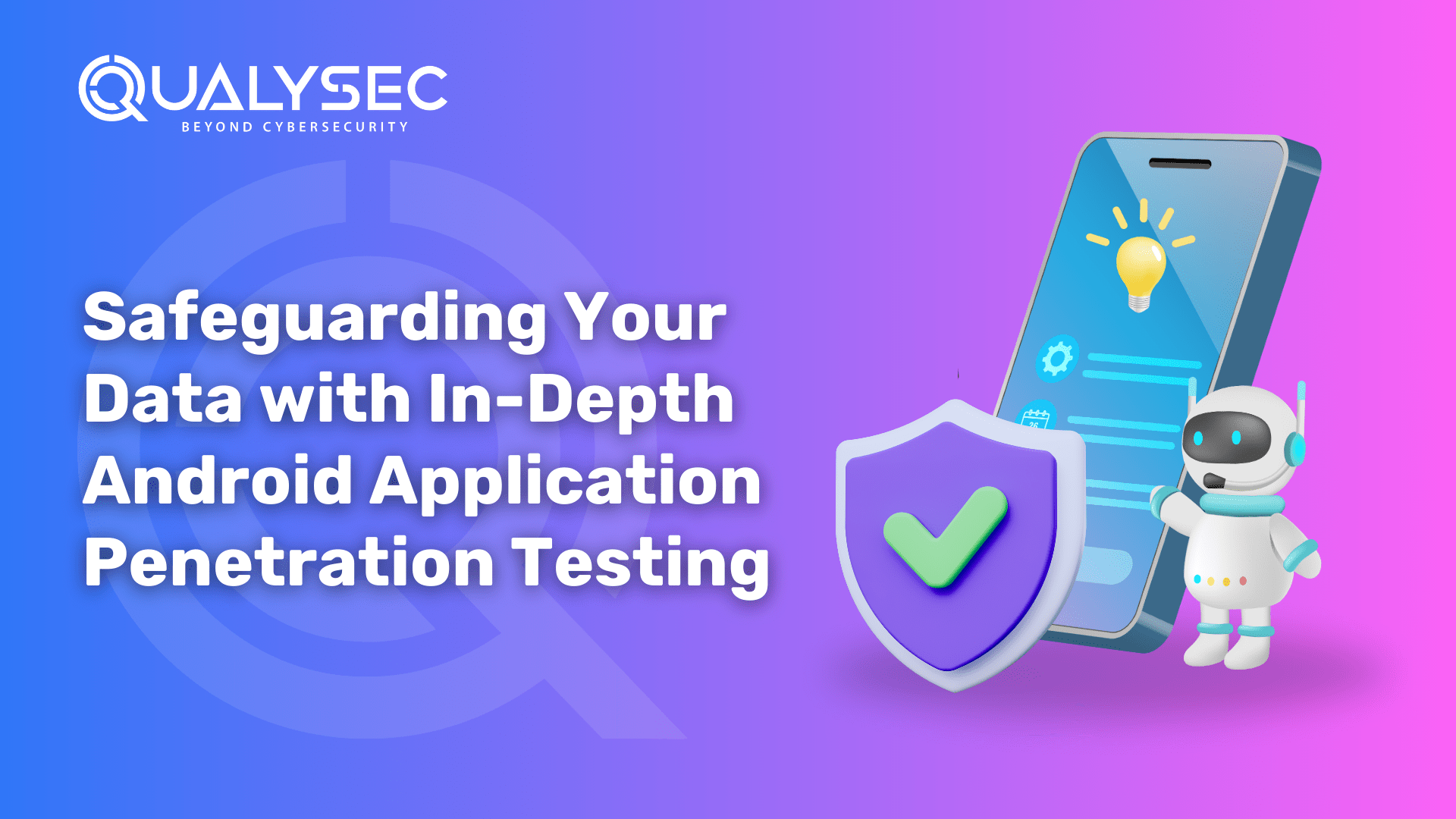

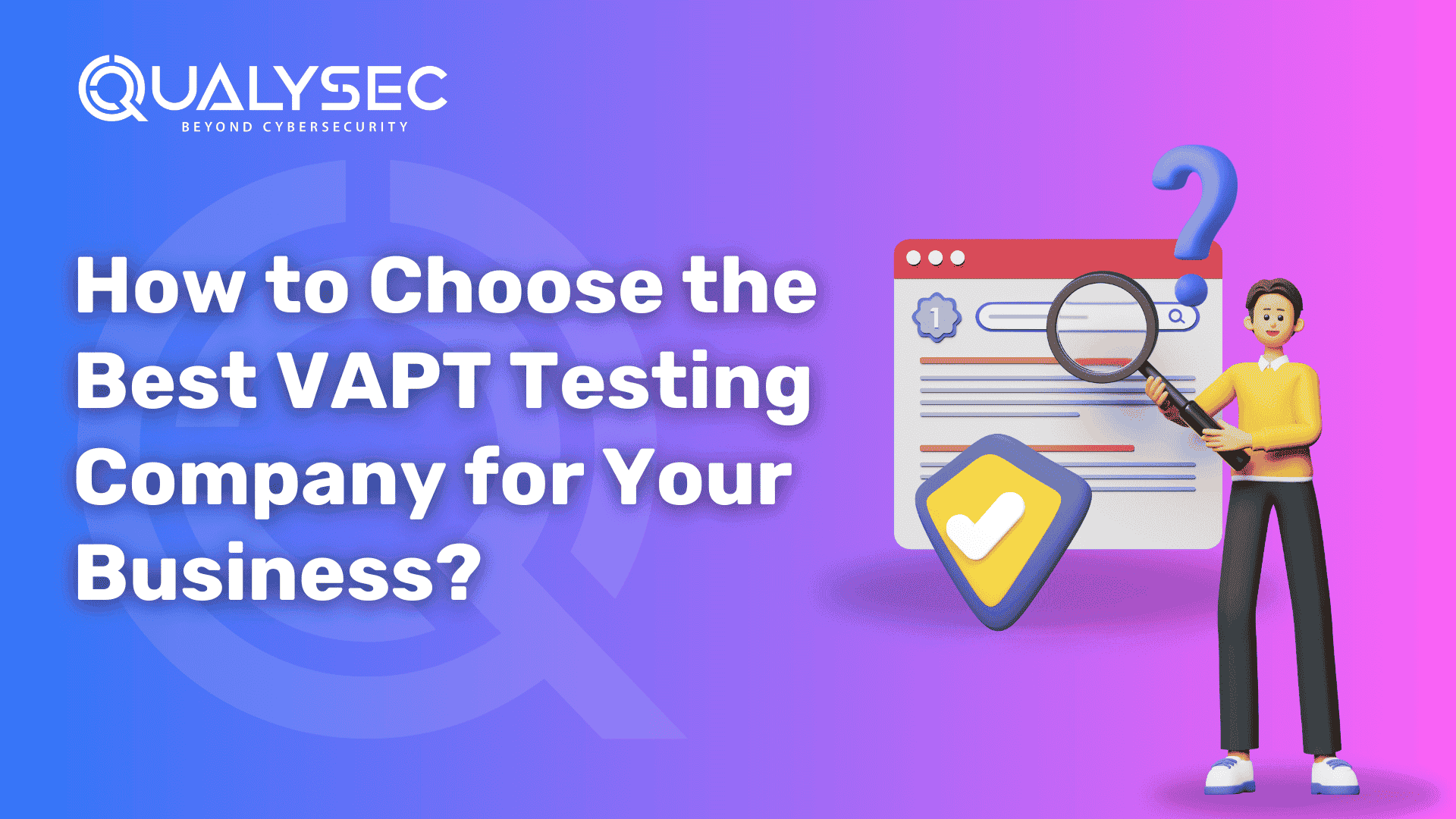
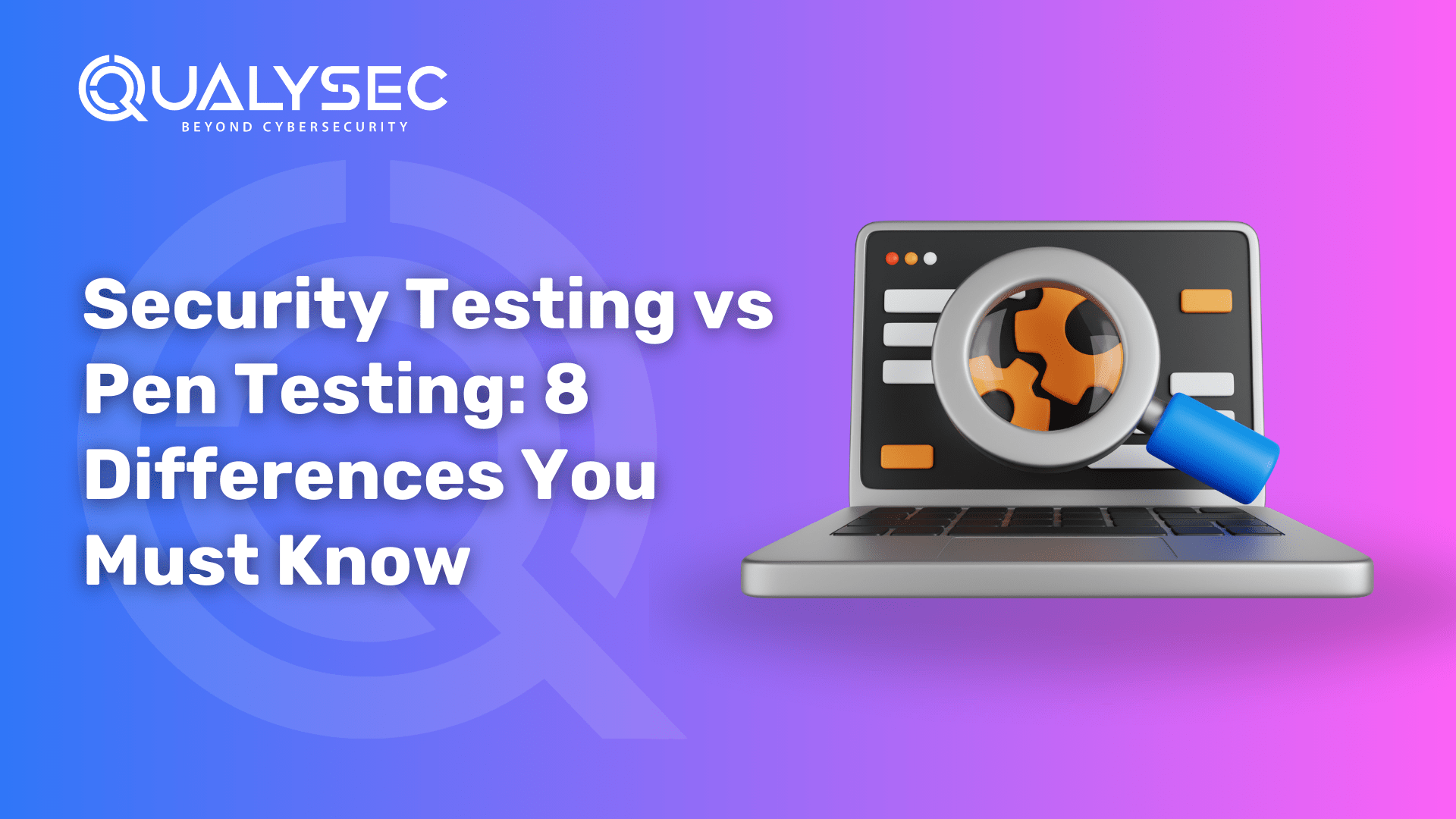
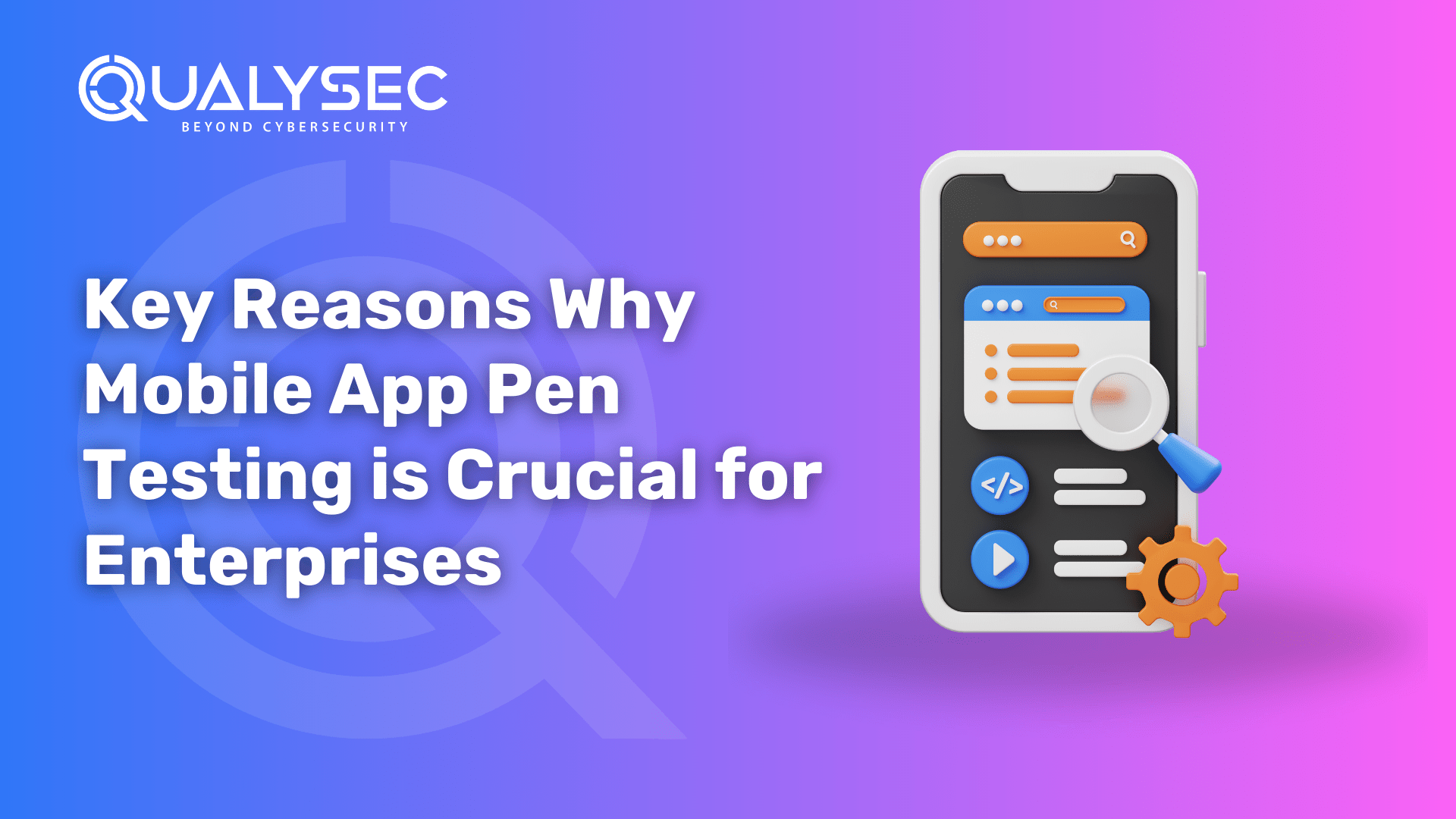
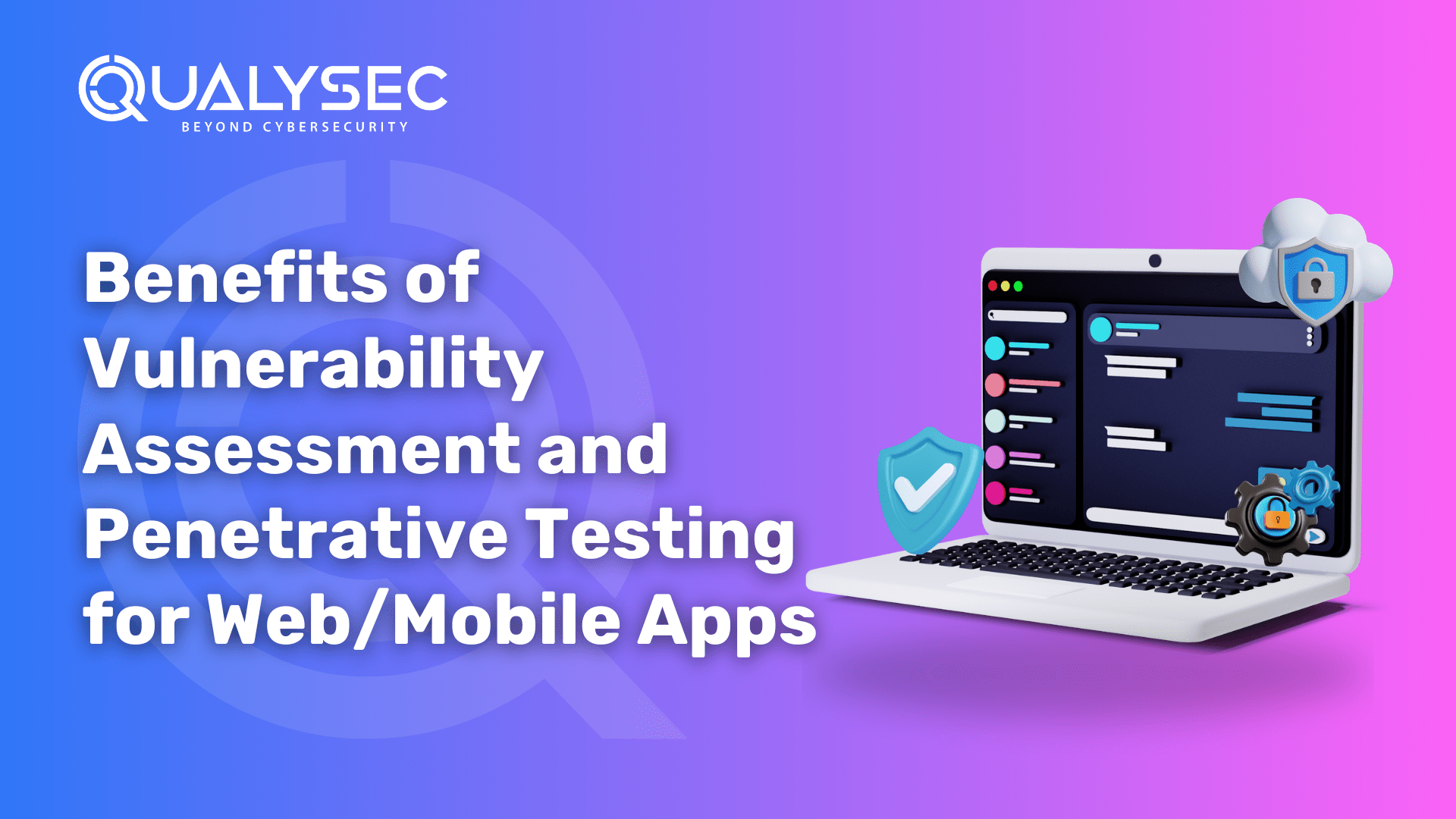
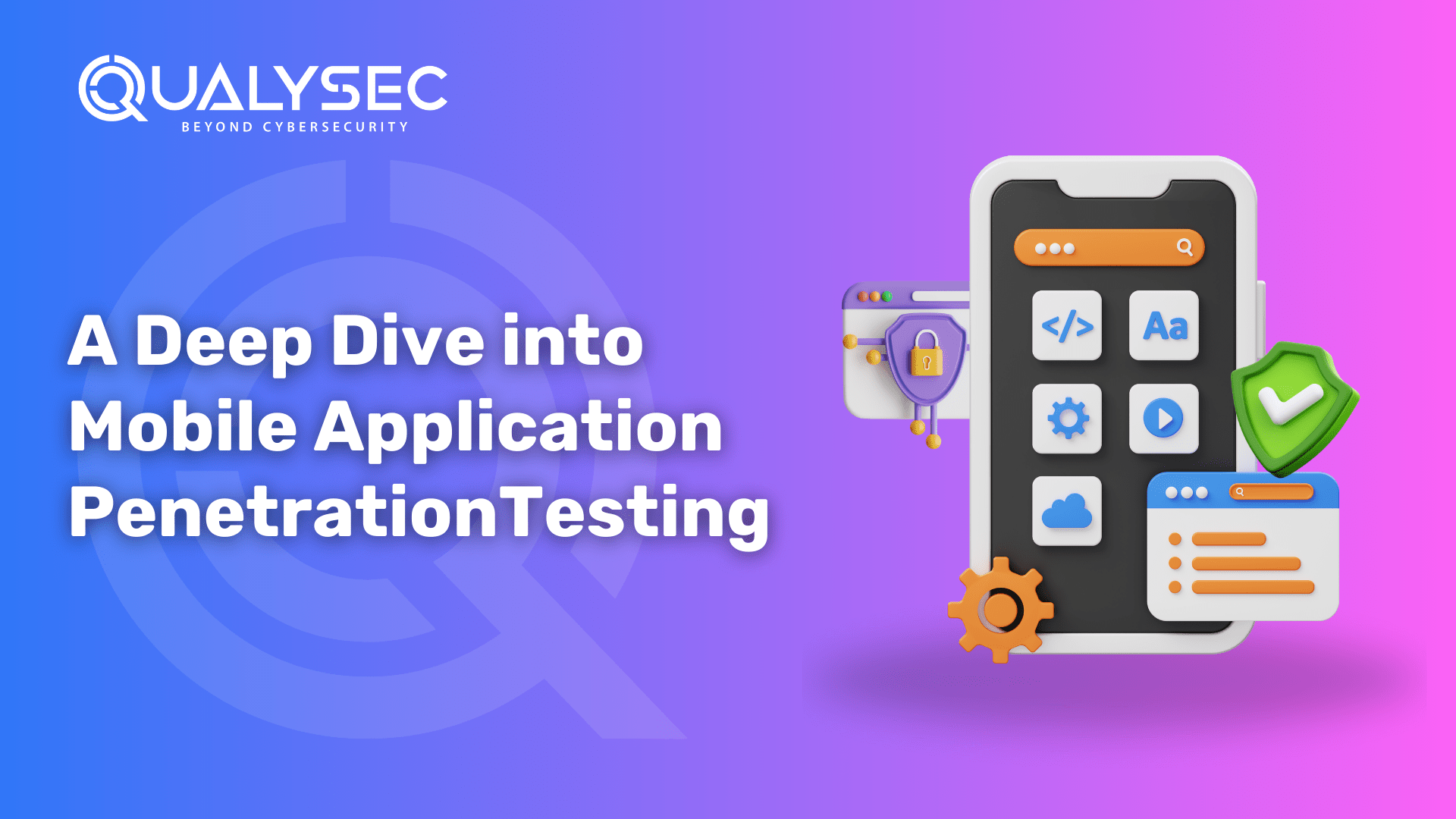

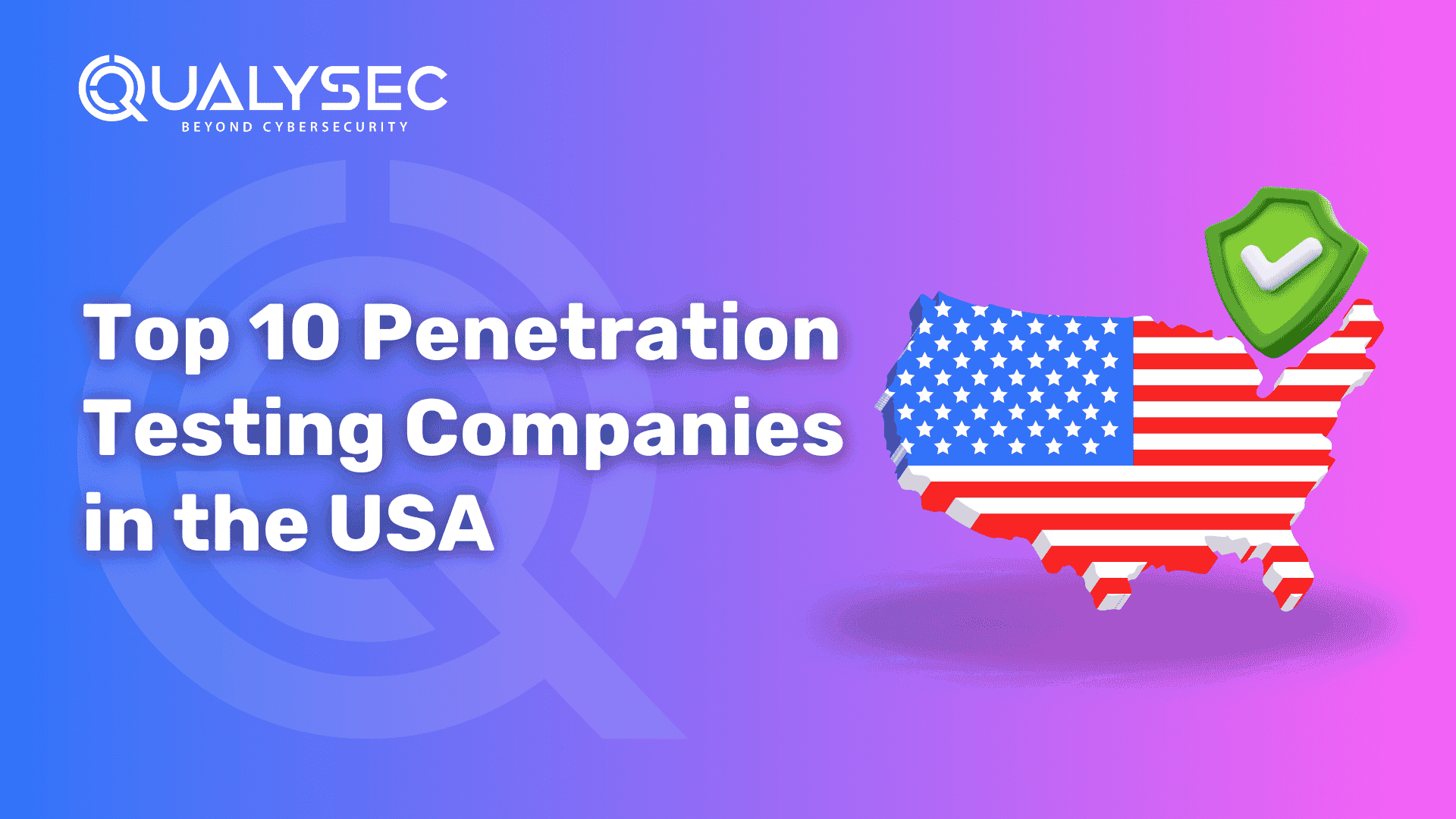
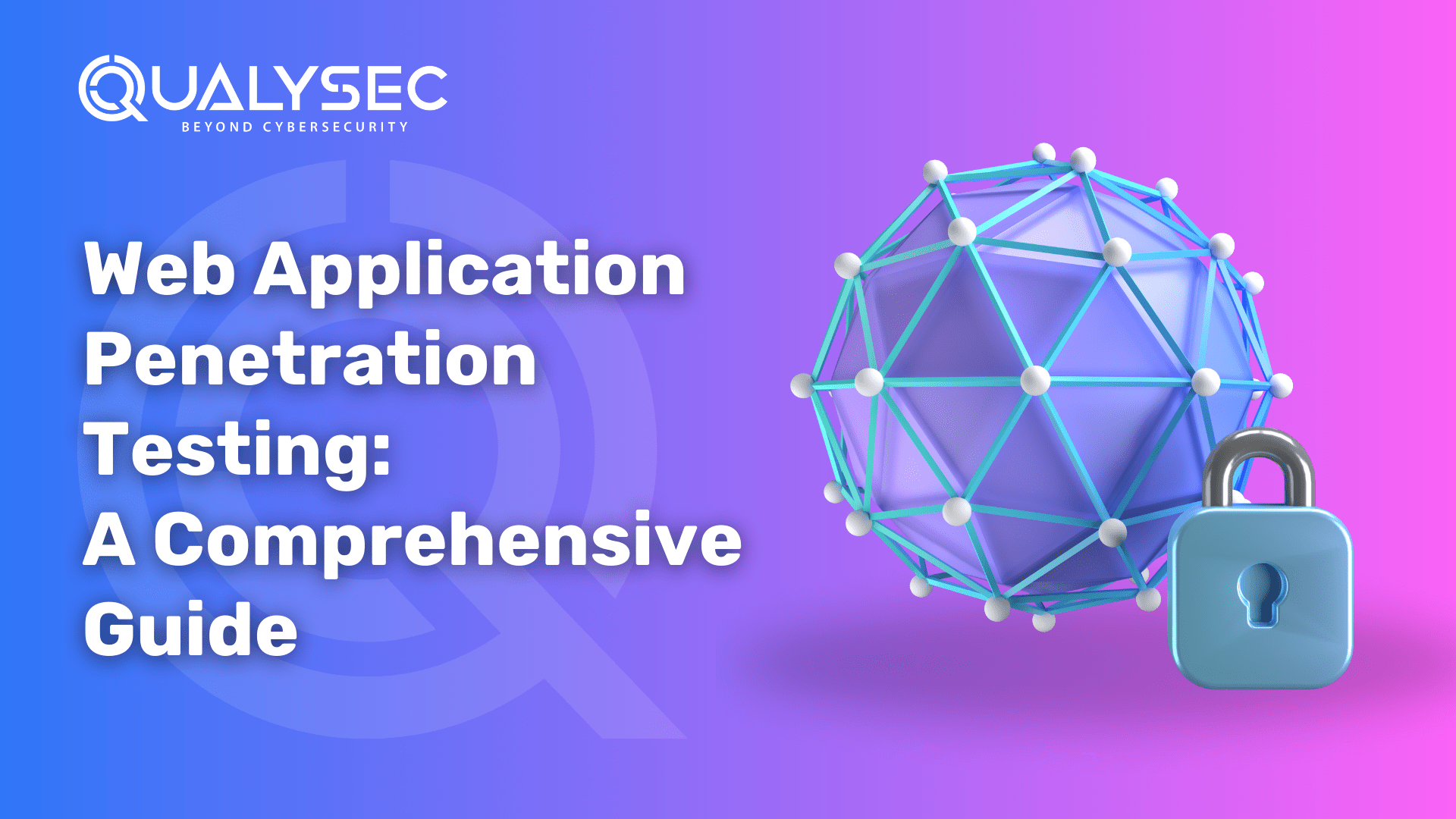


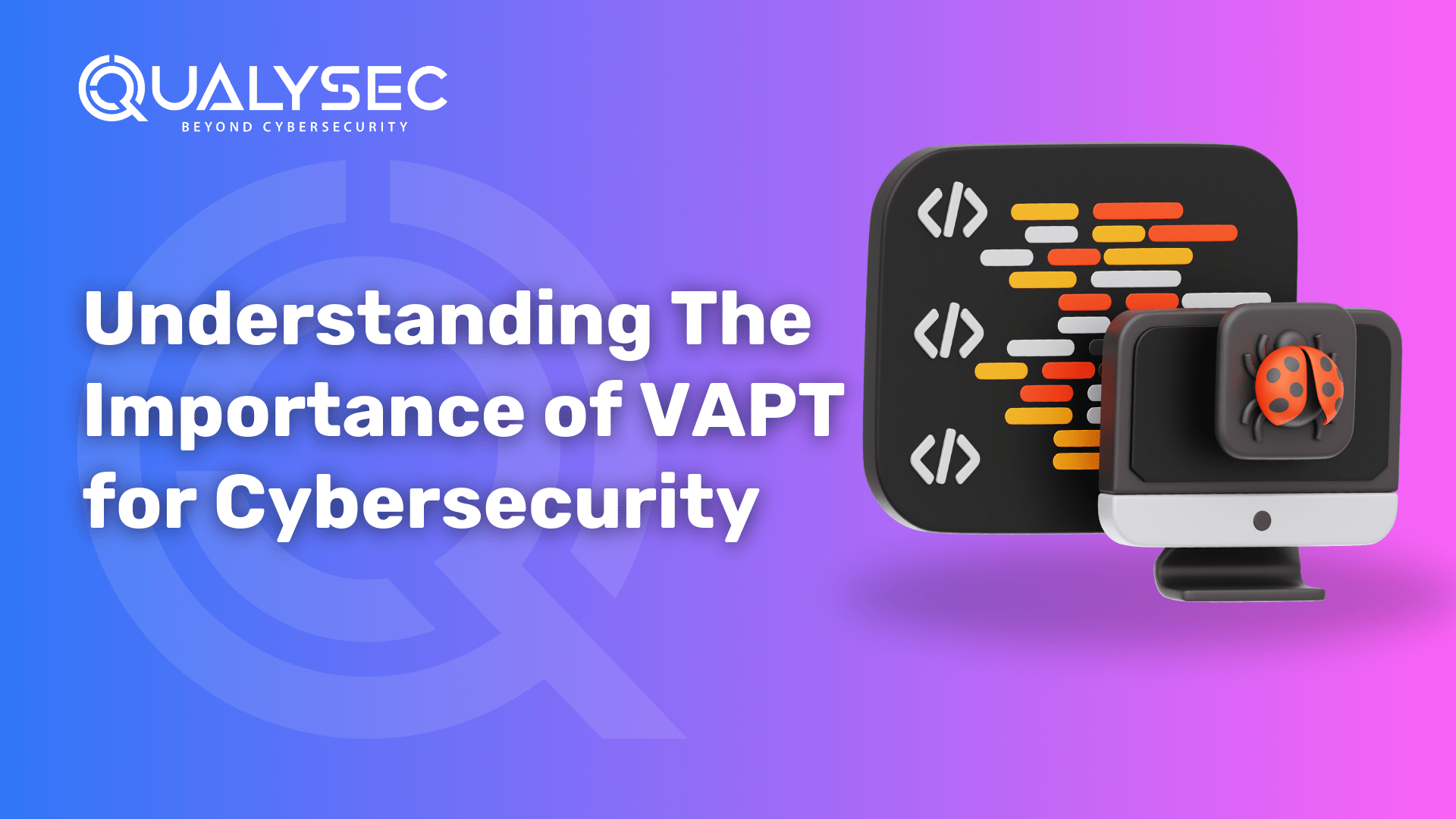
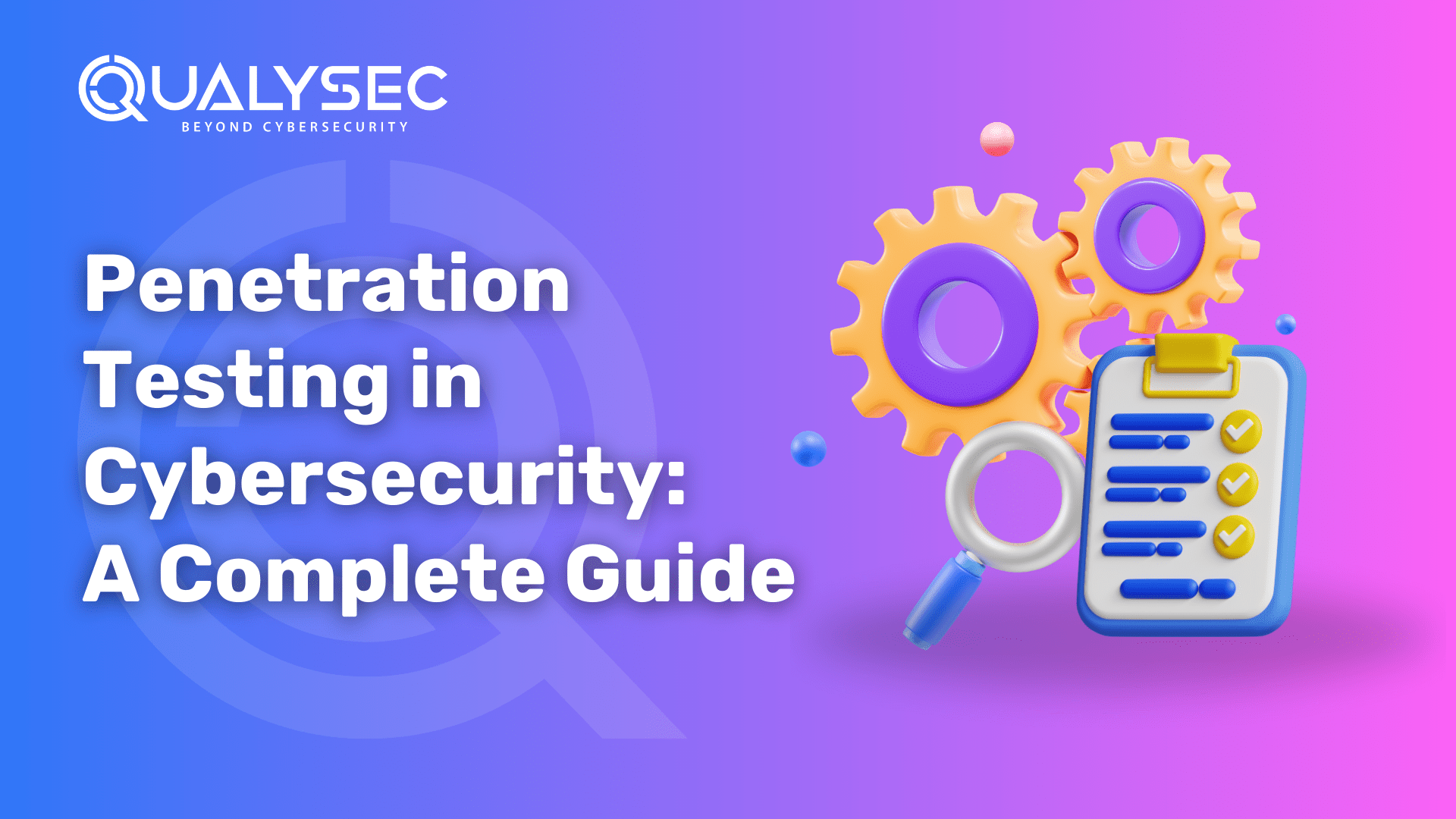
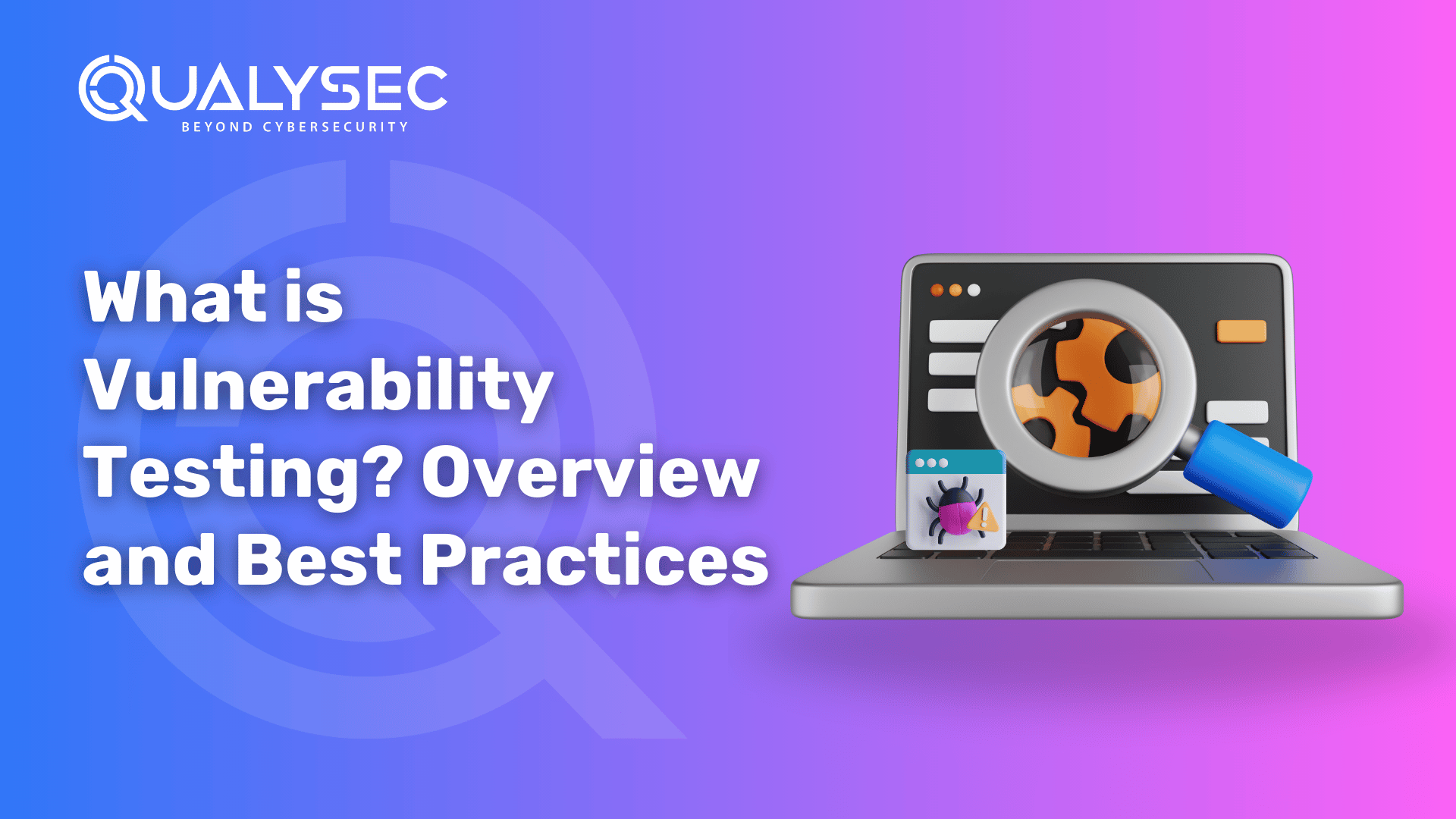

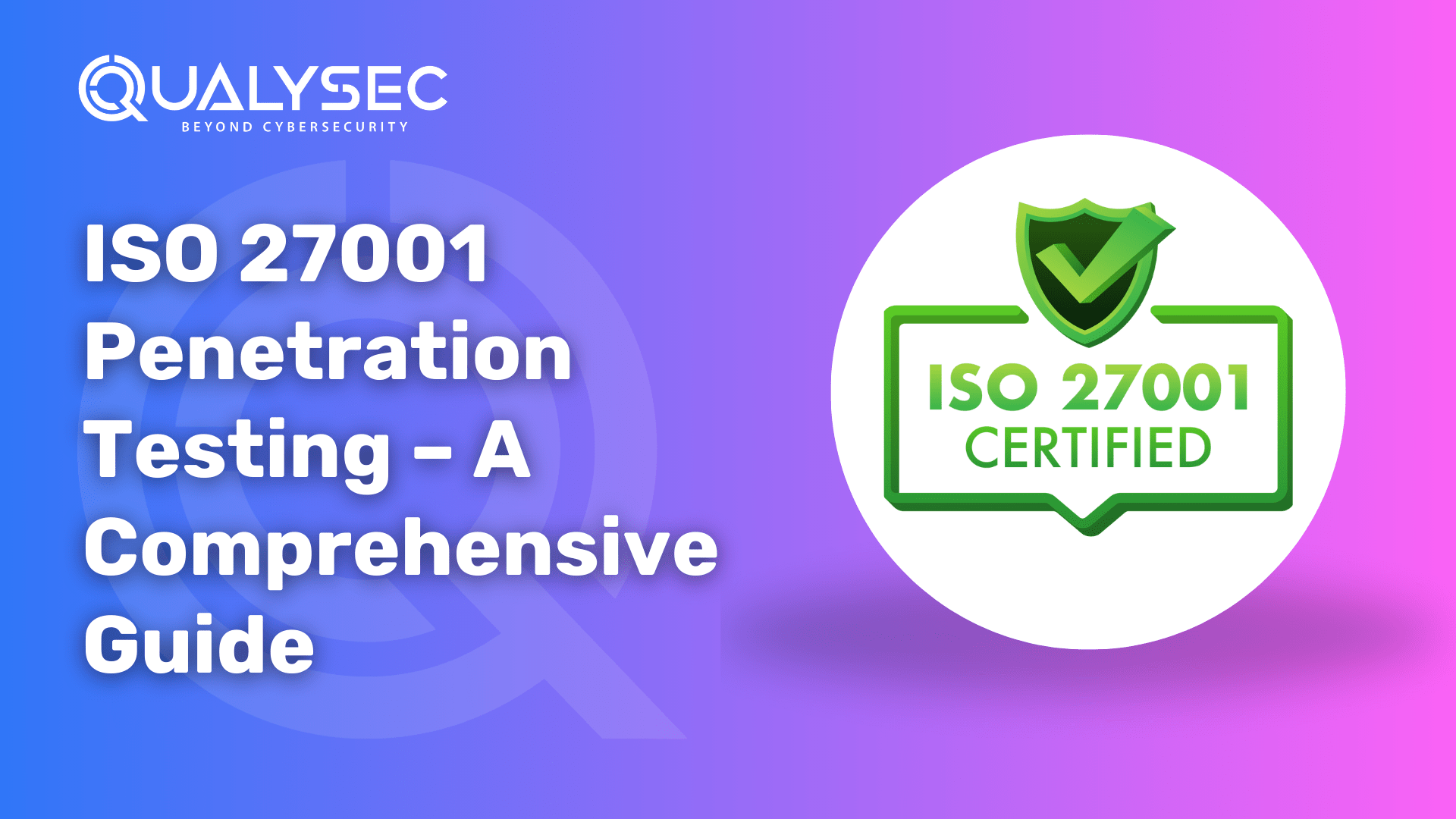
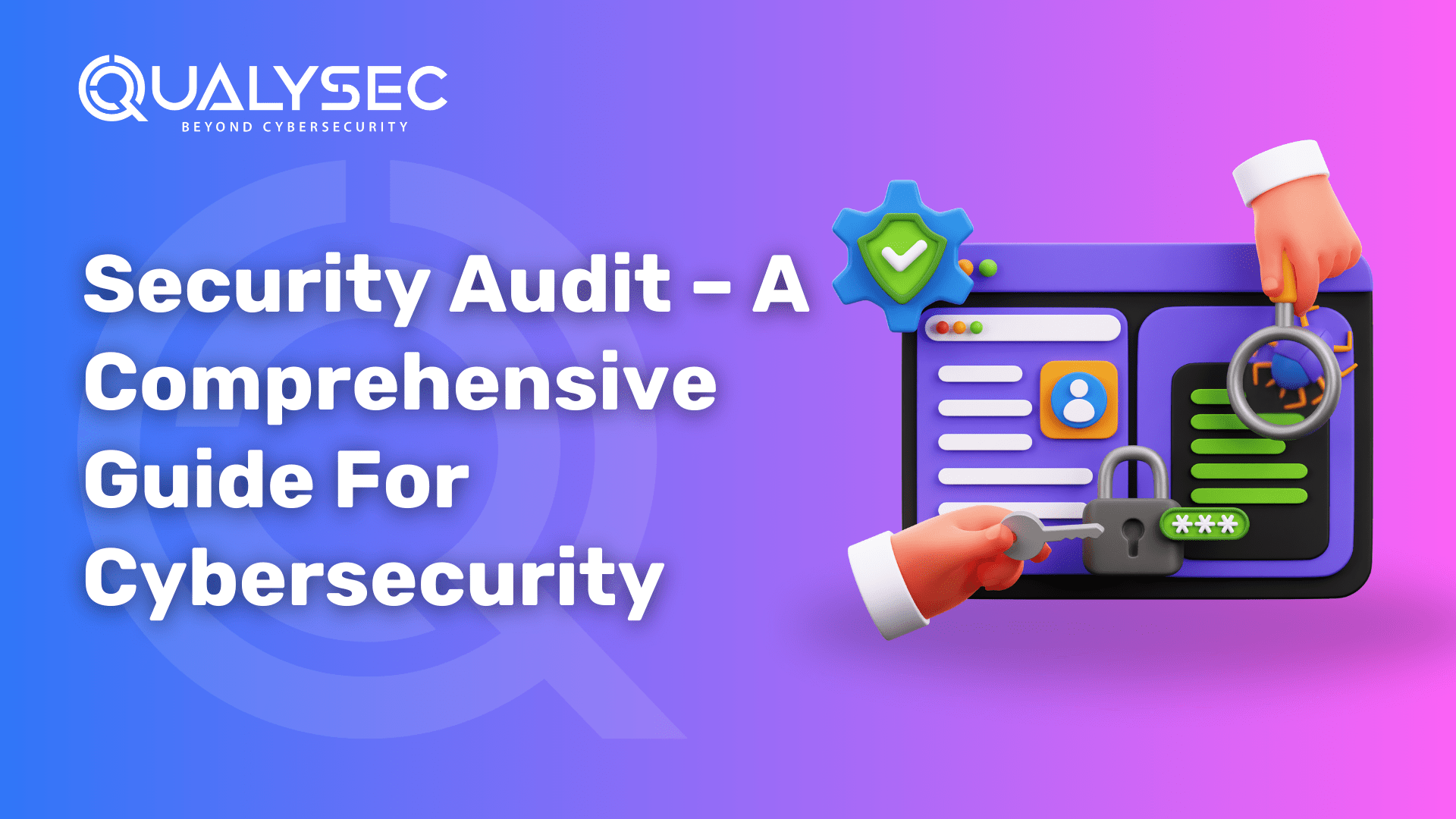
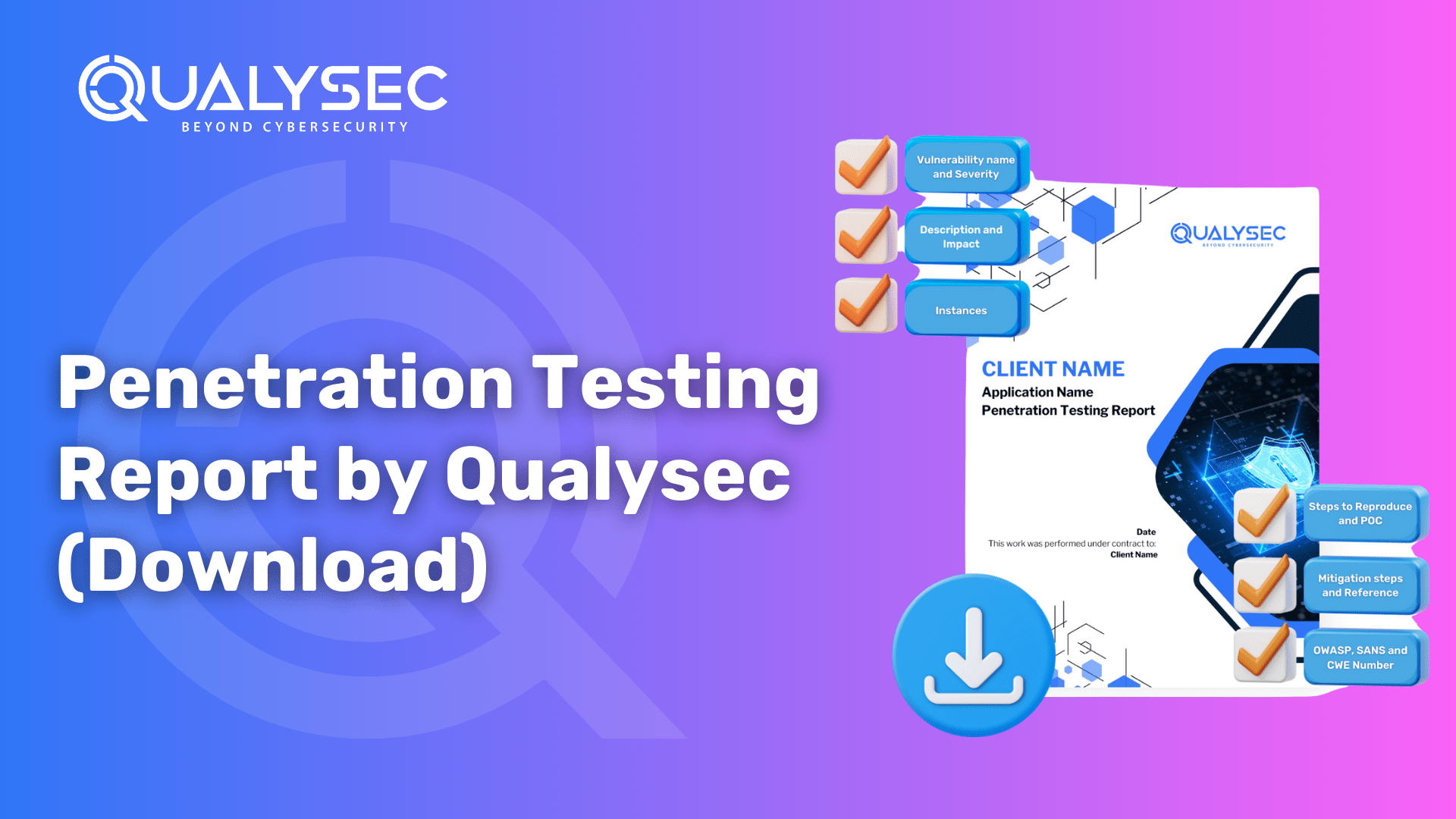




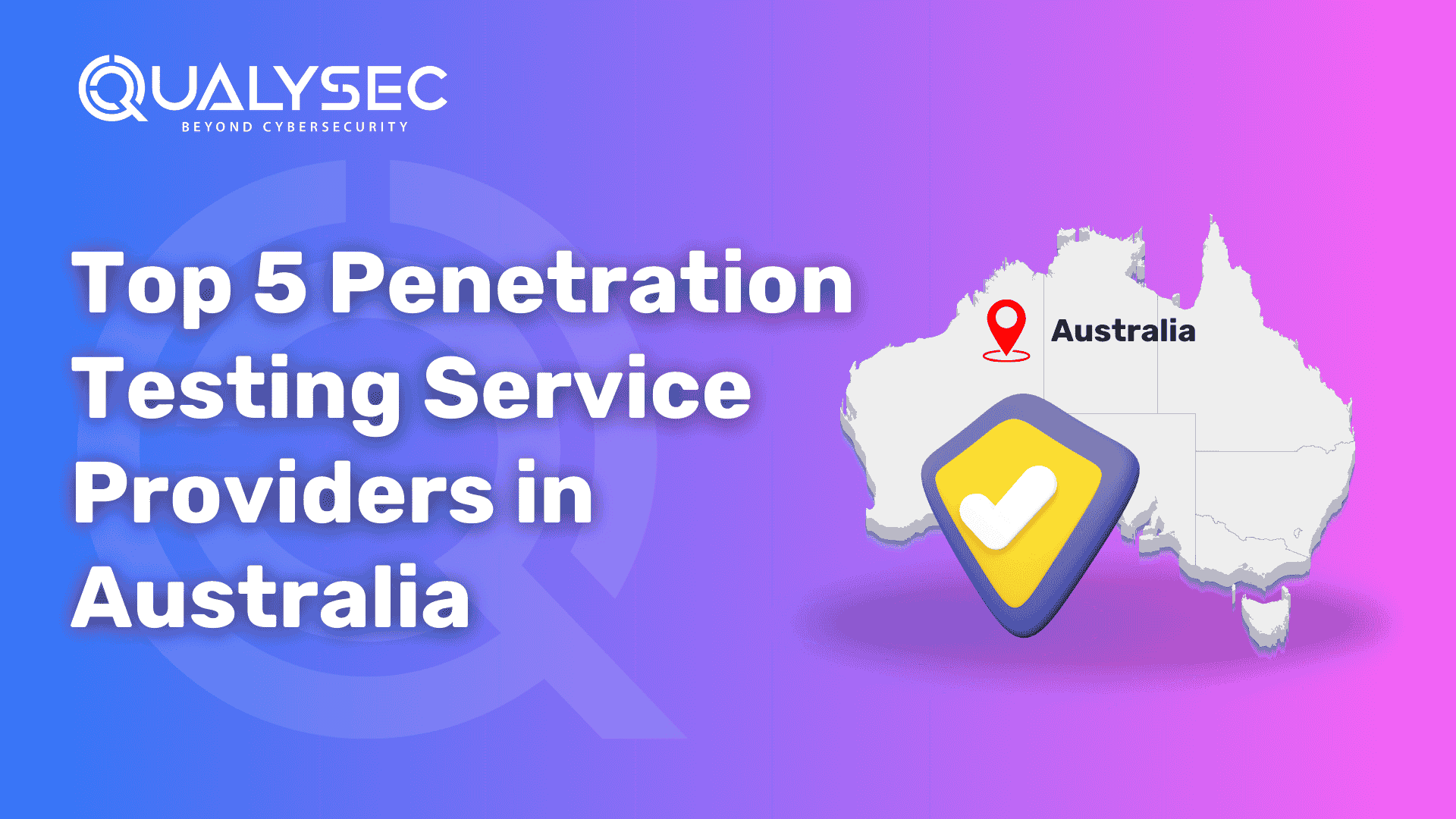

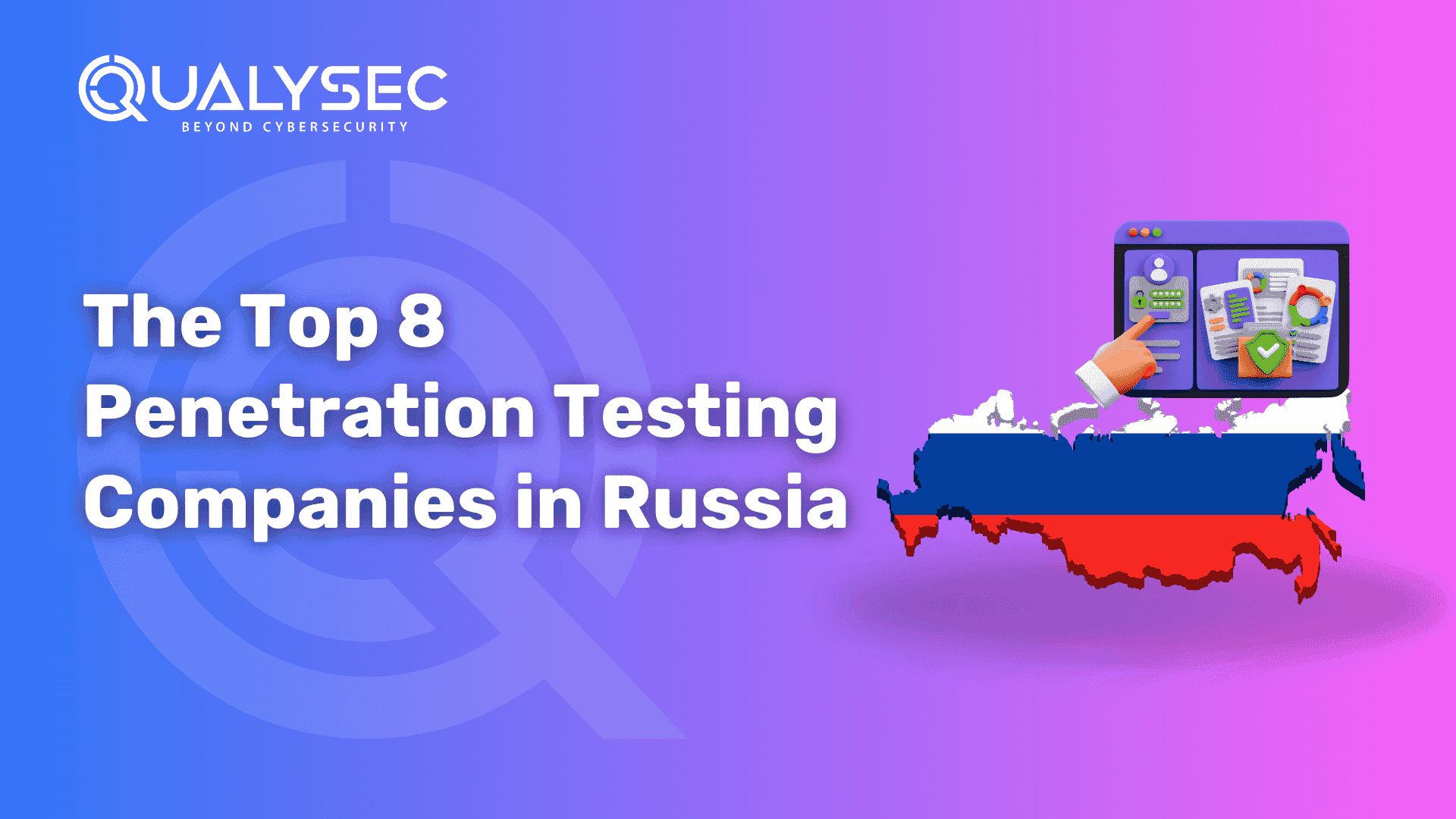
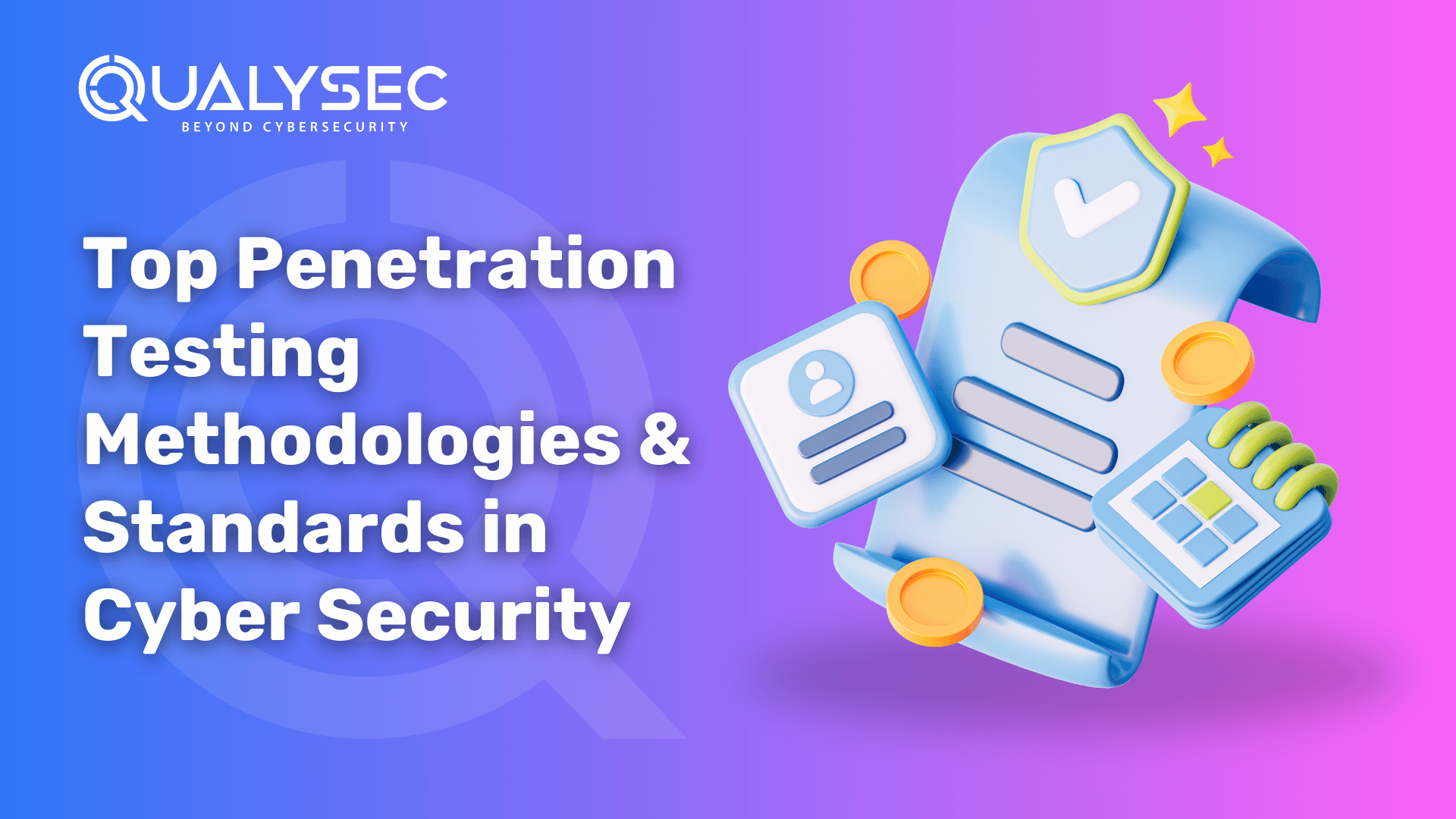

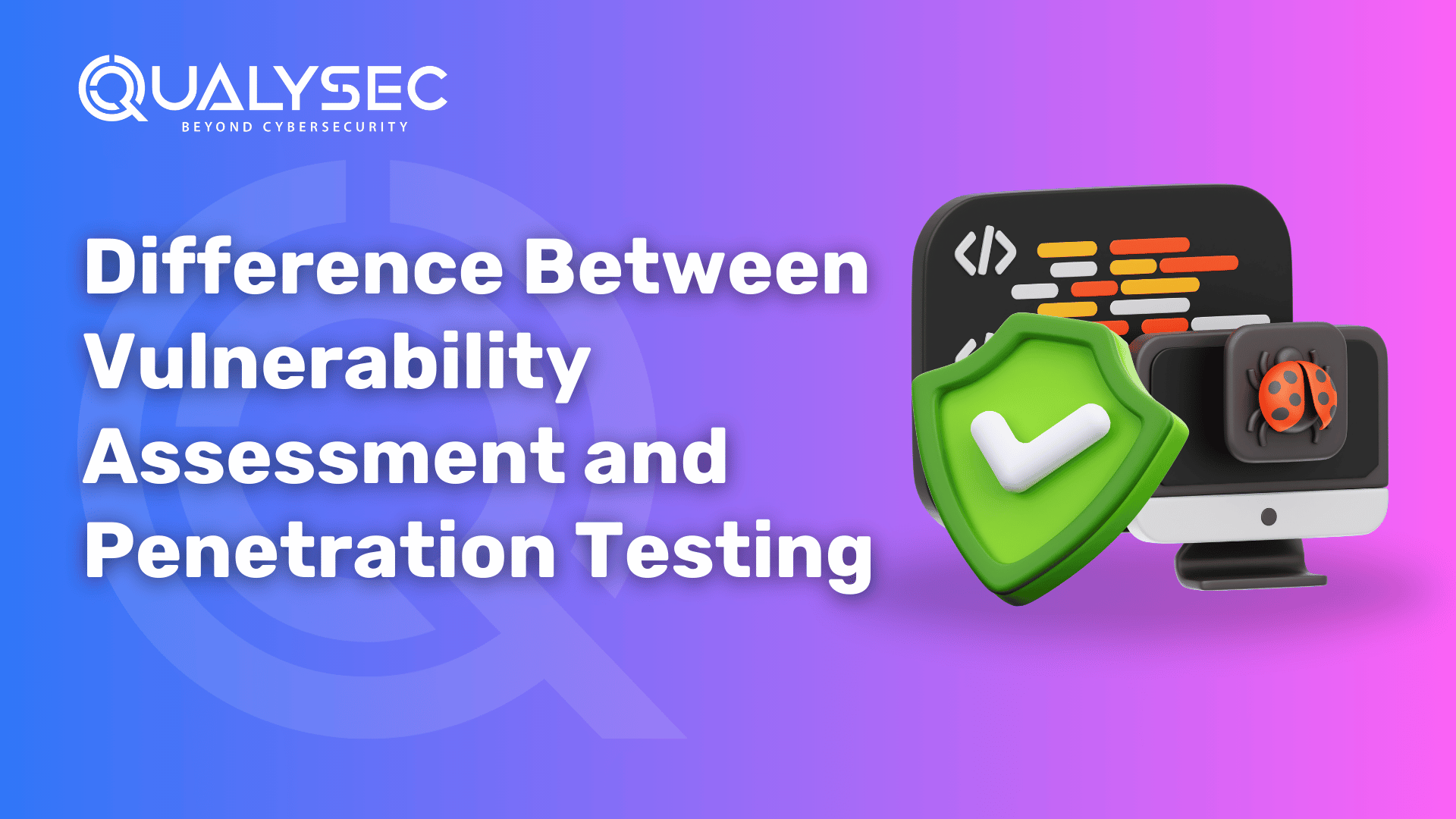
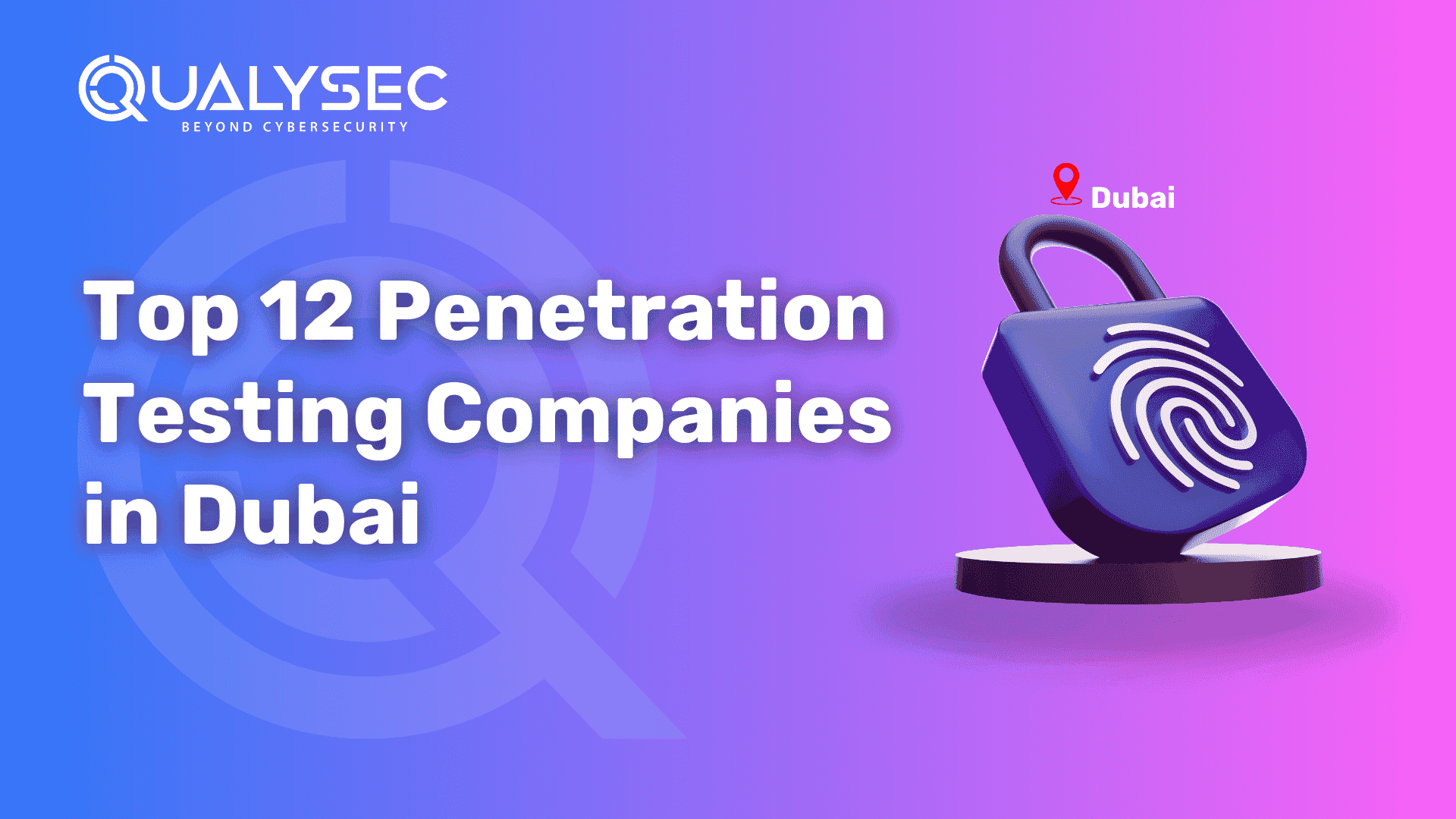






0 Comments